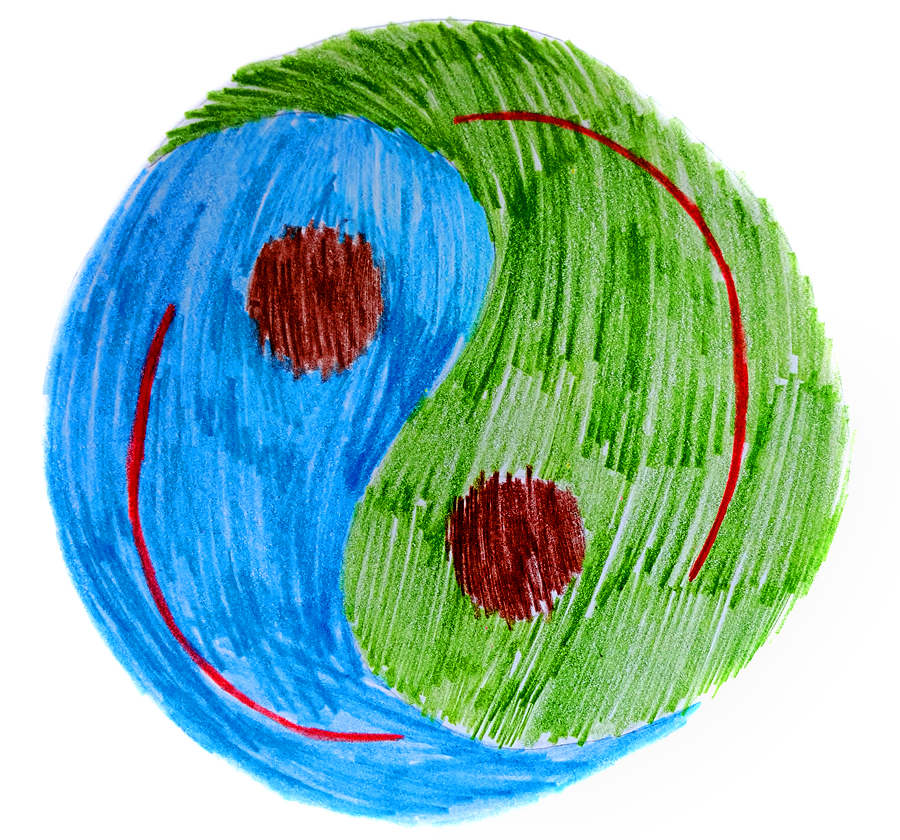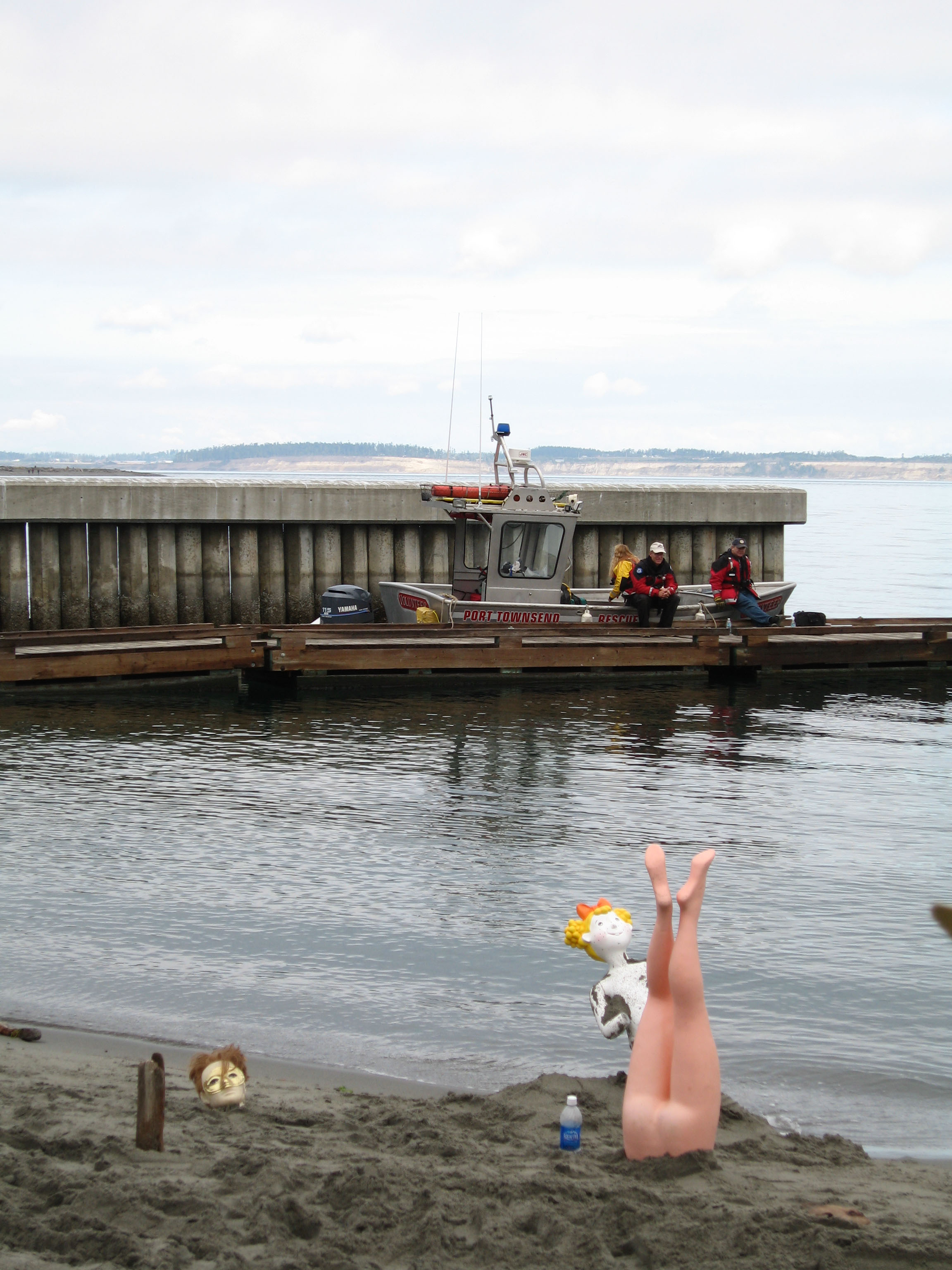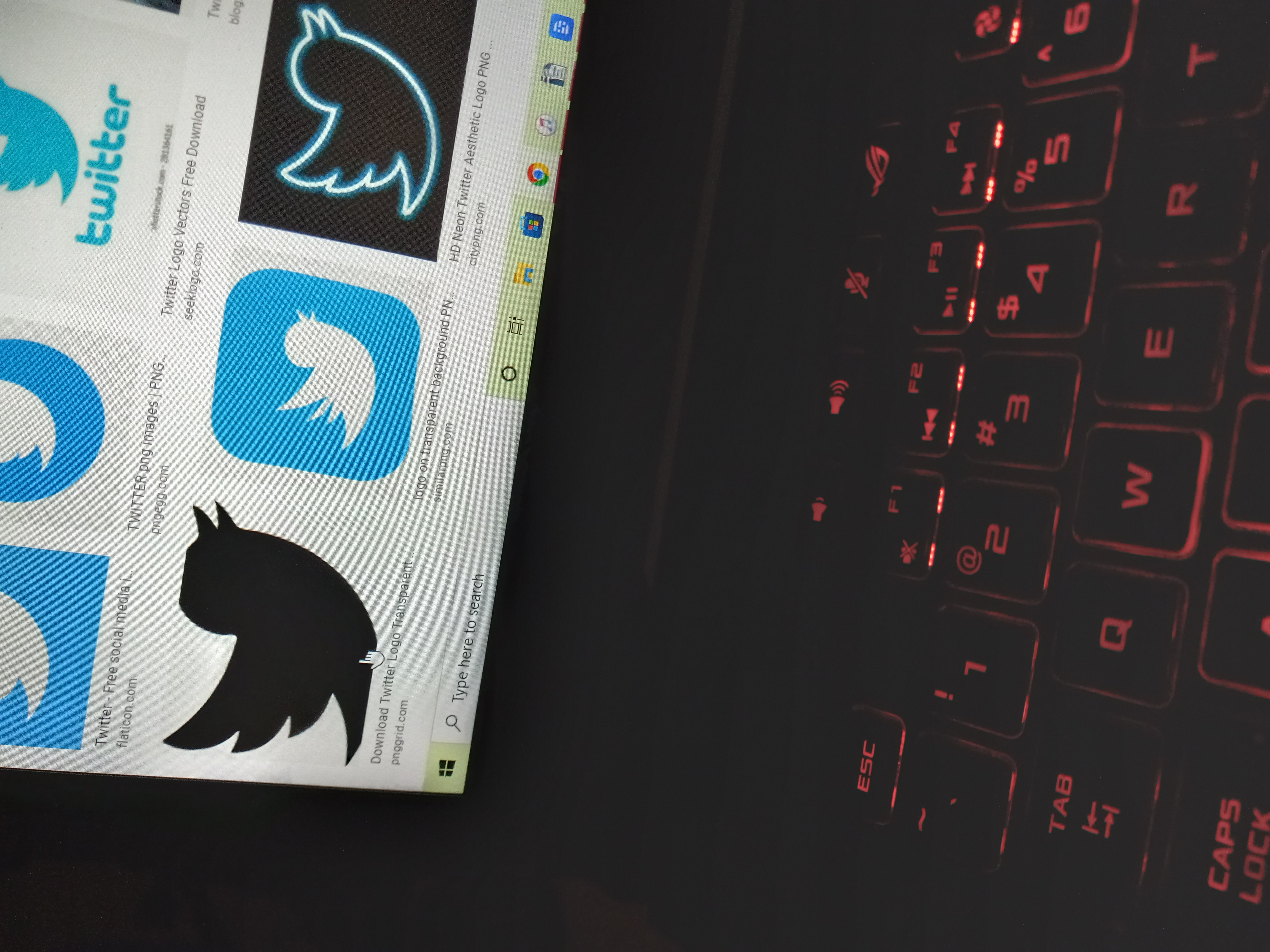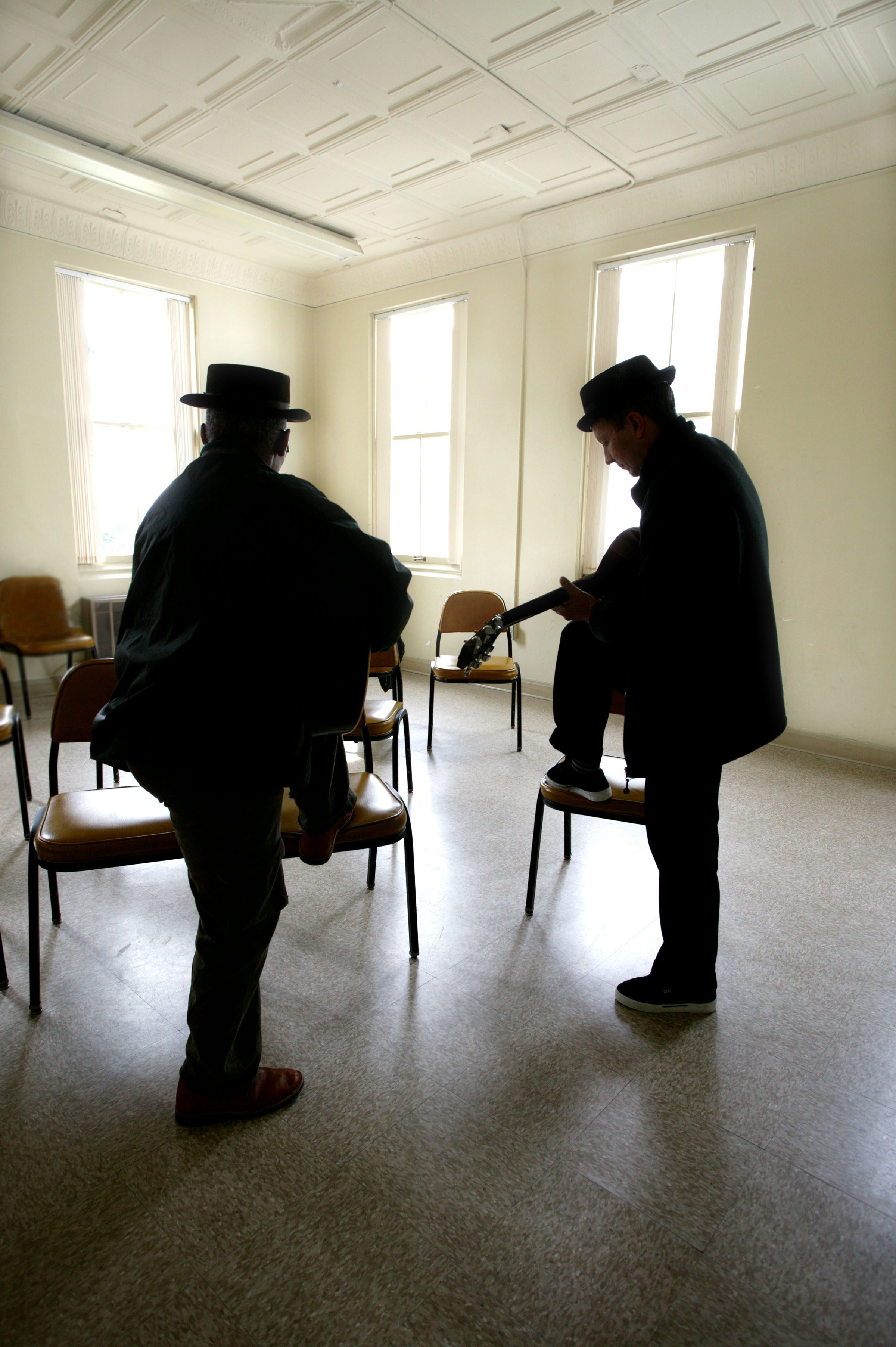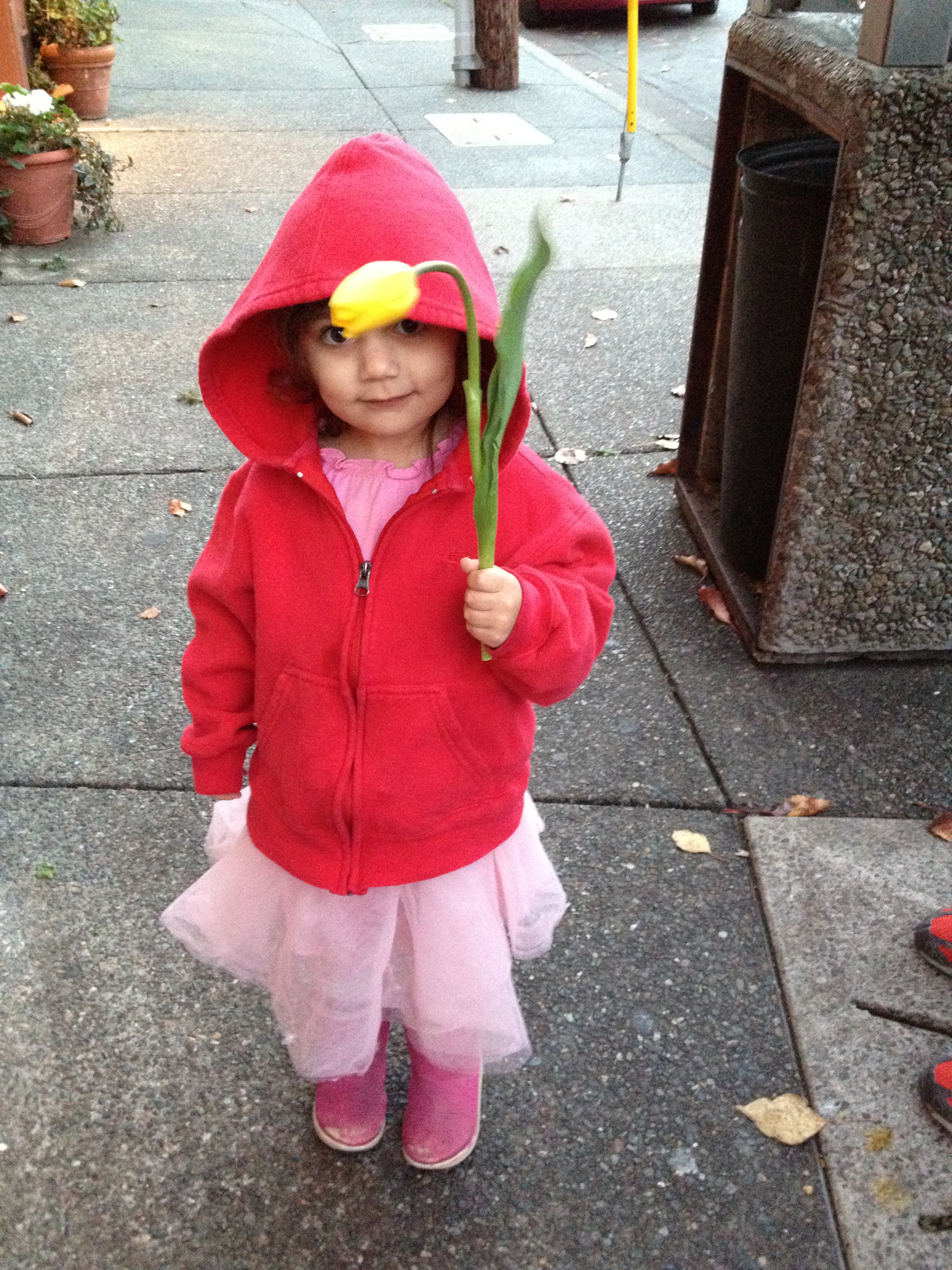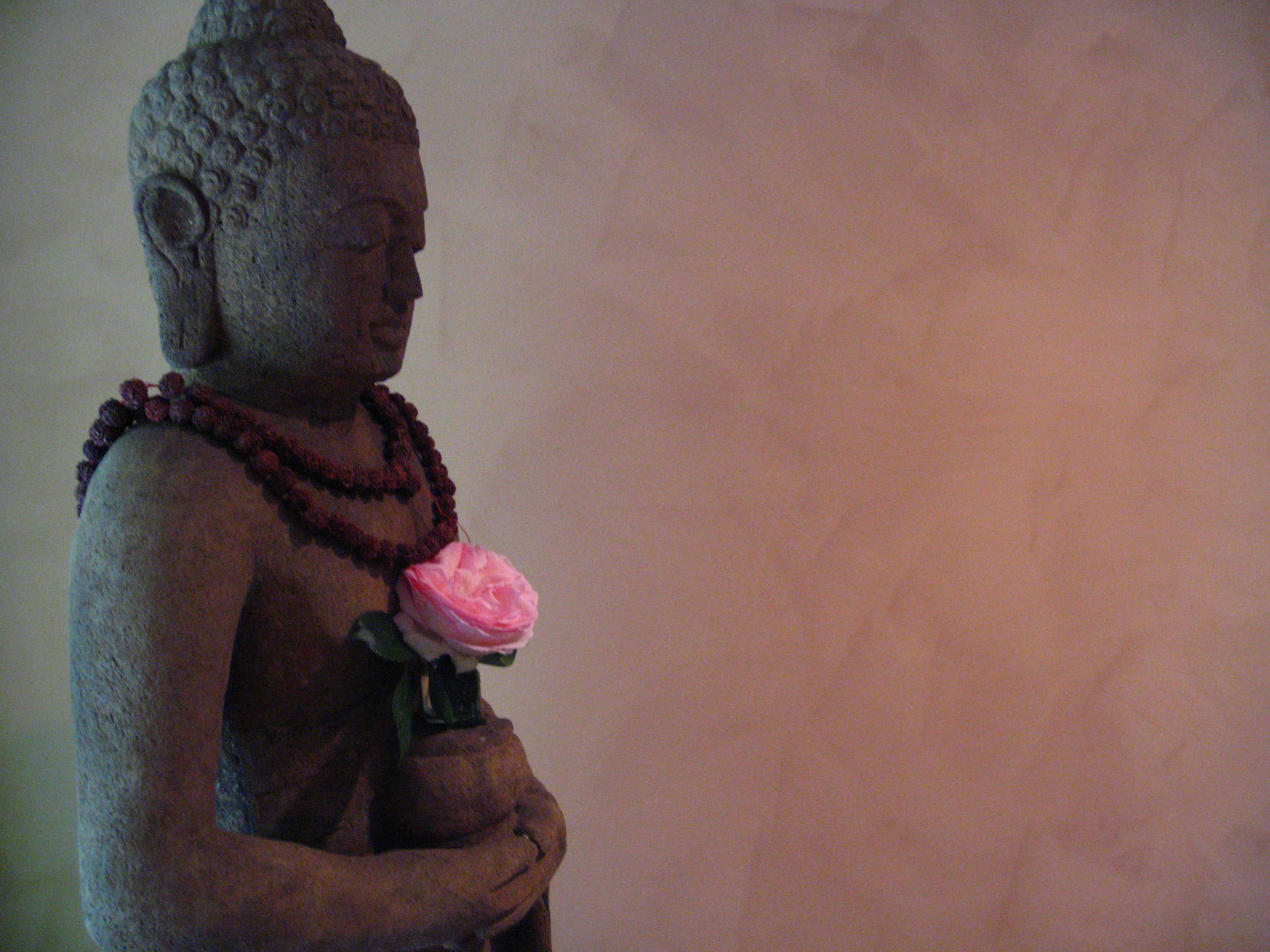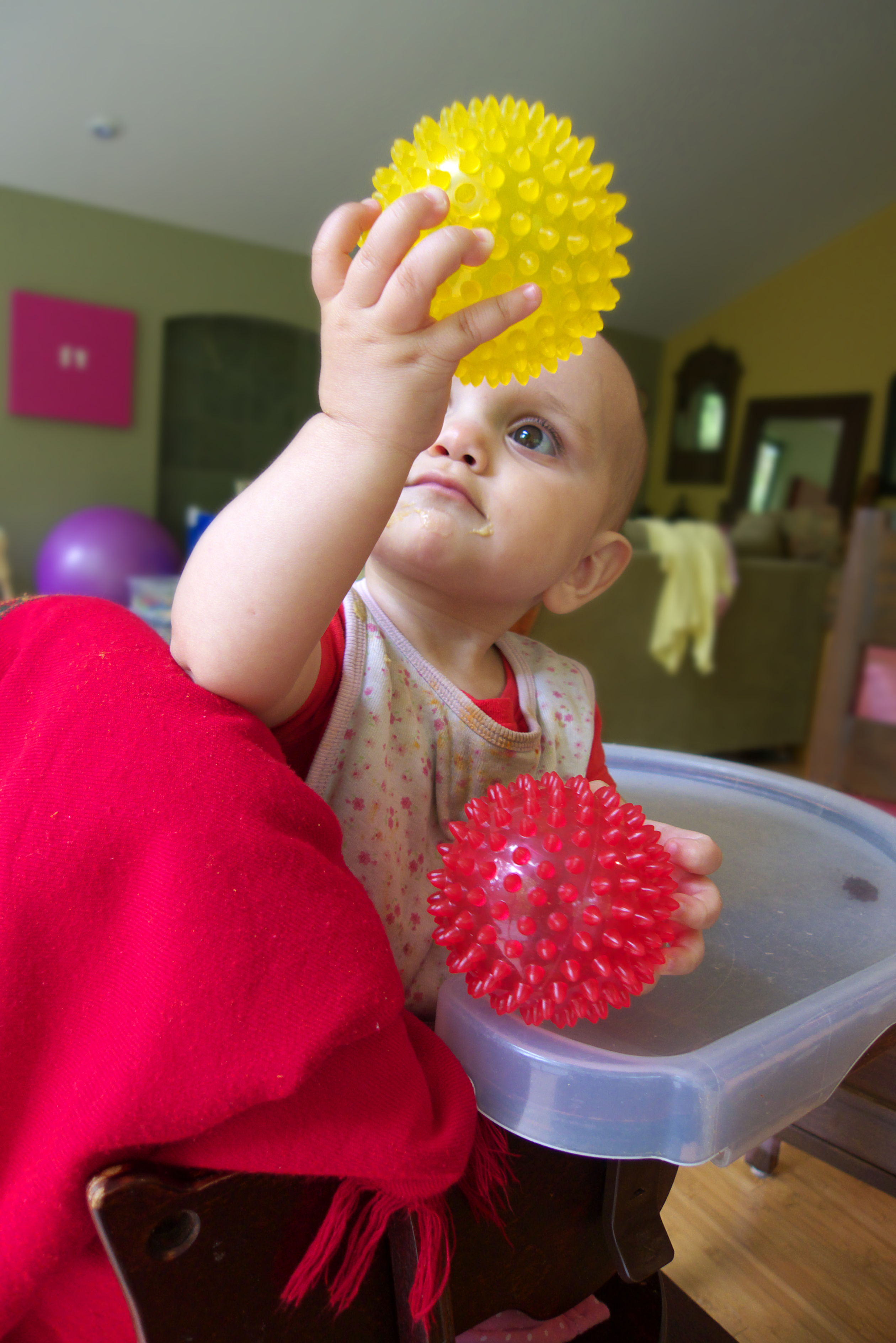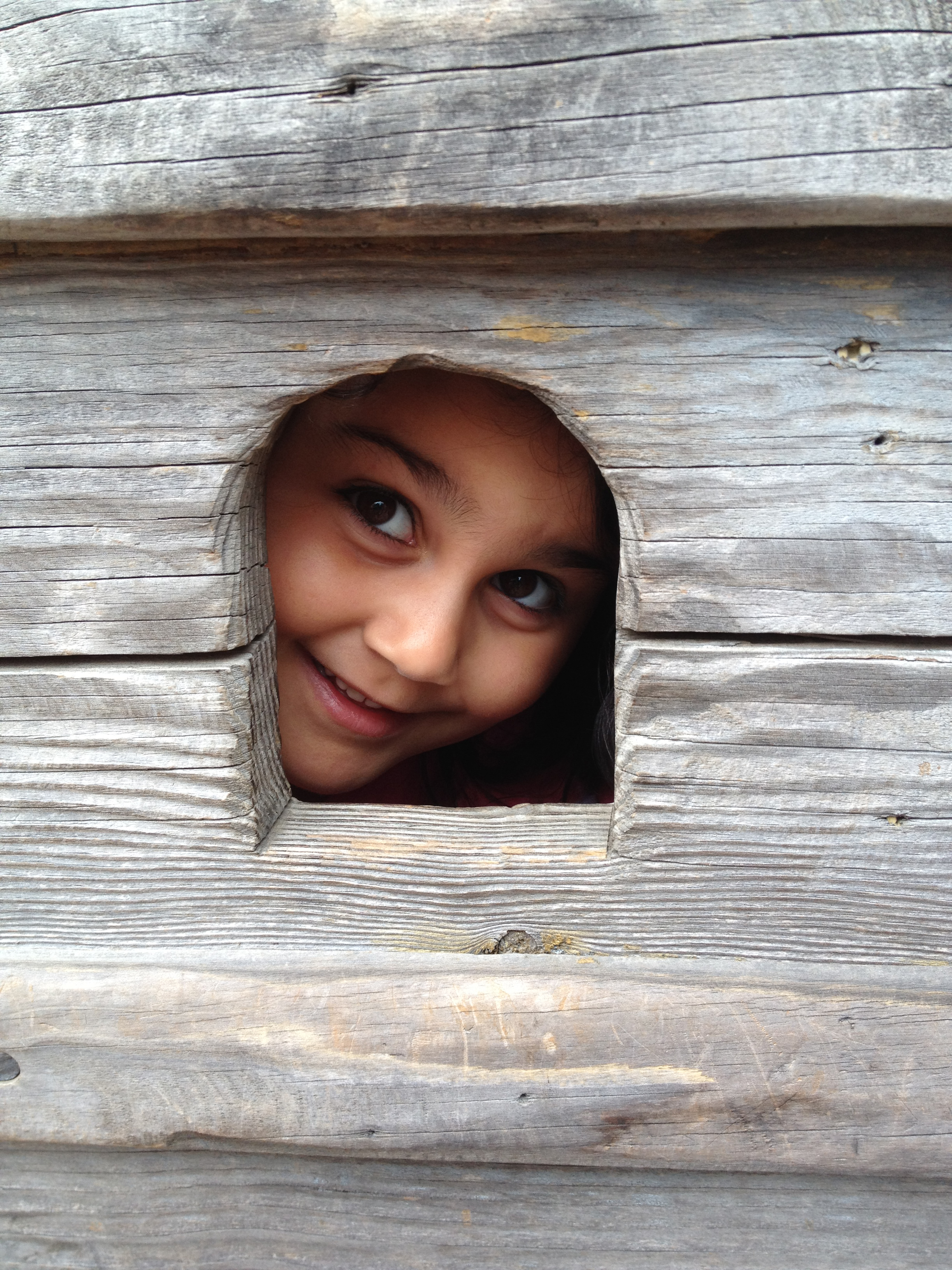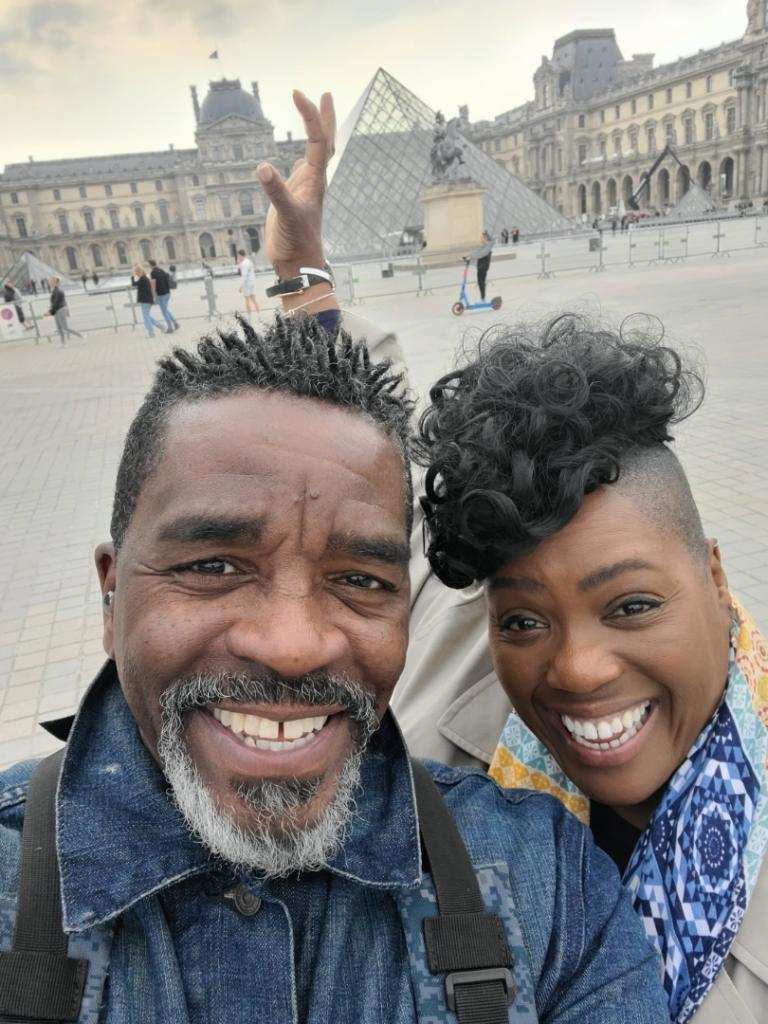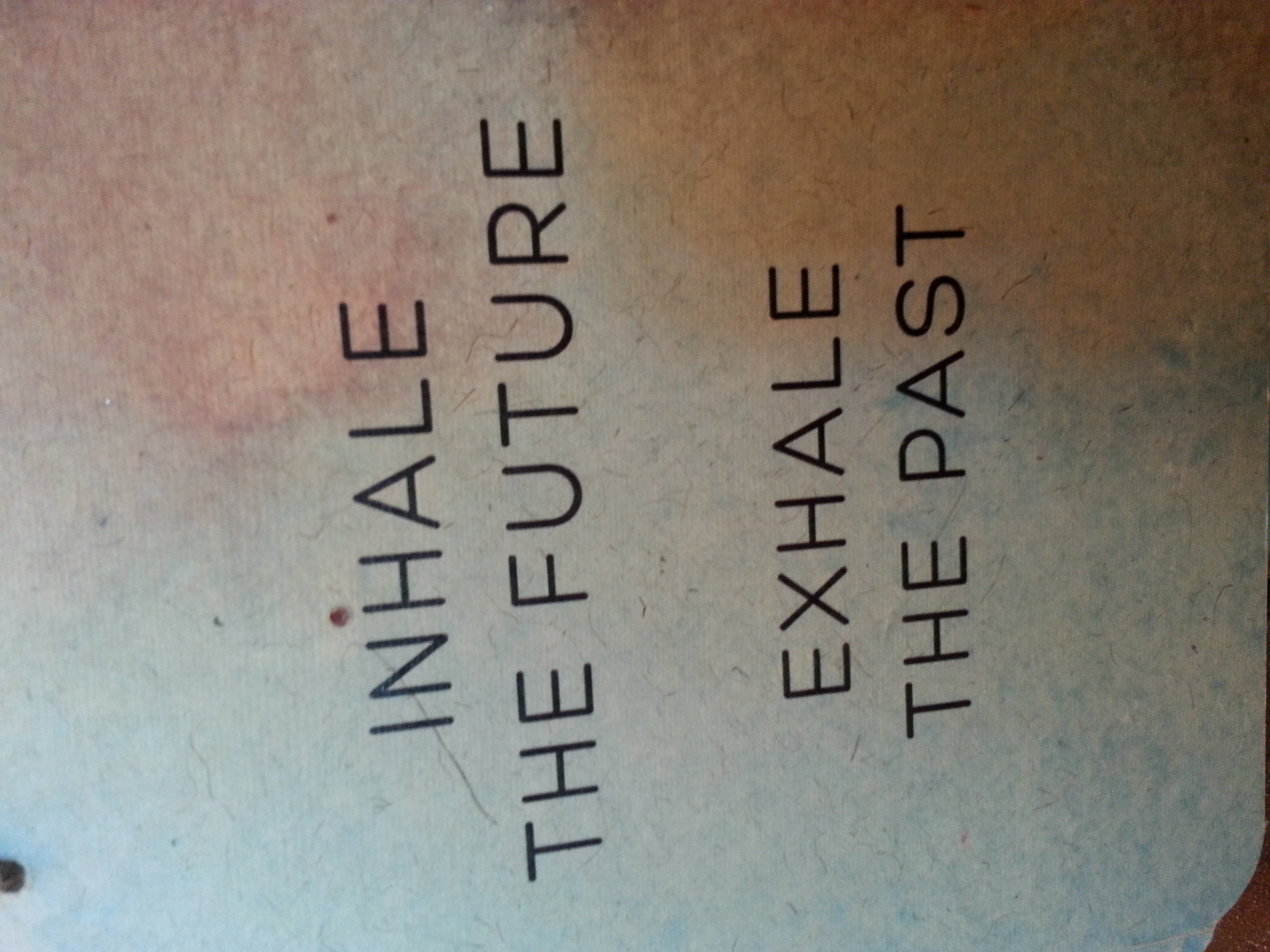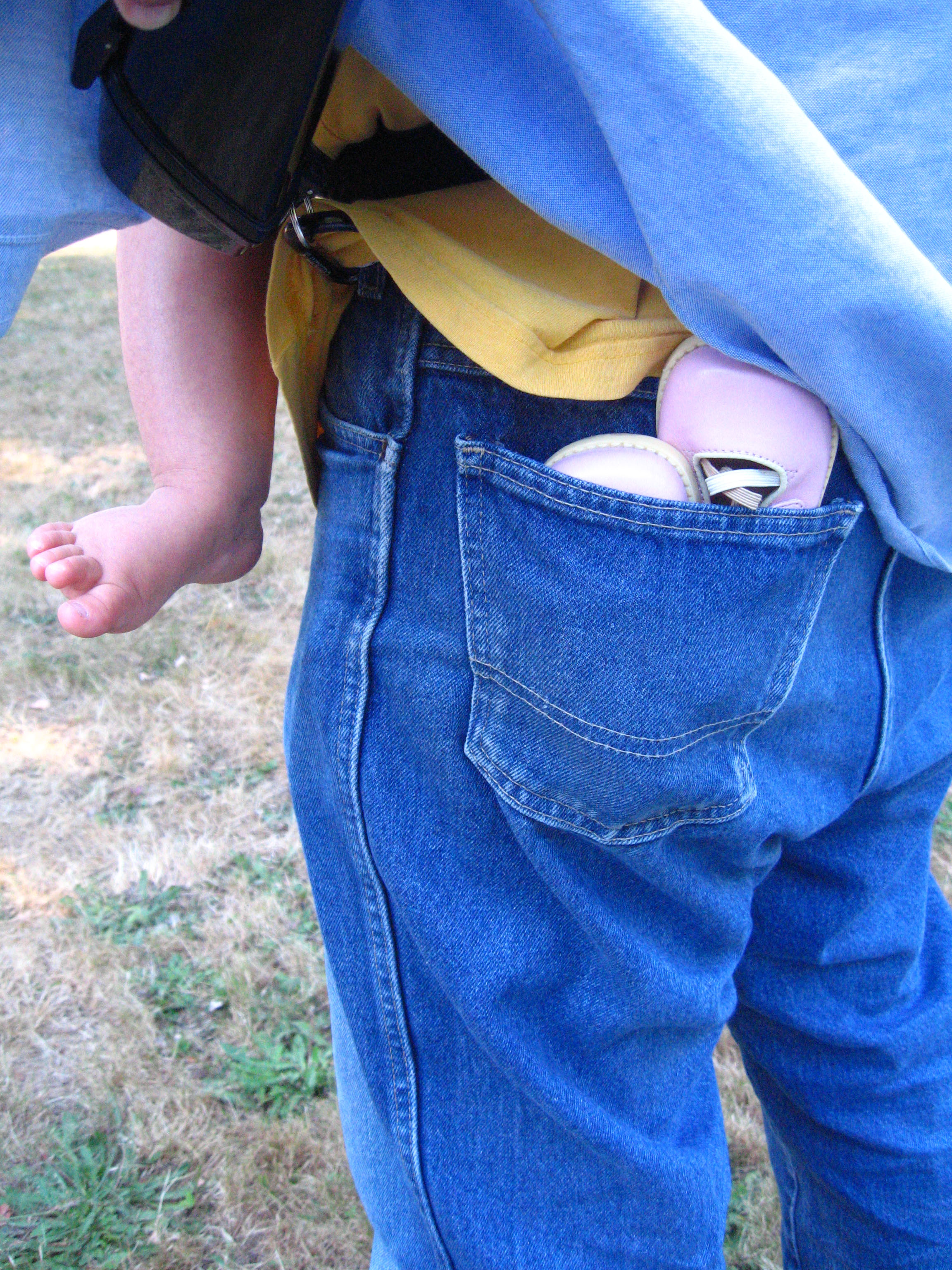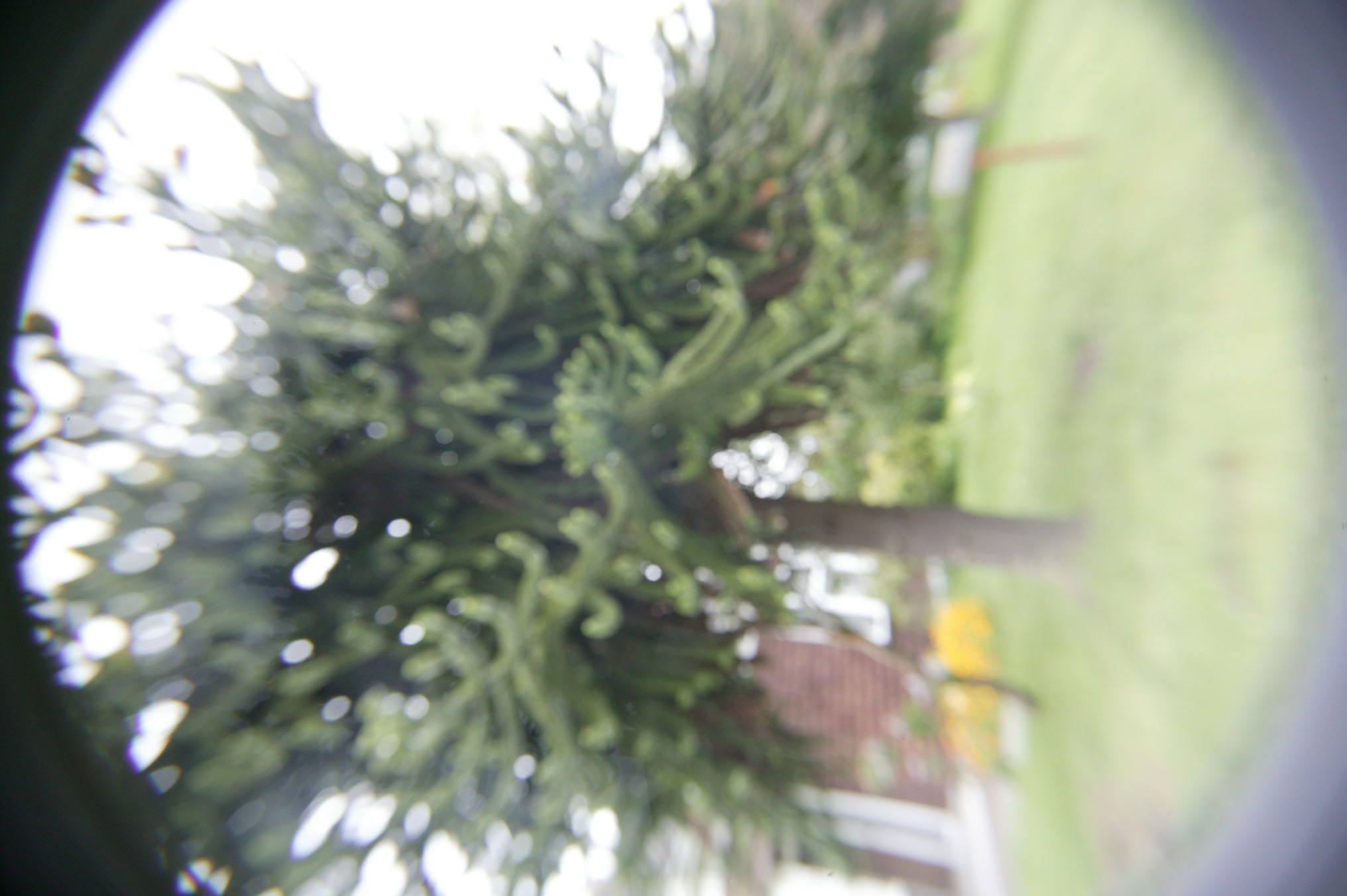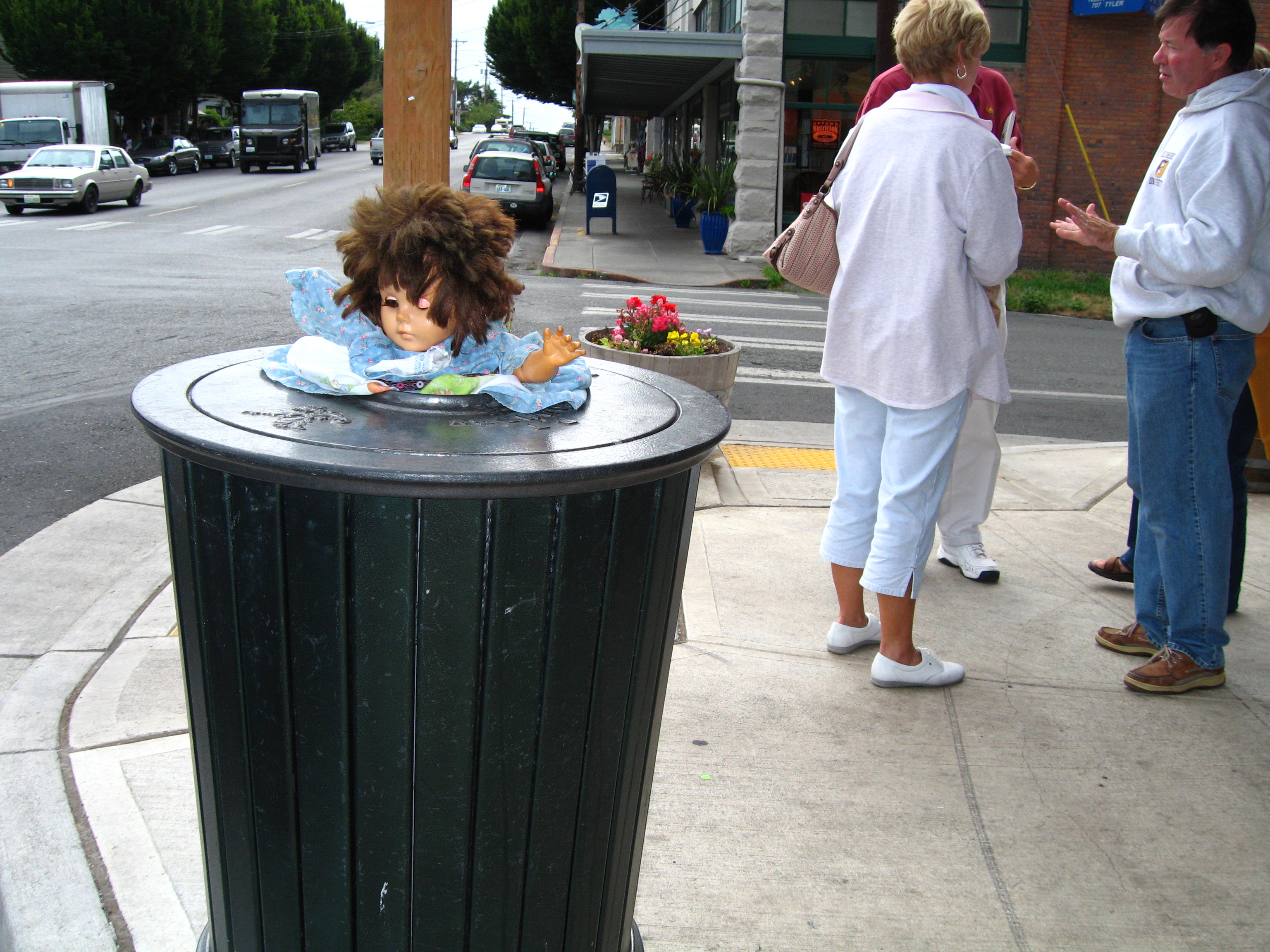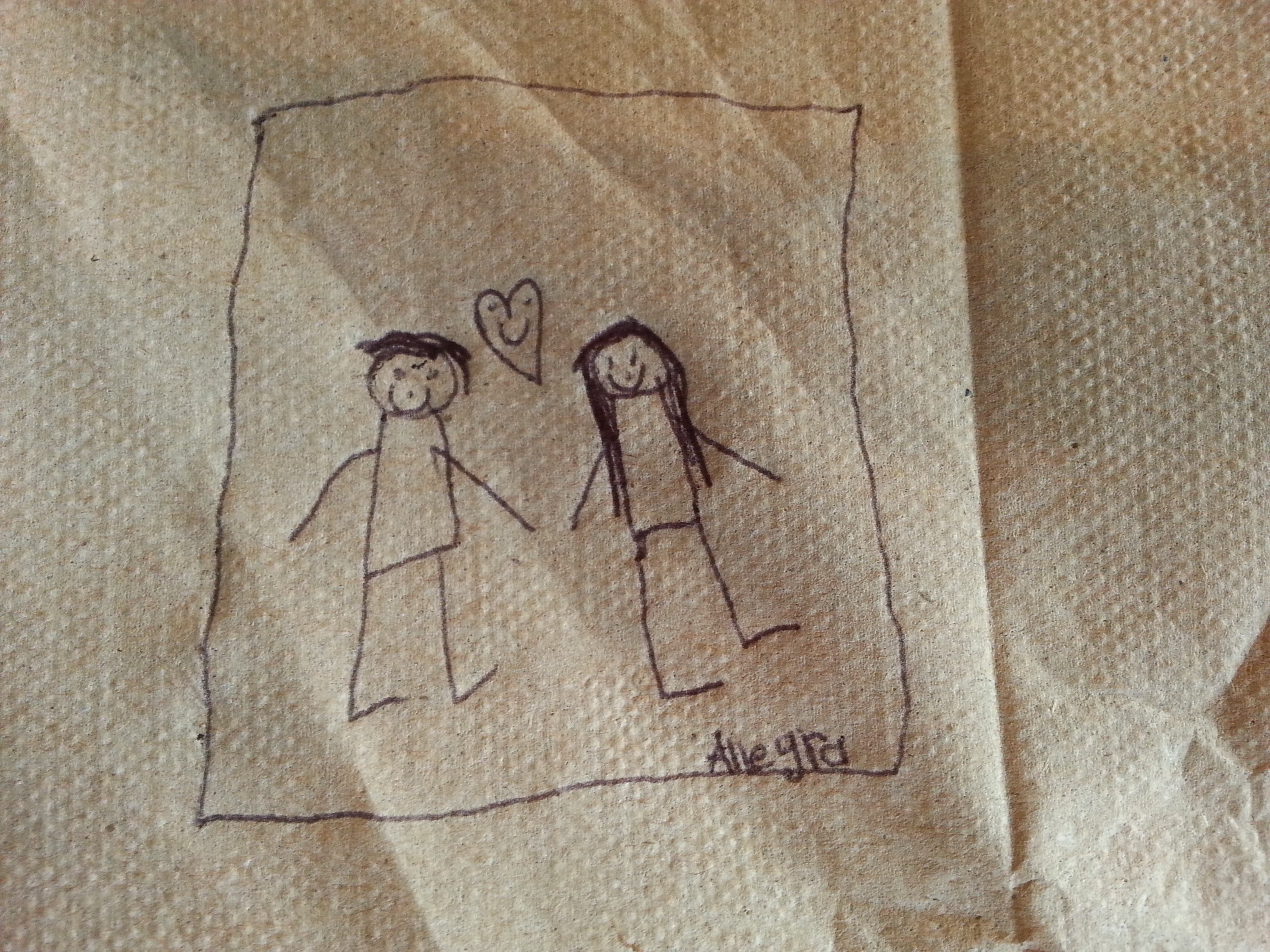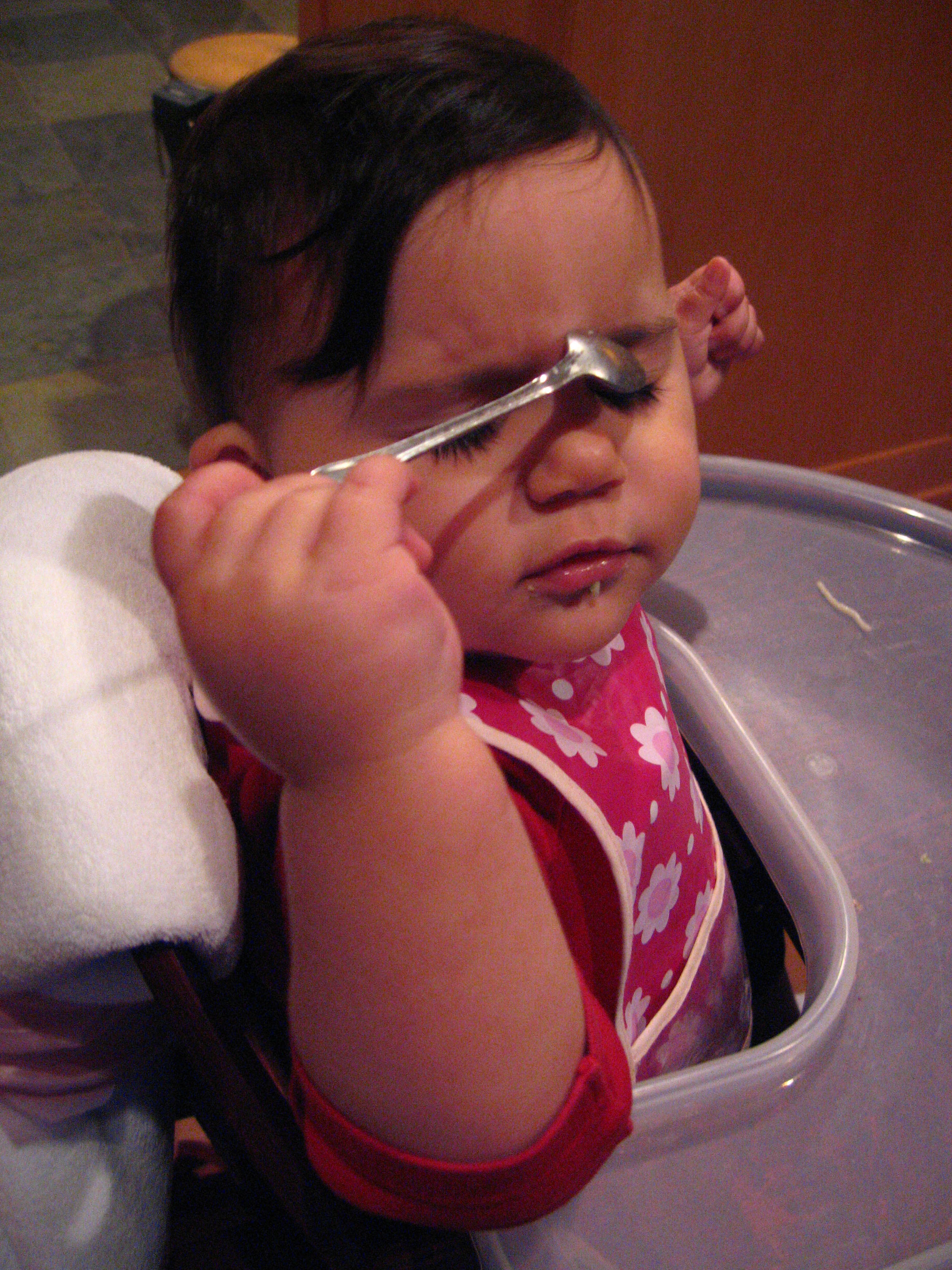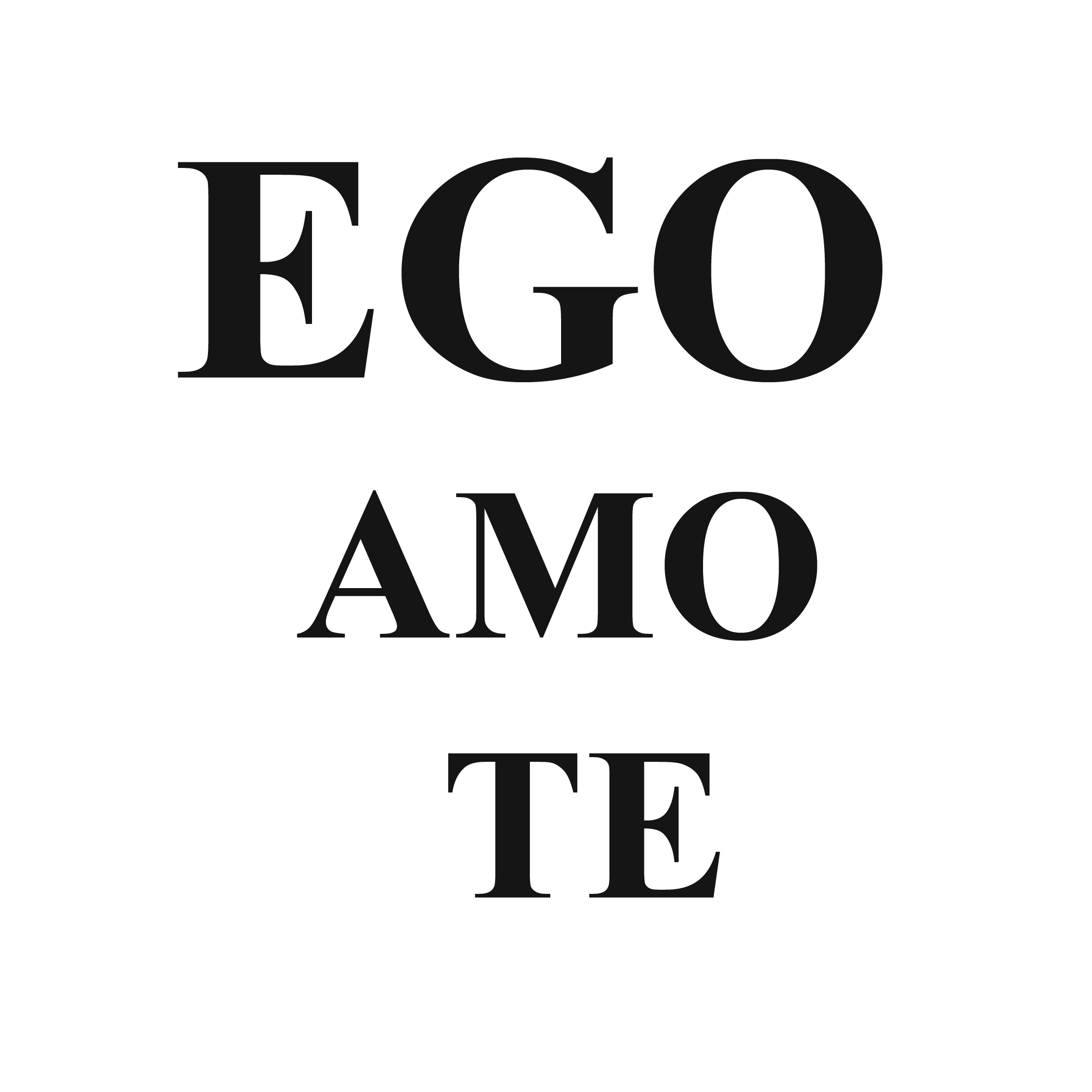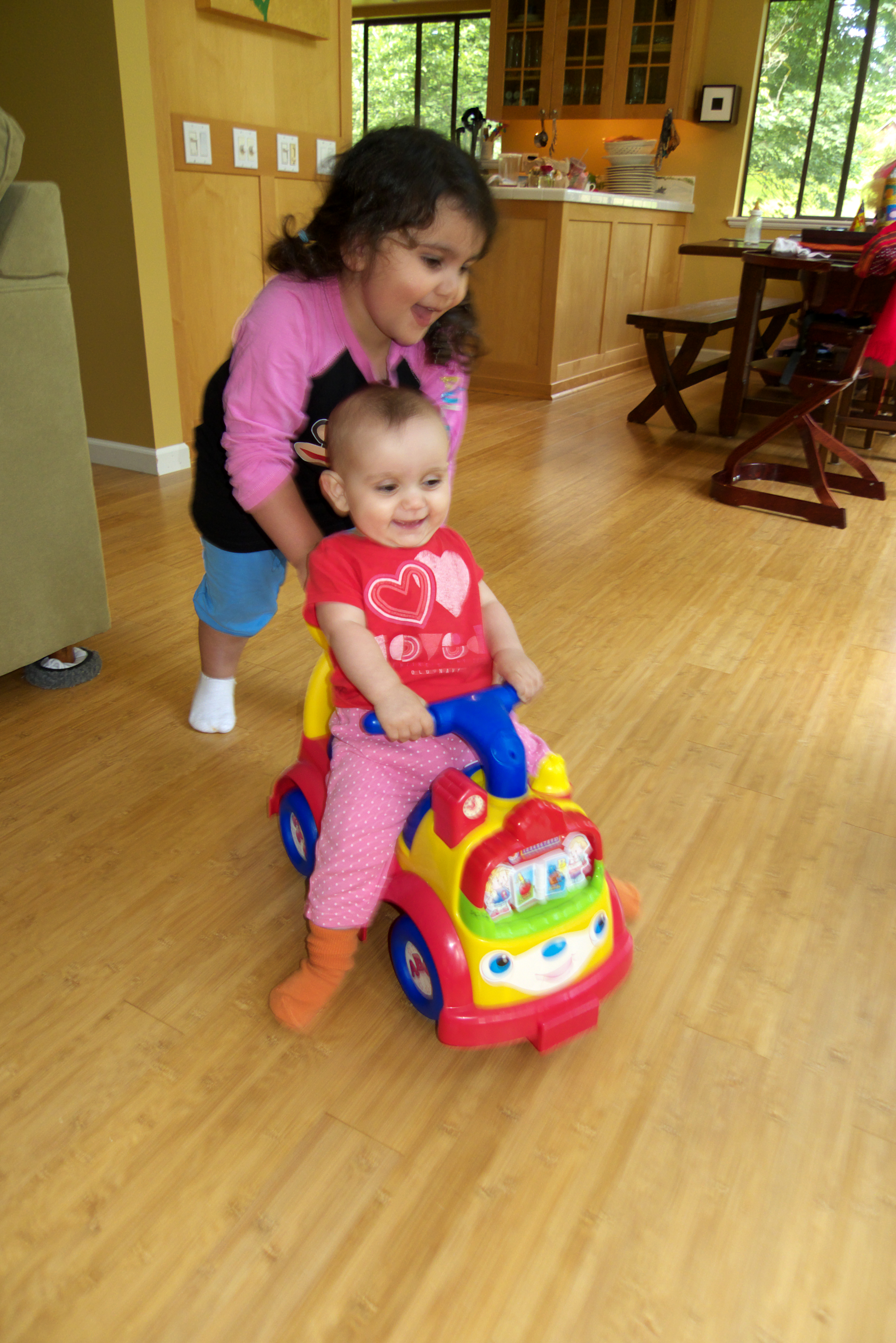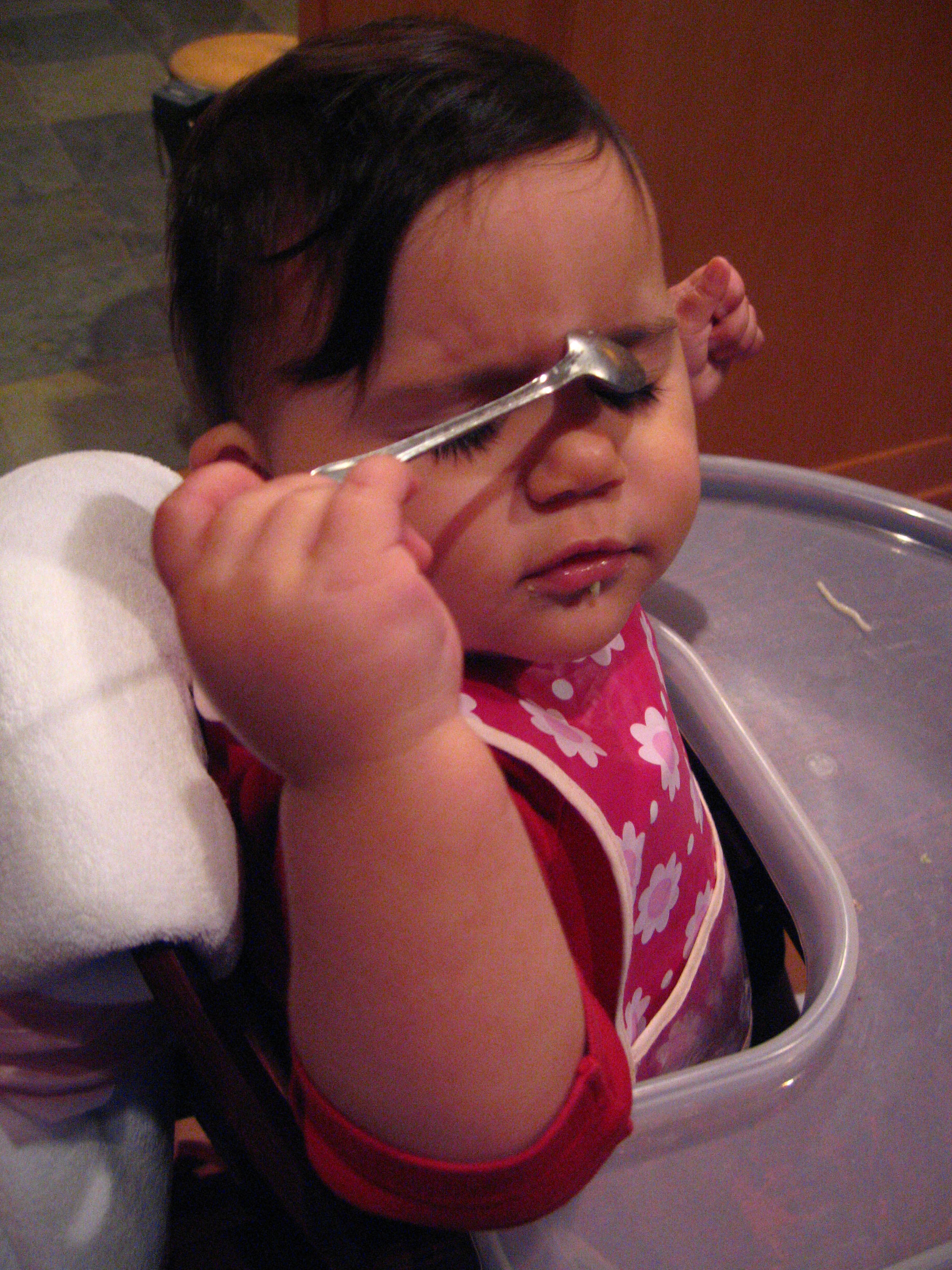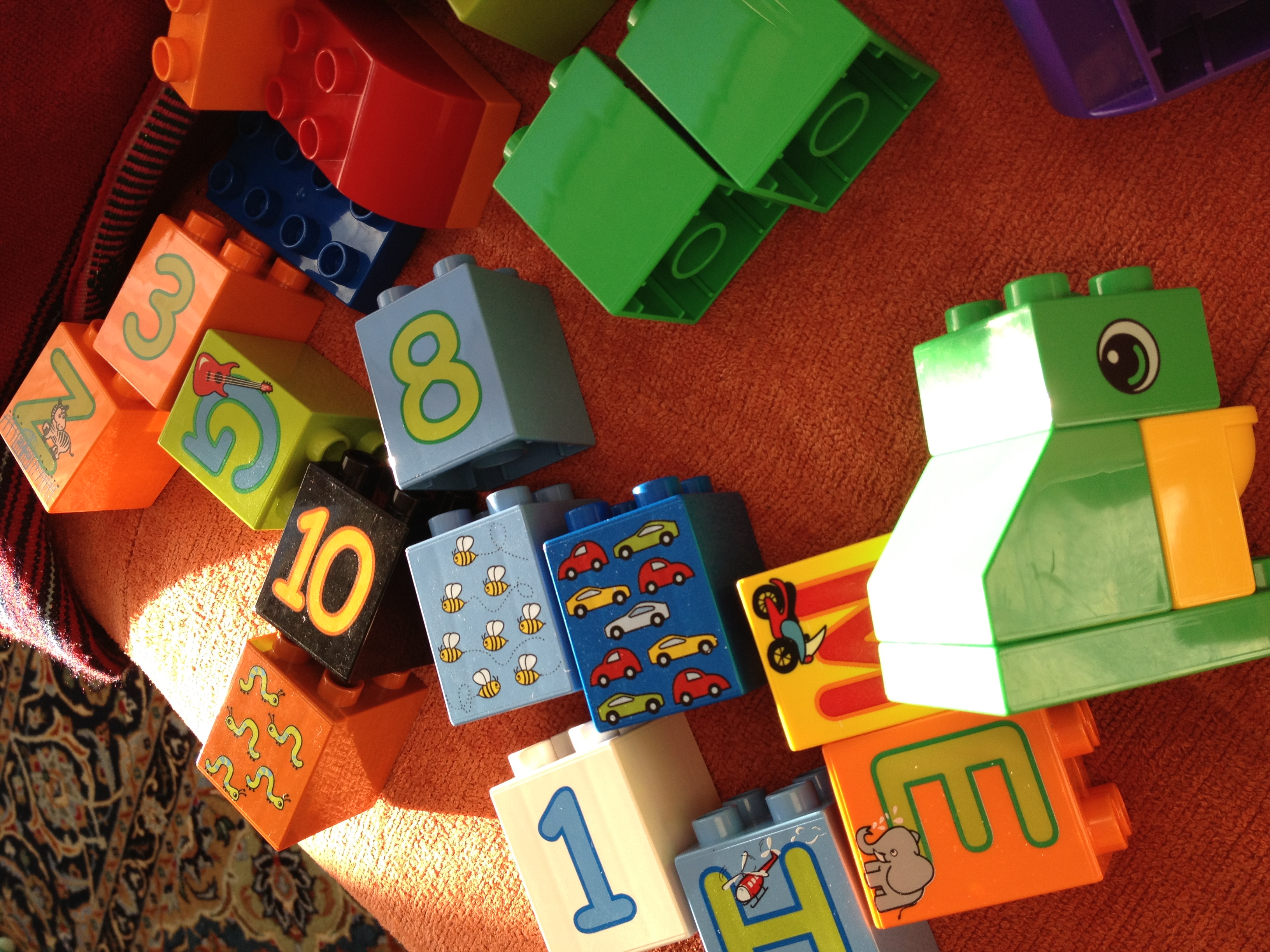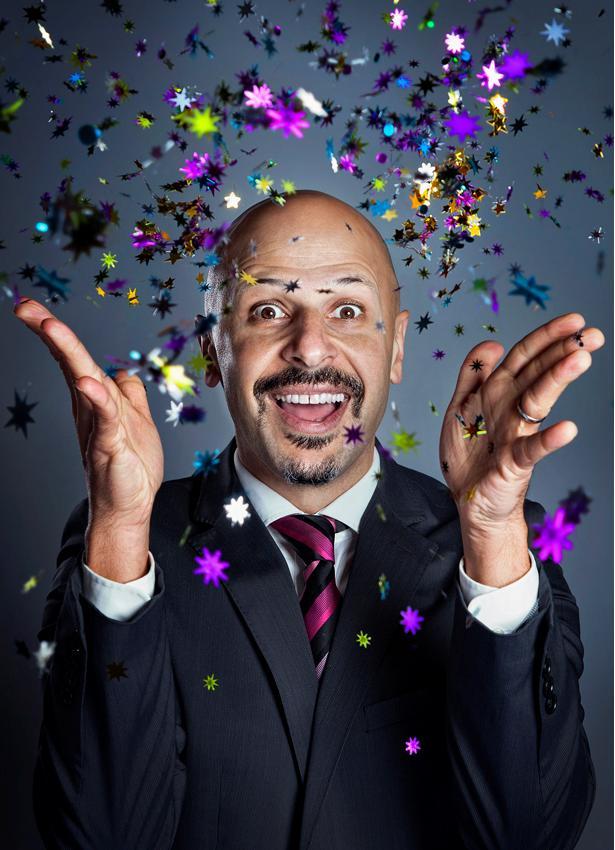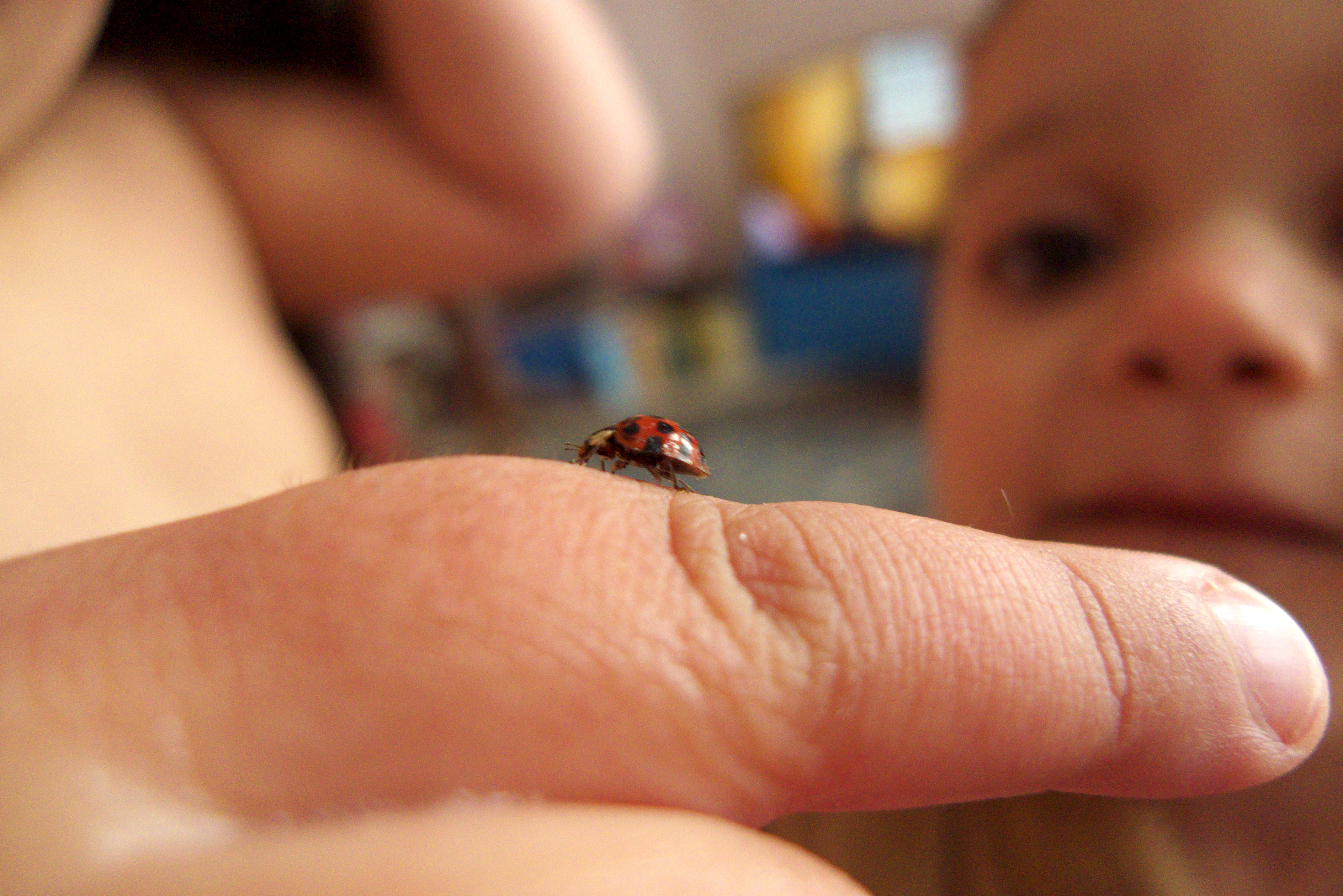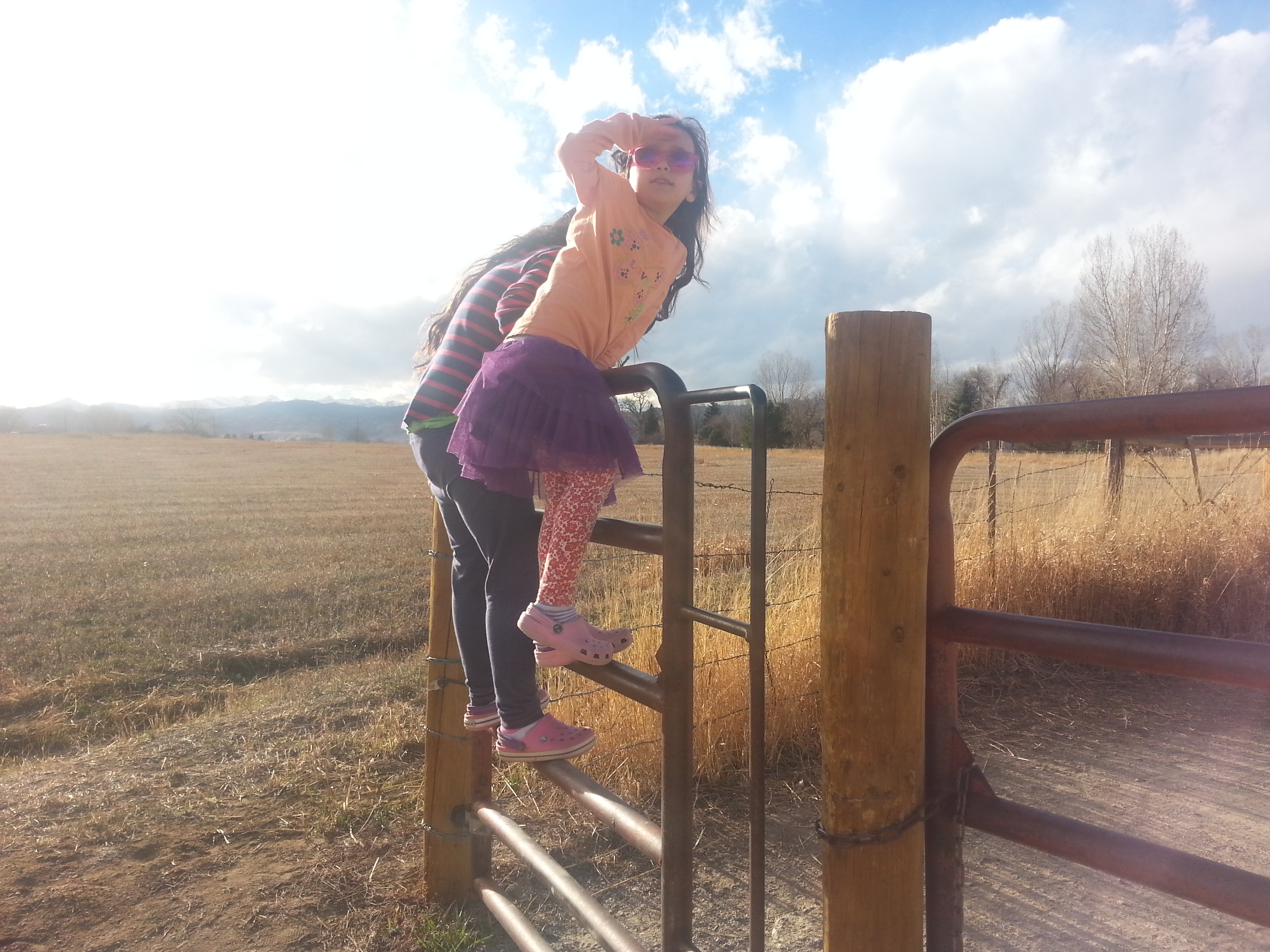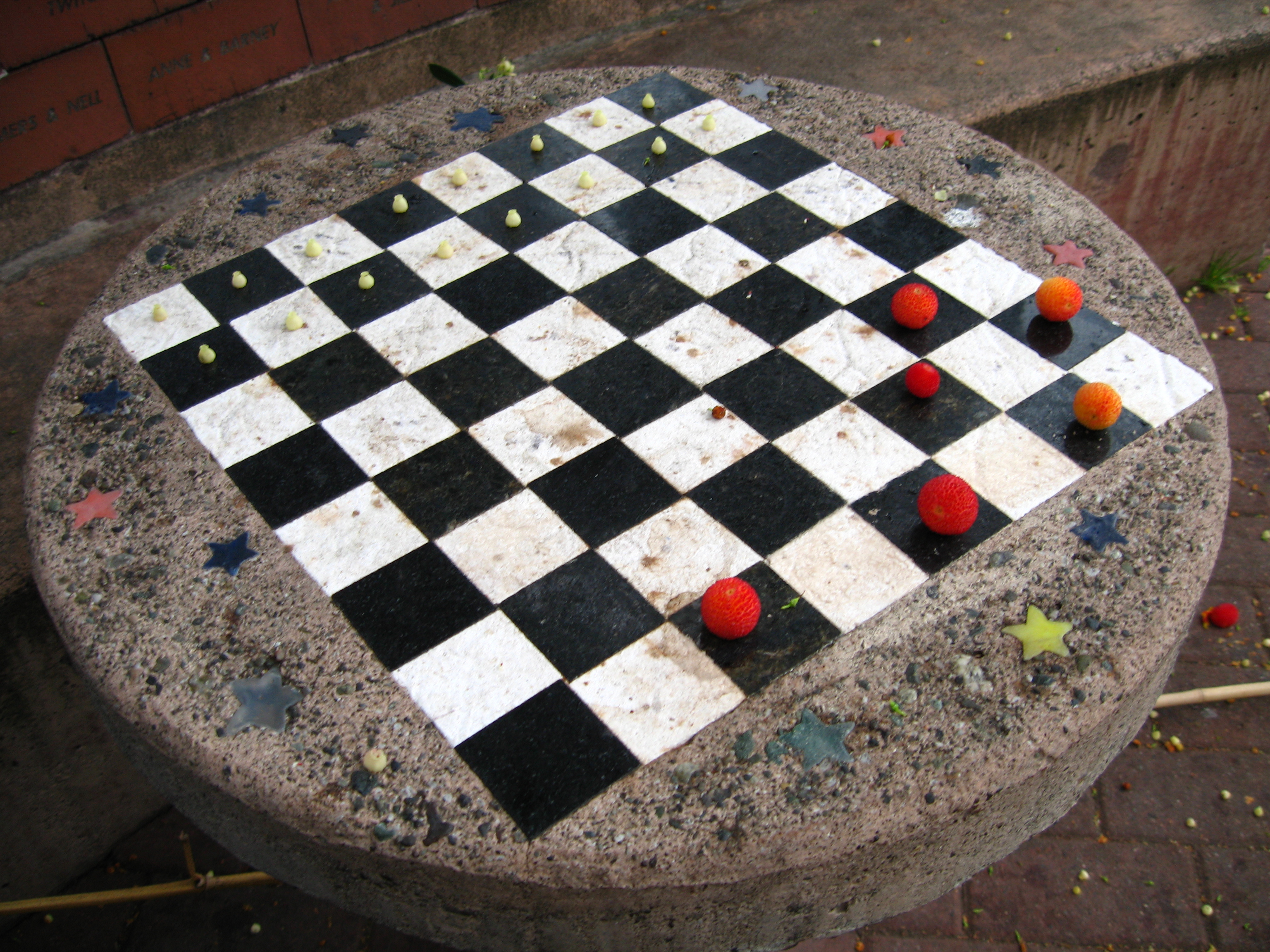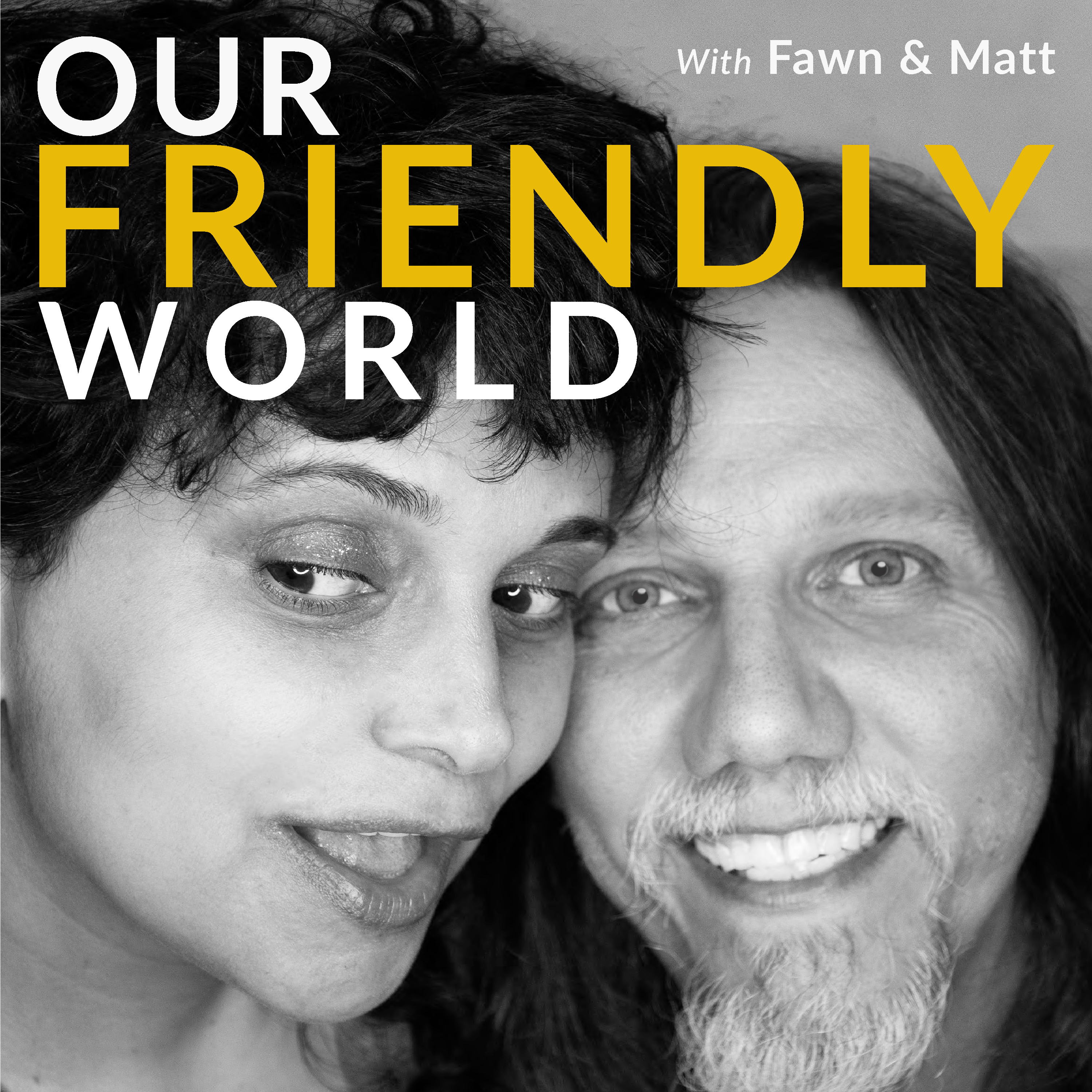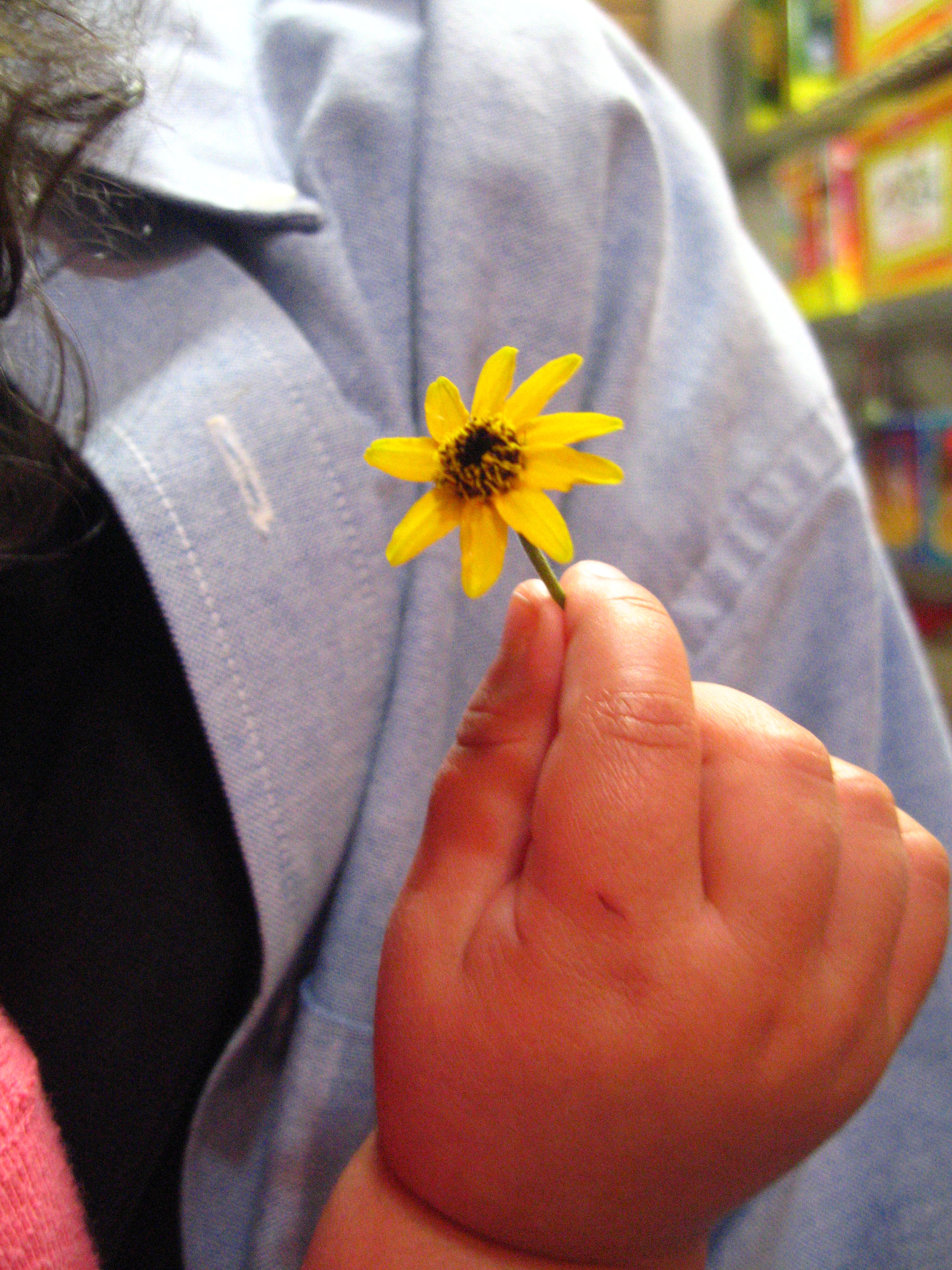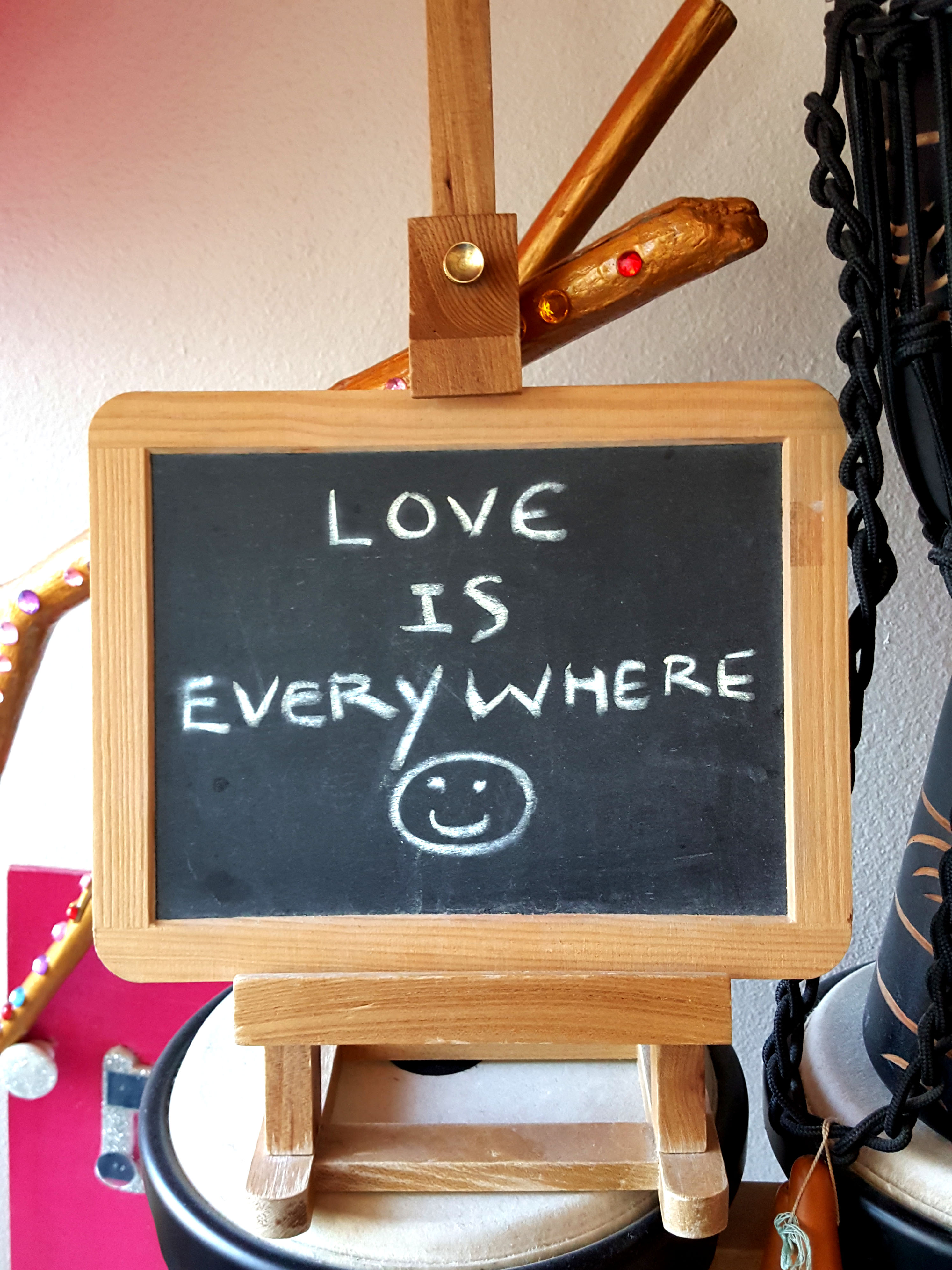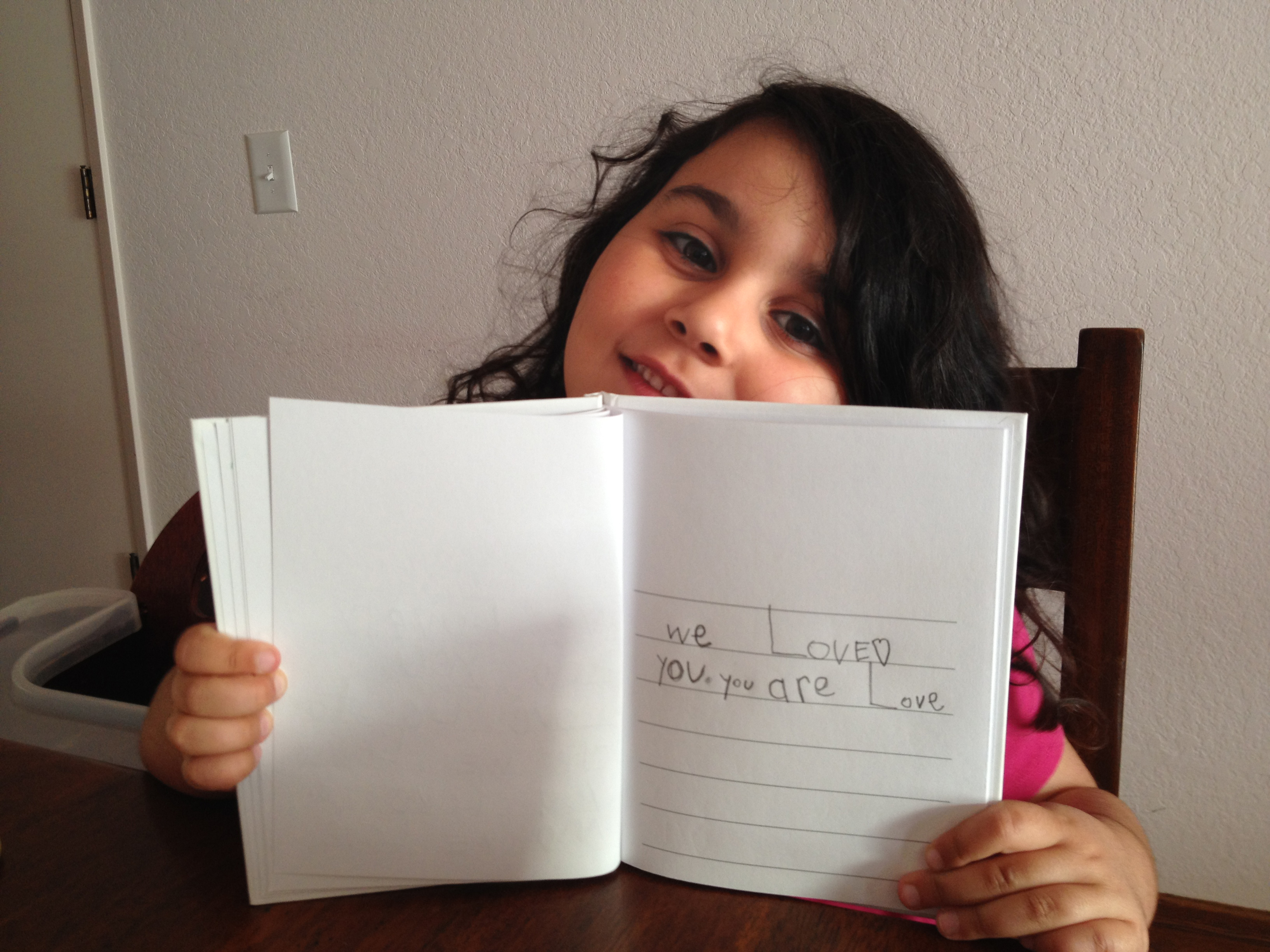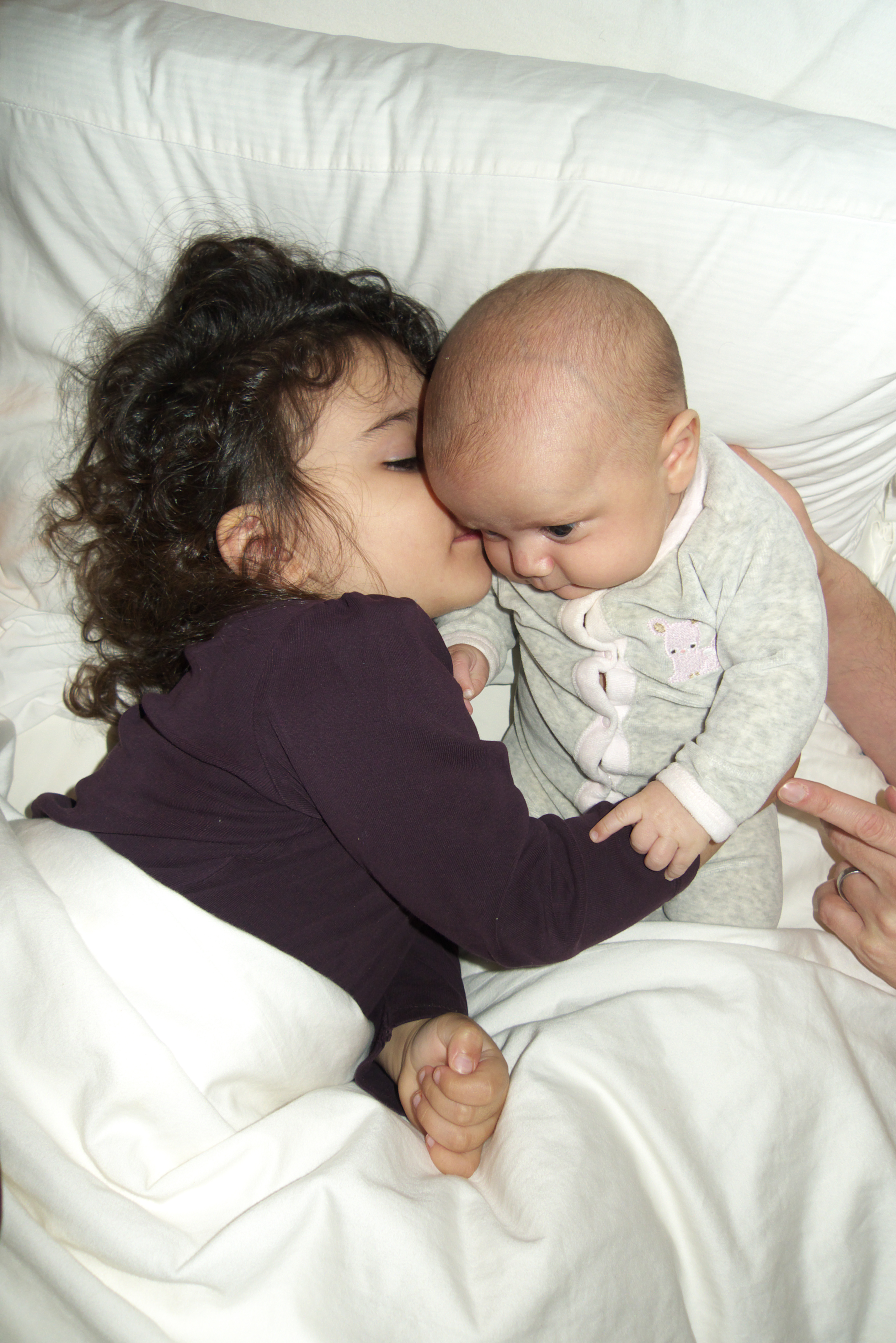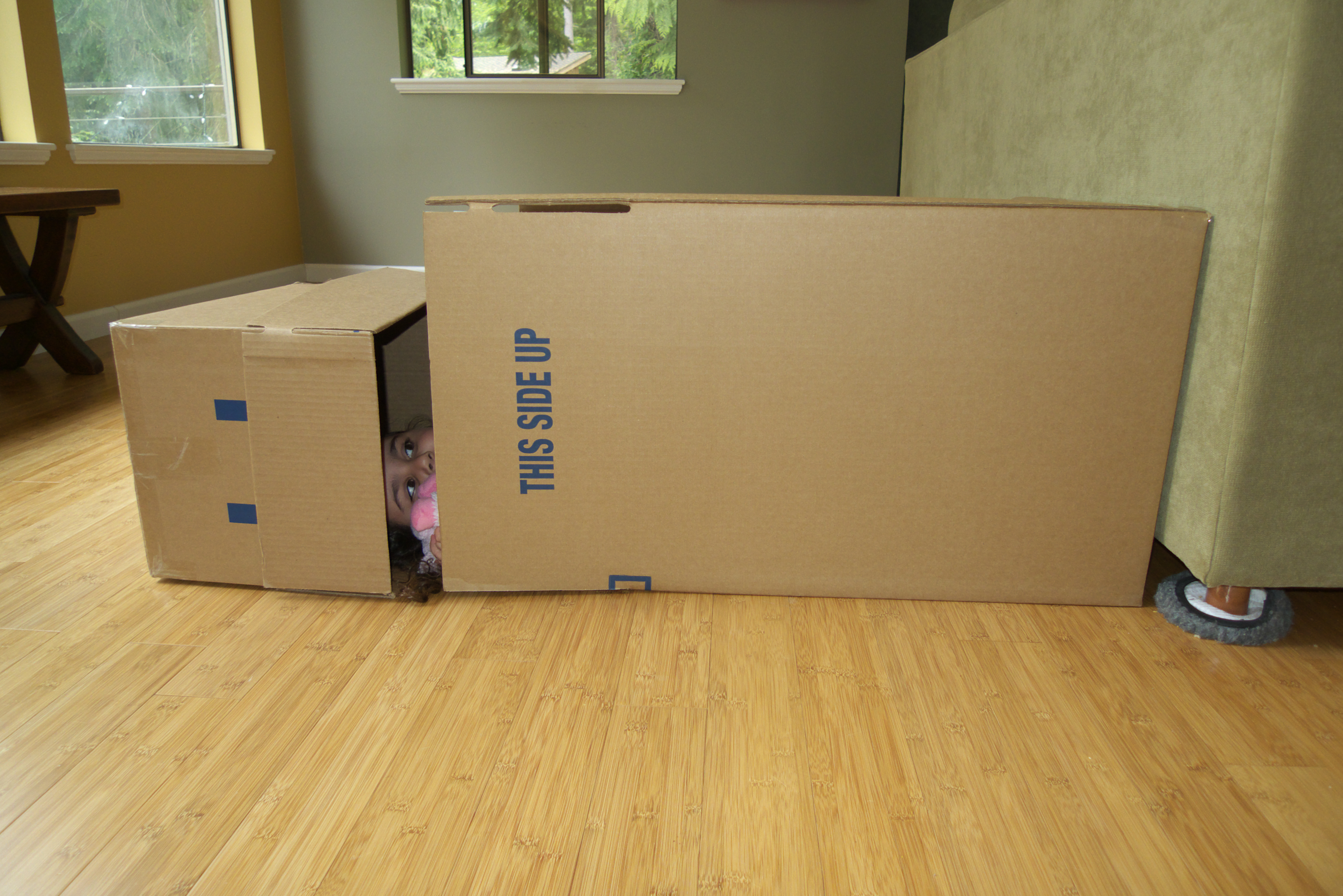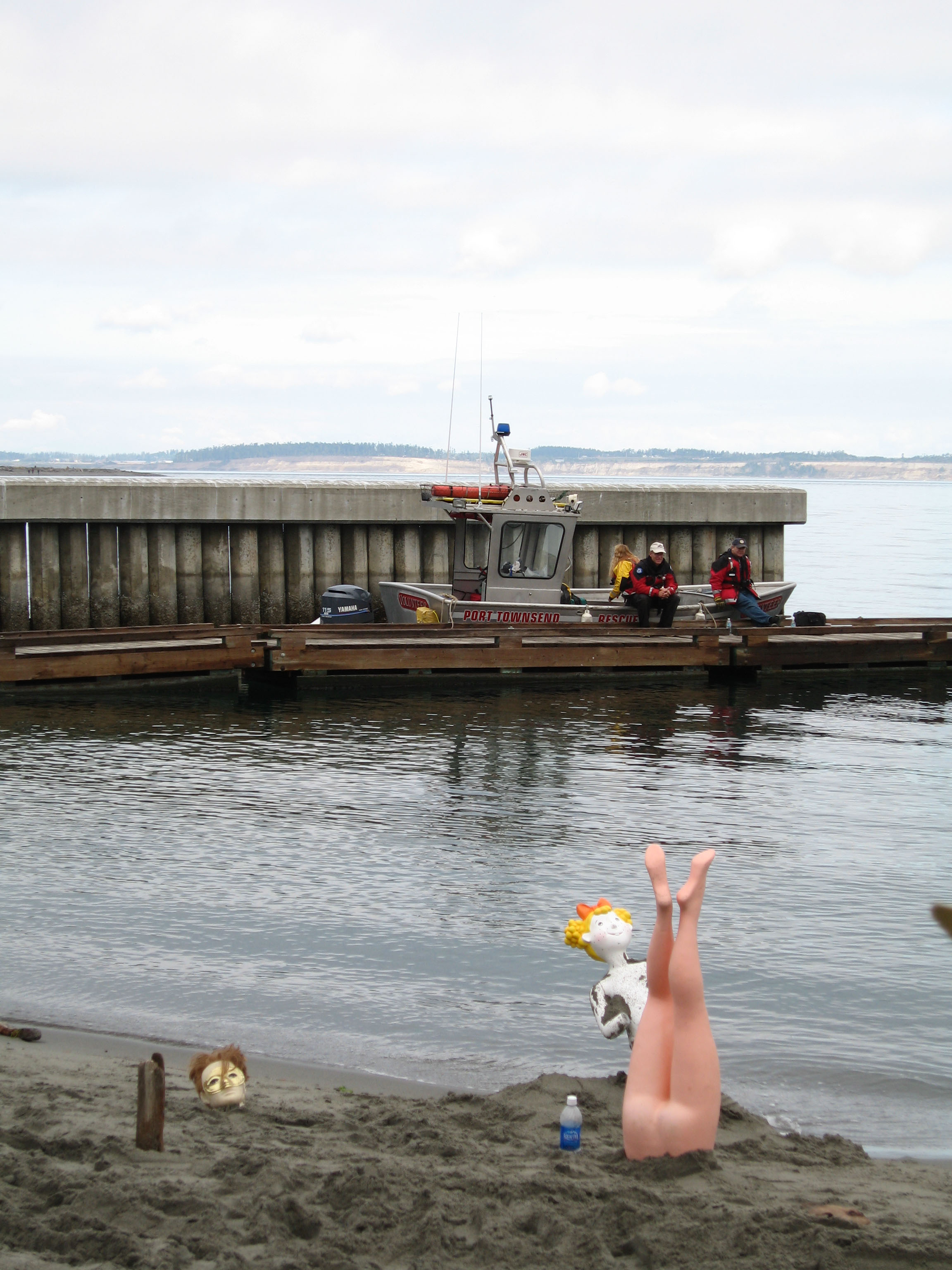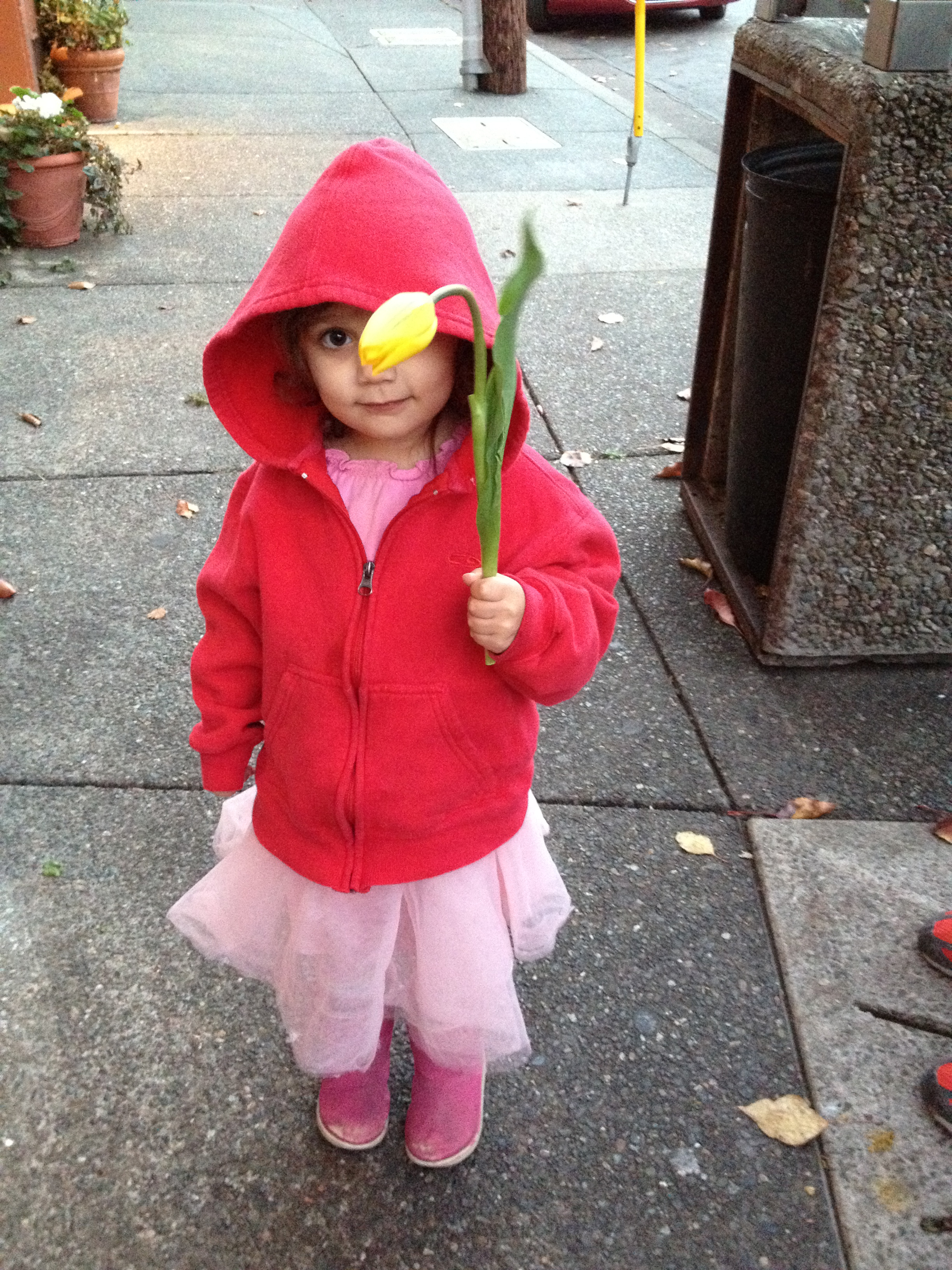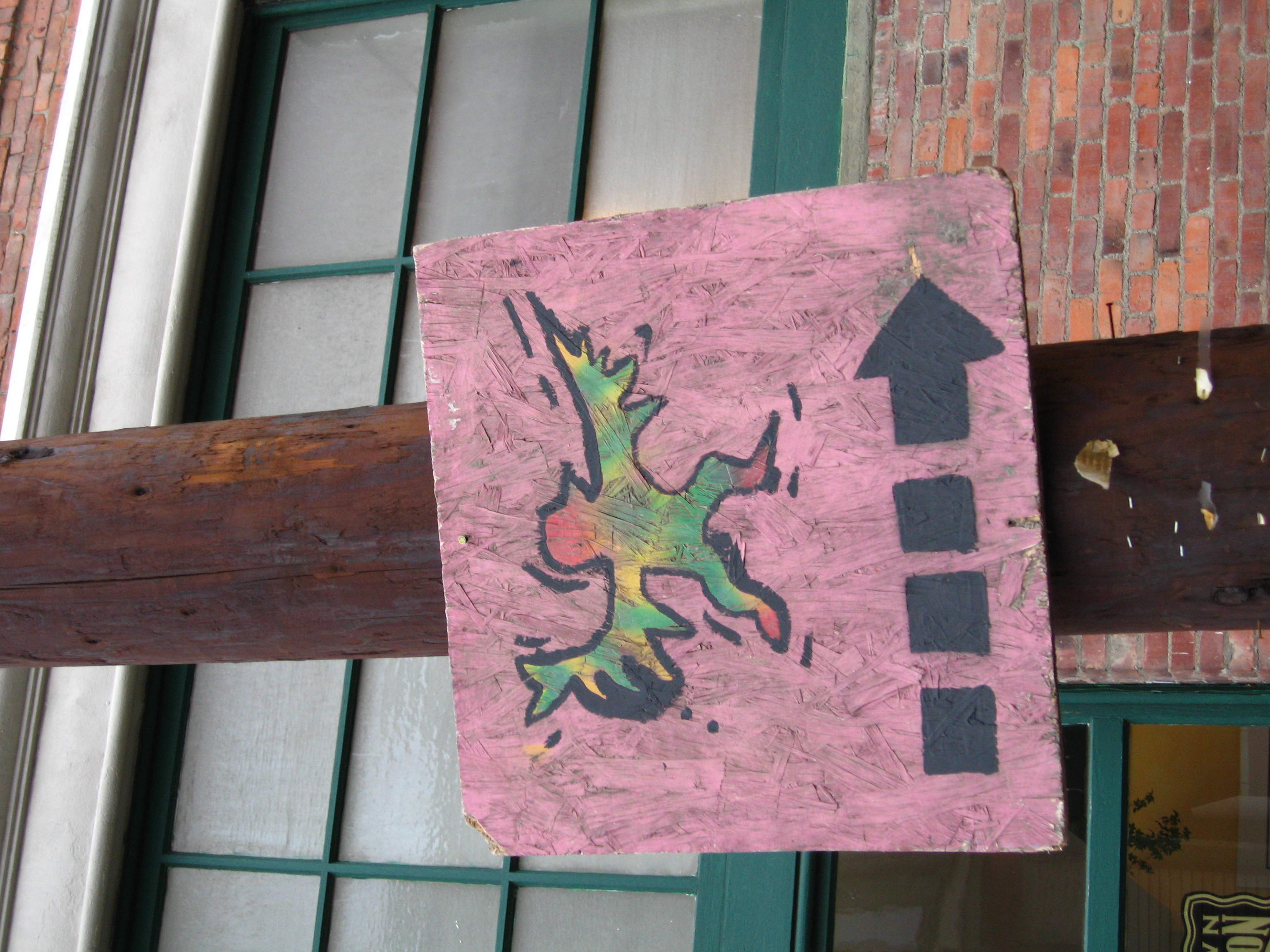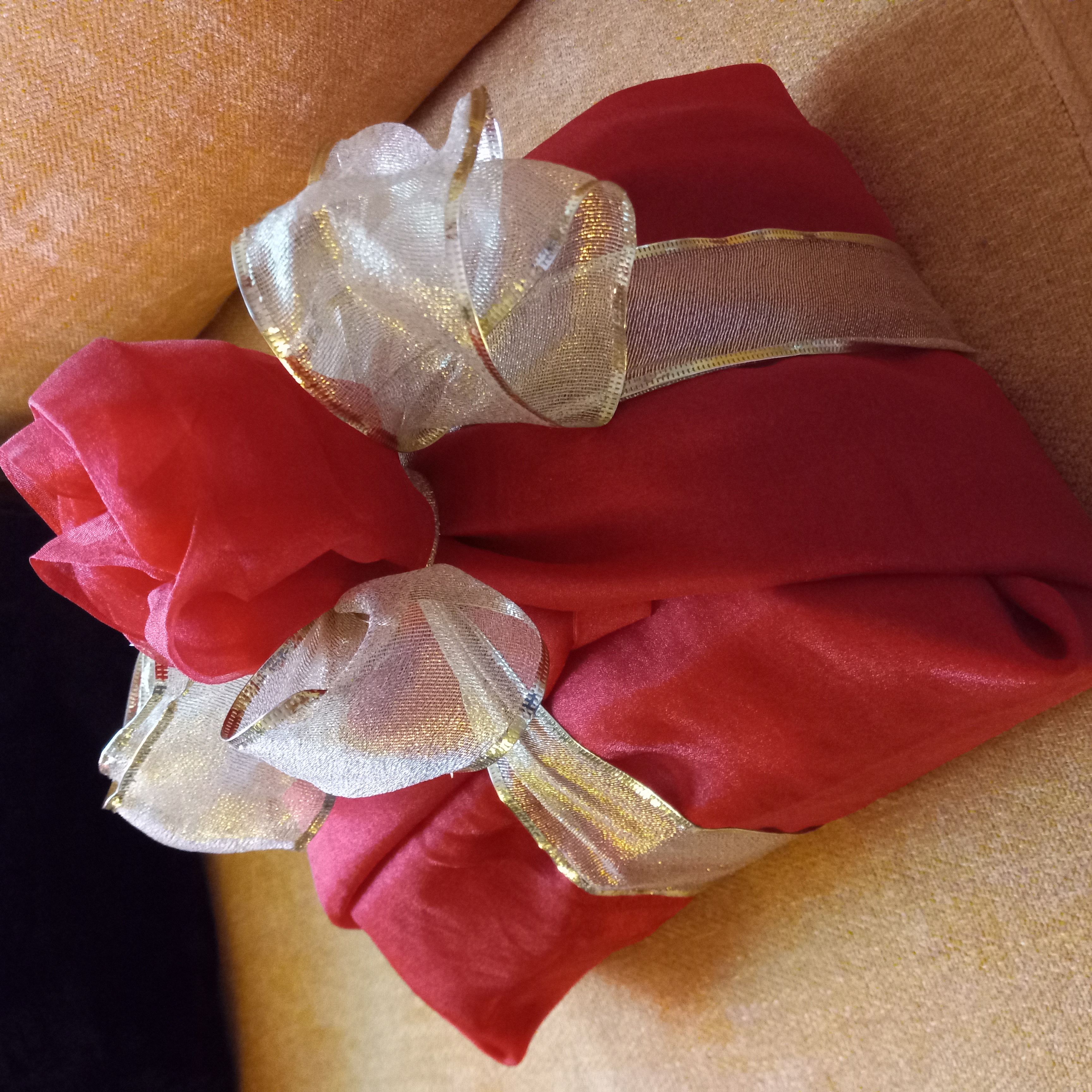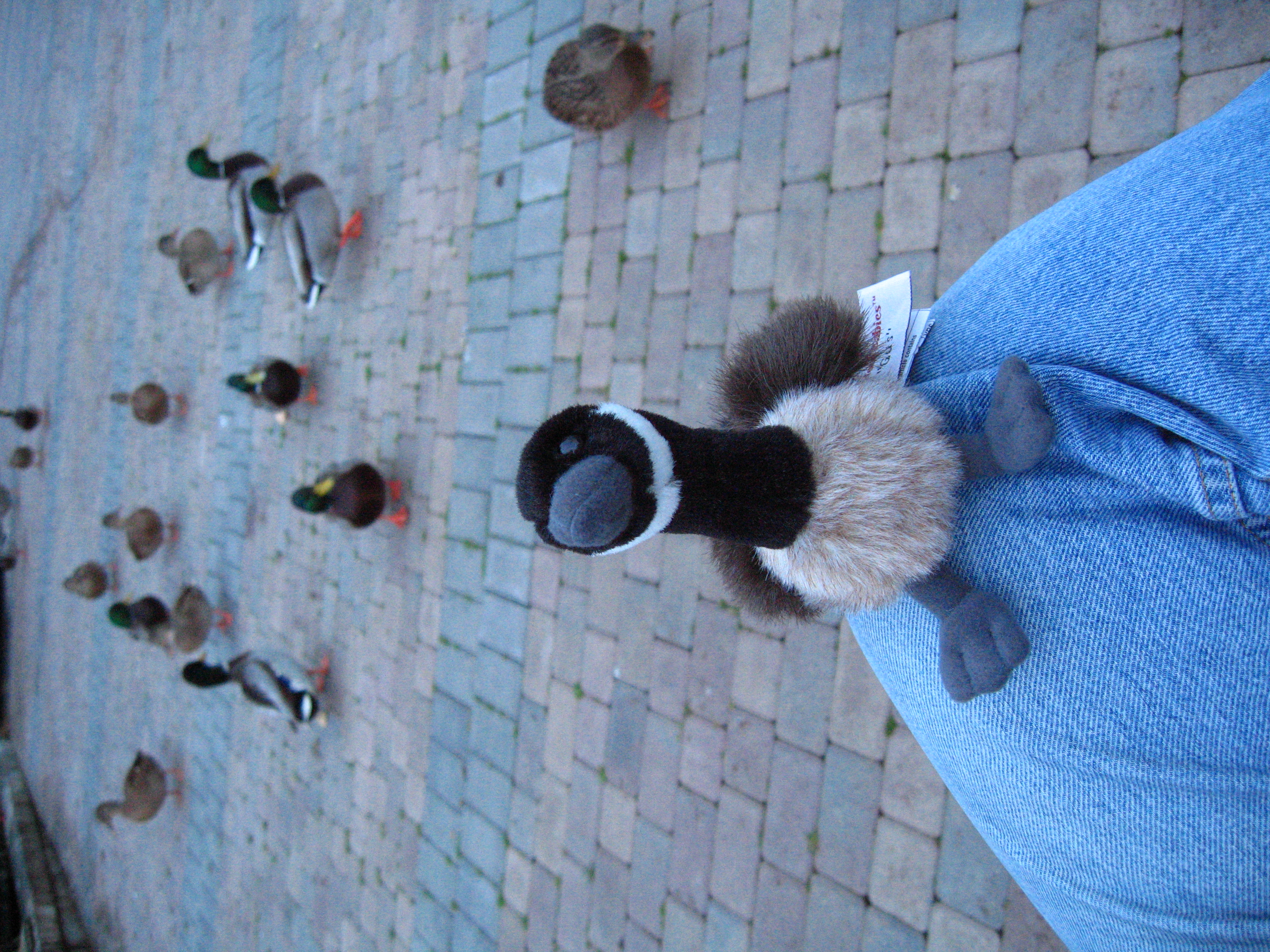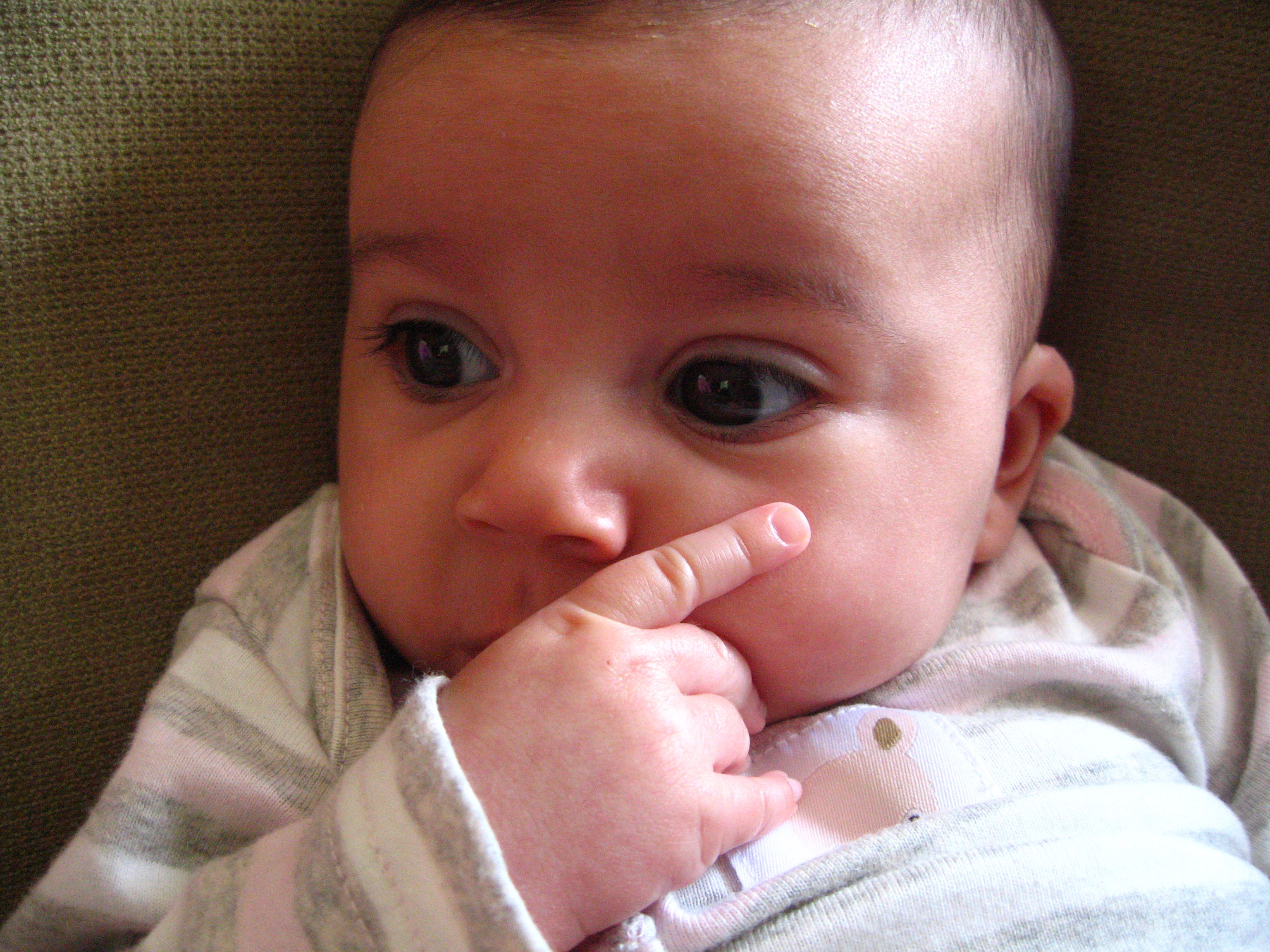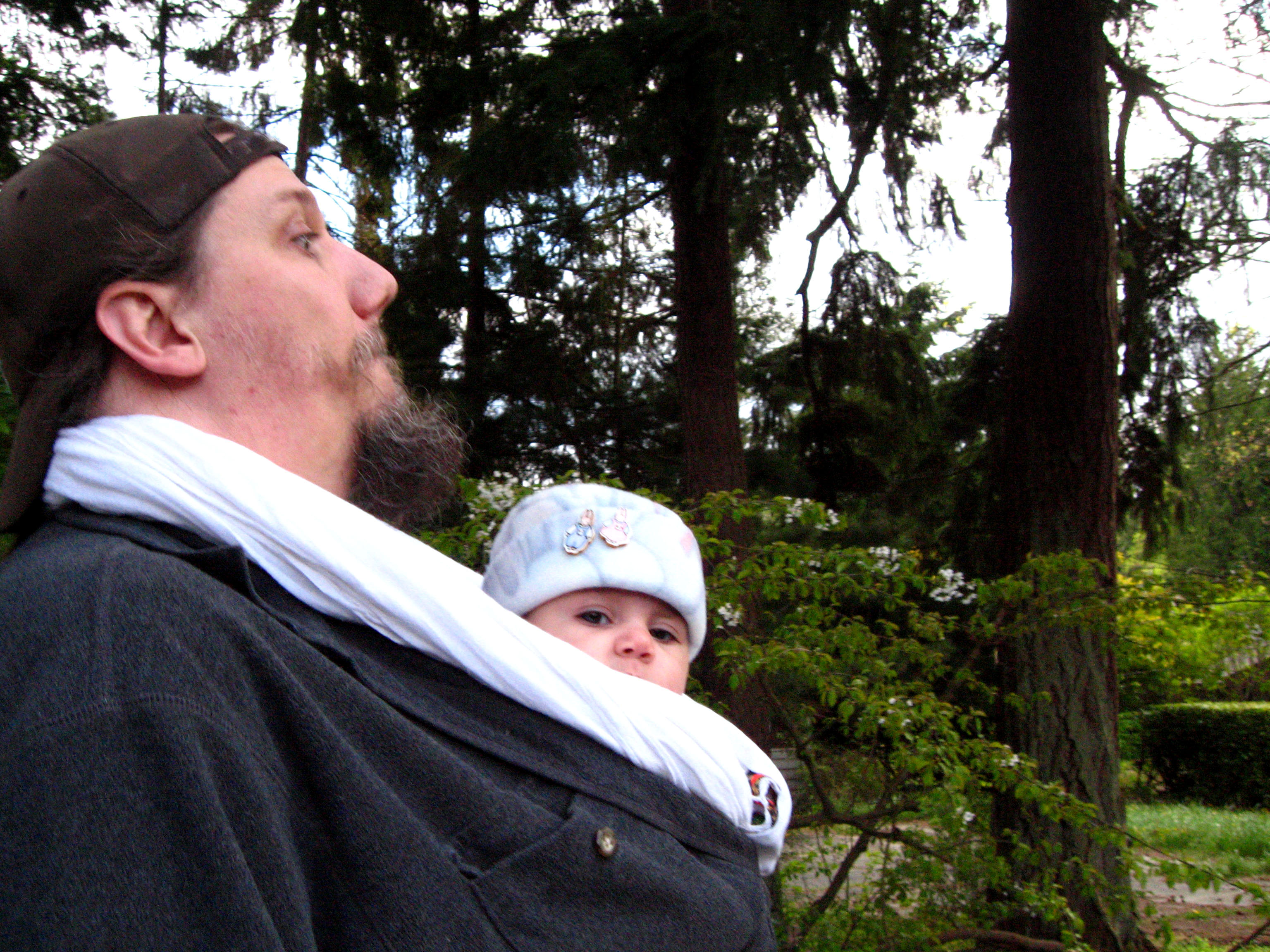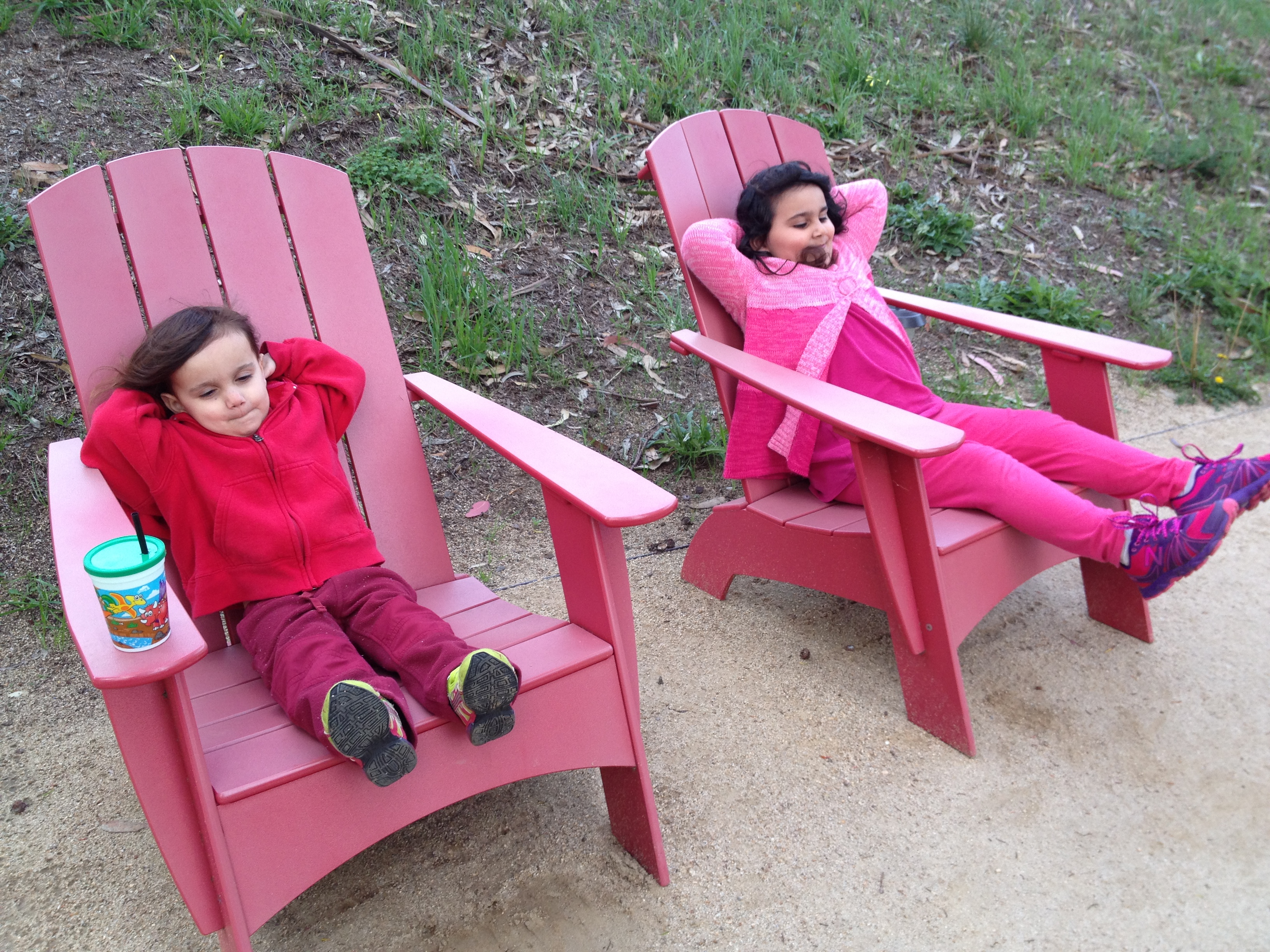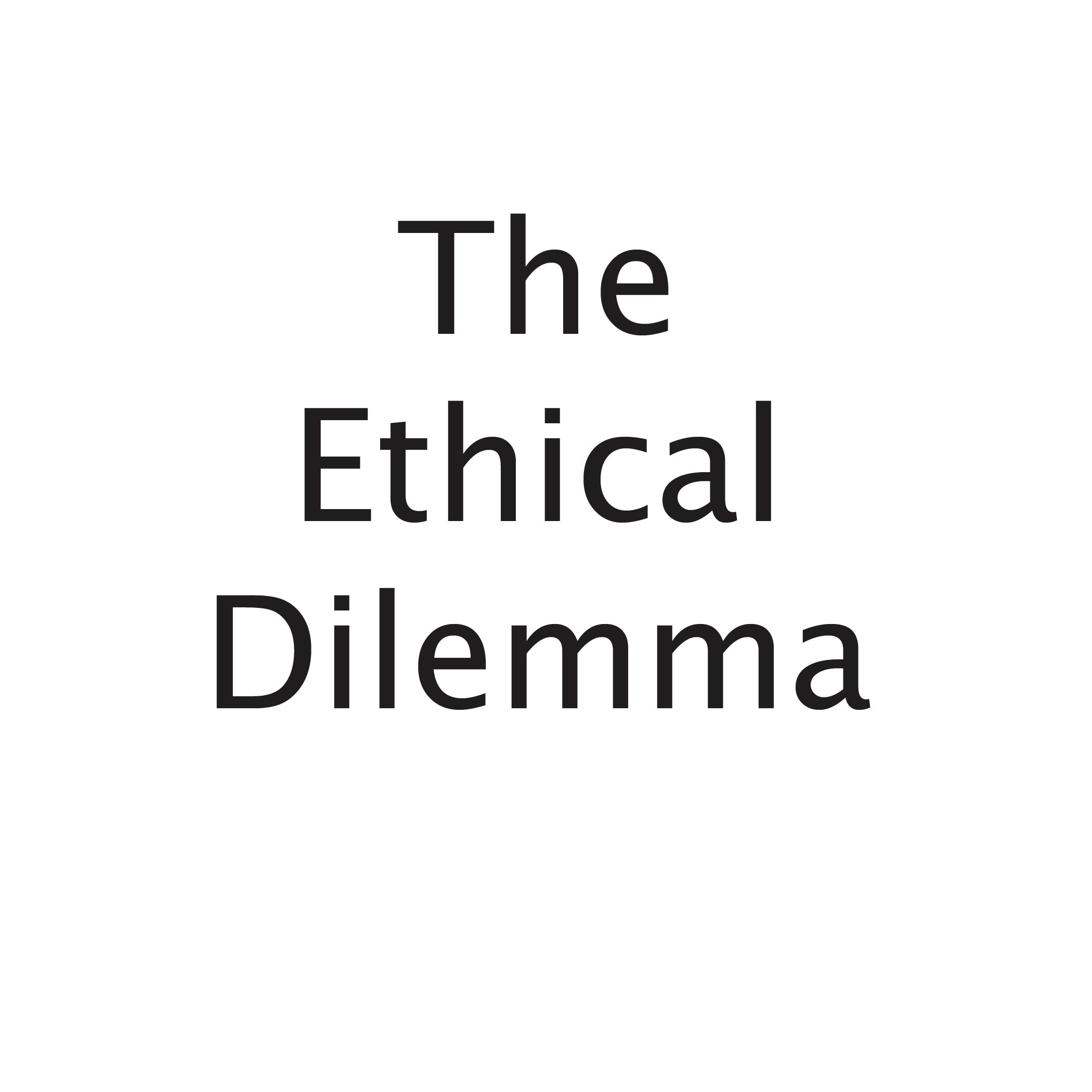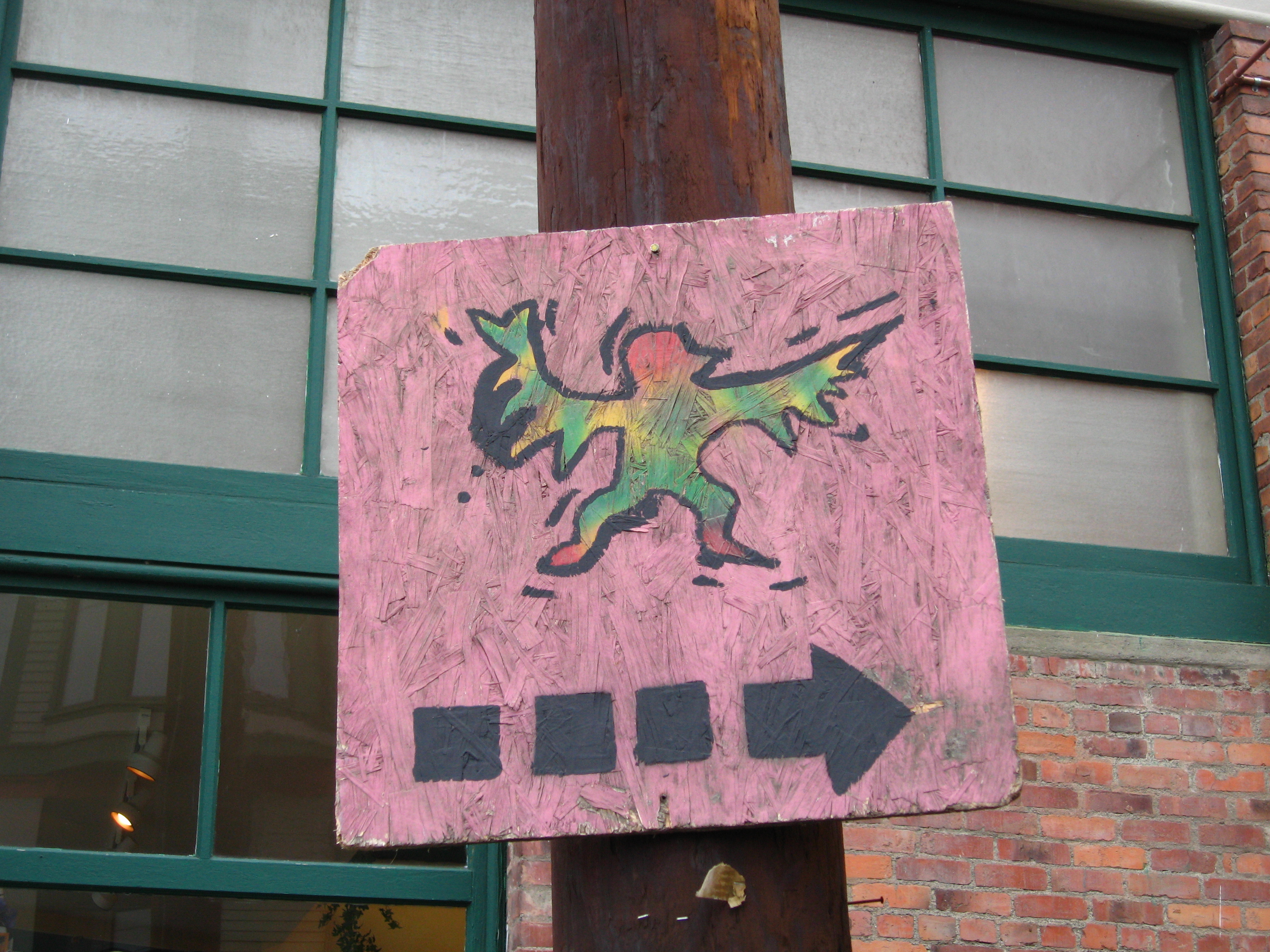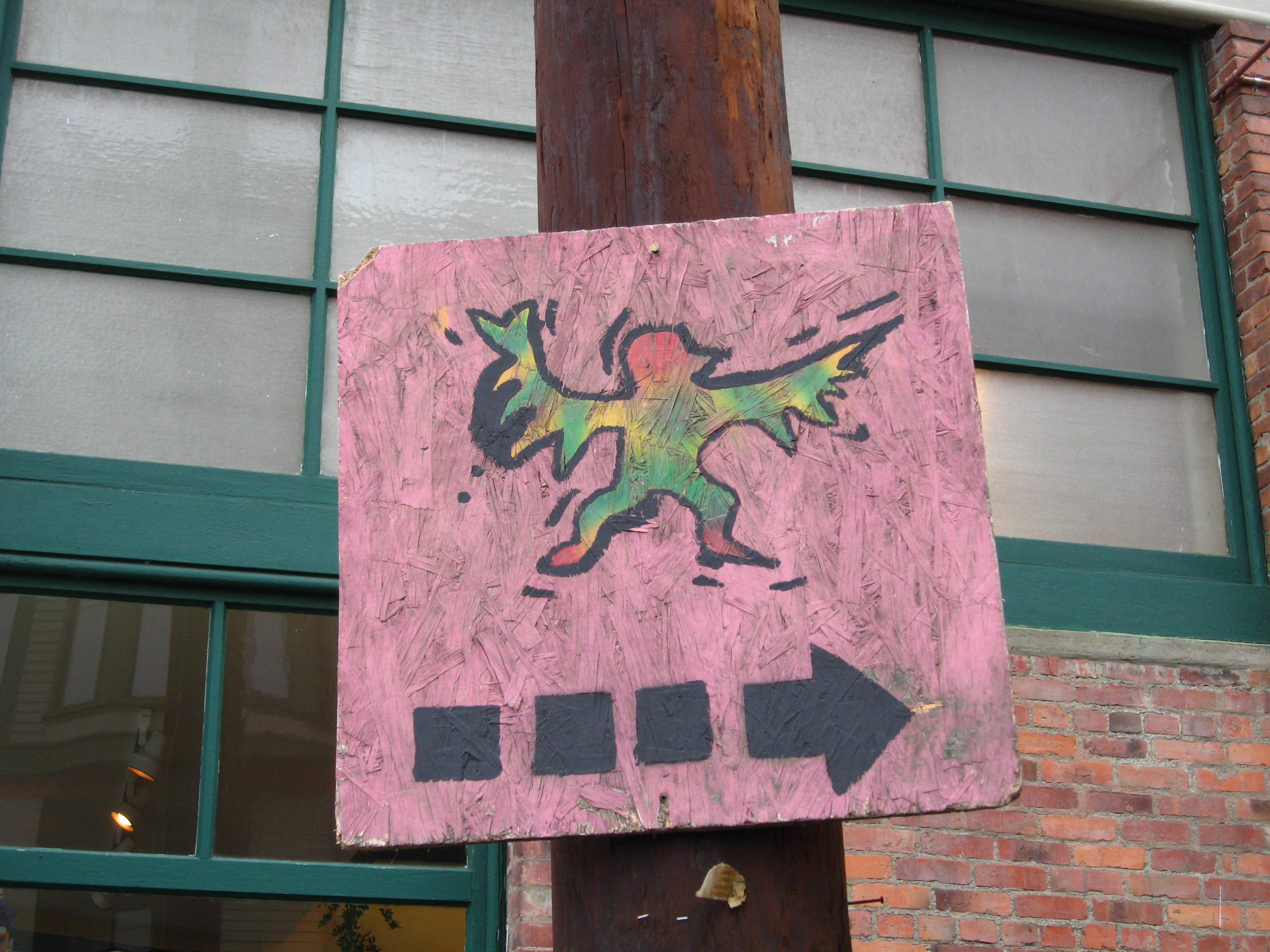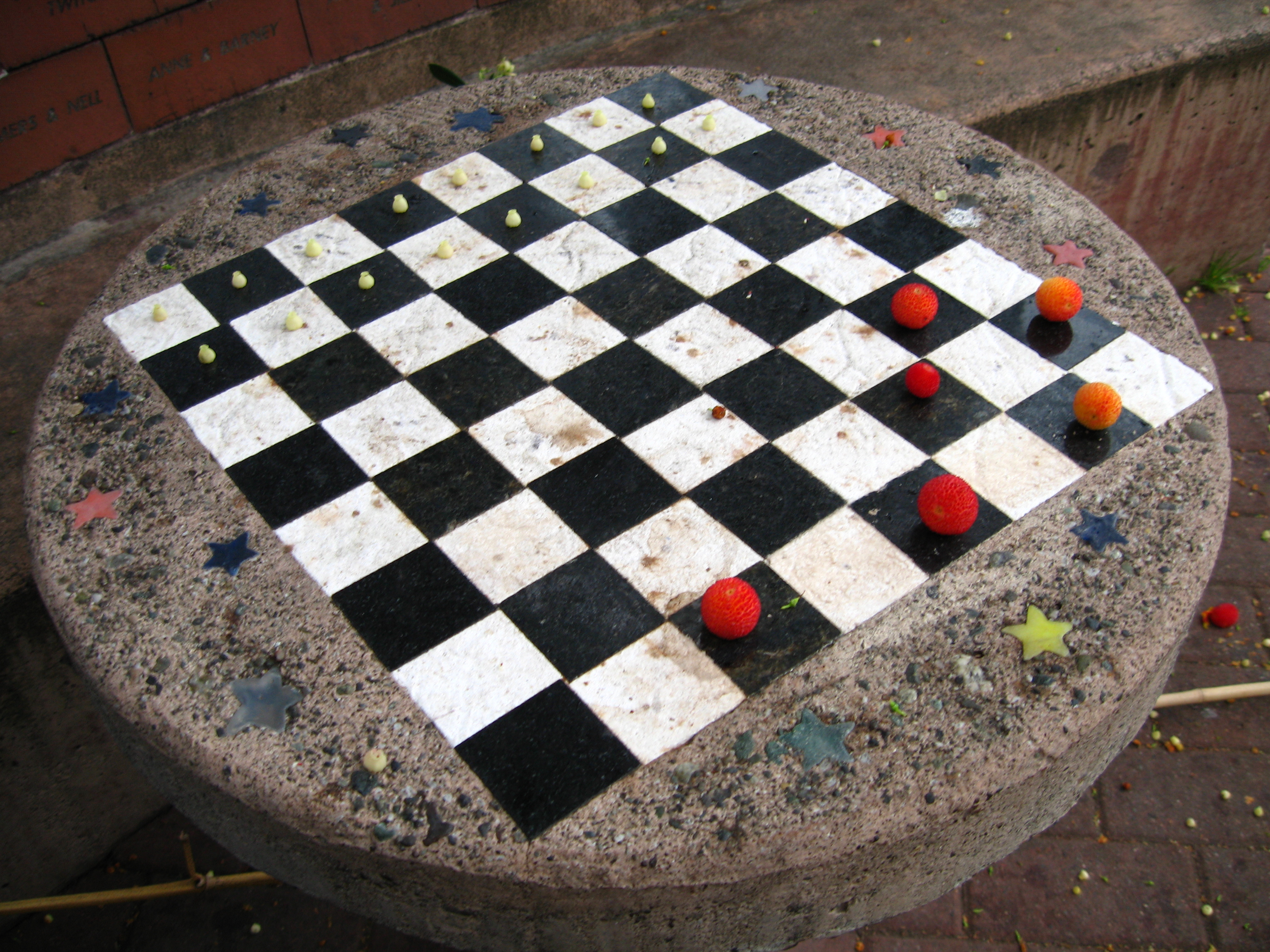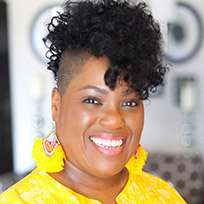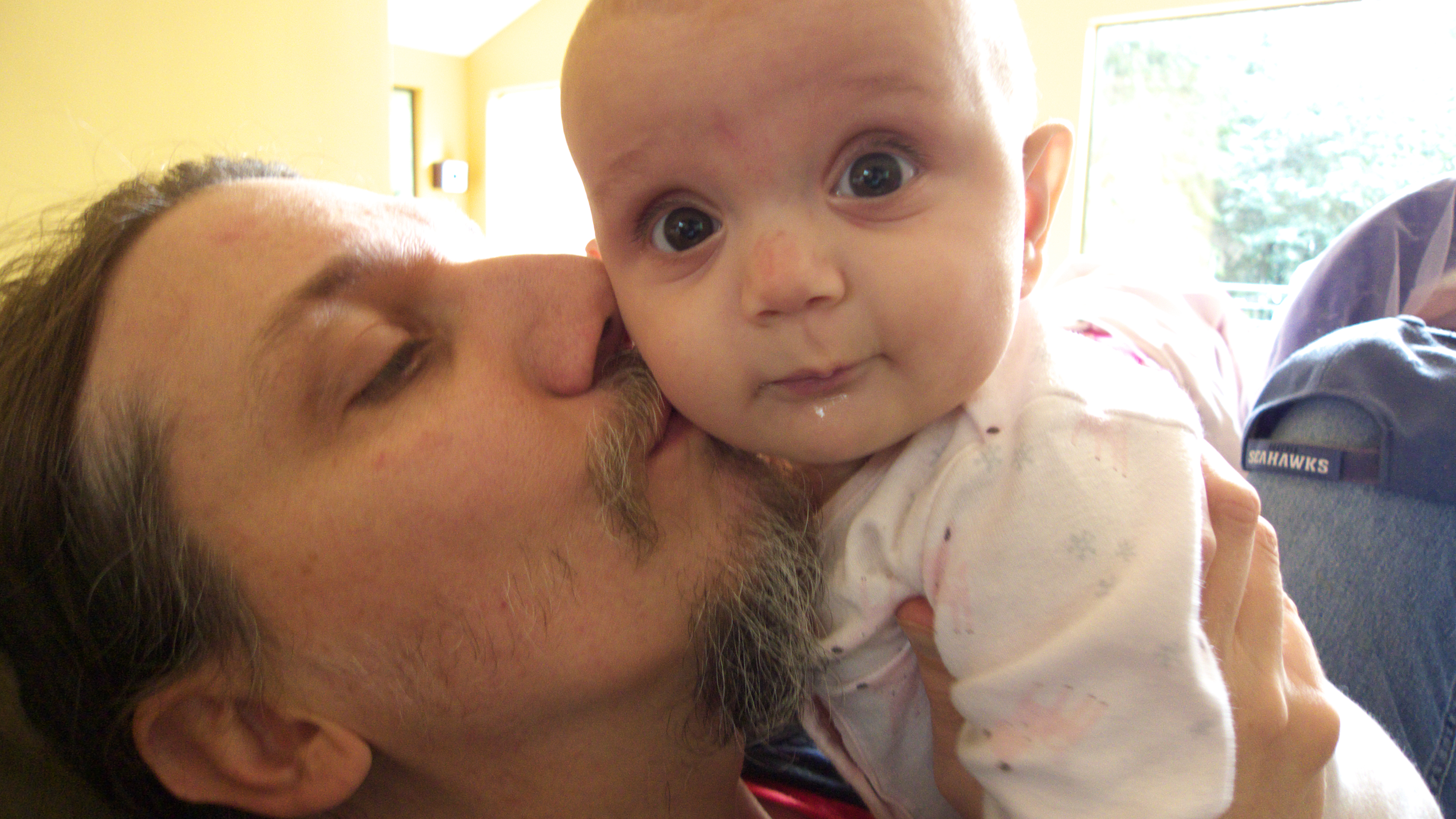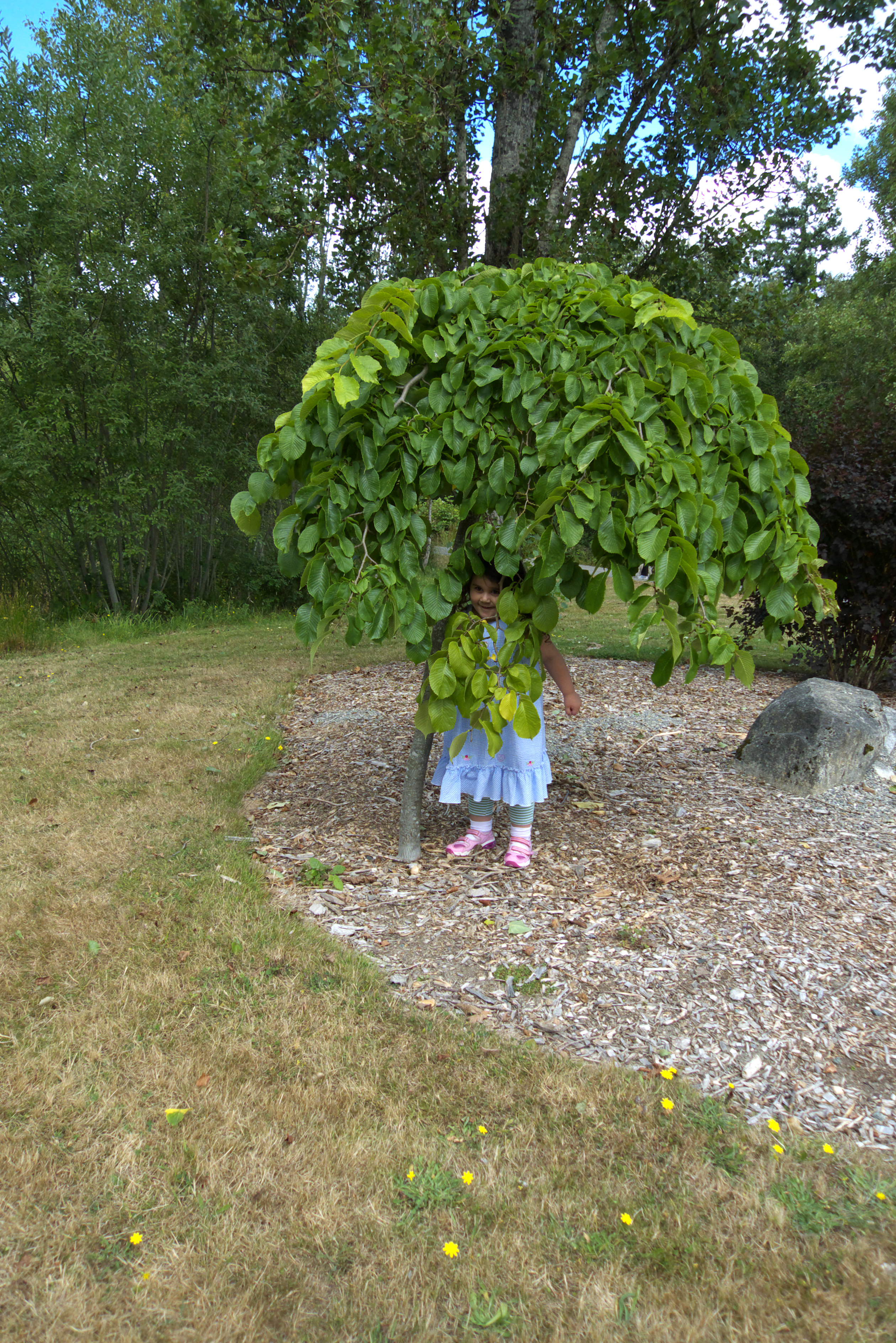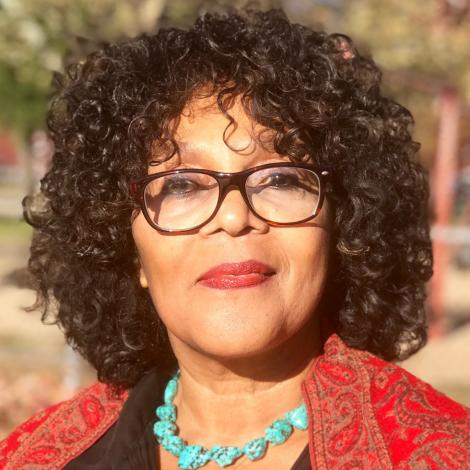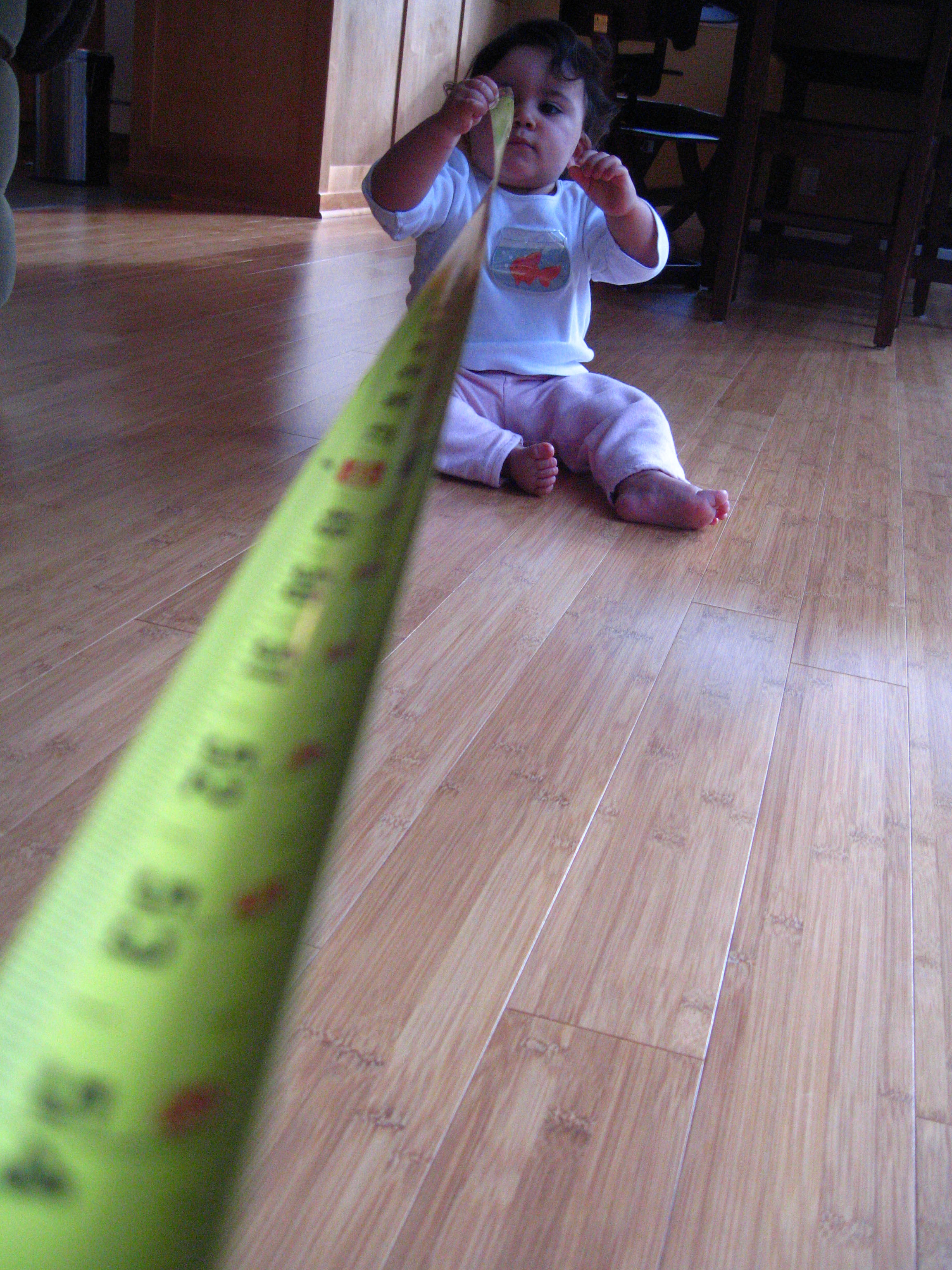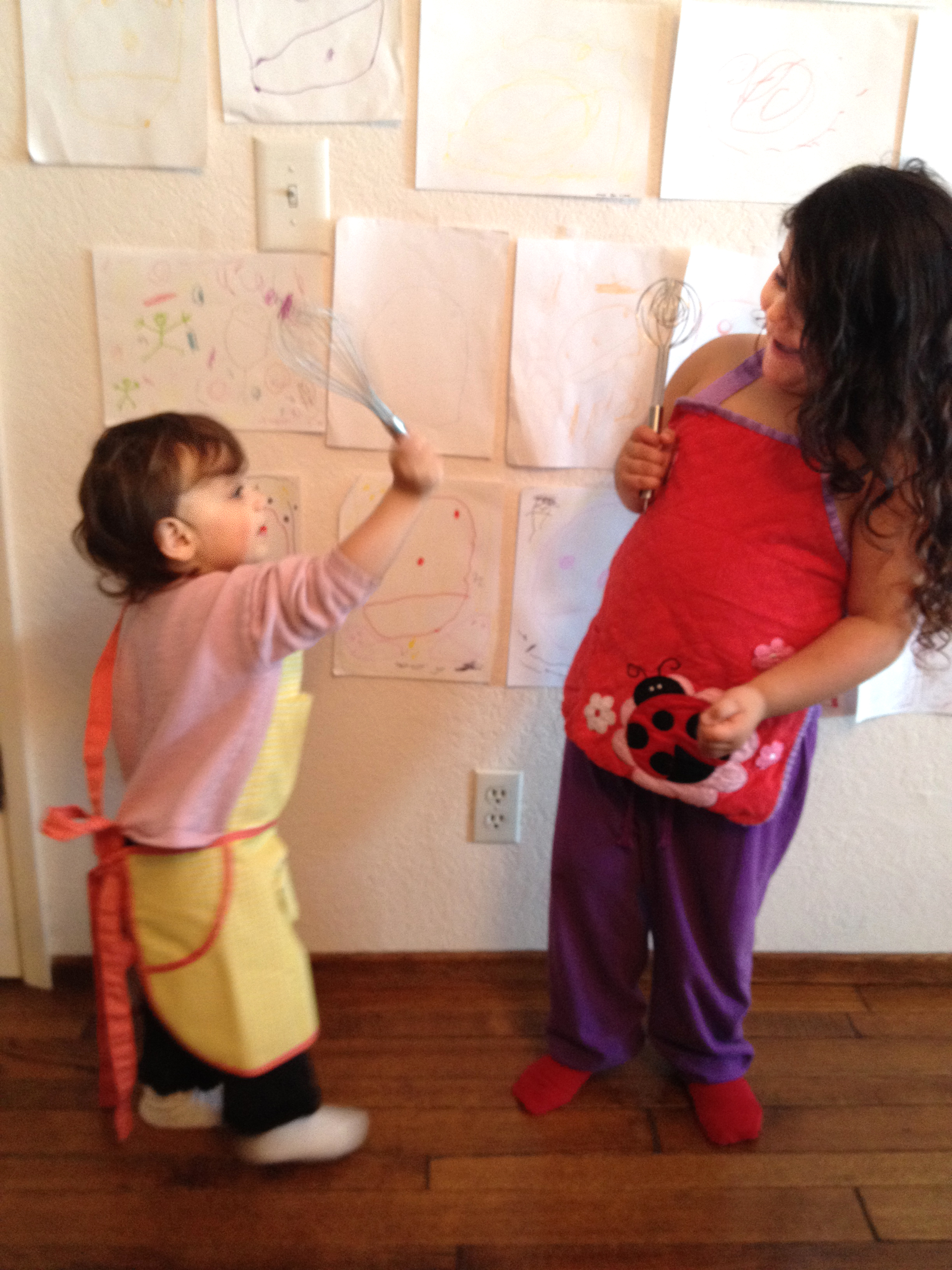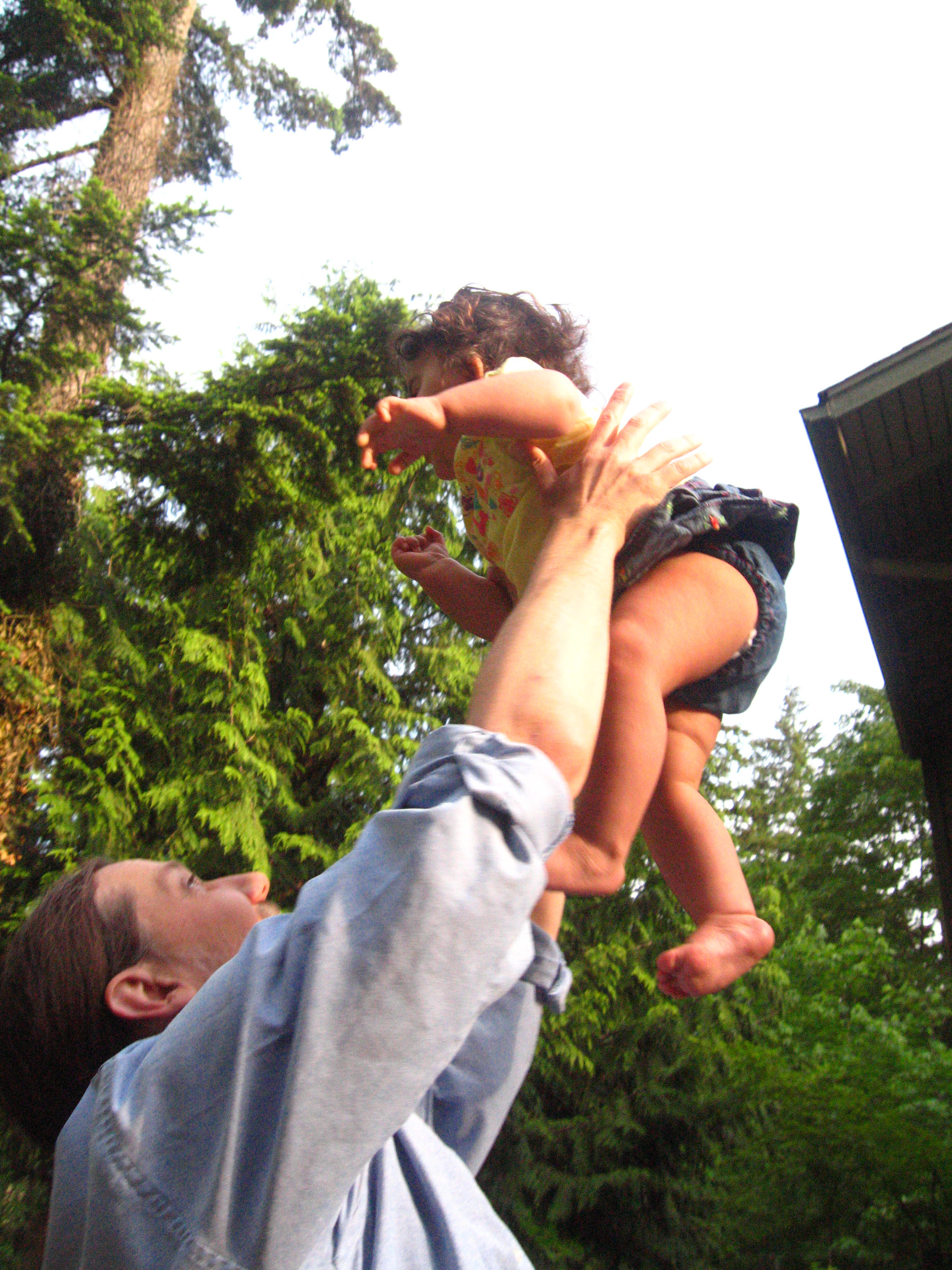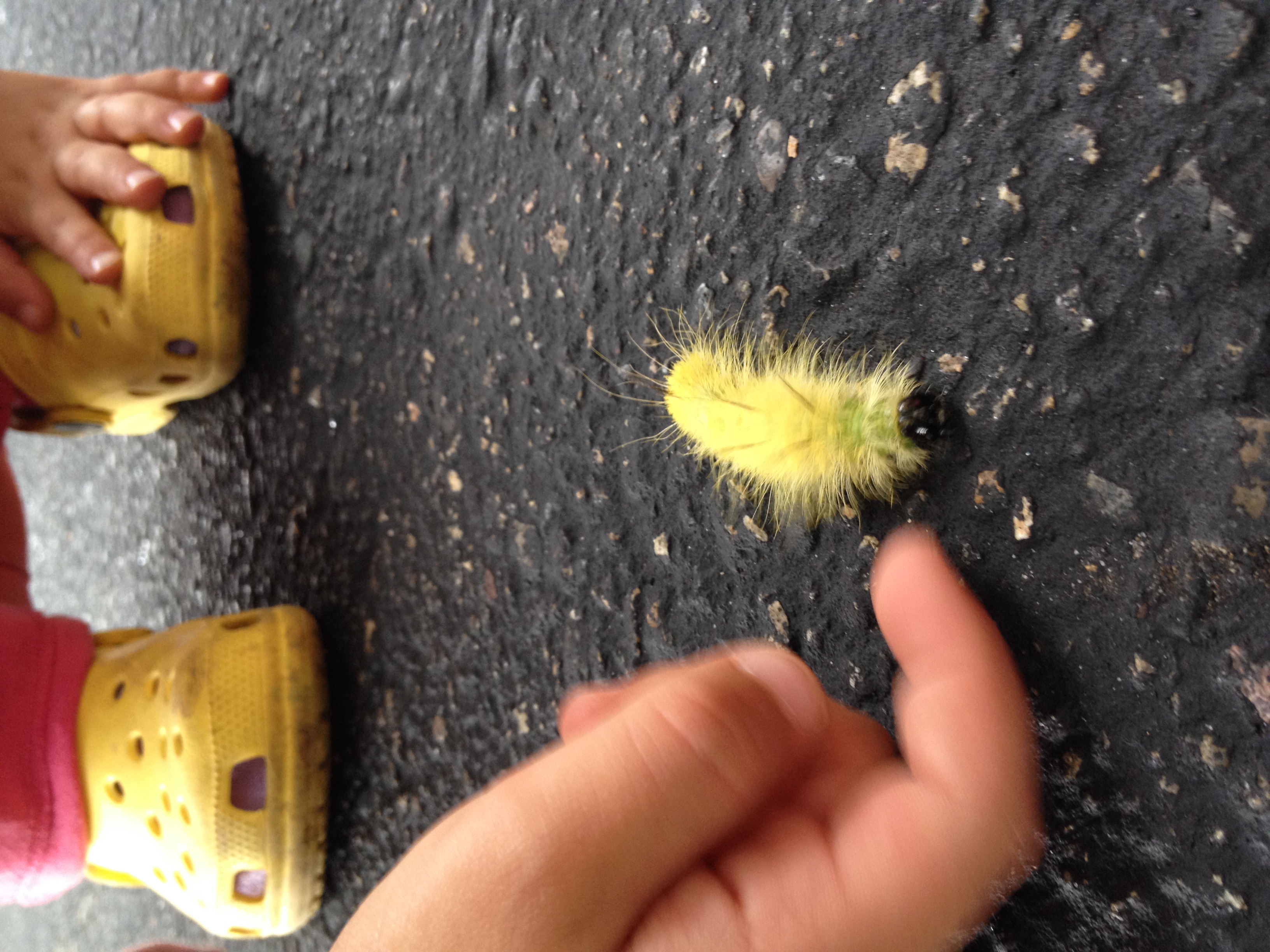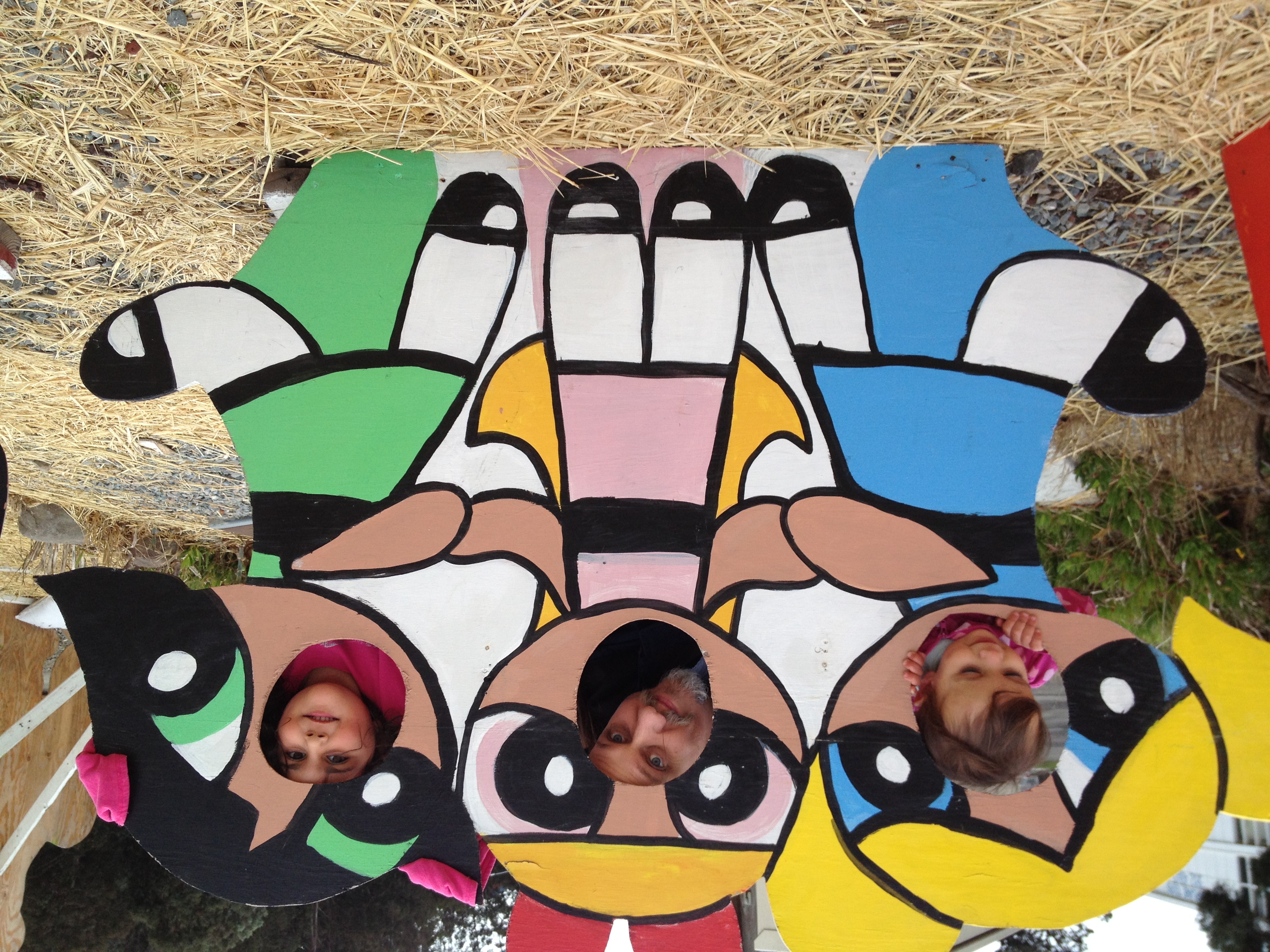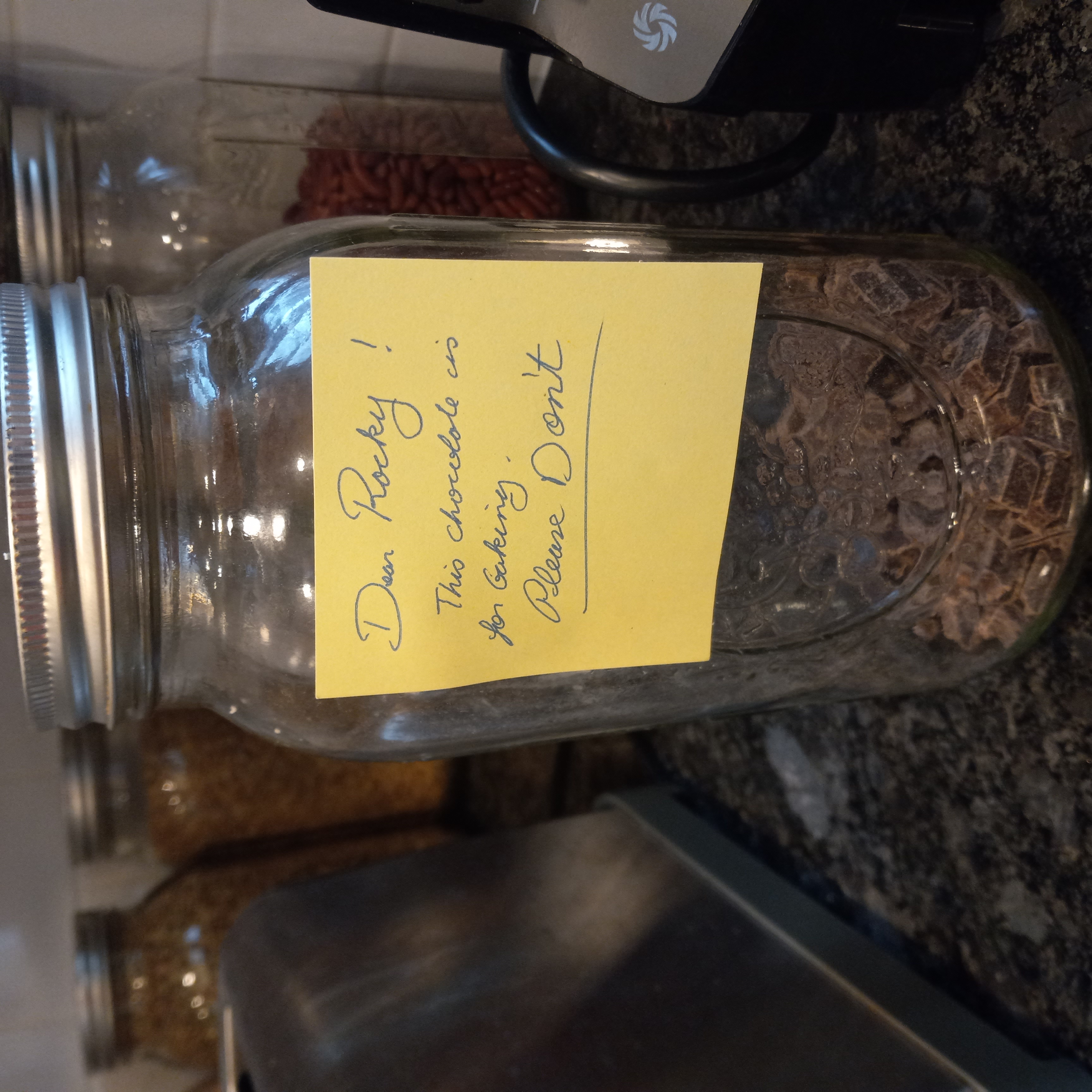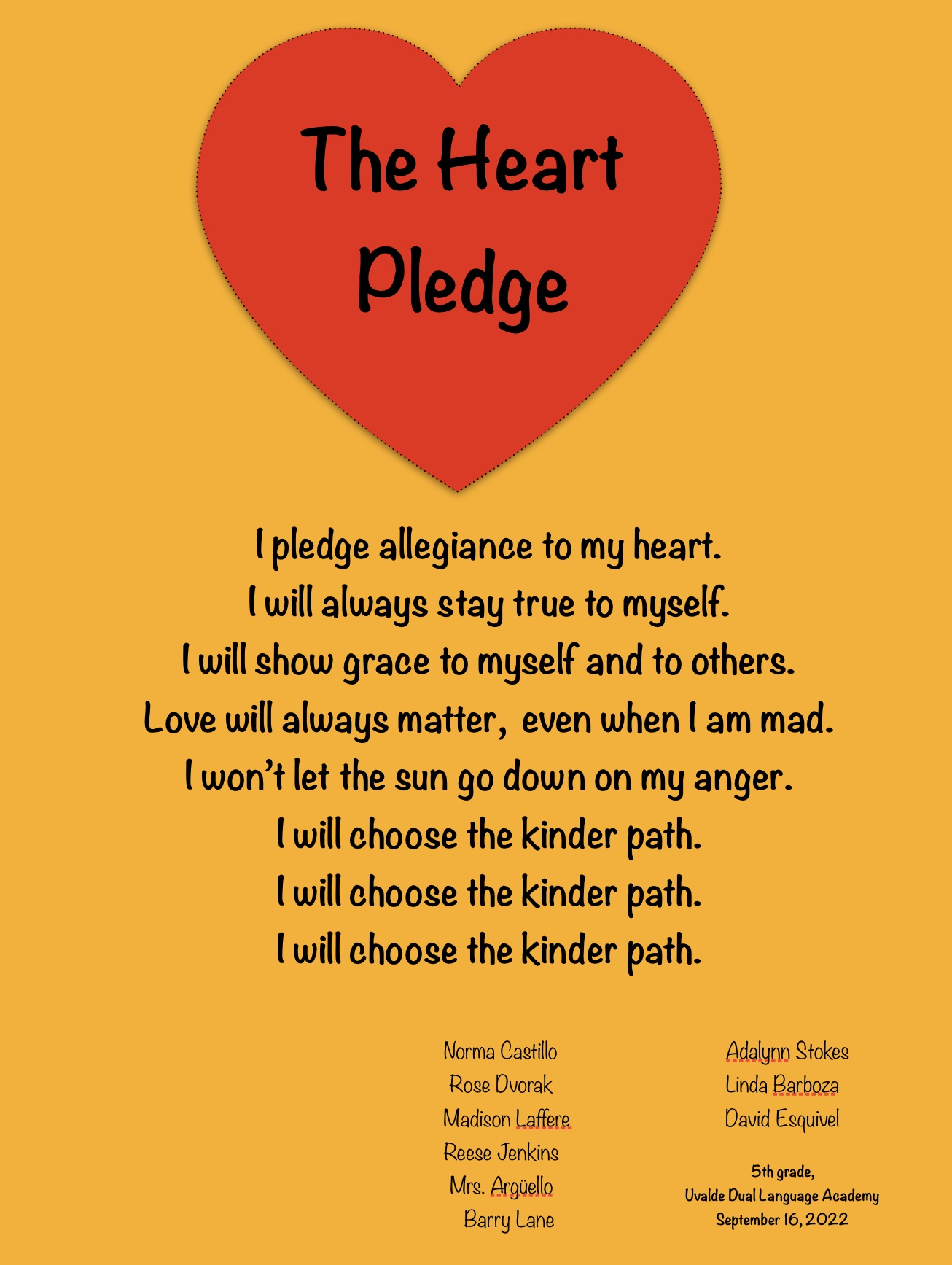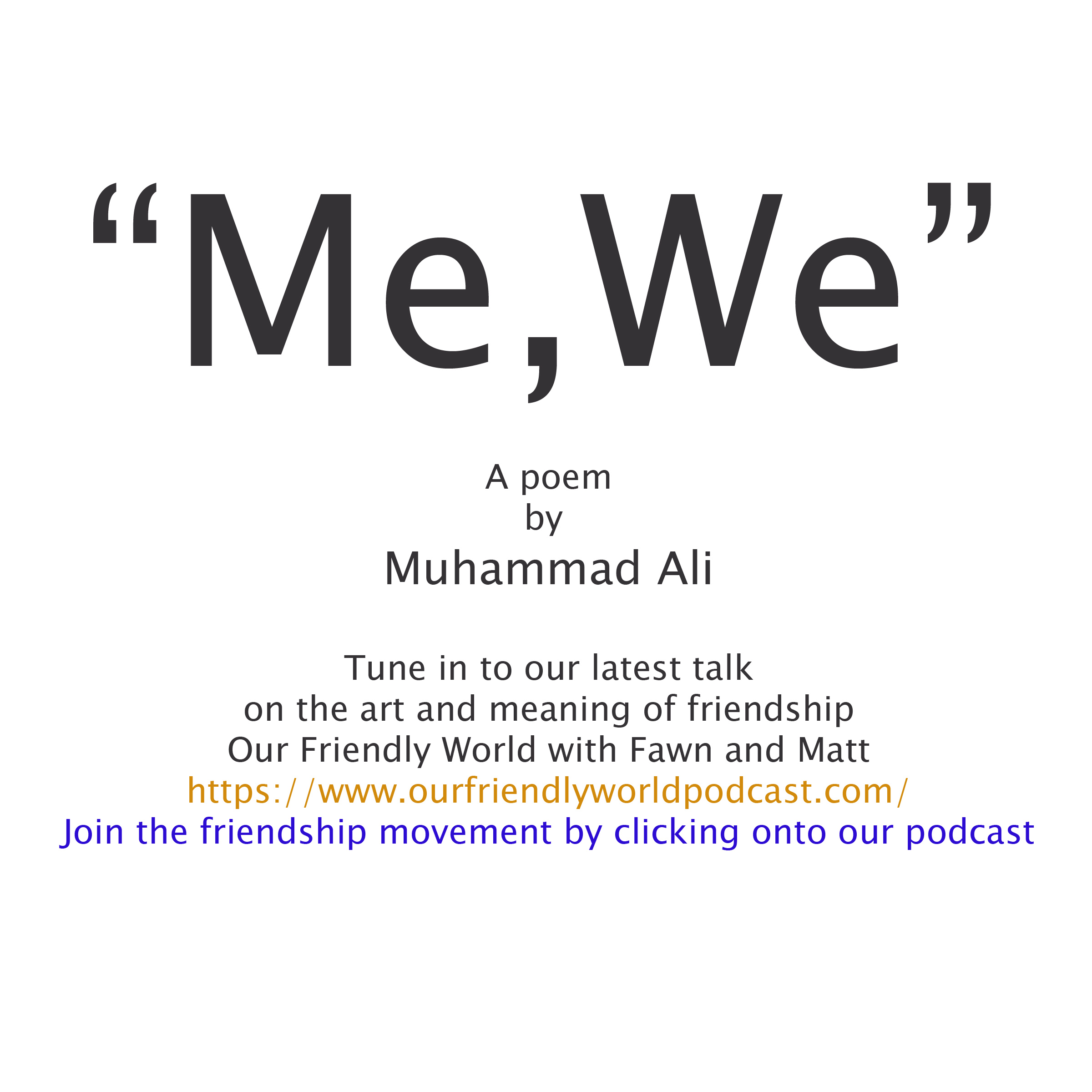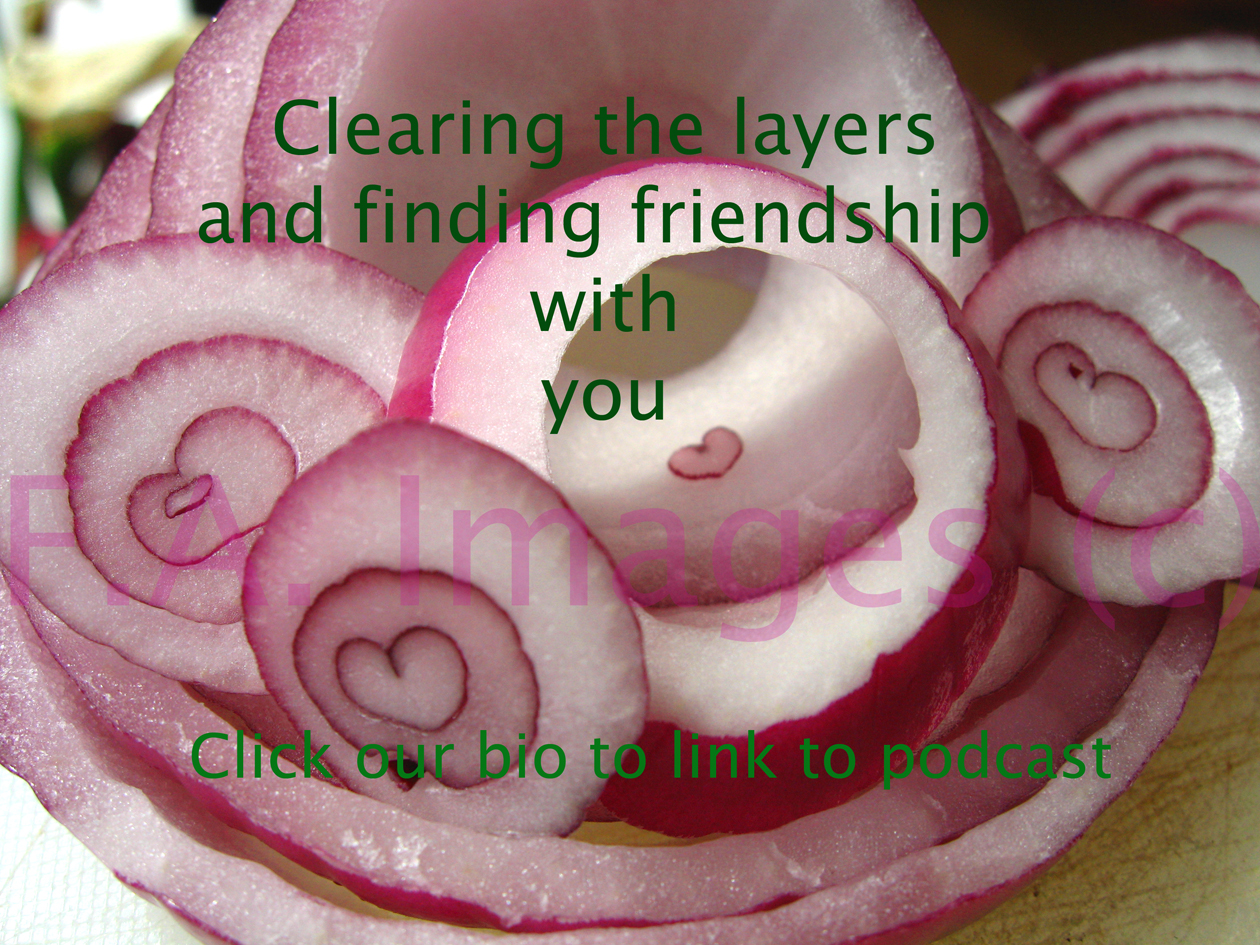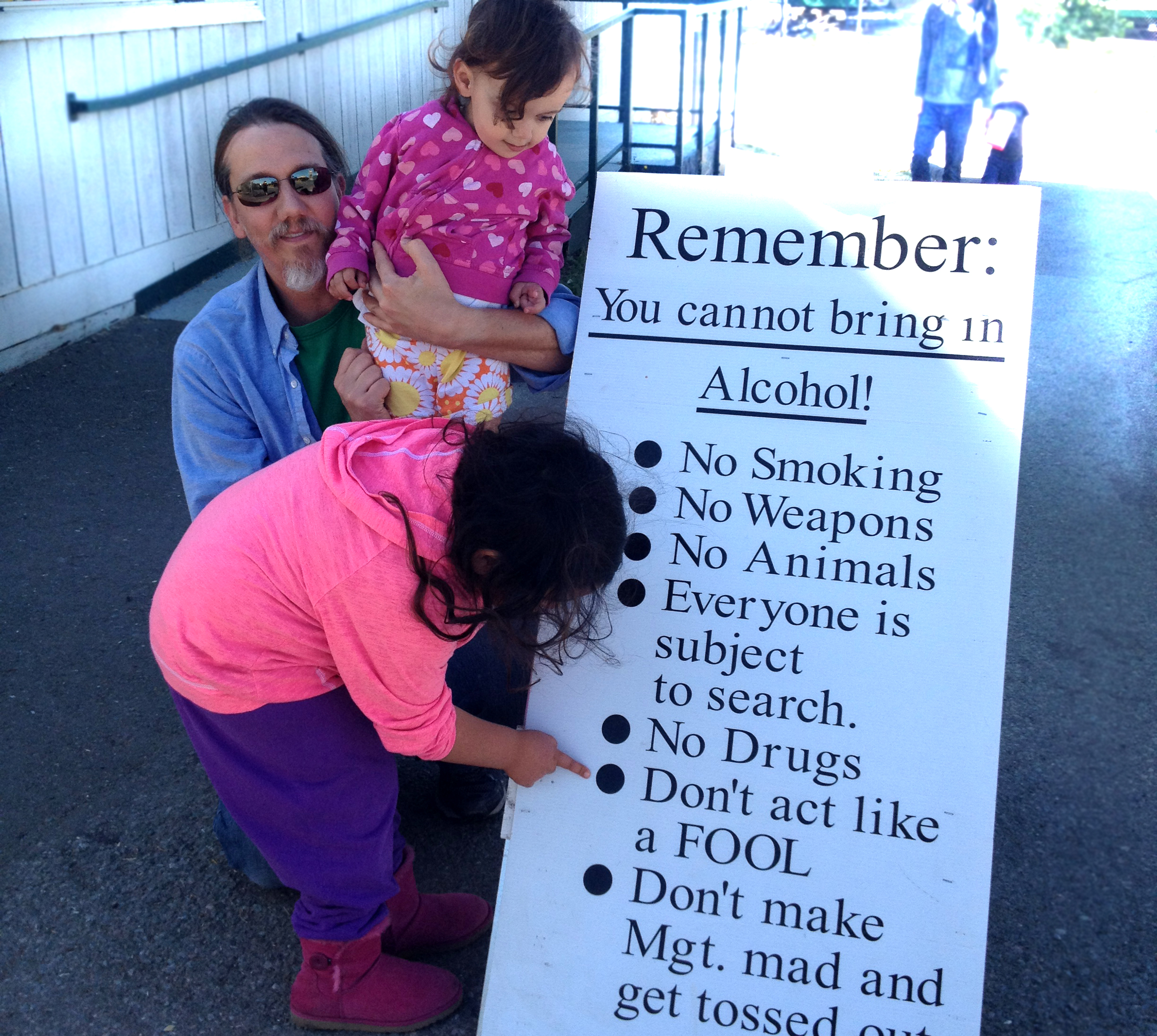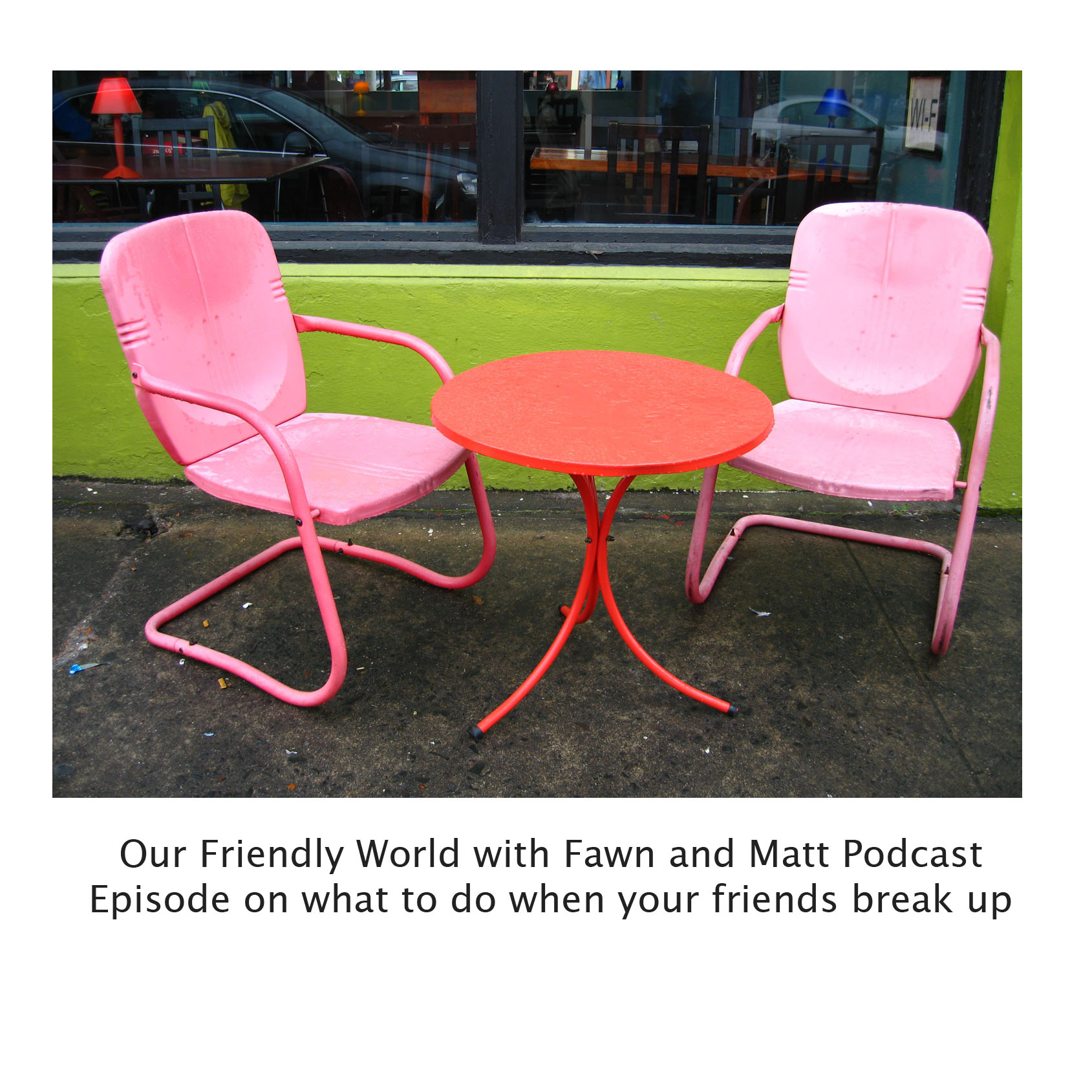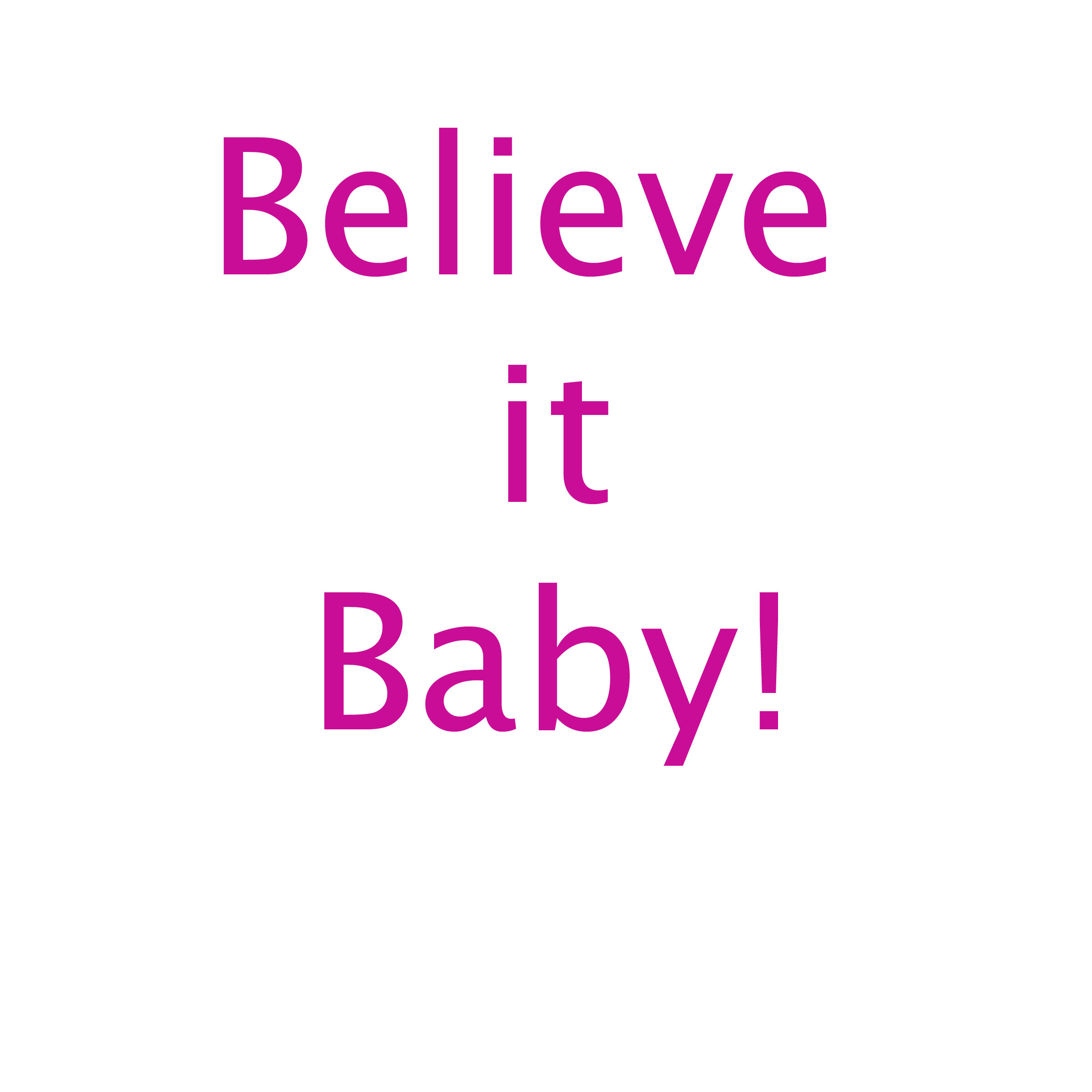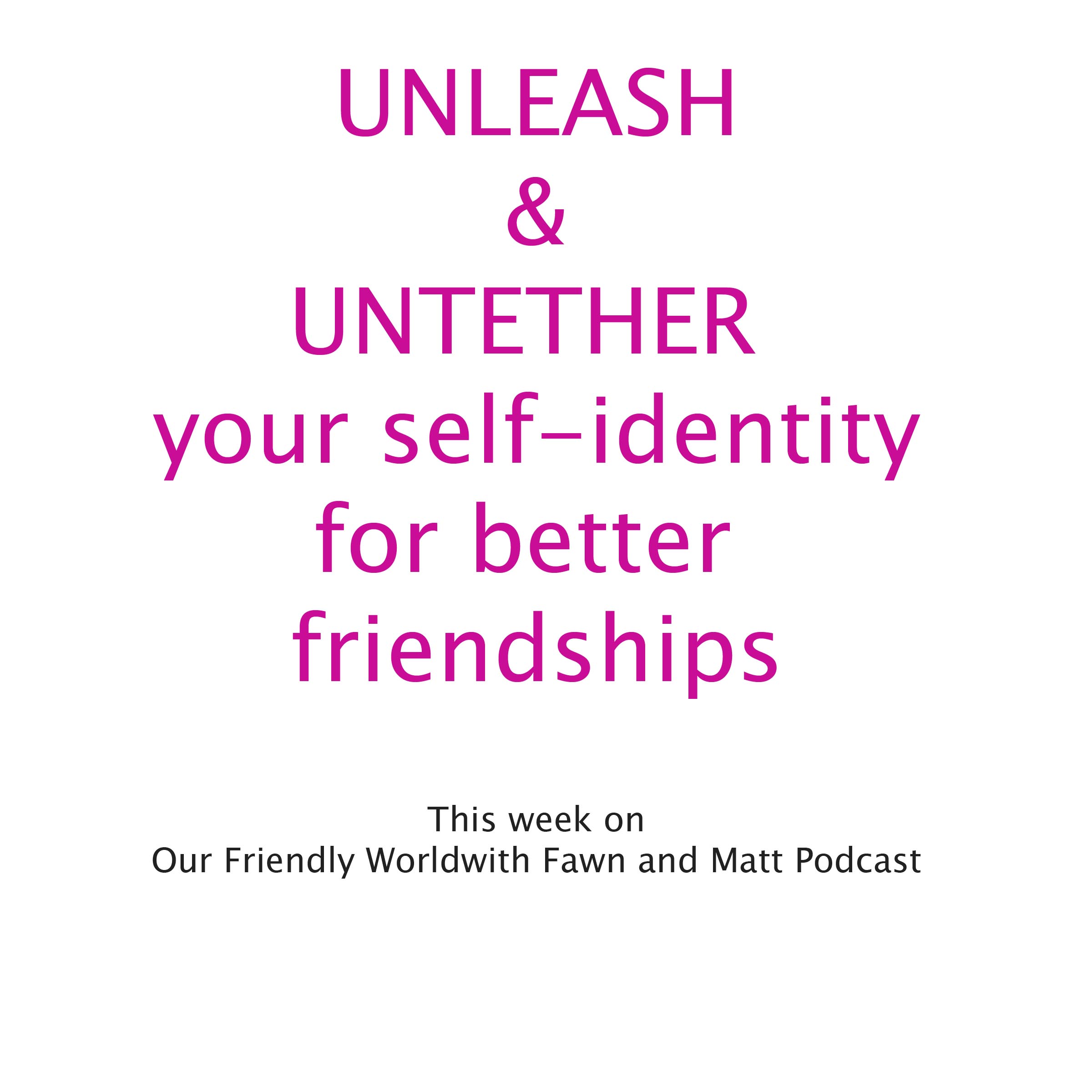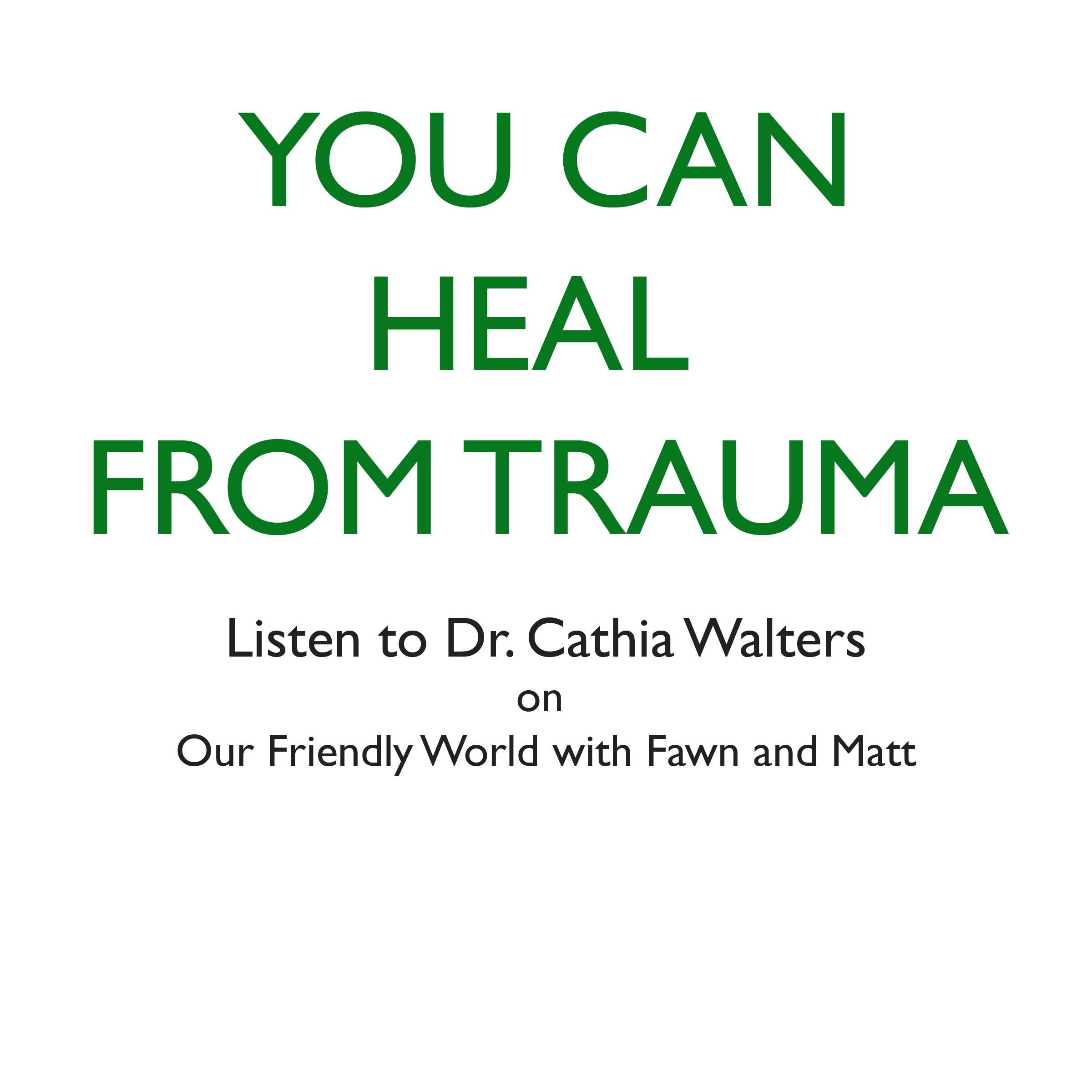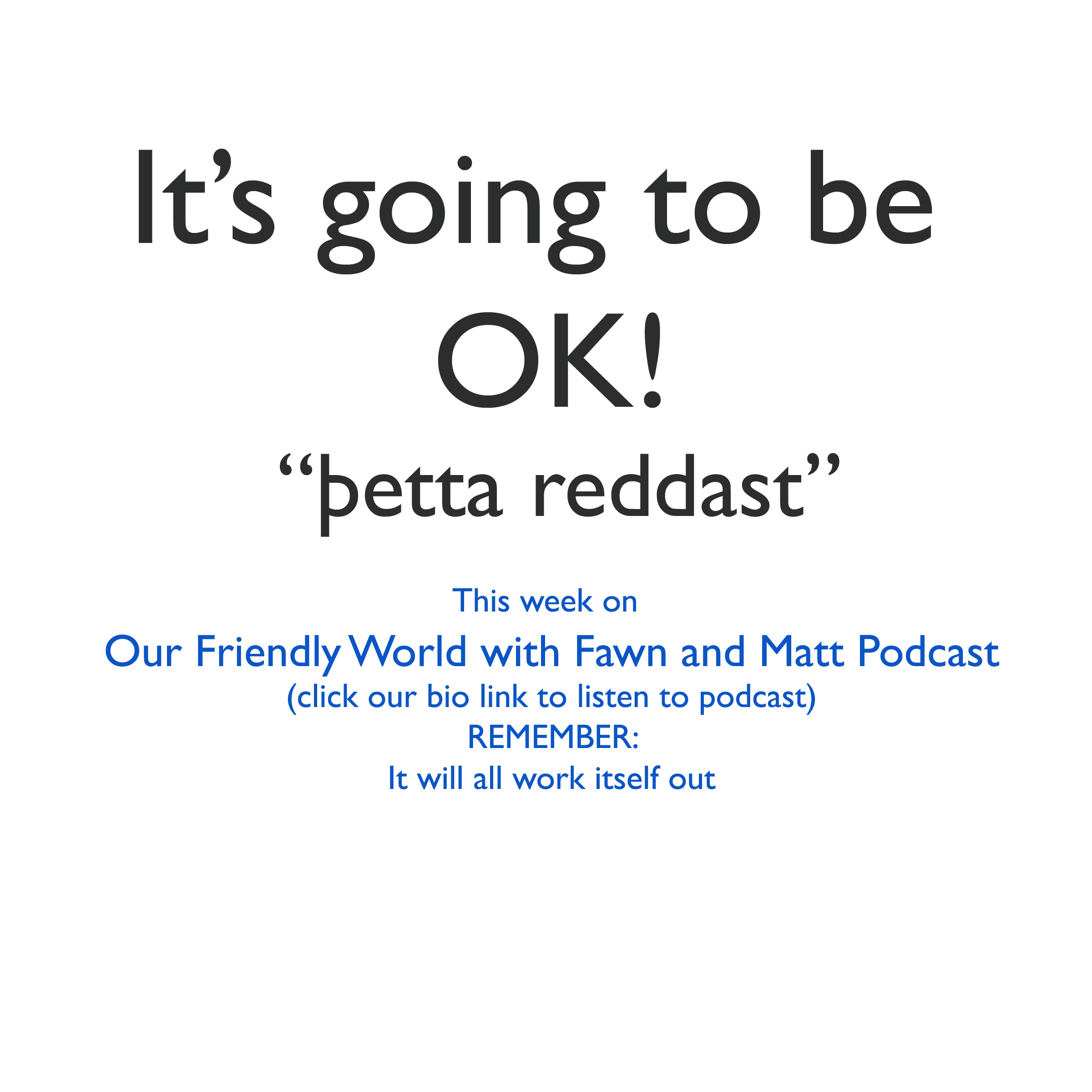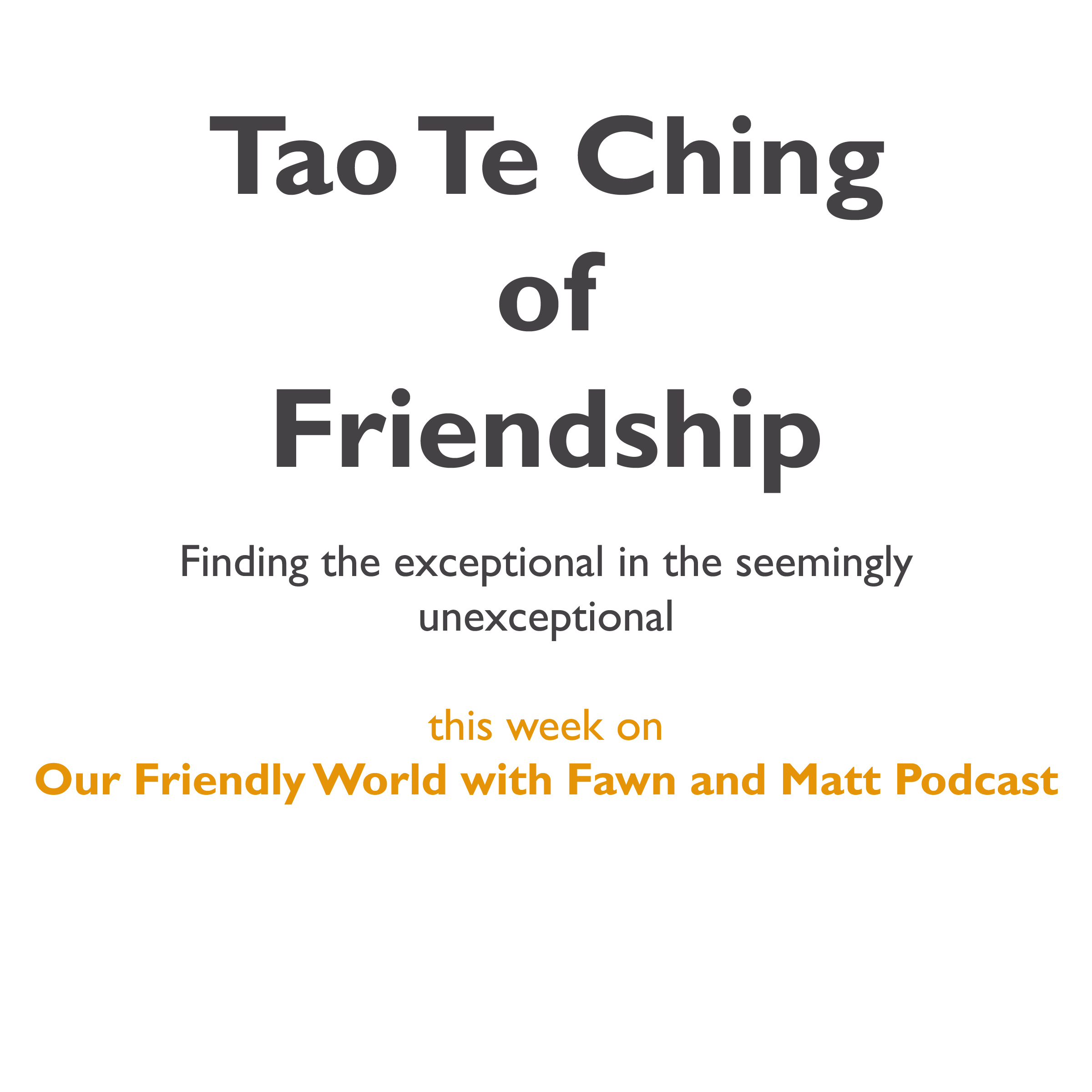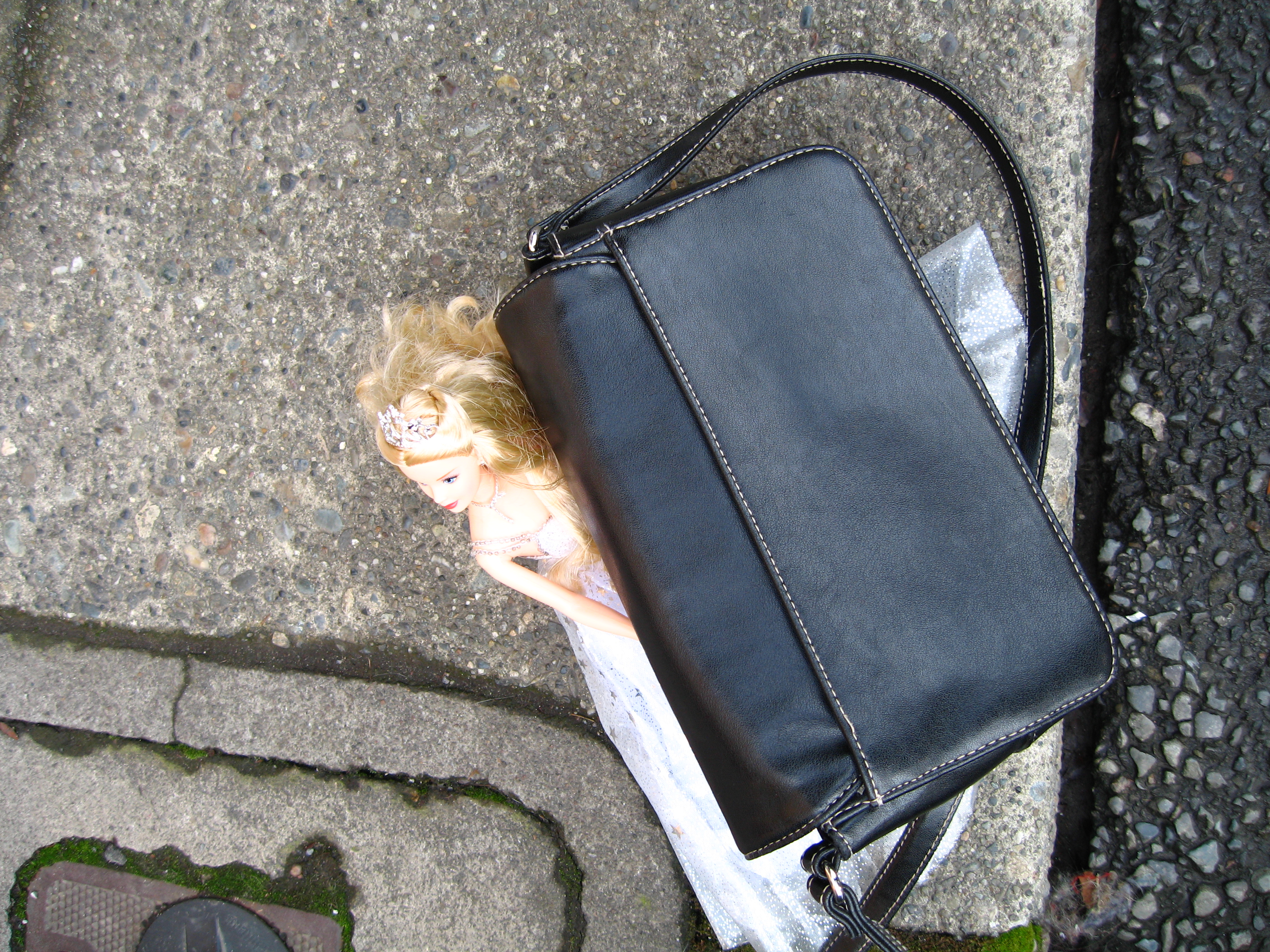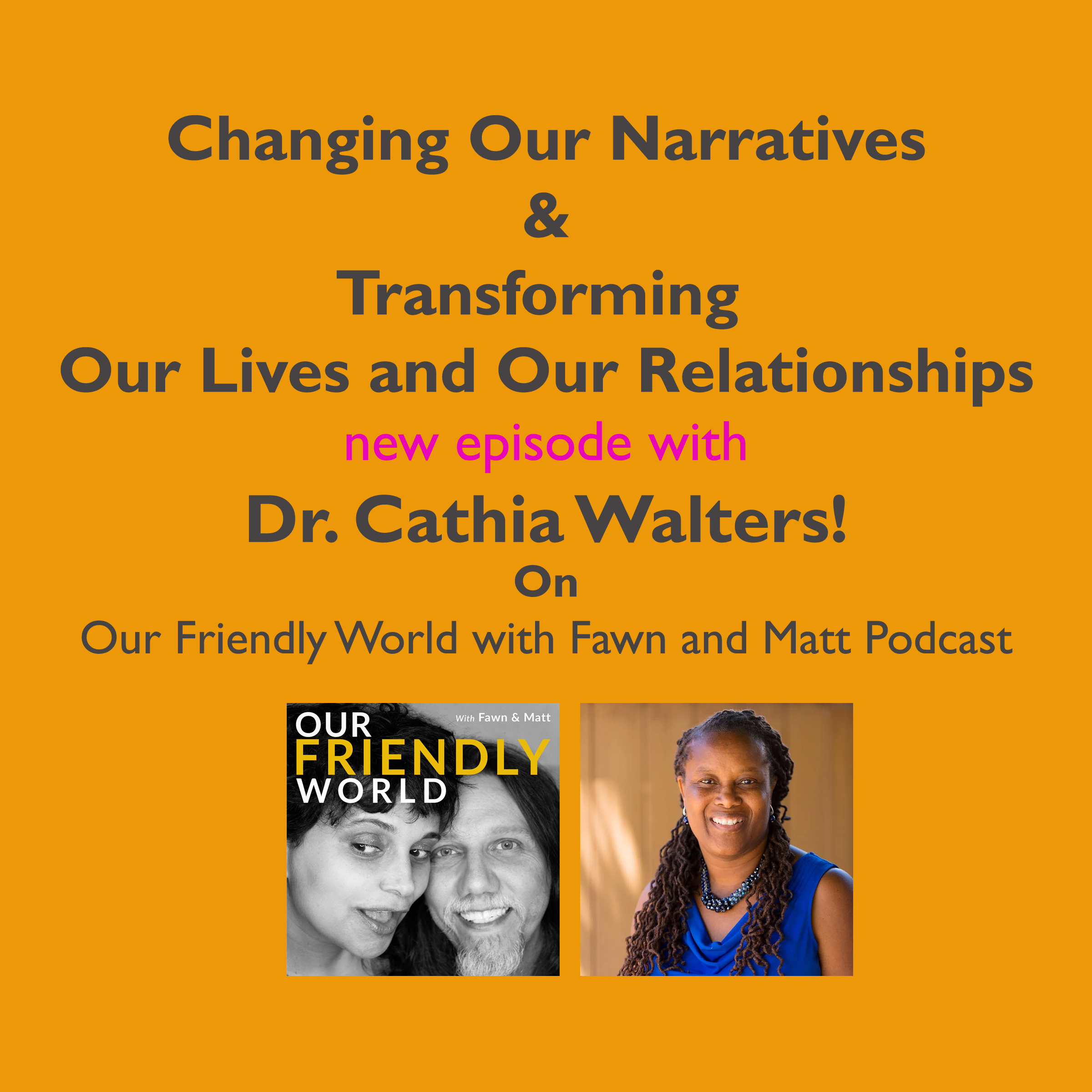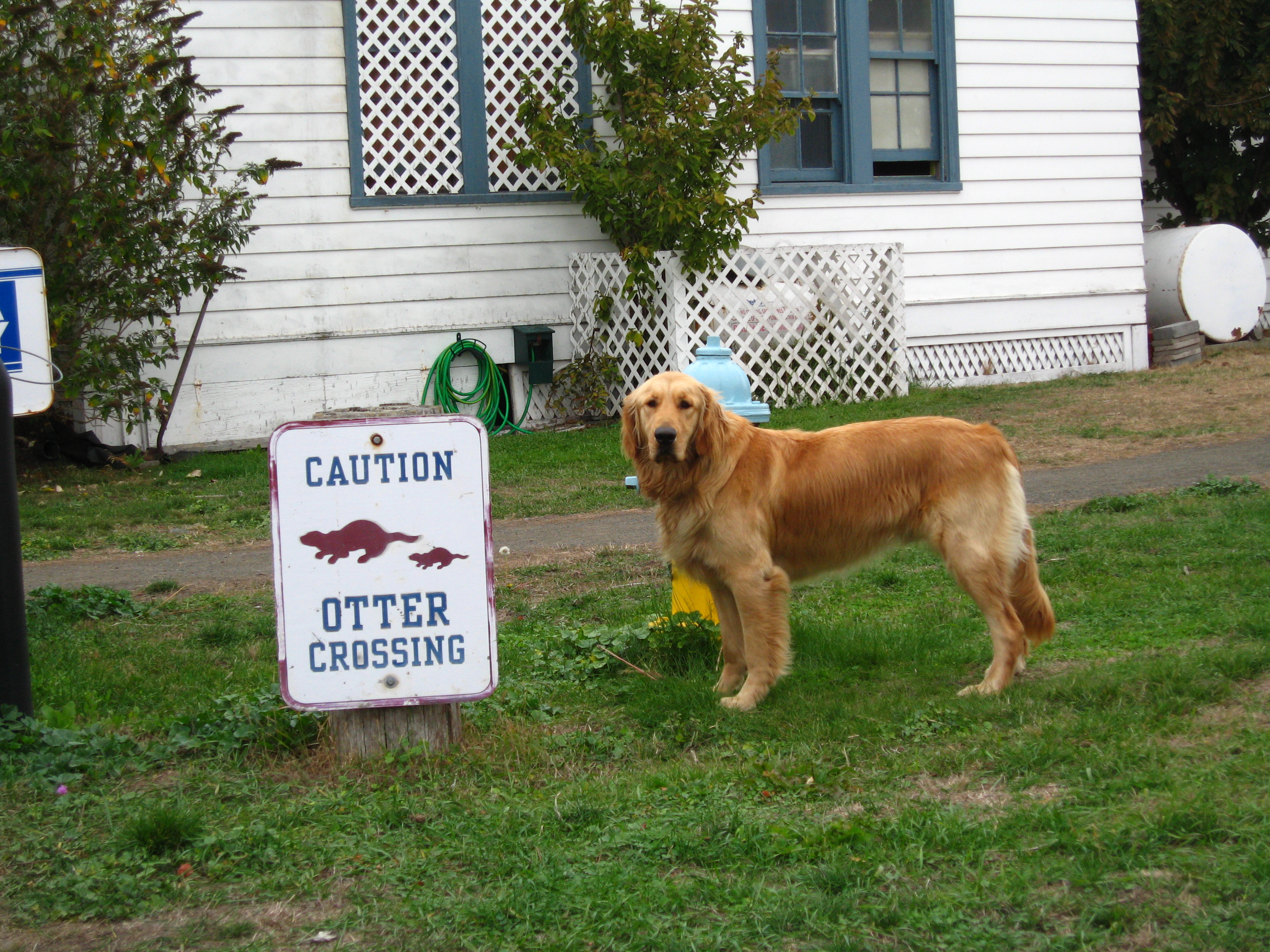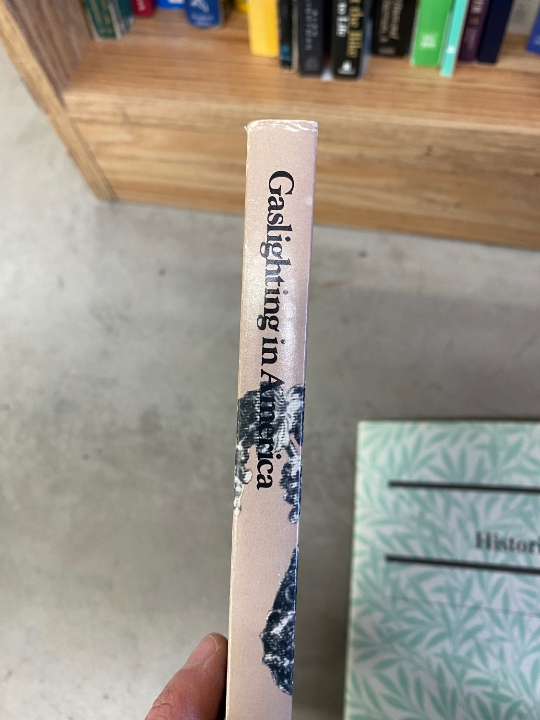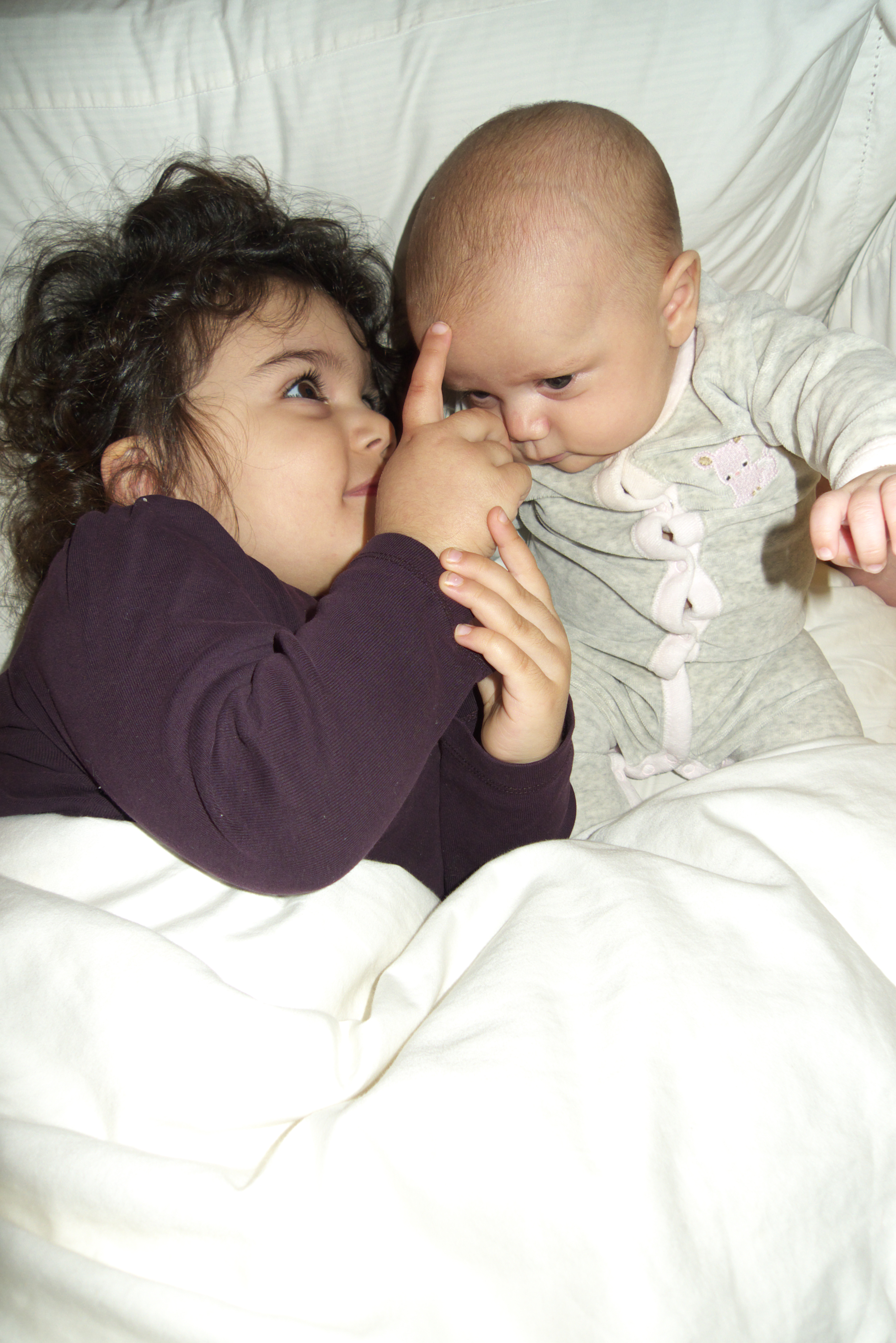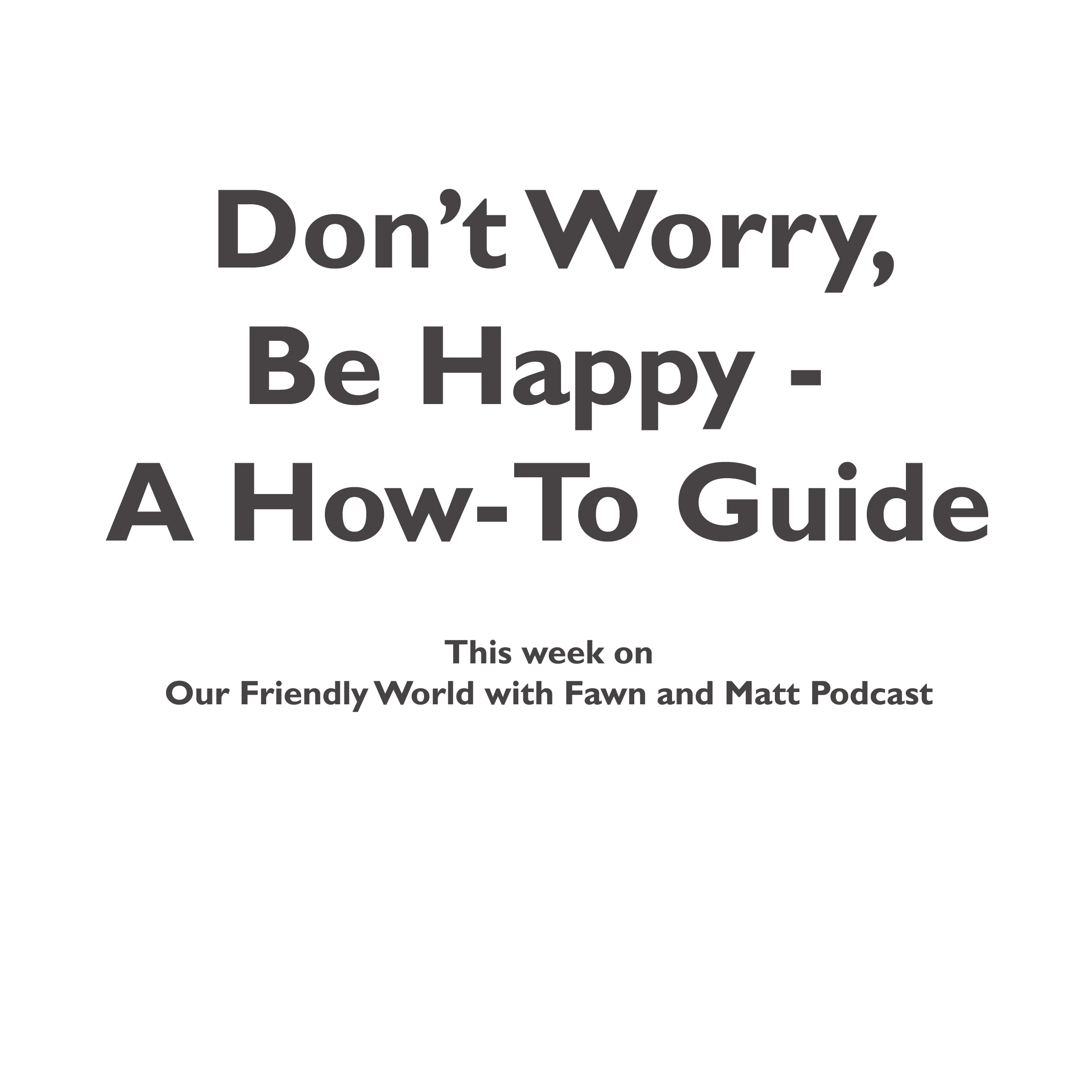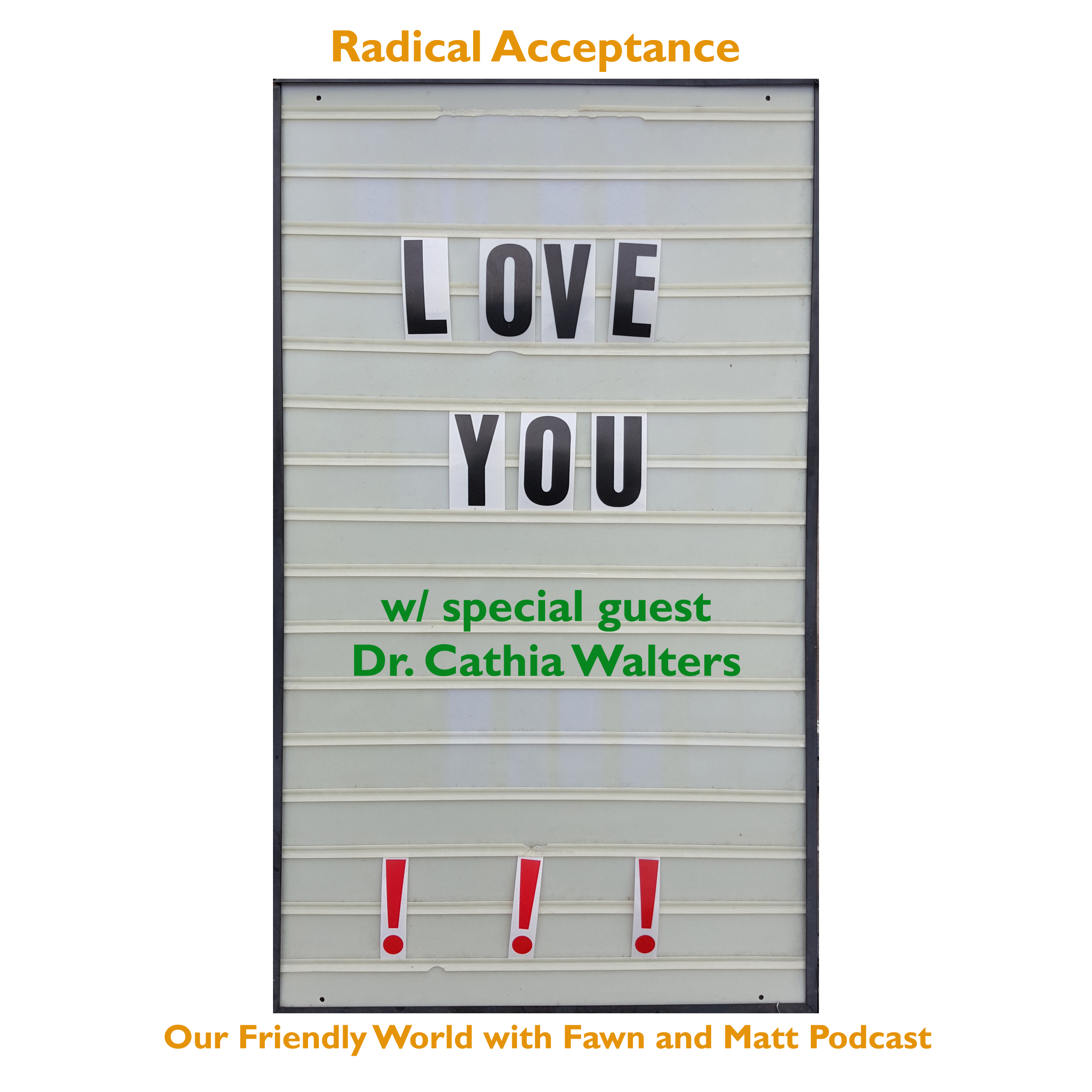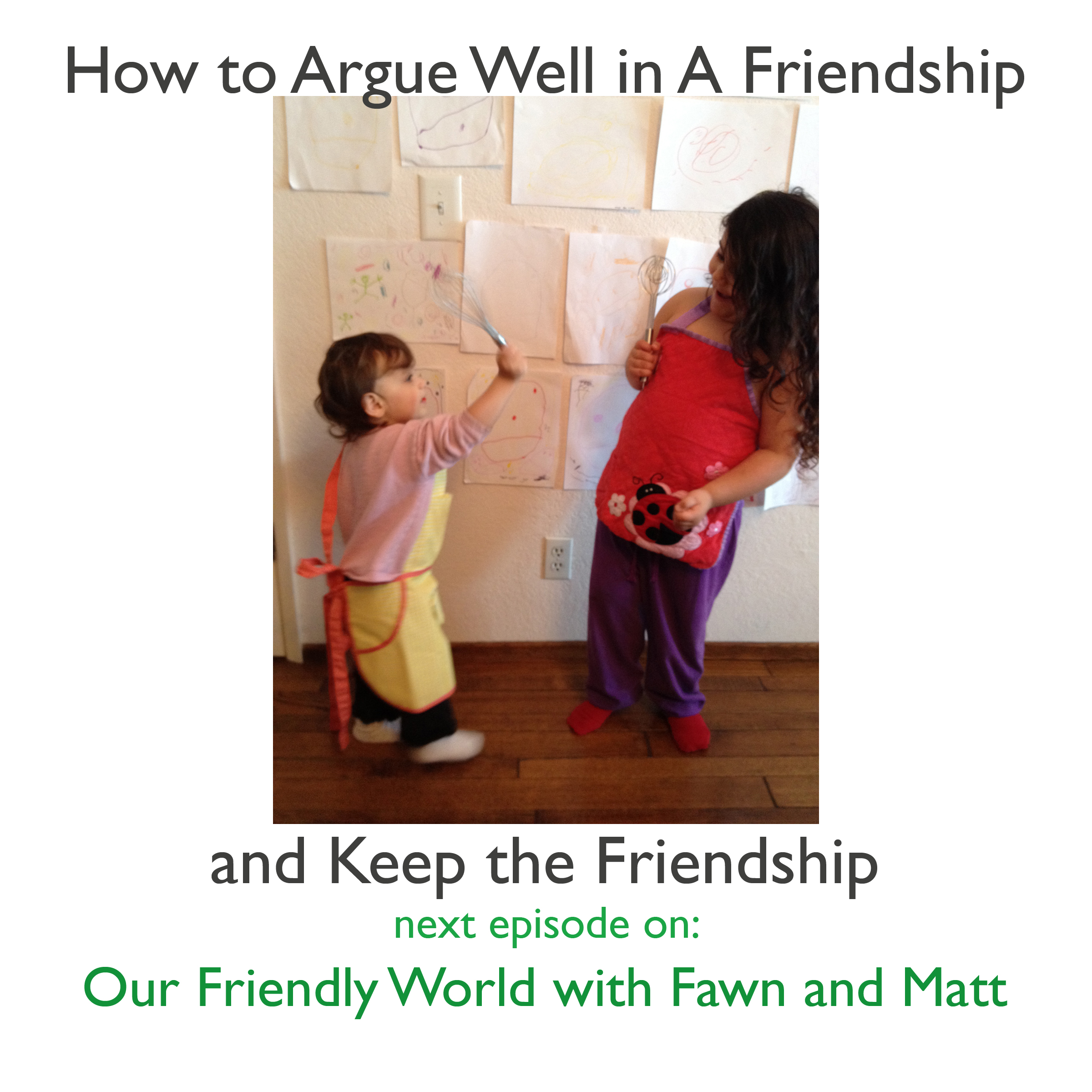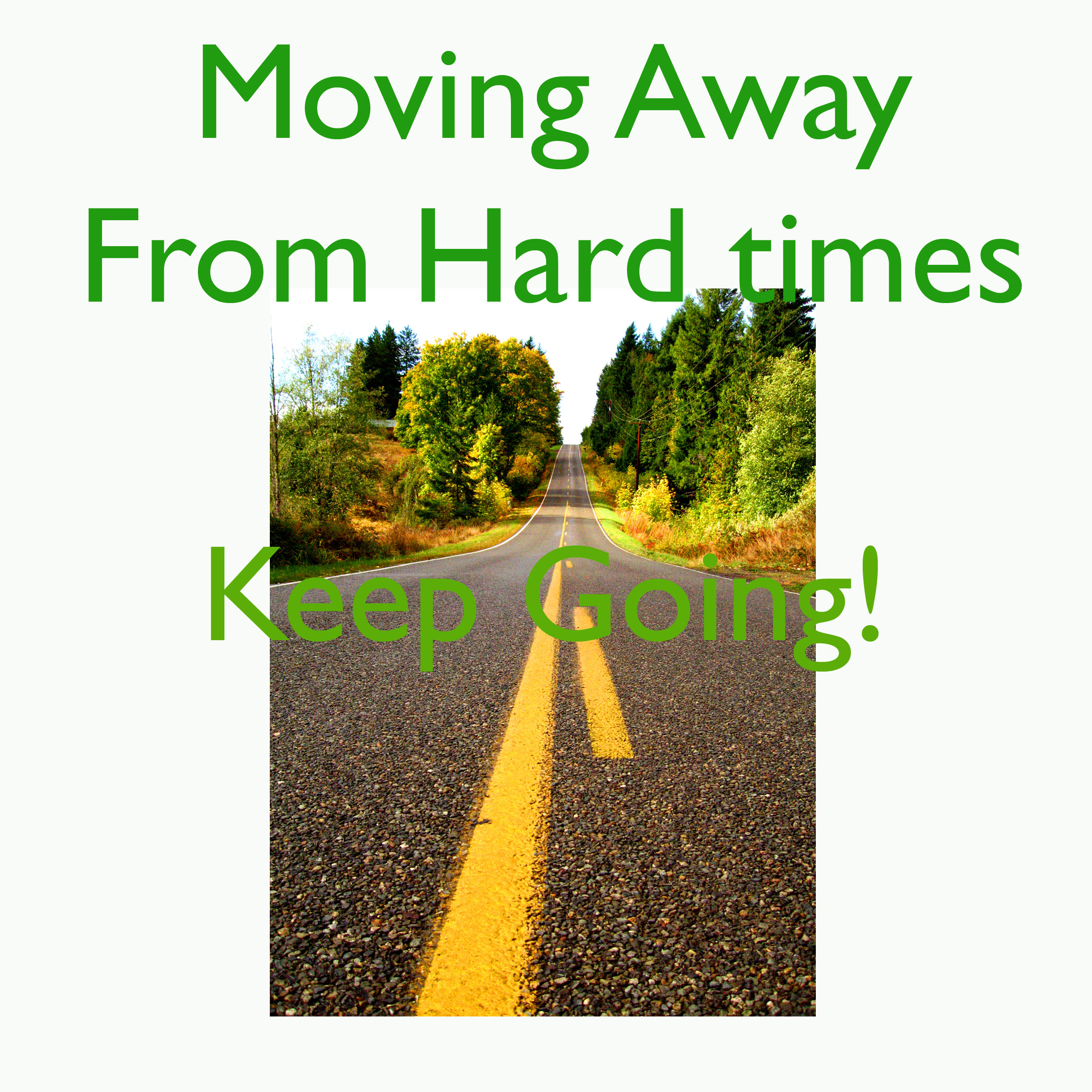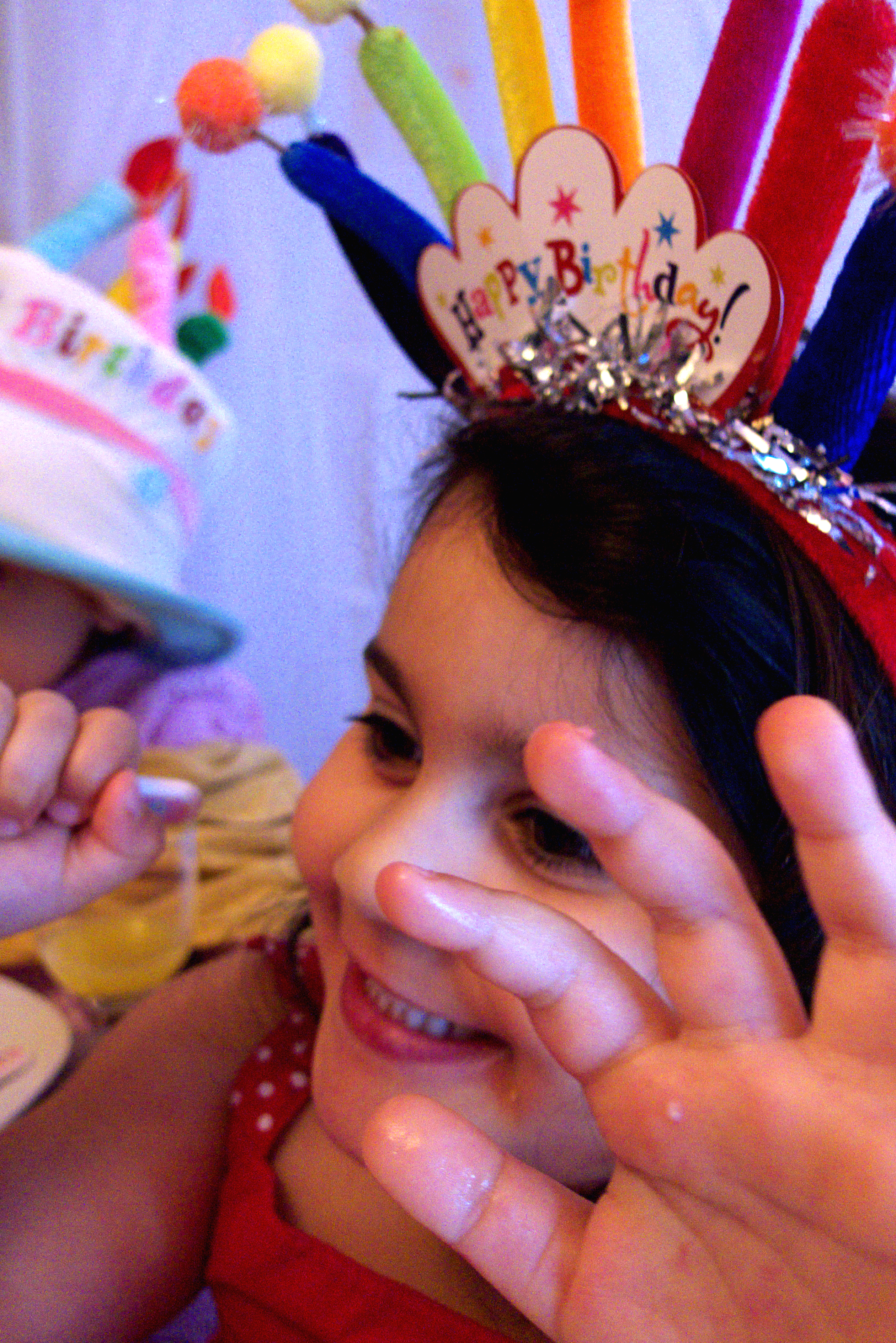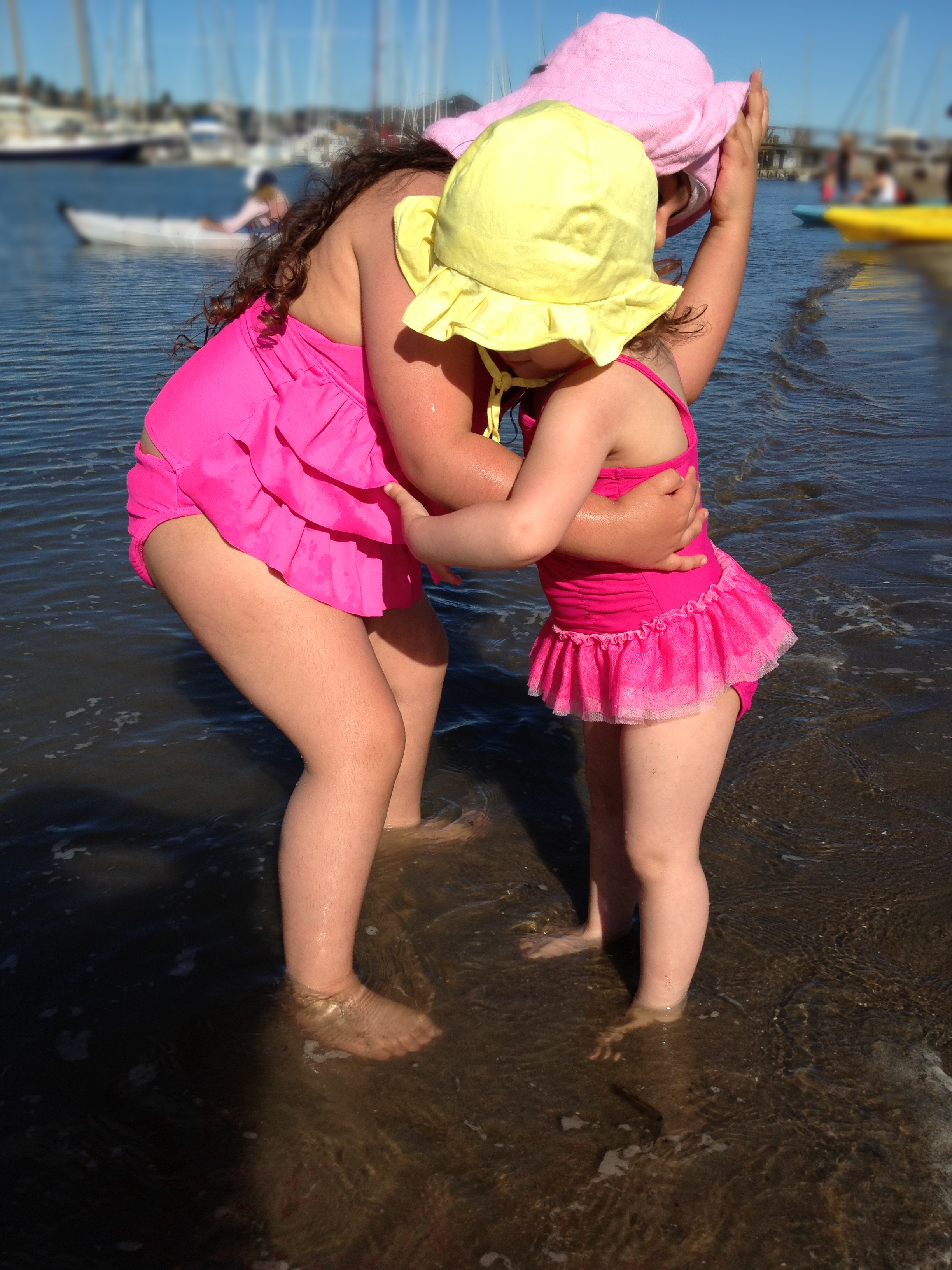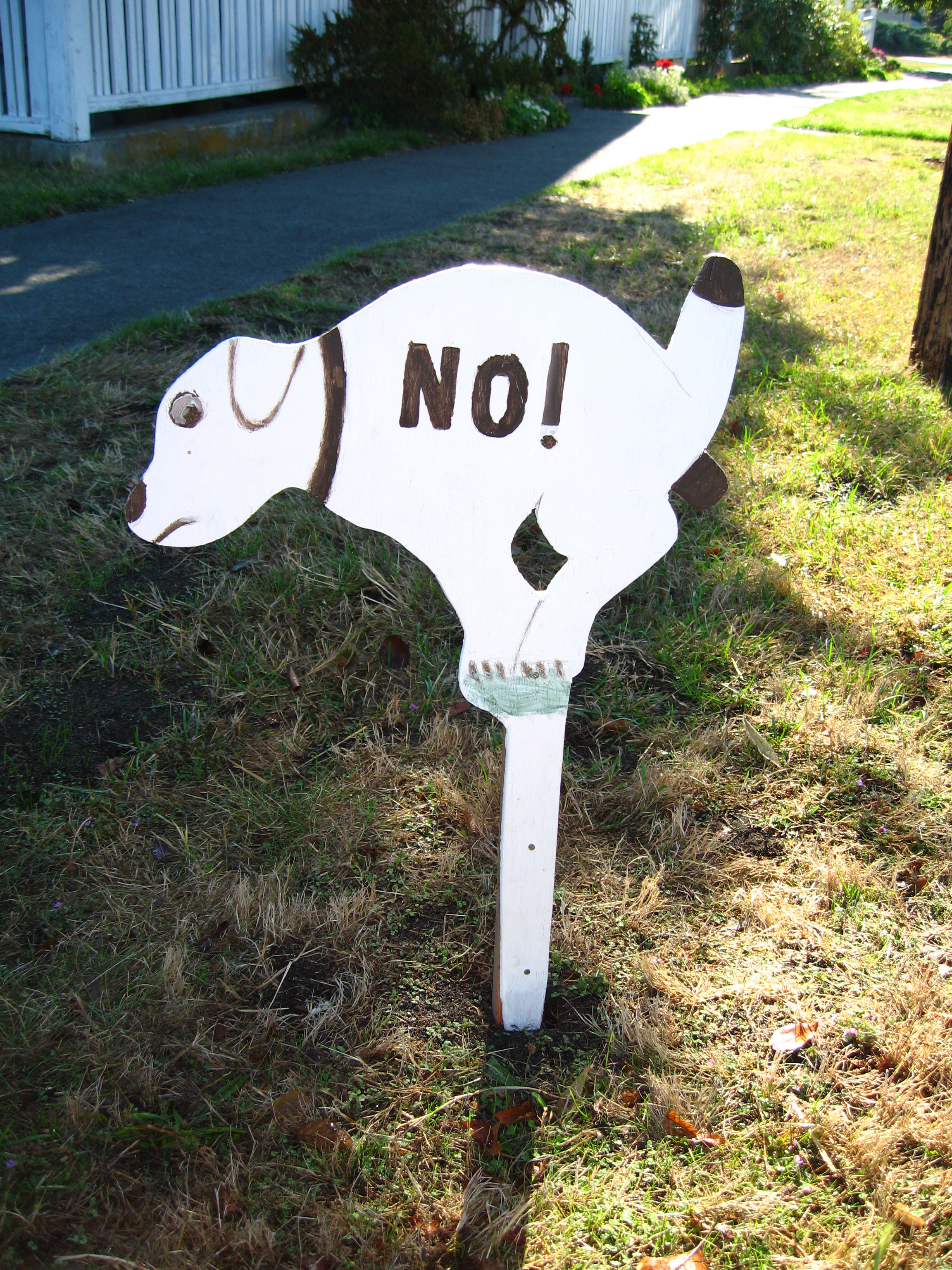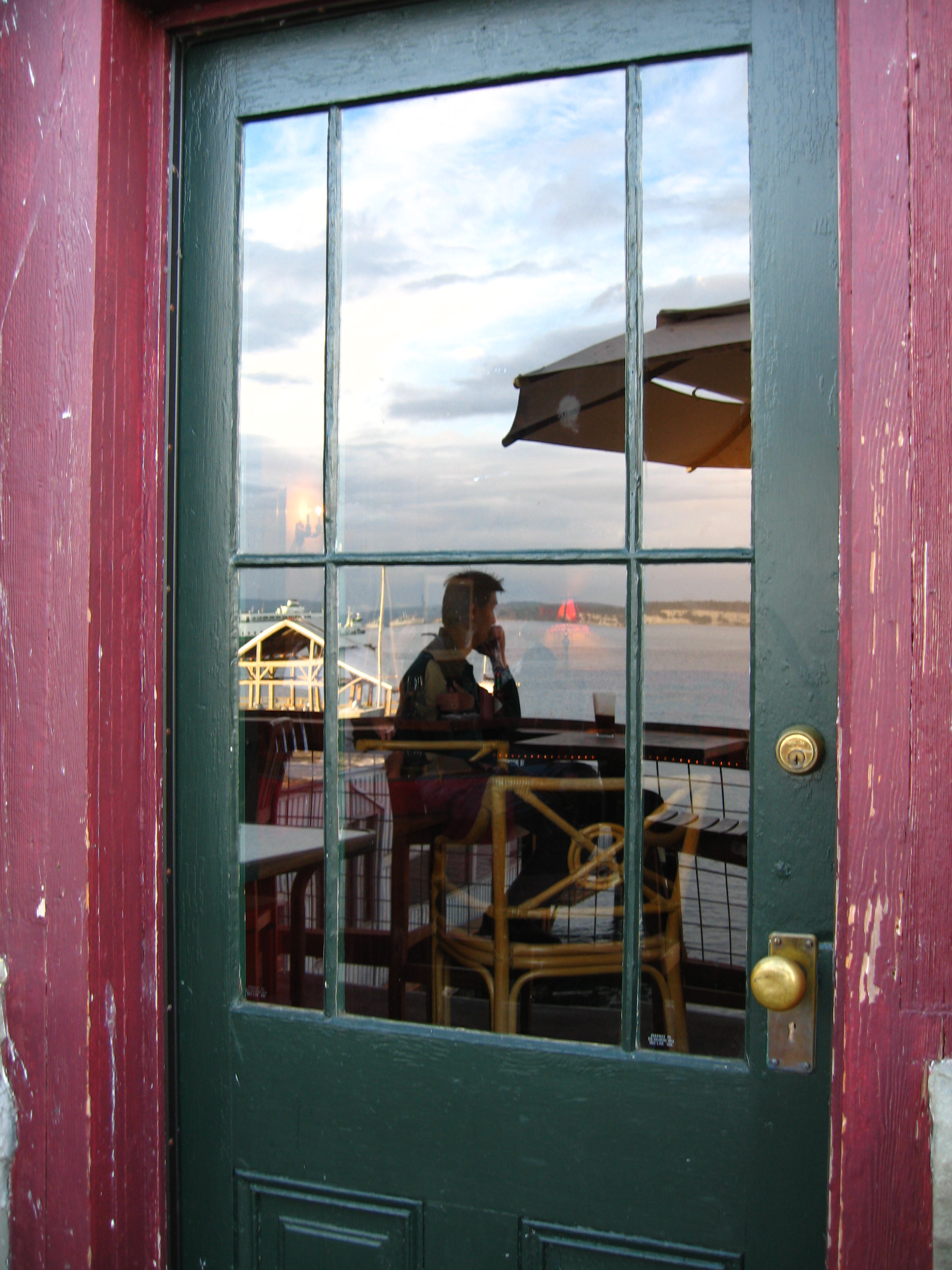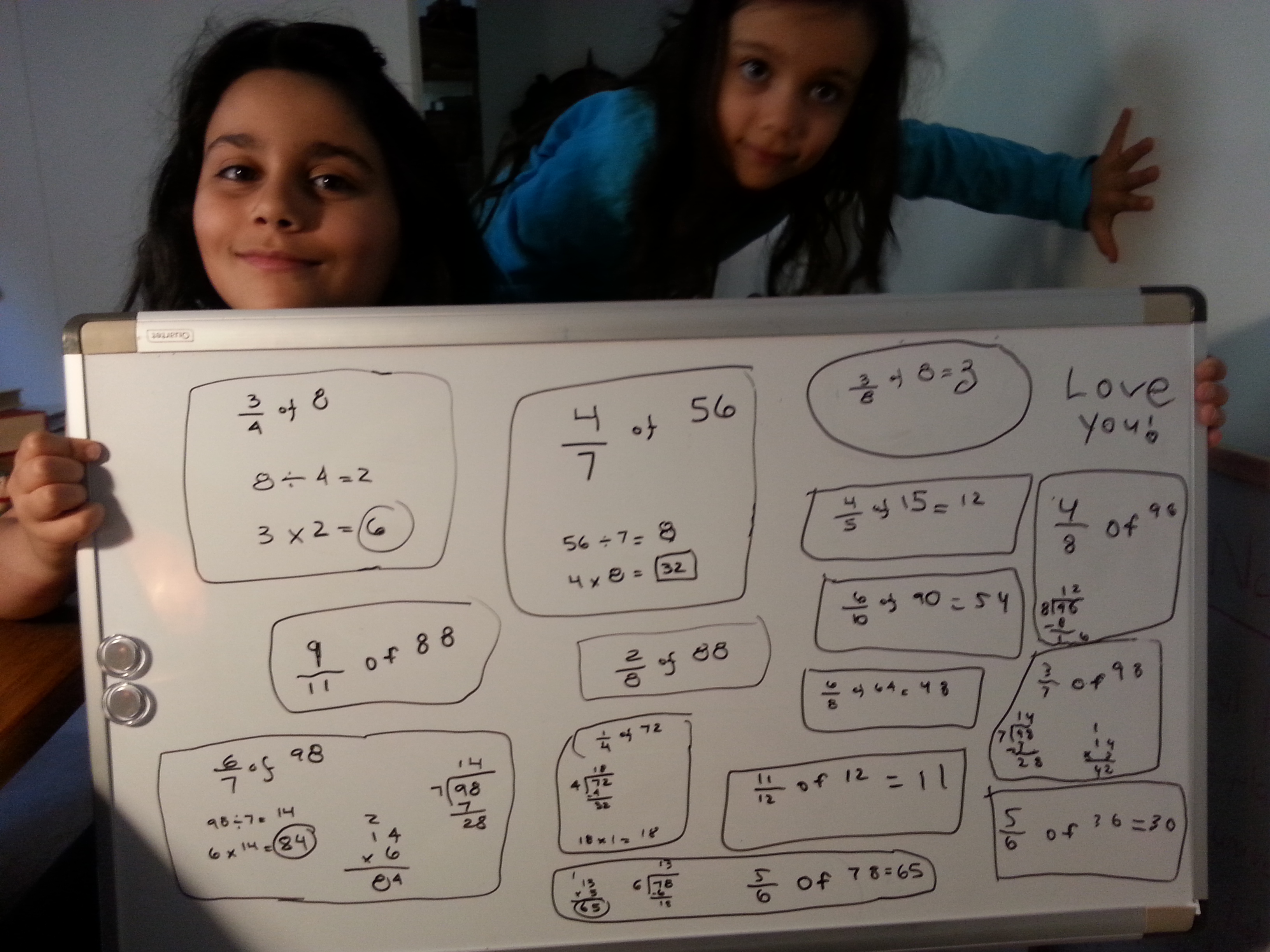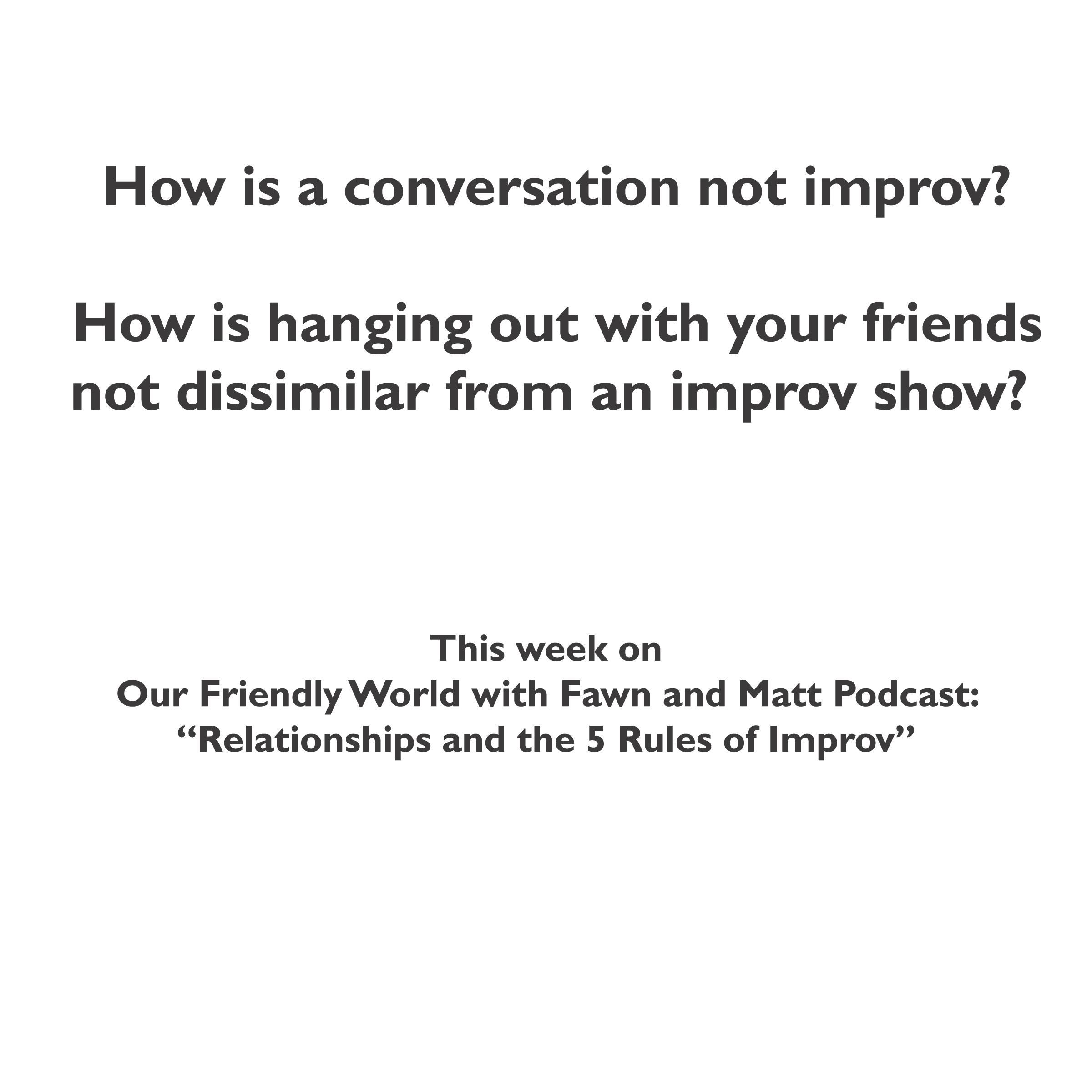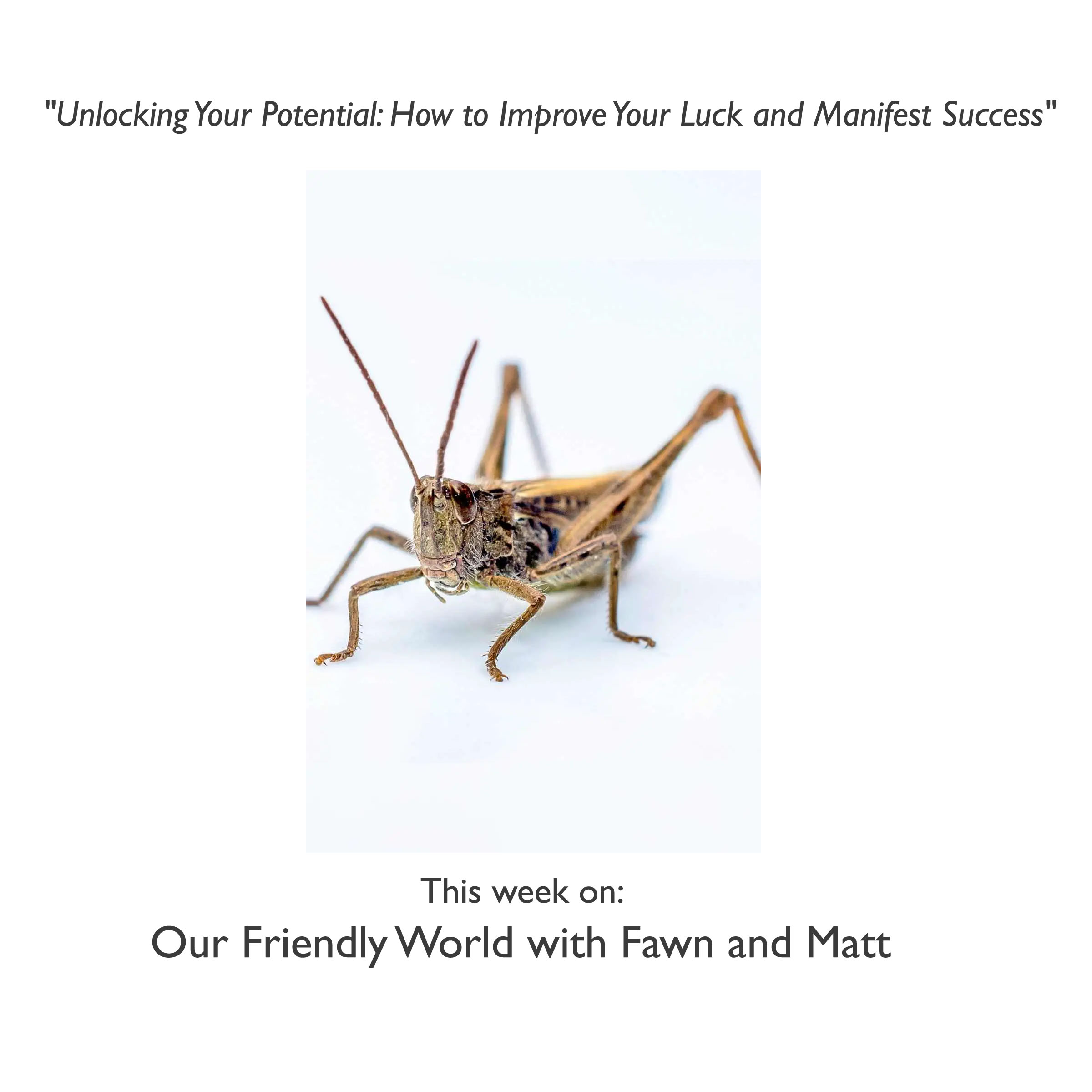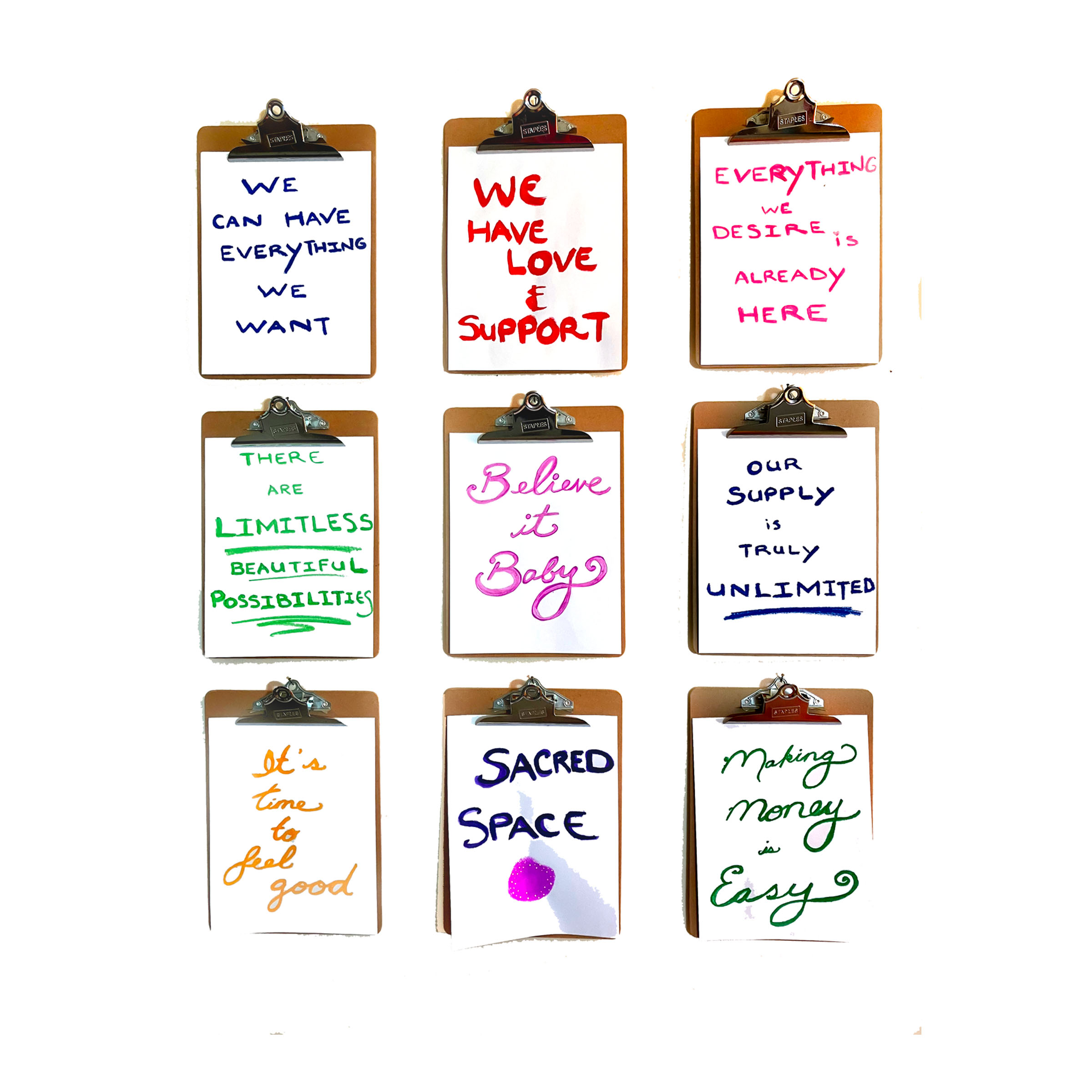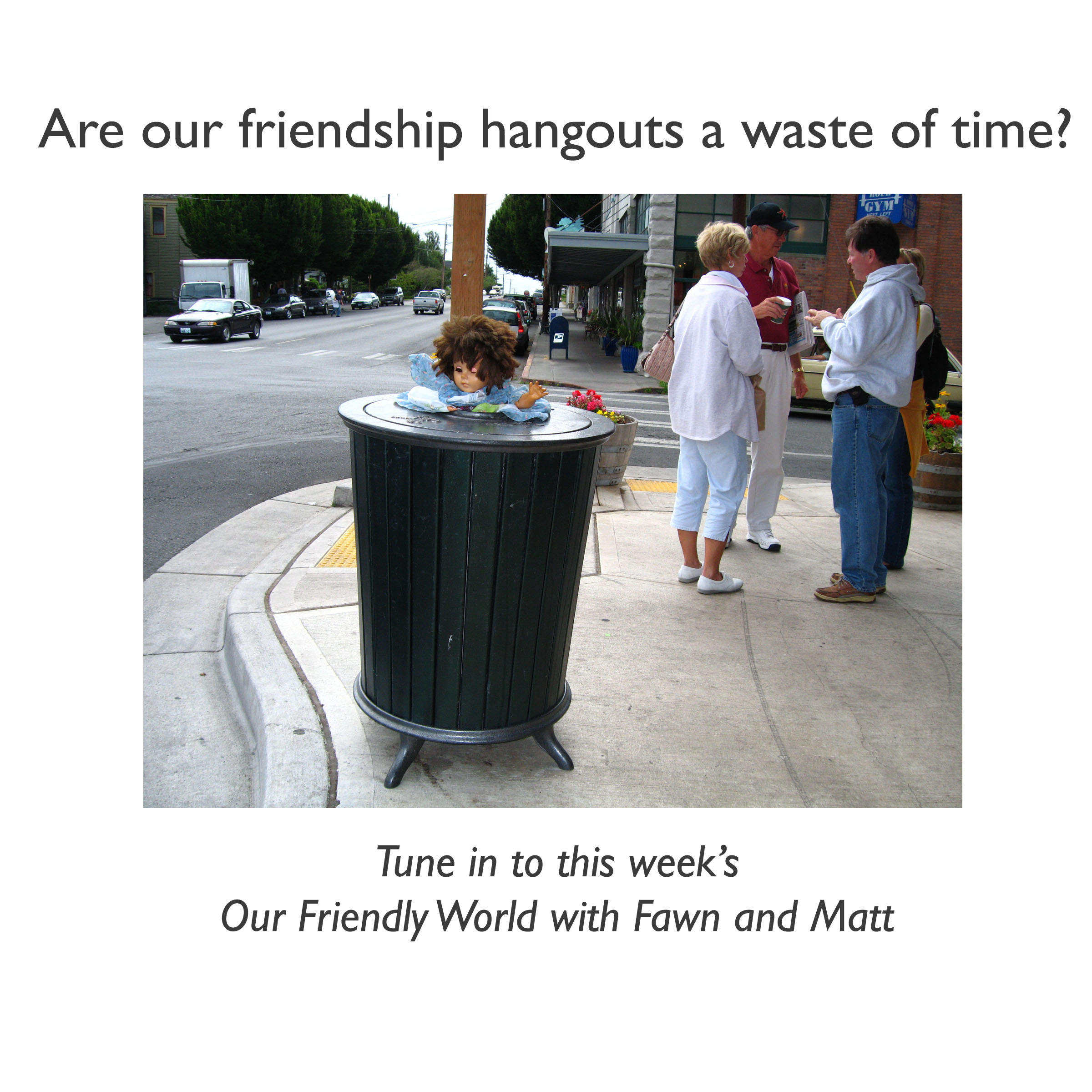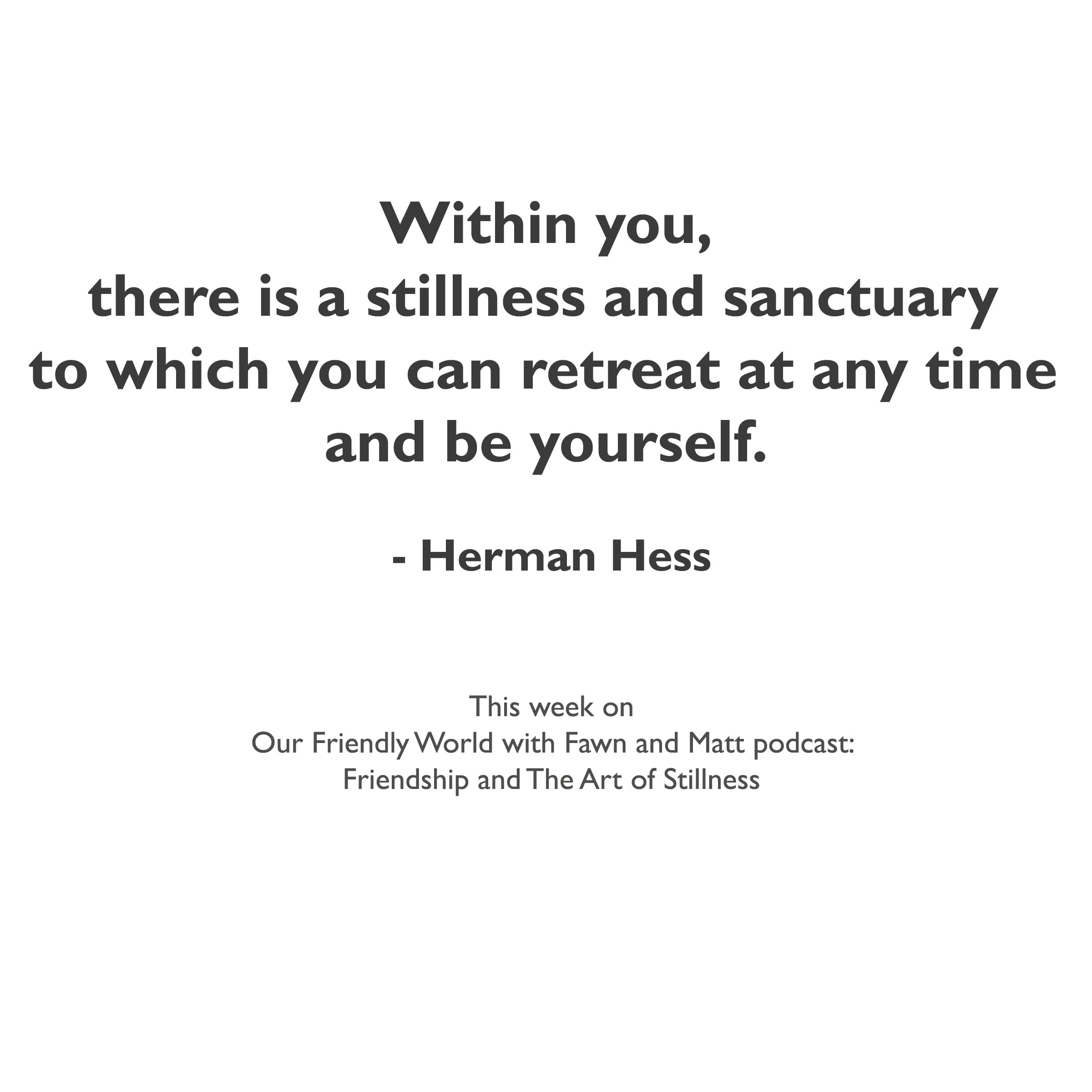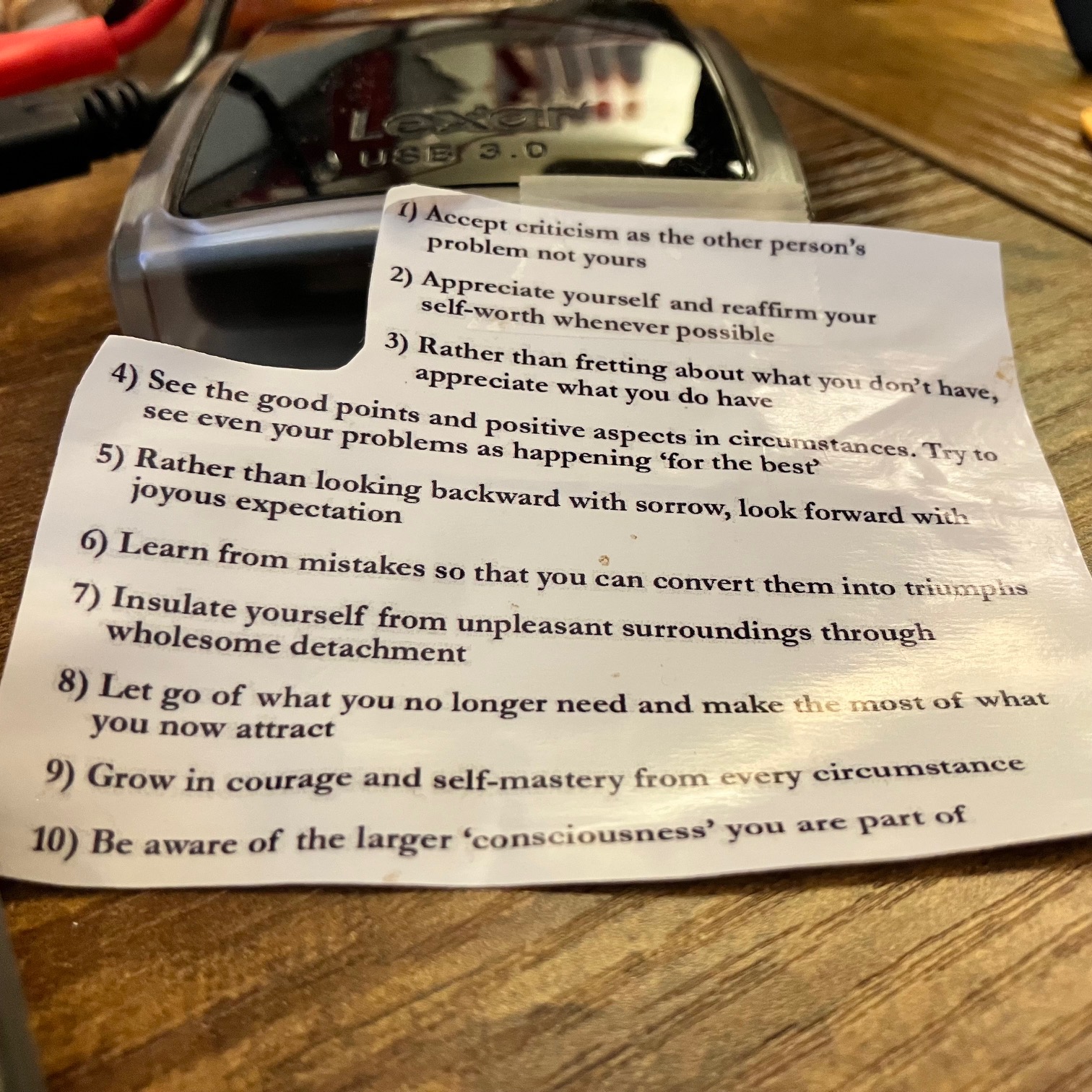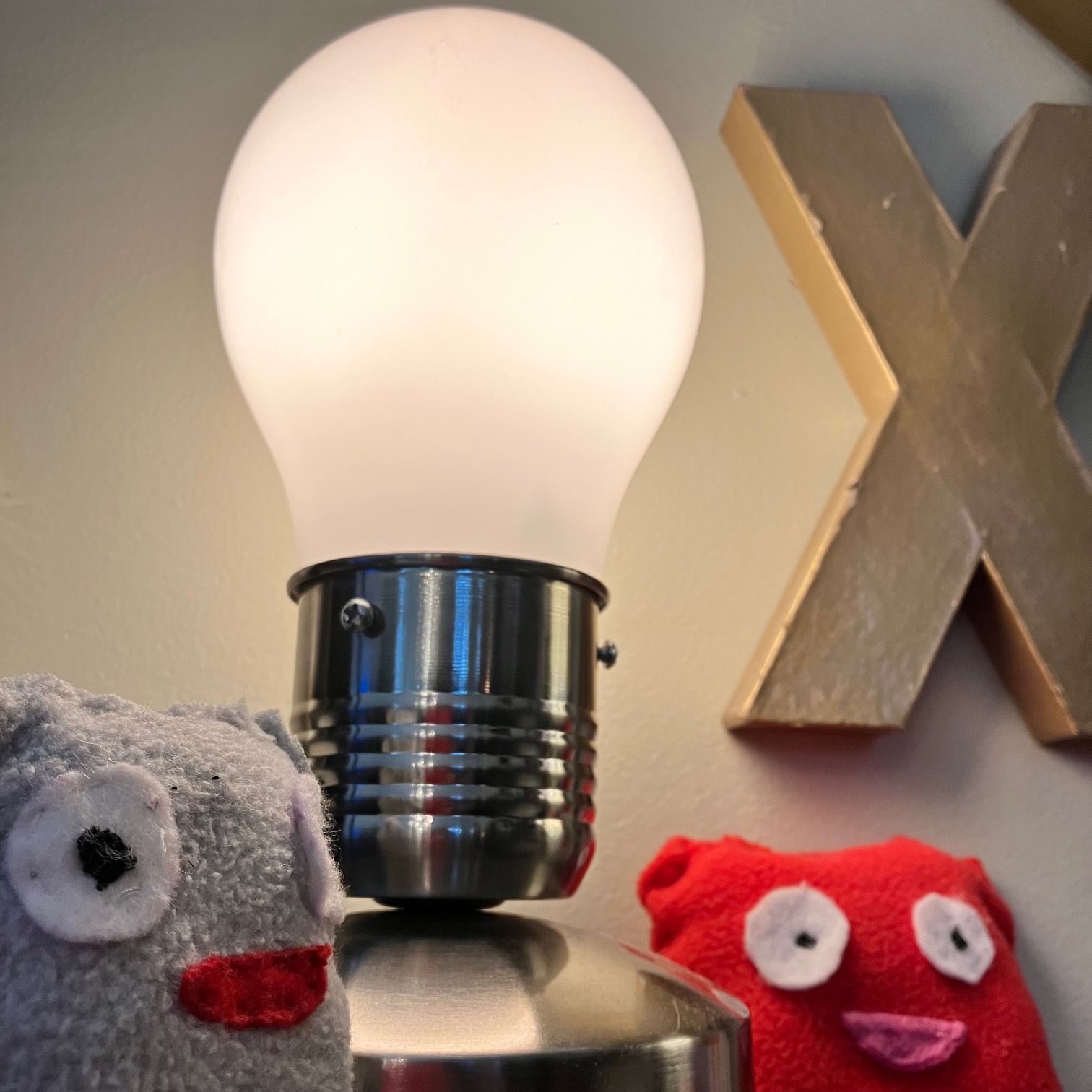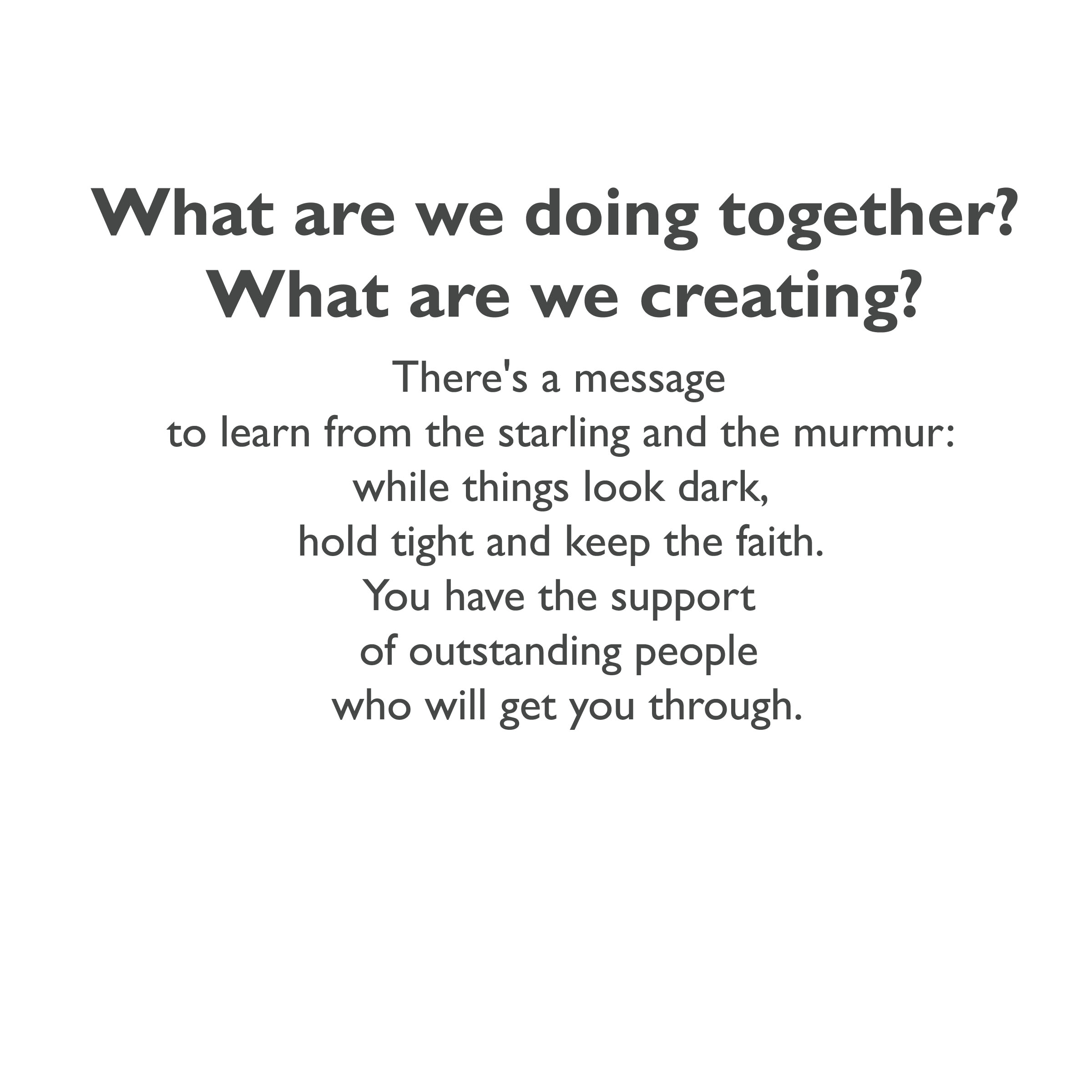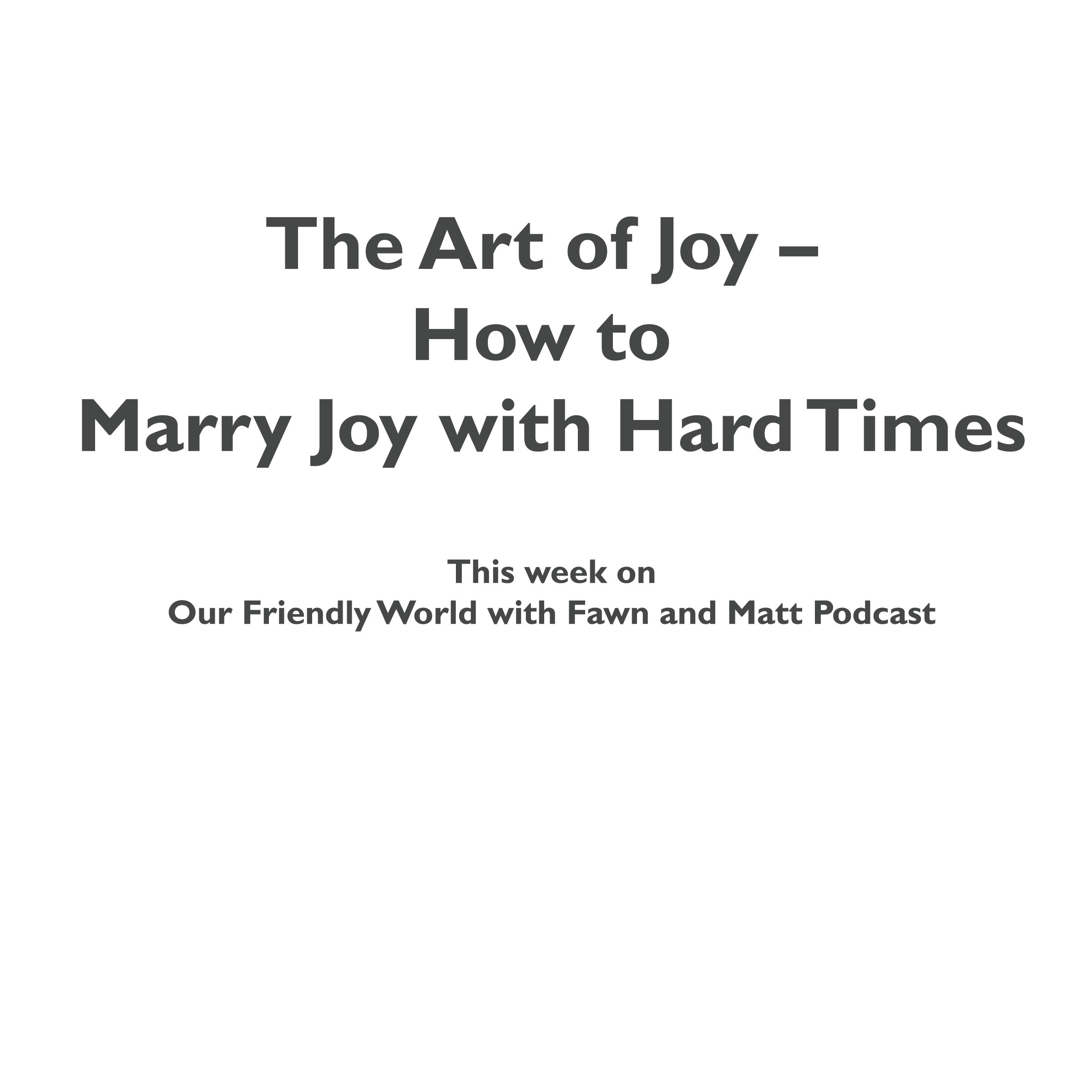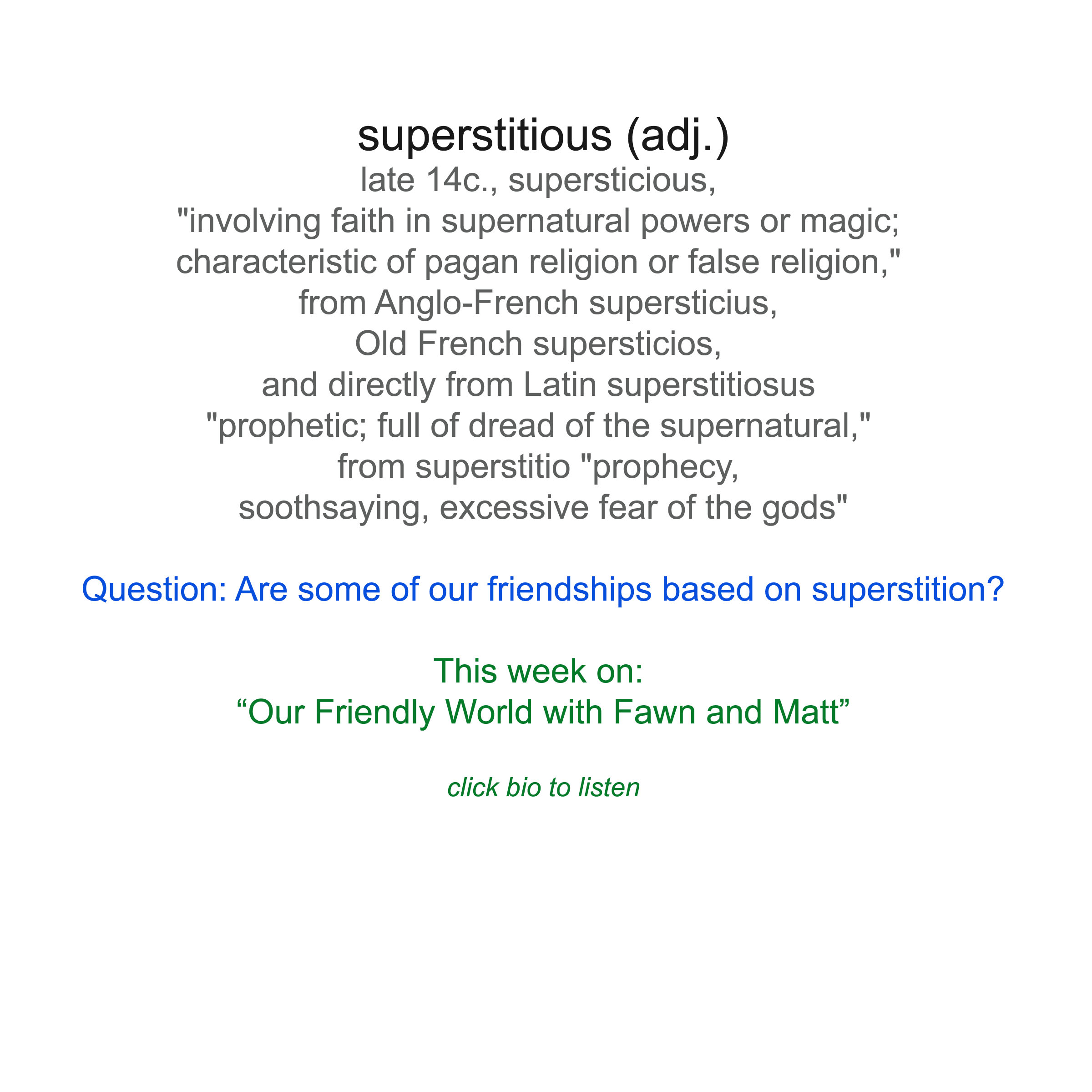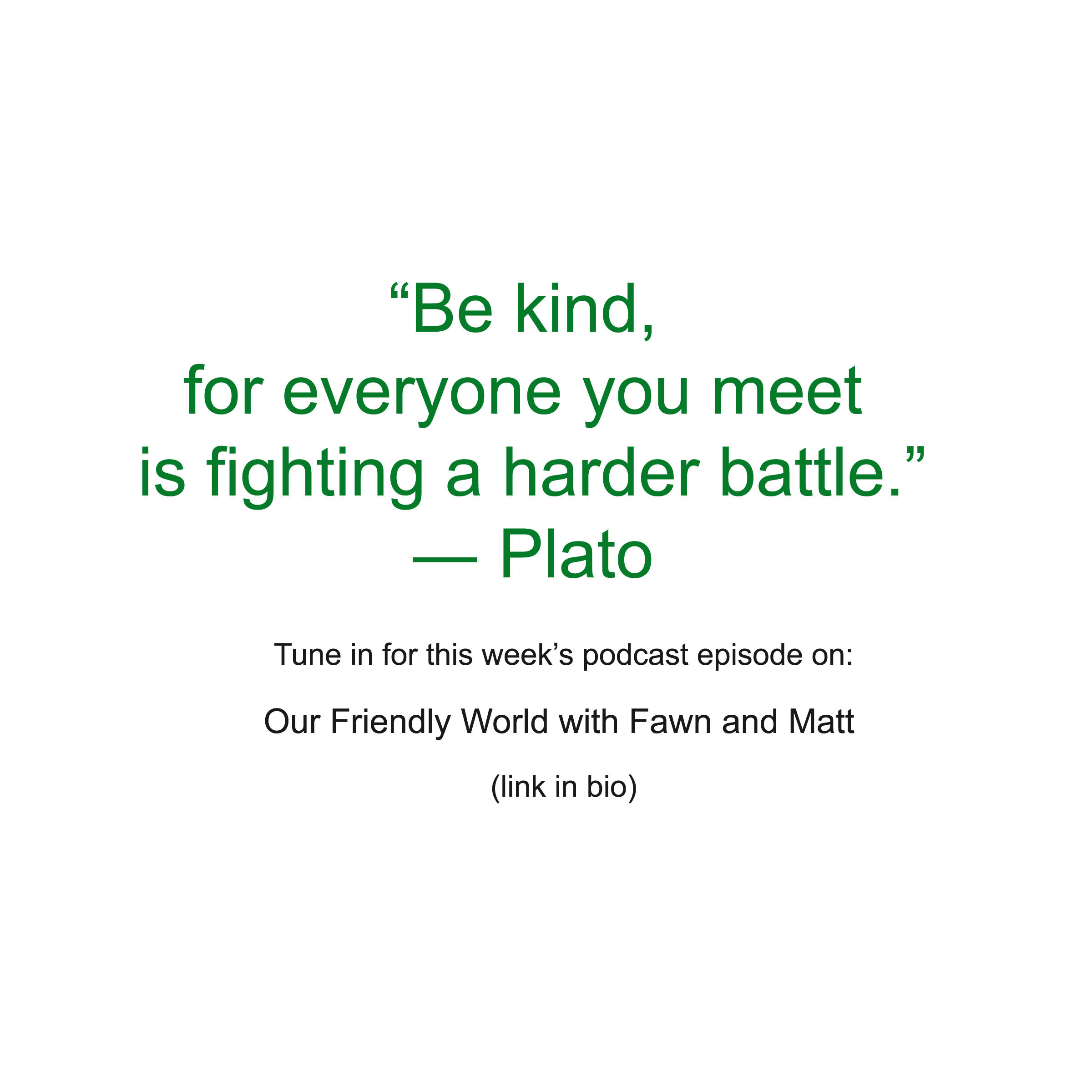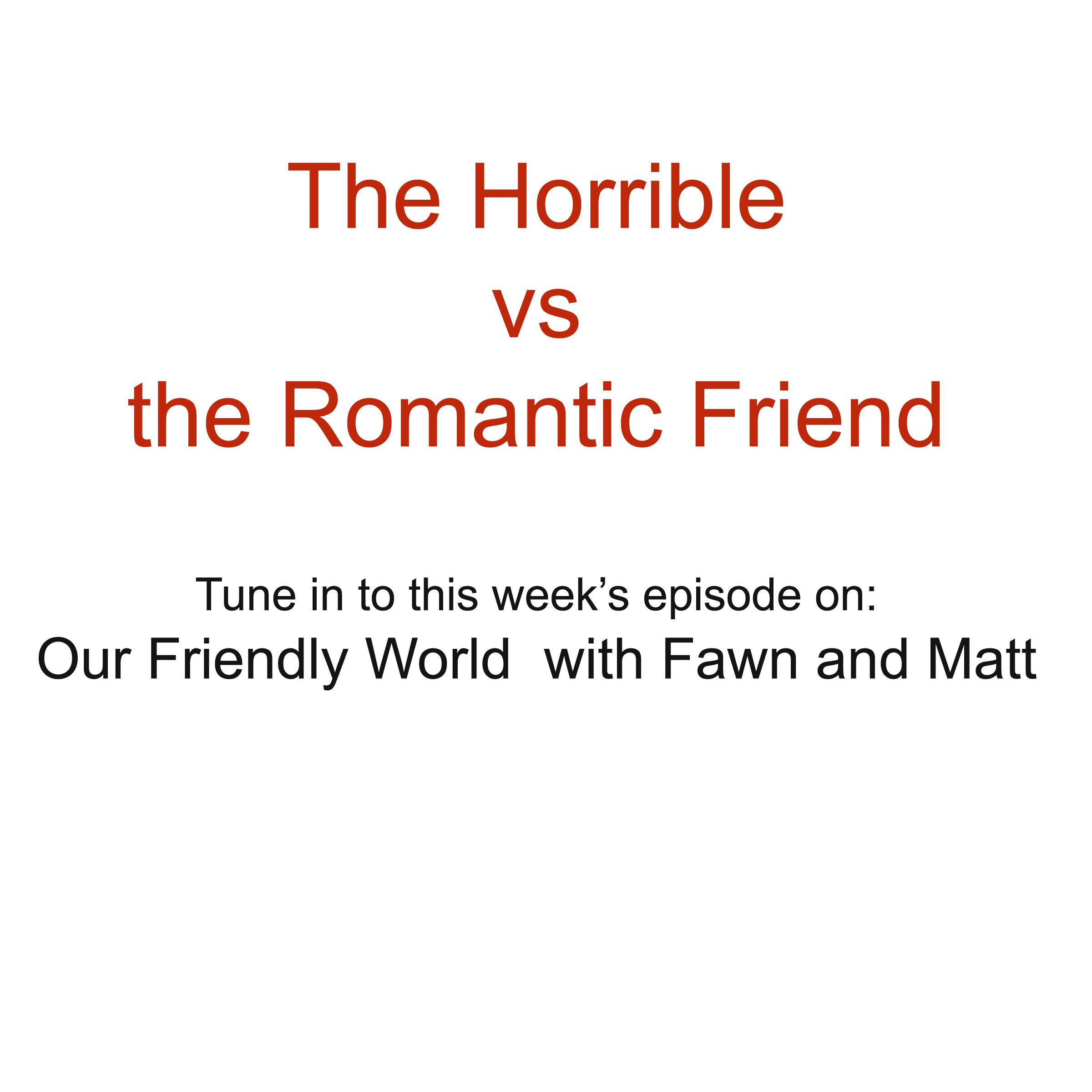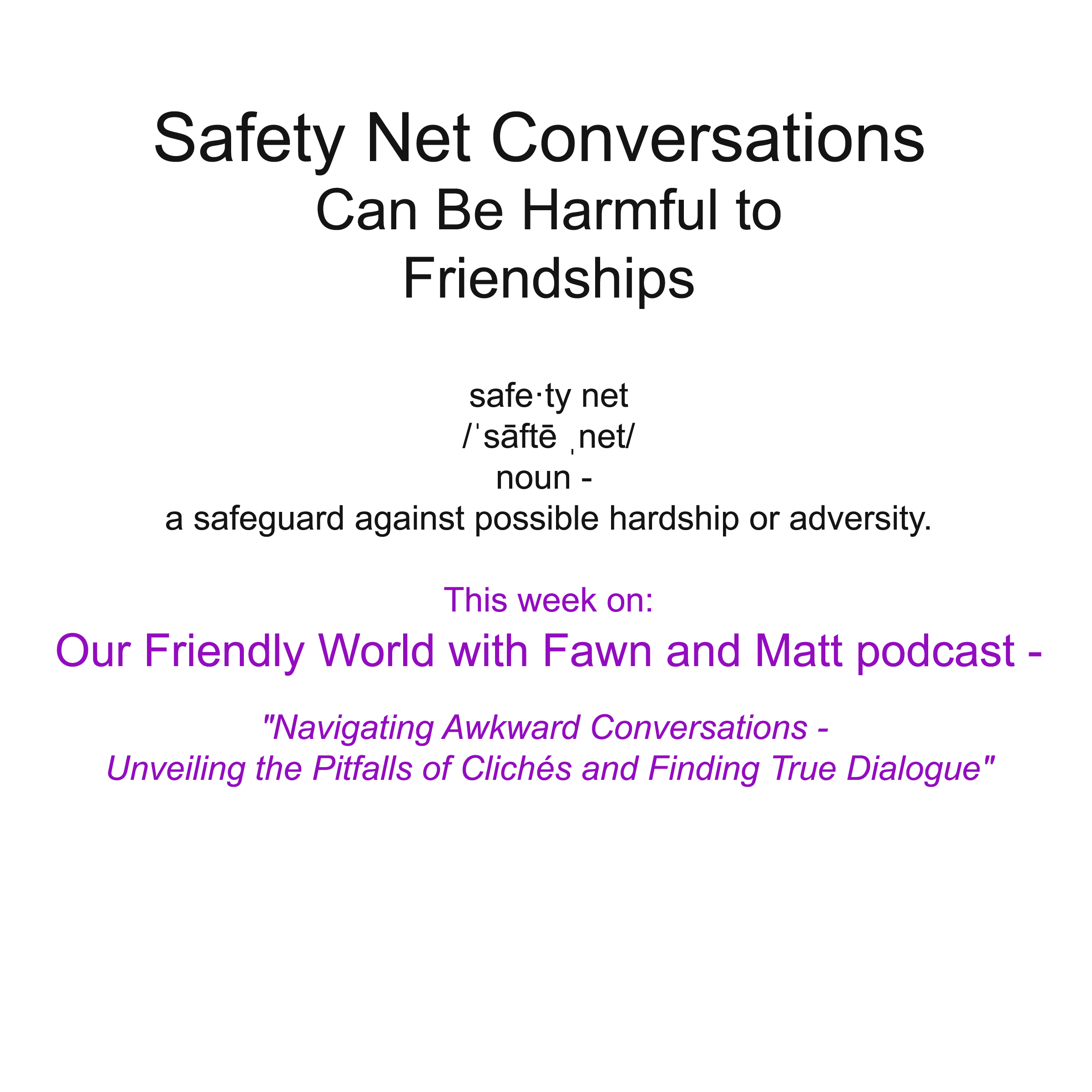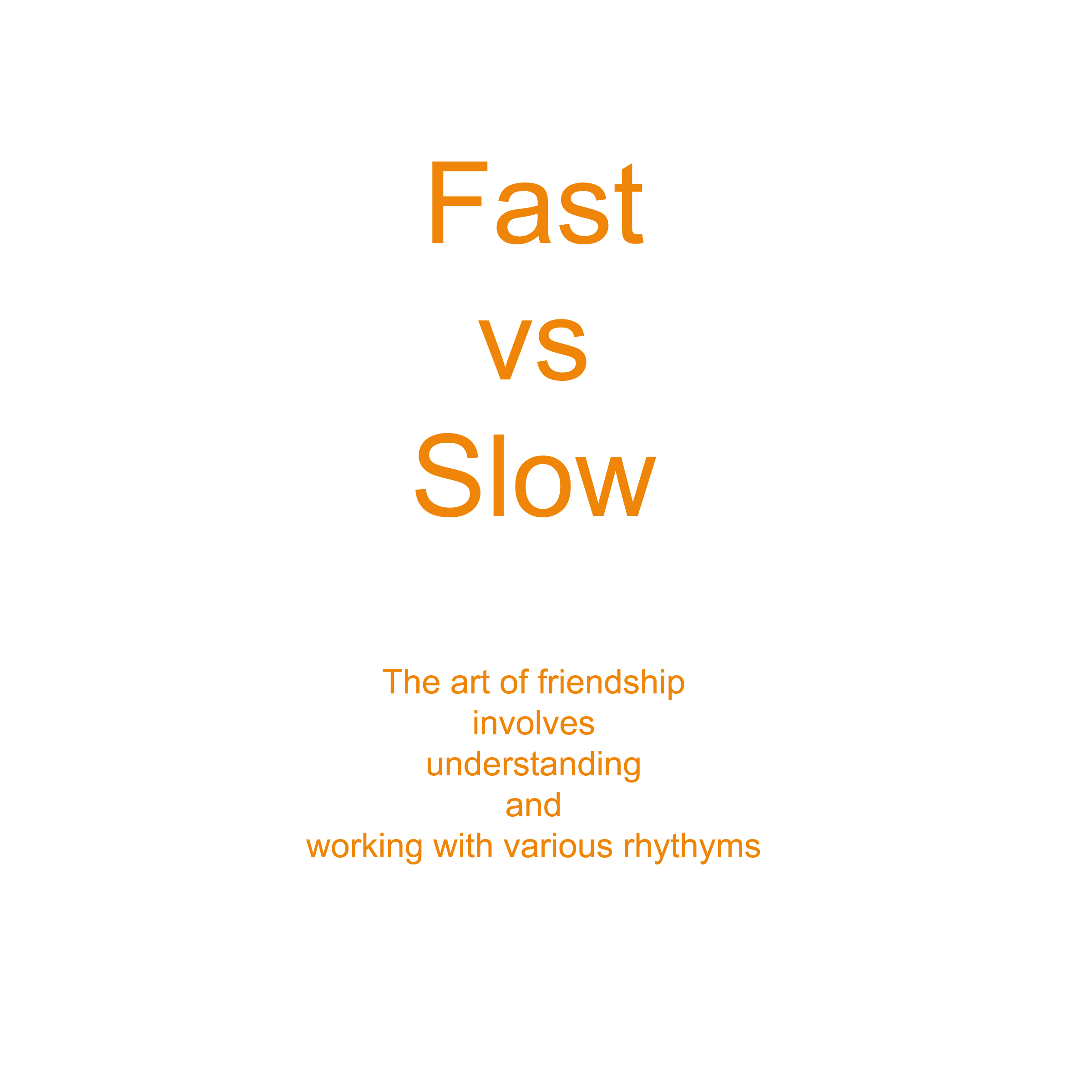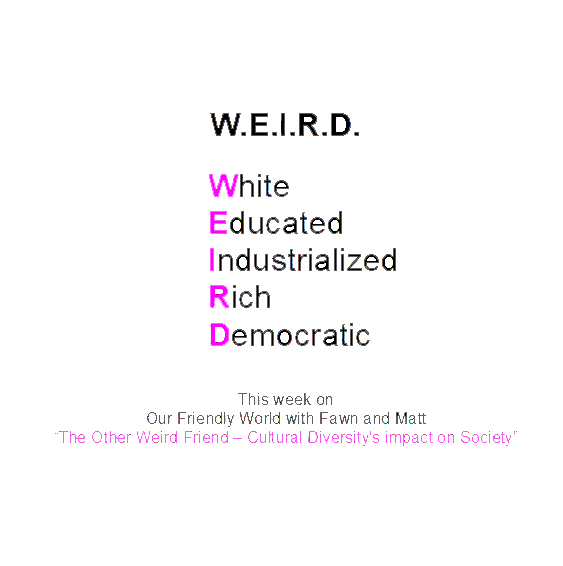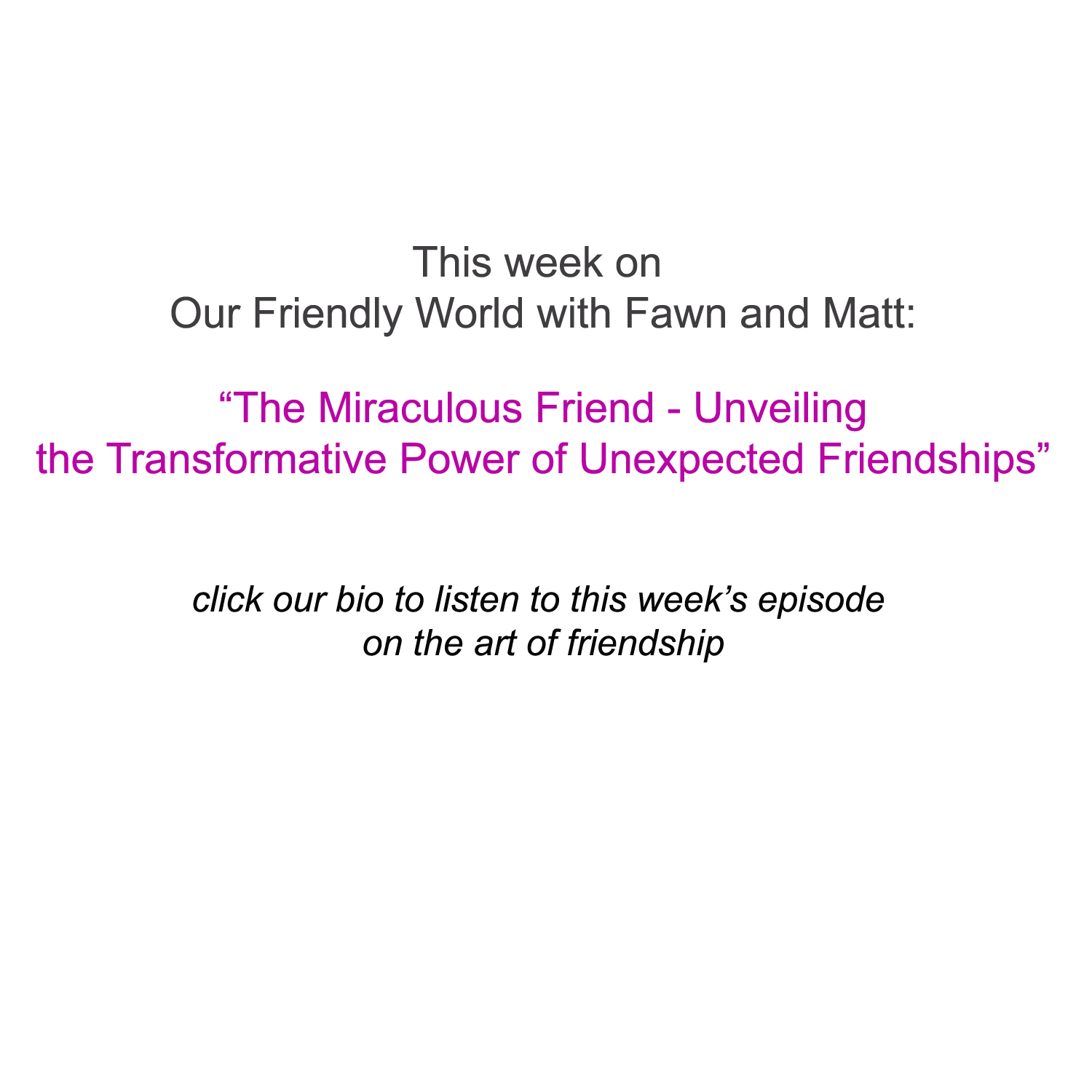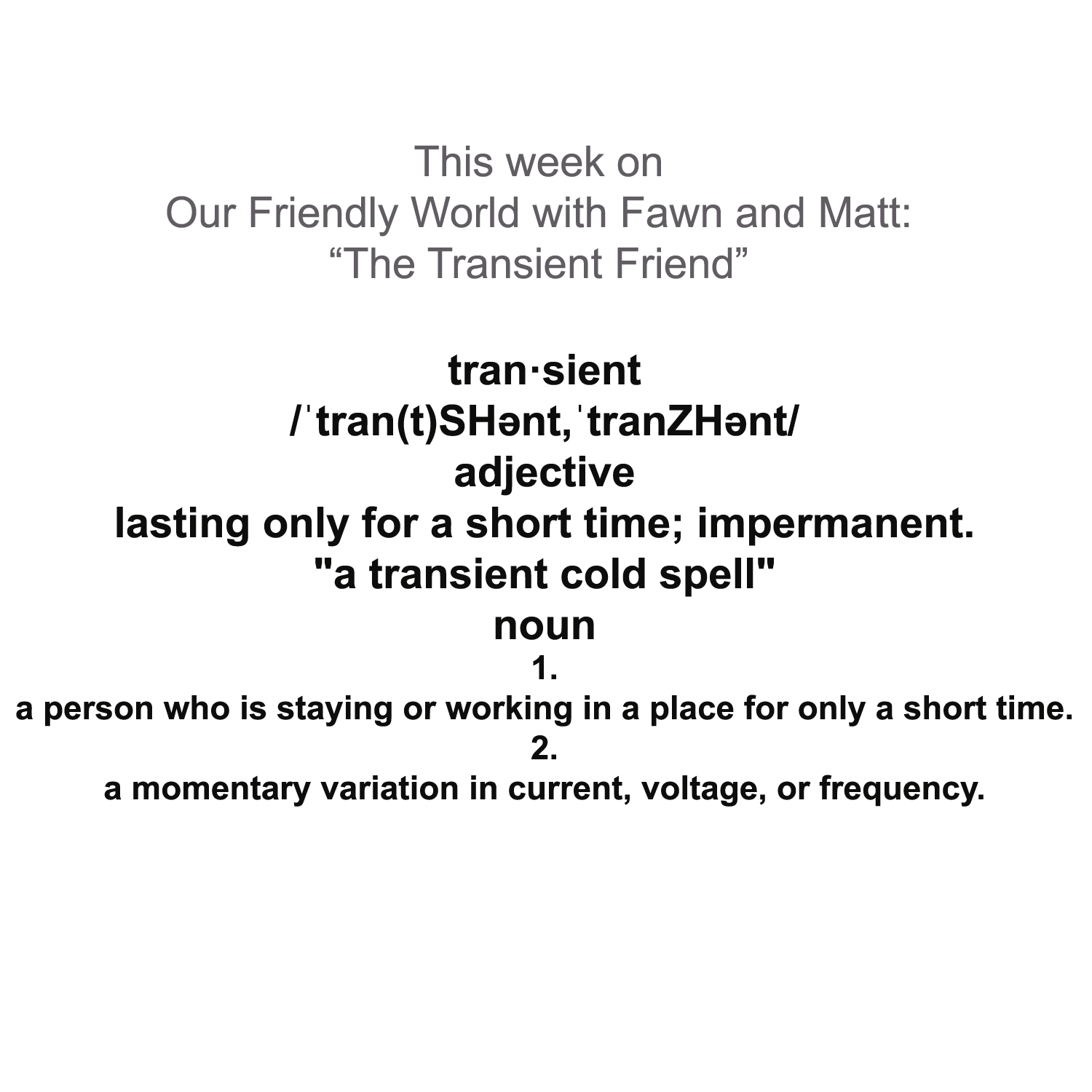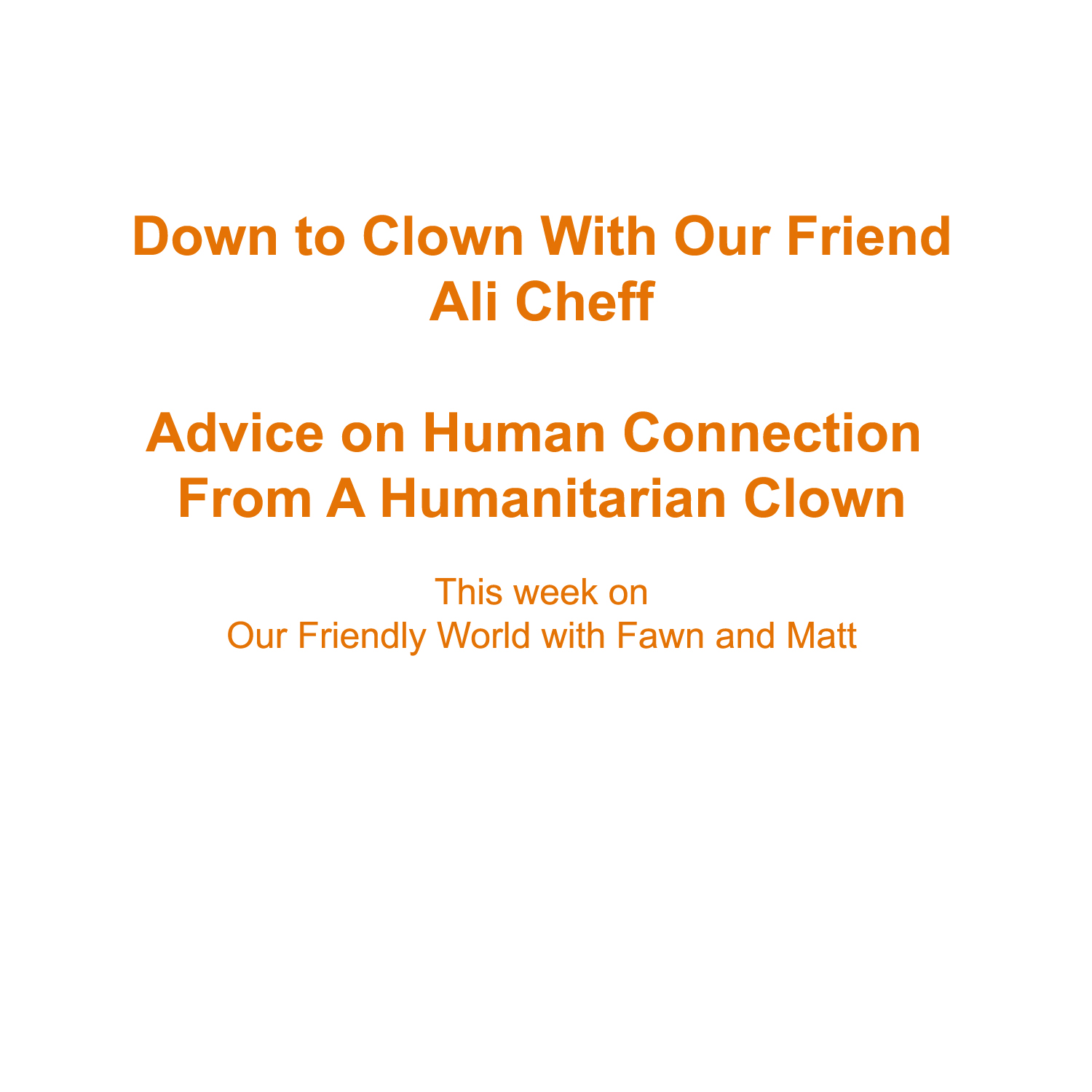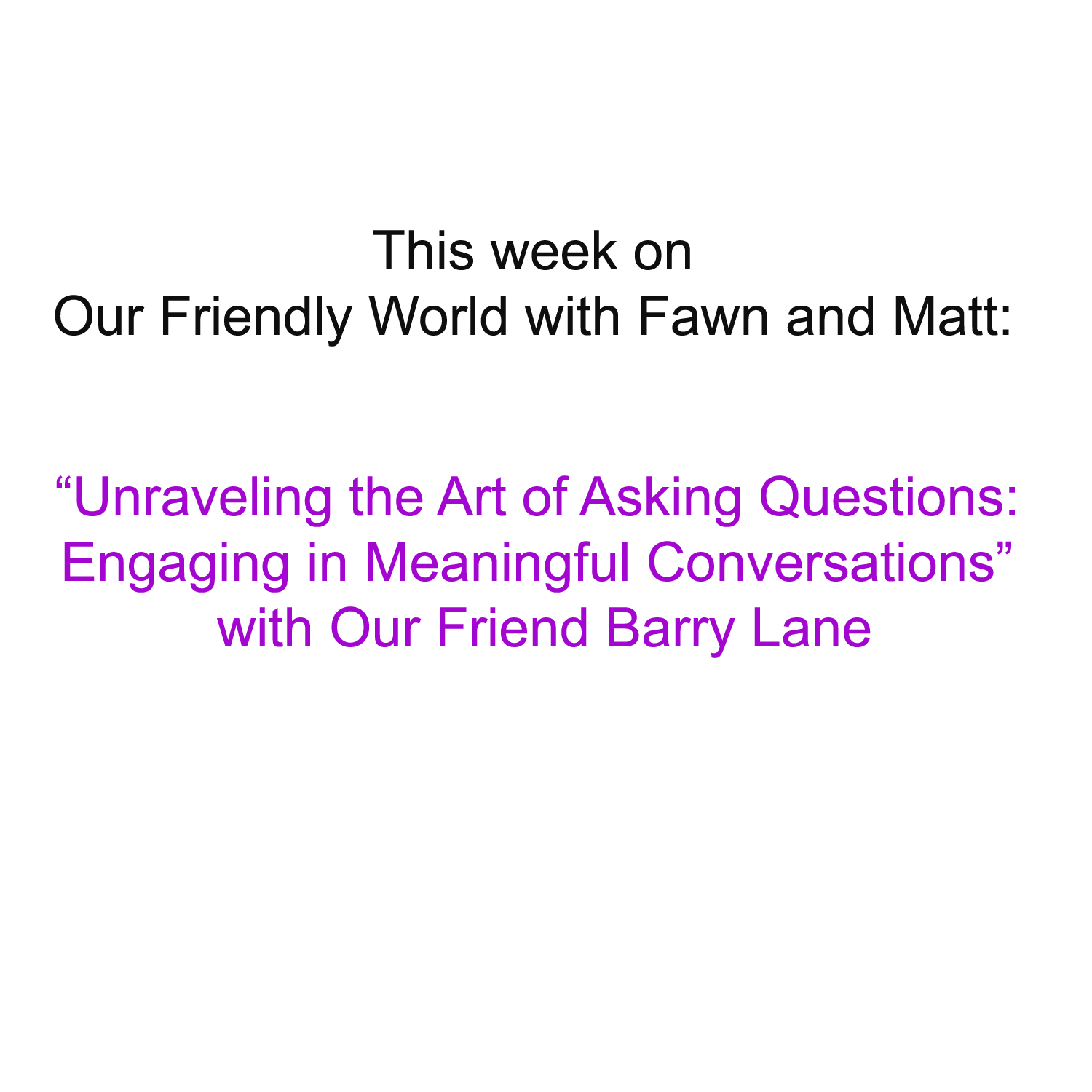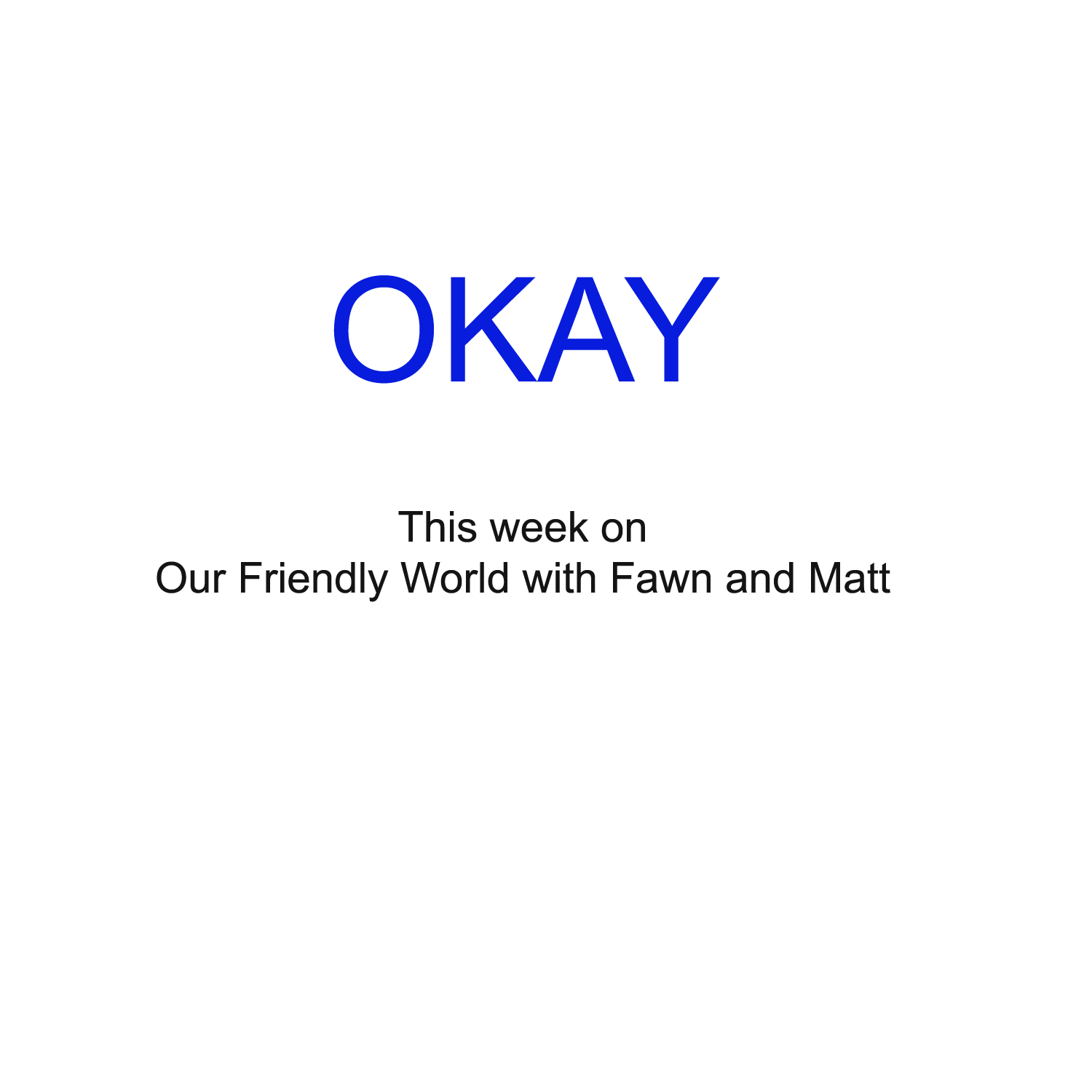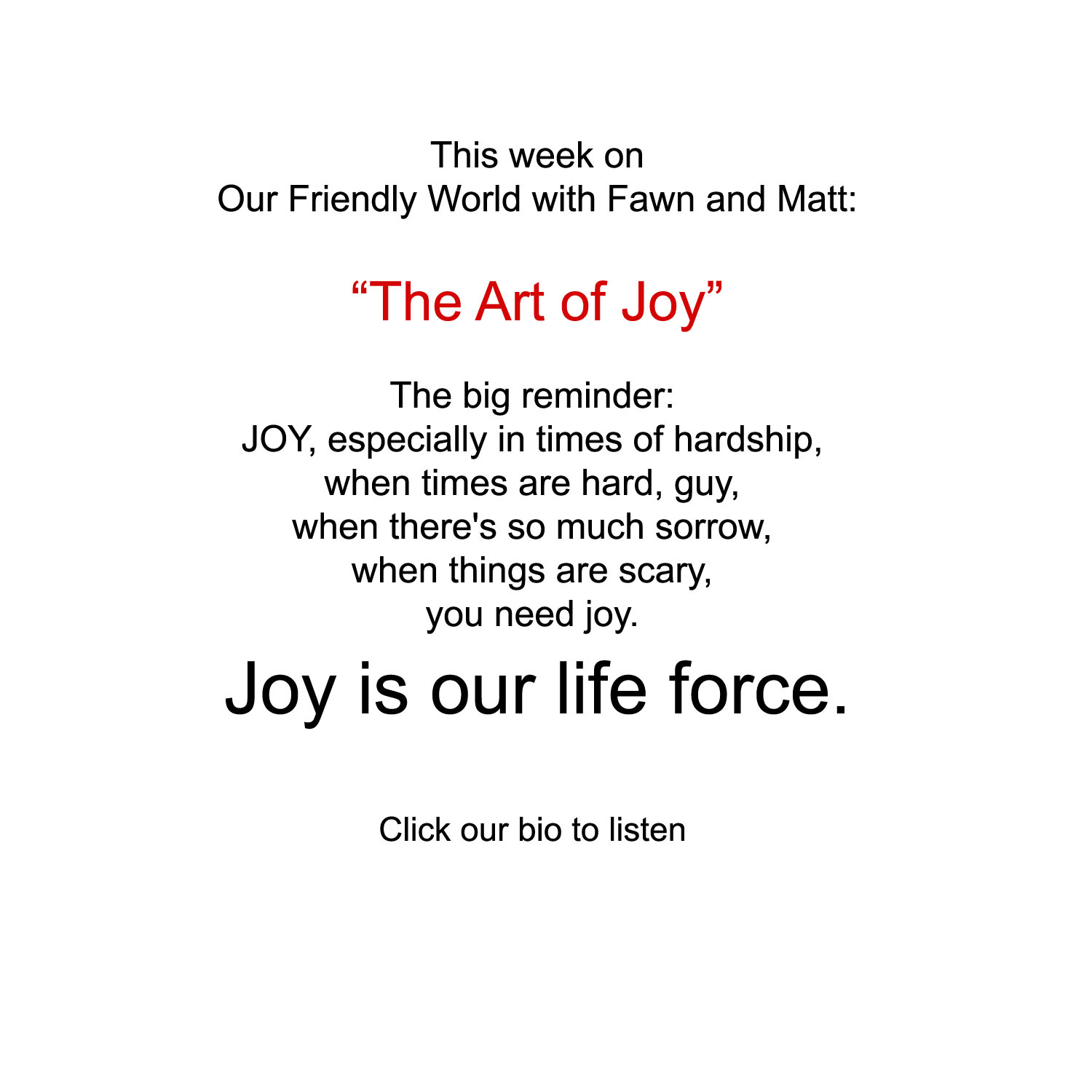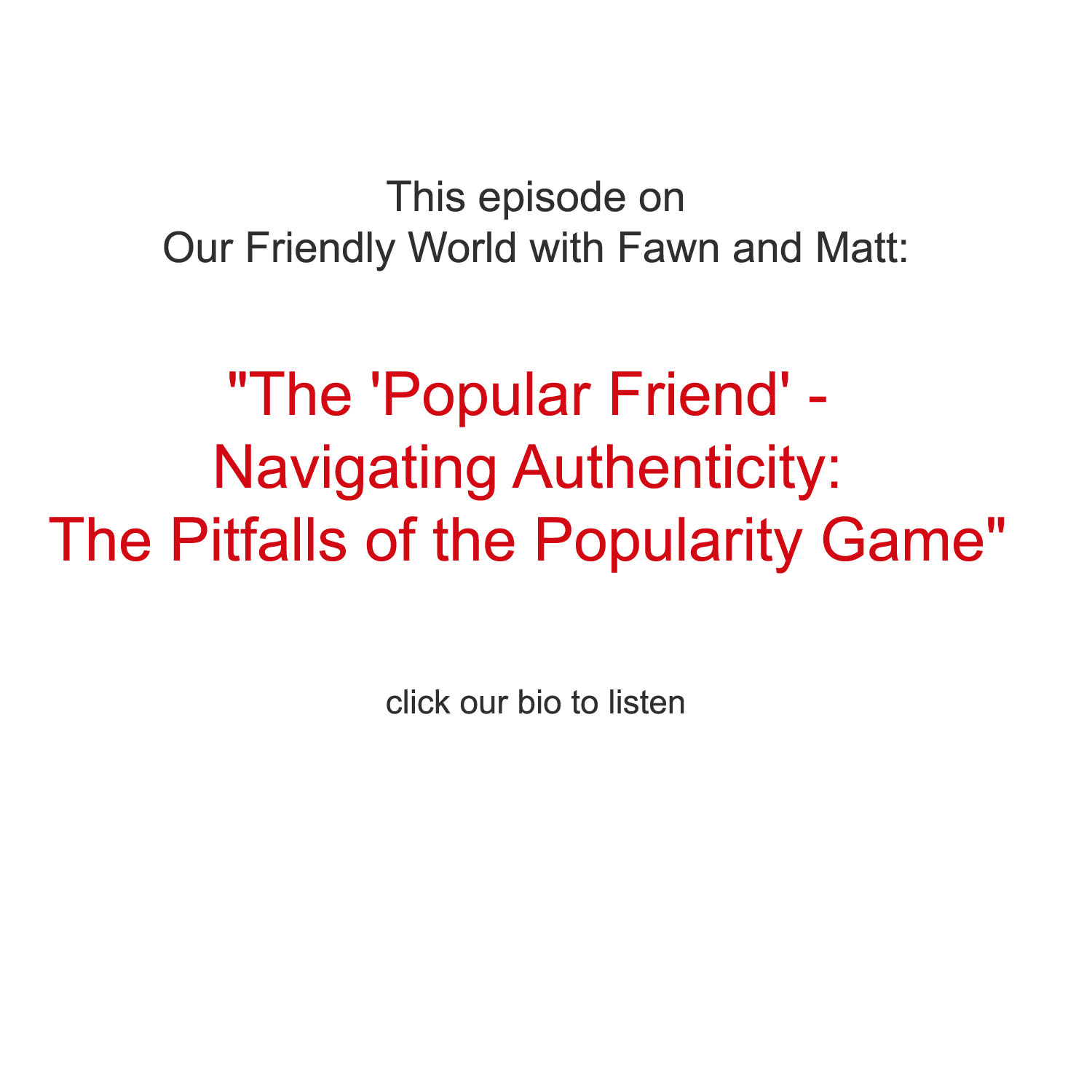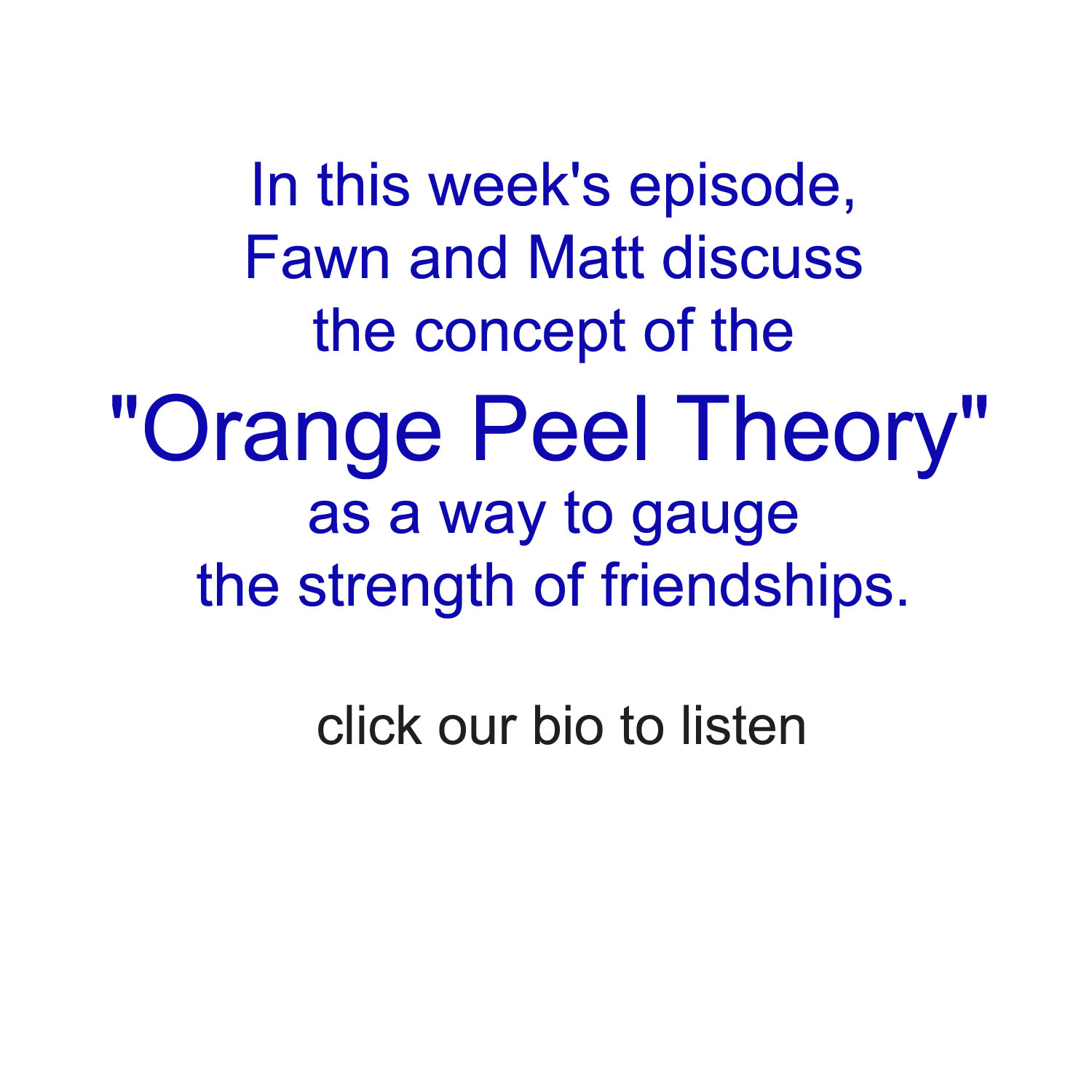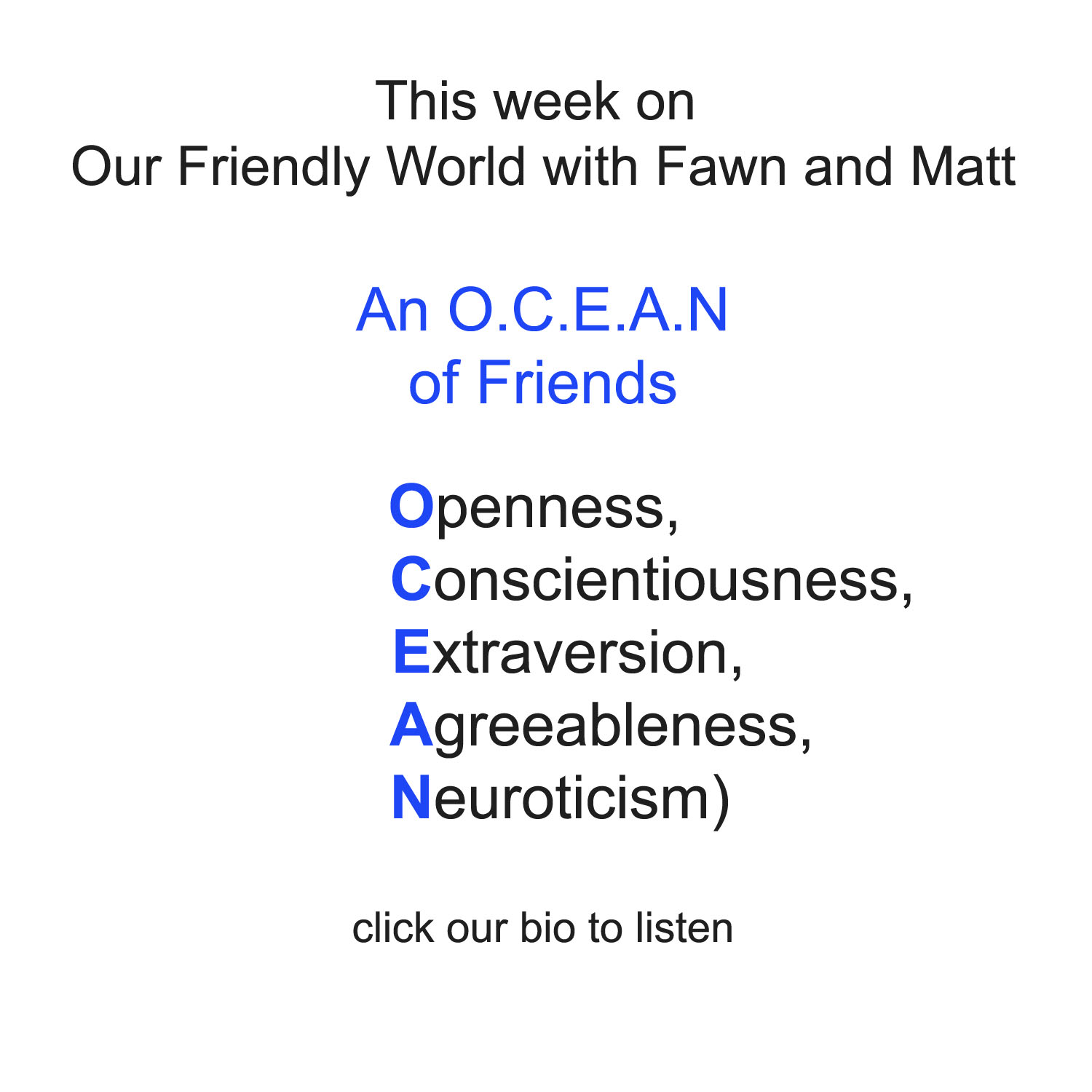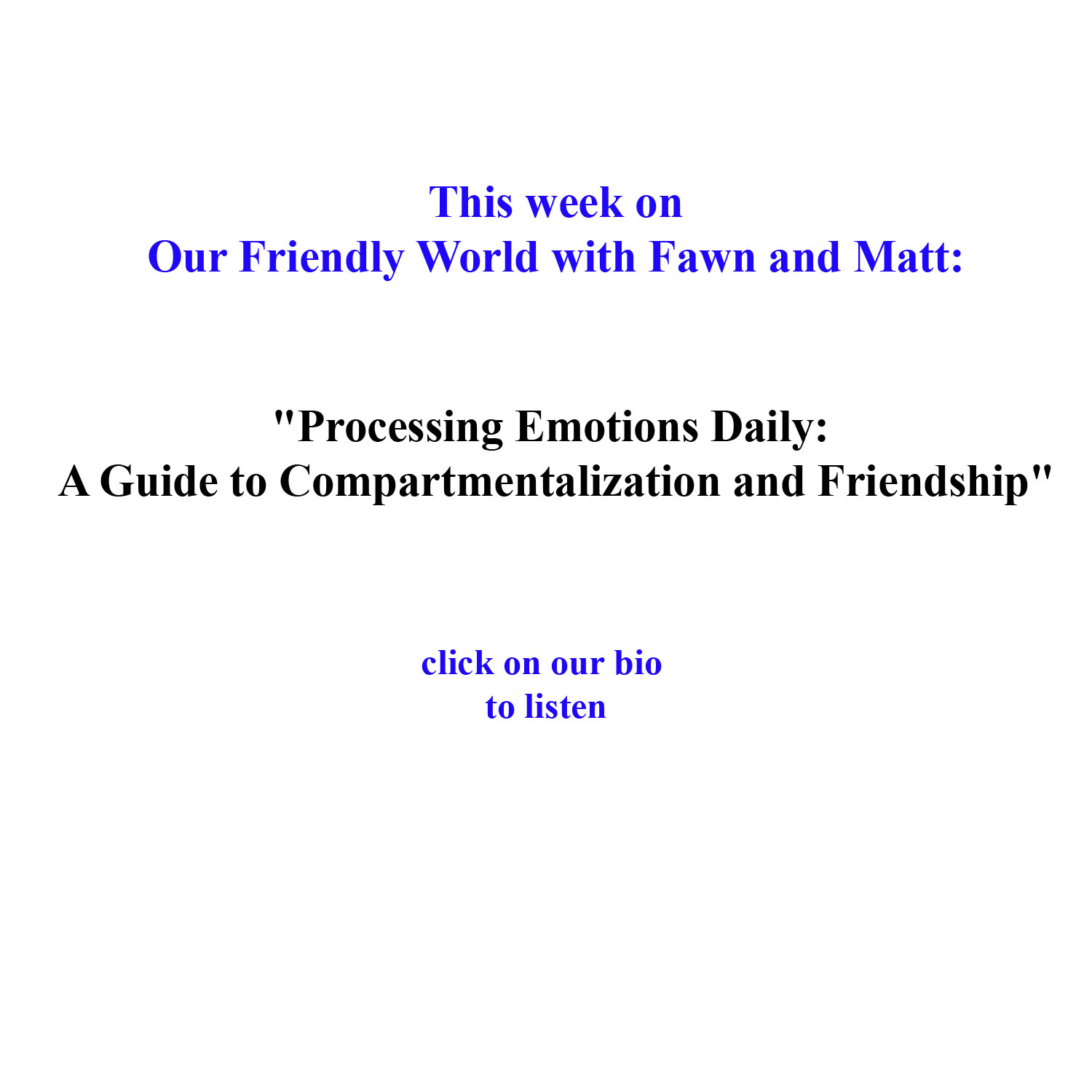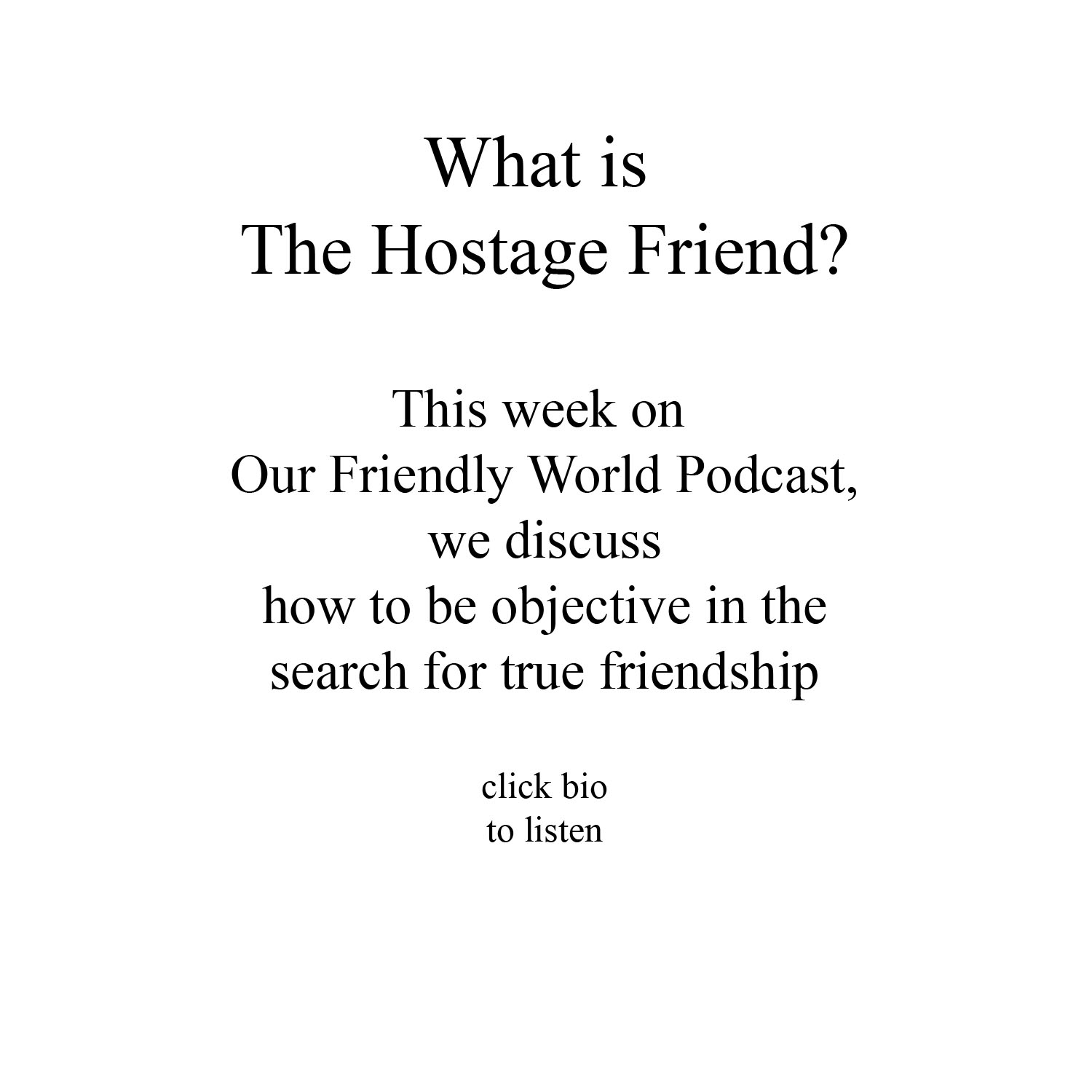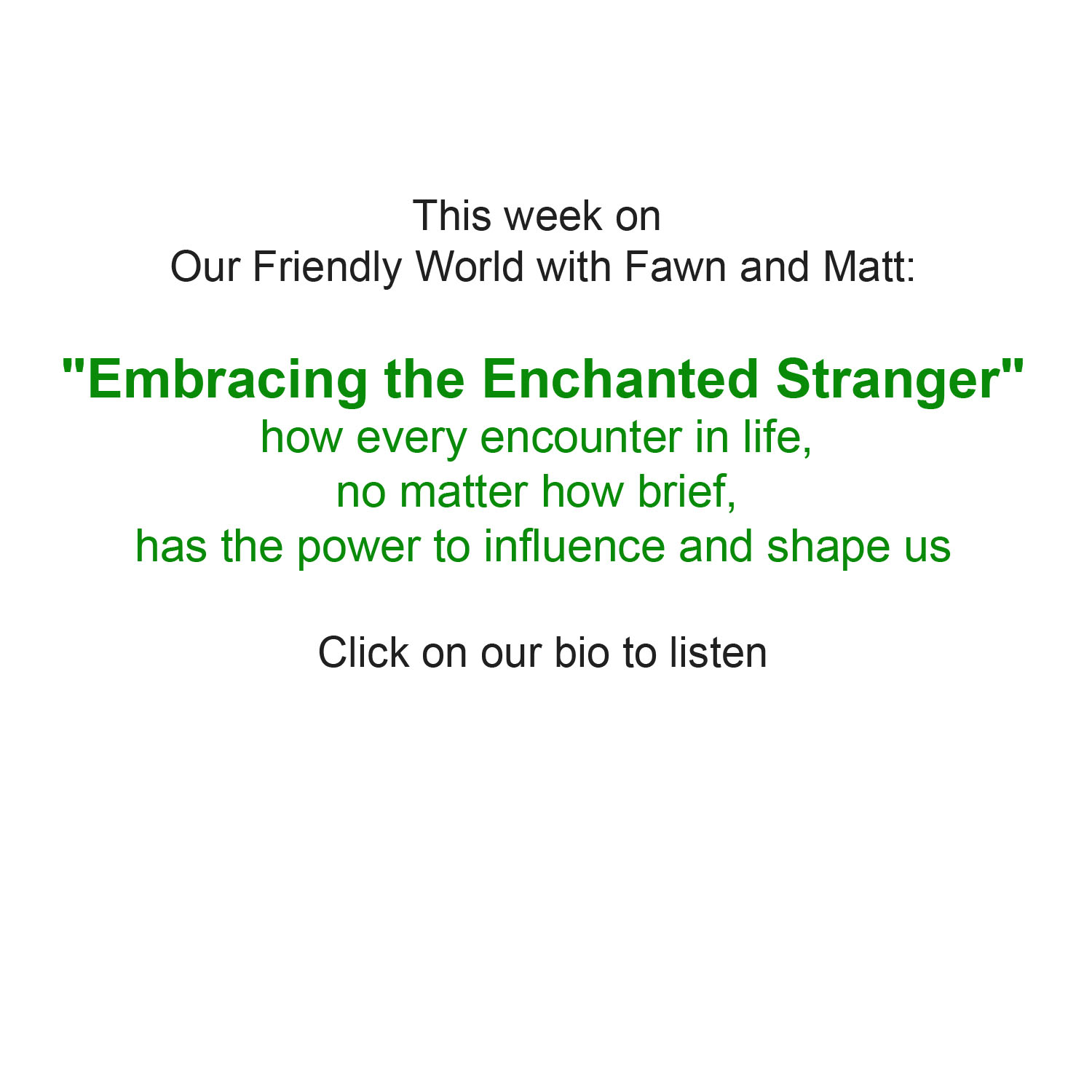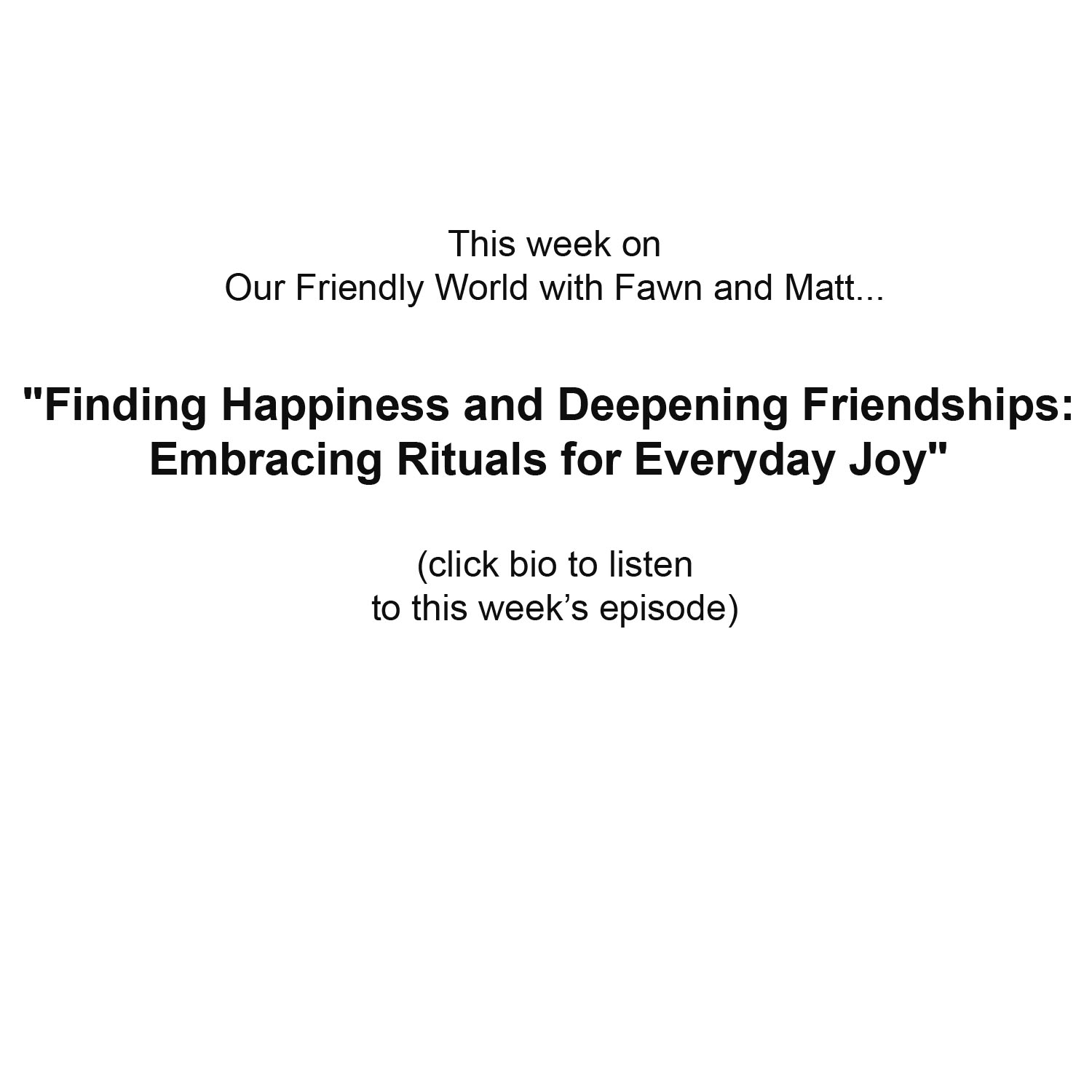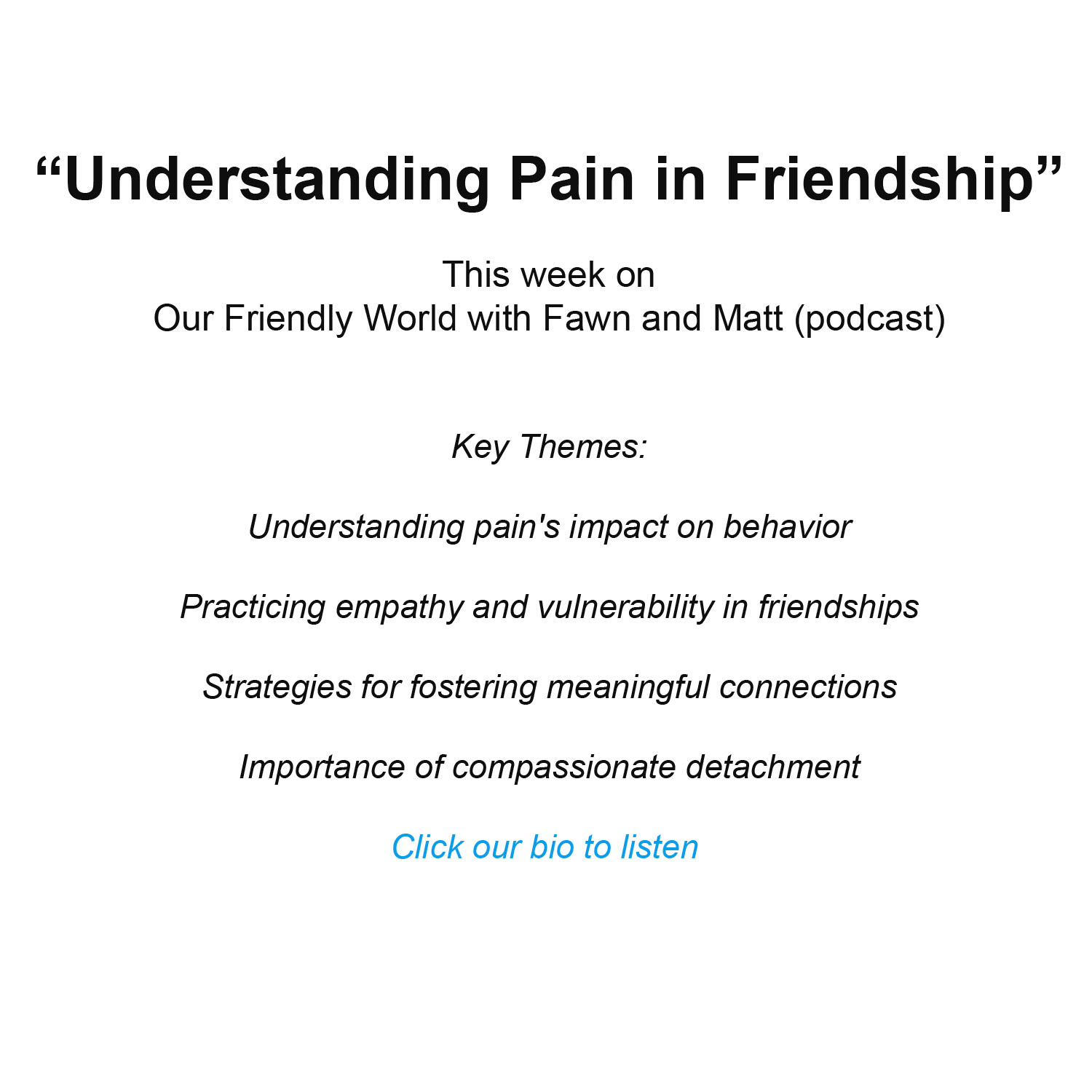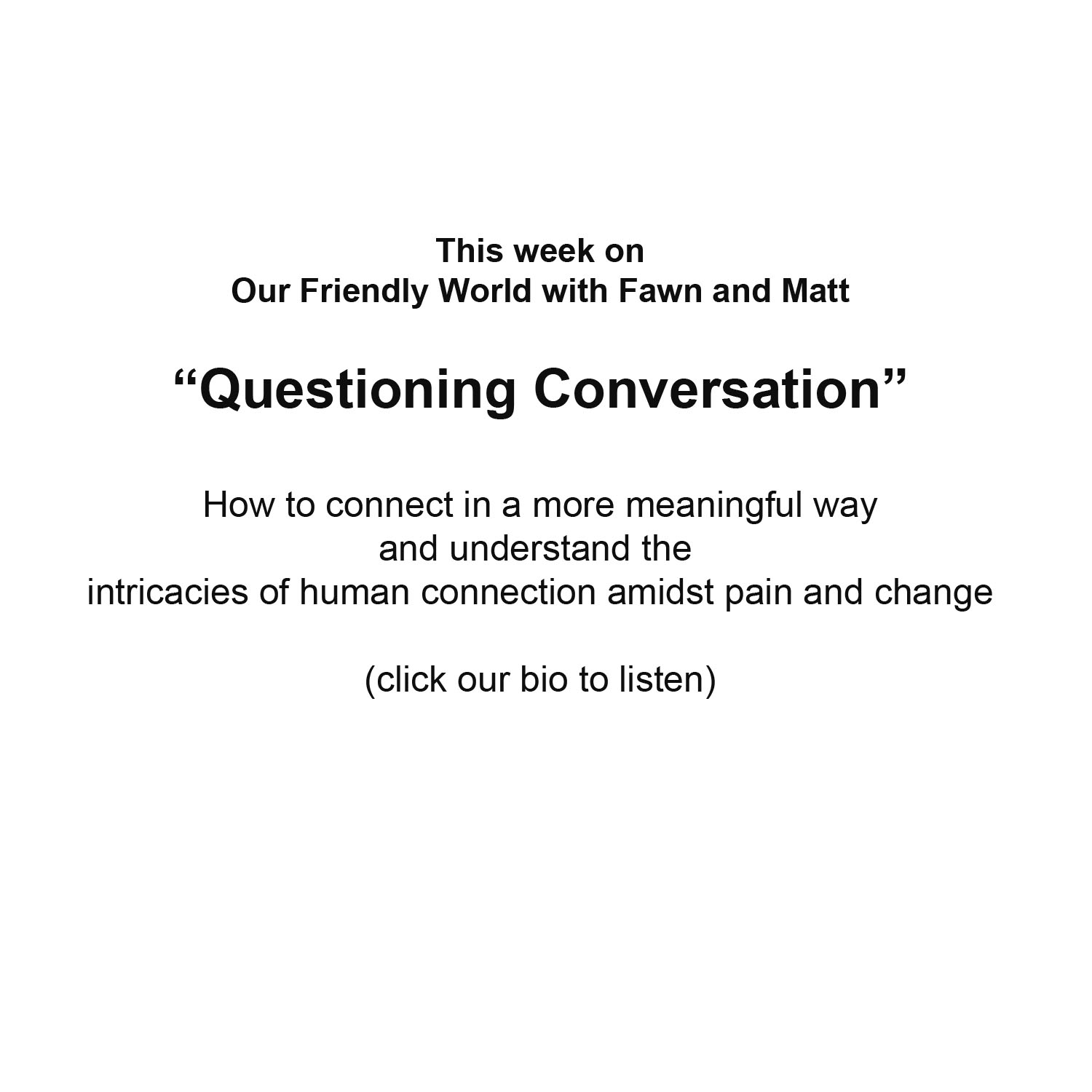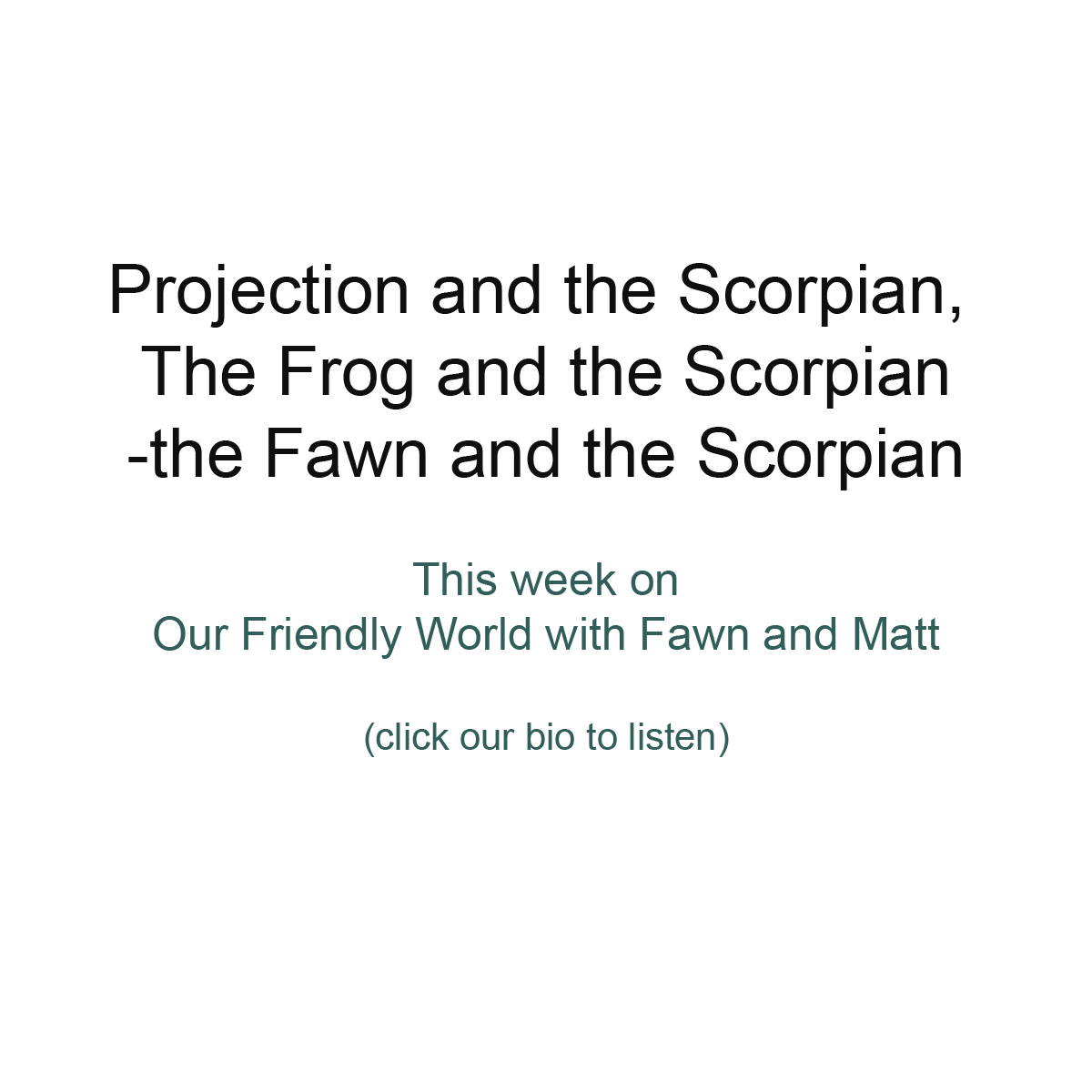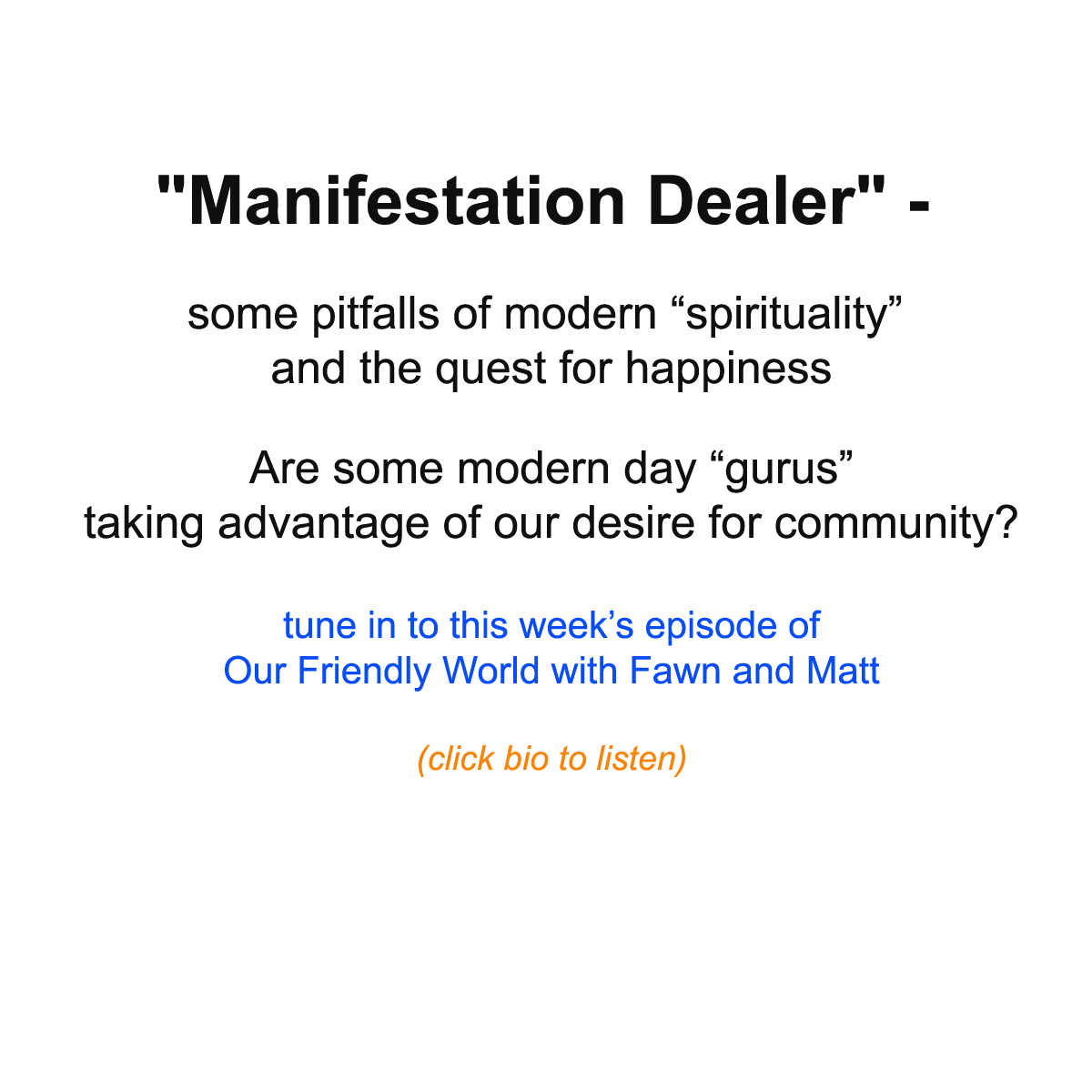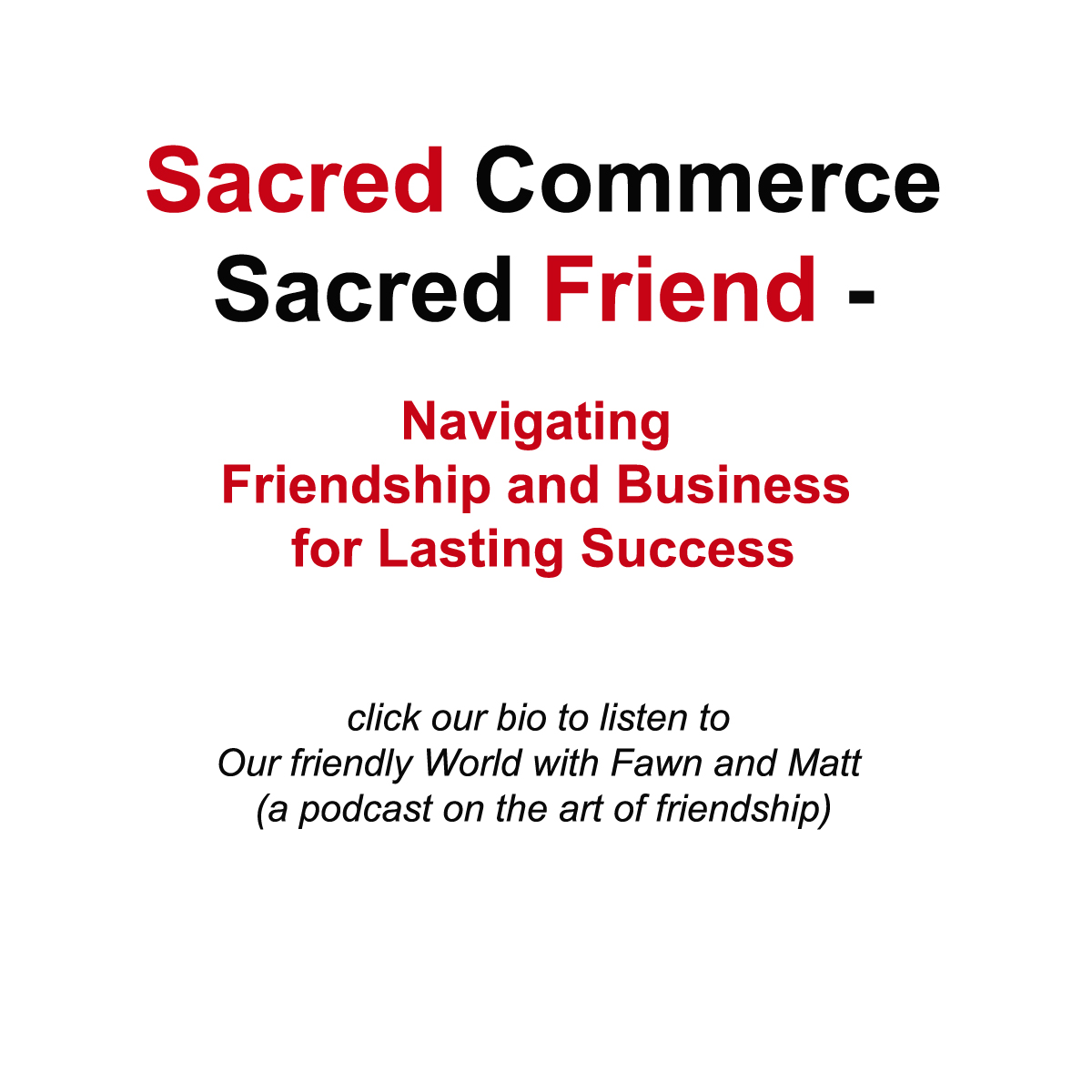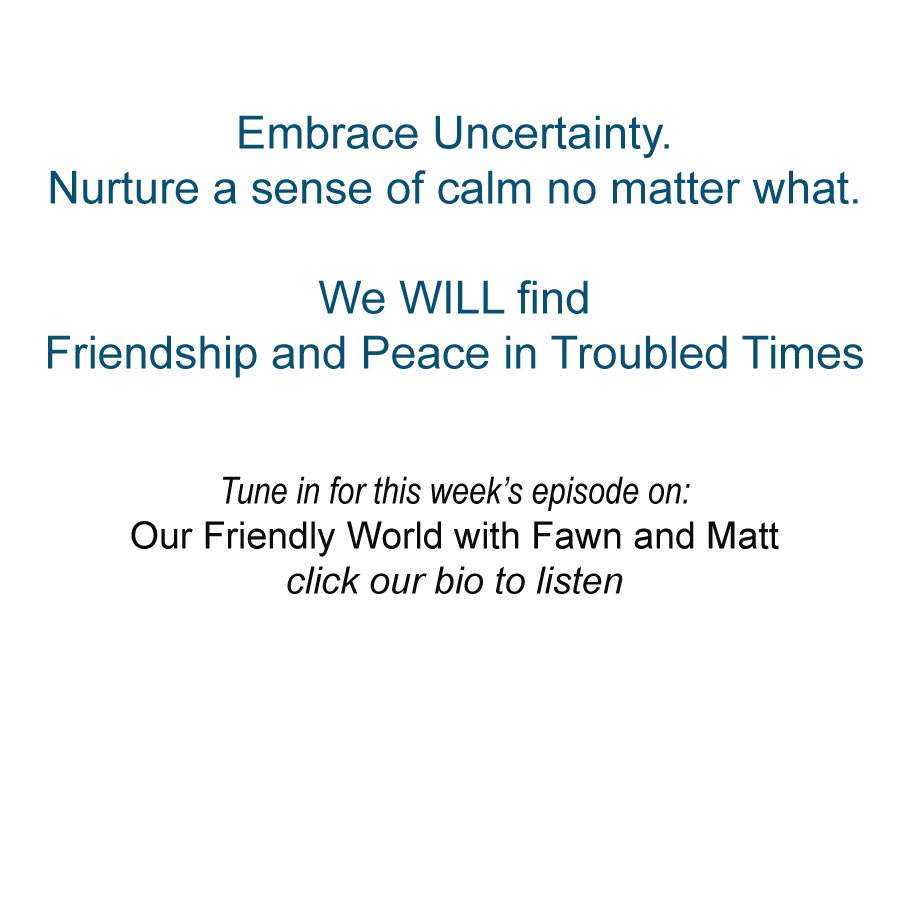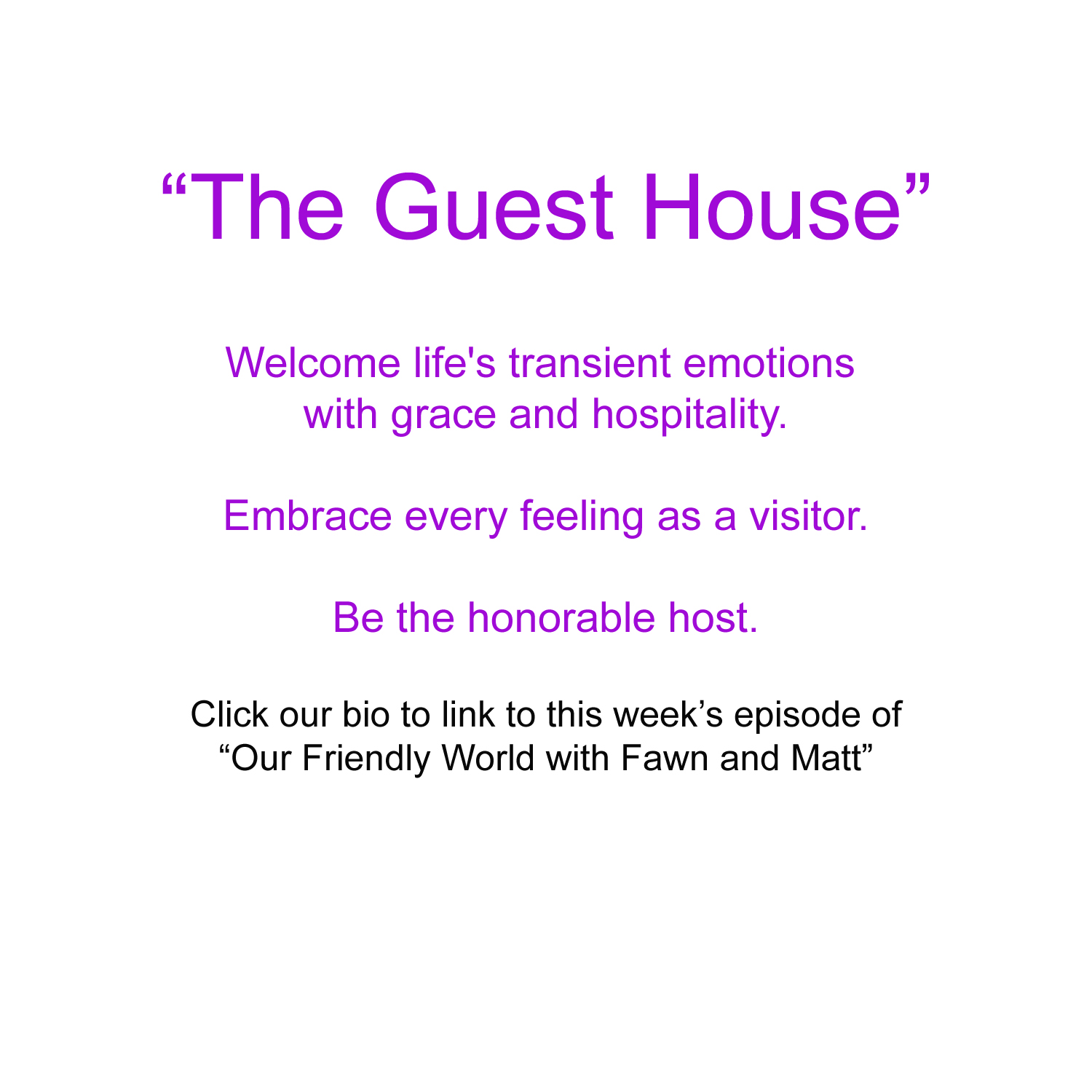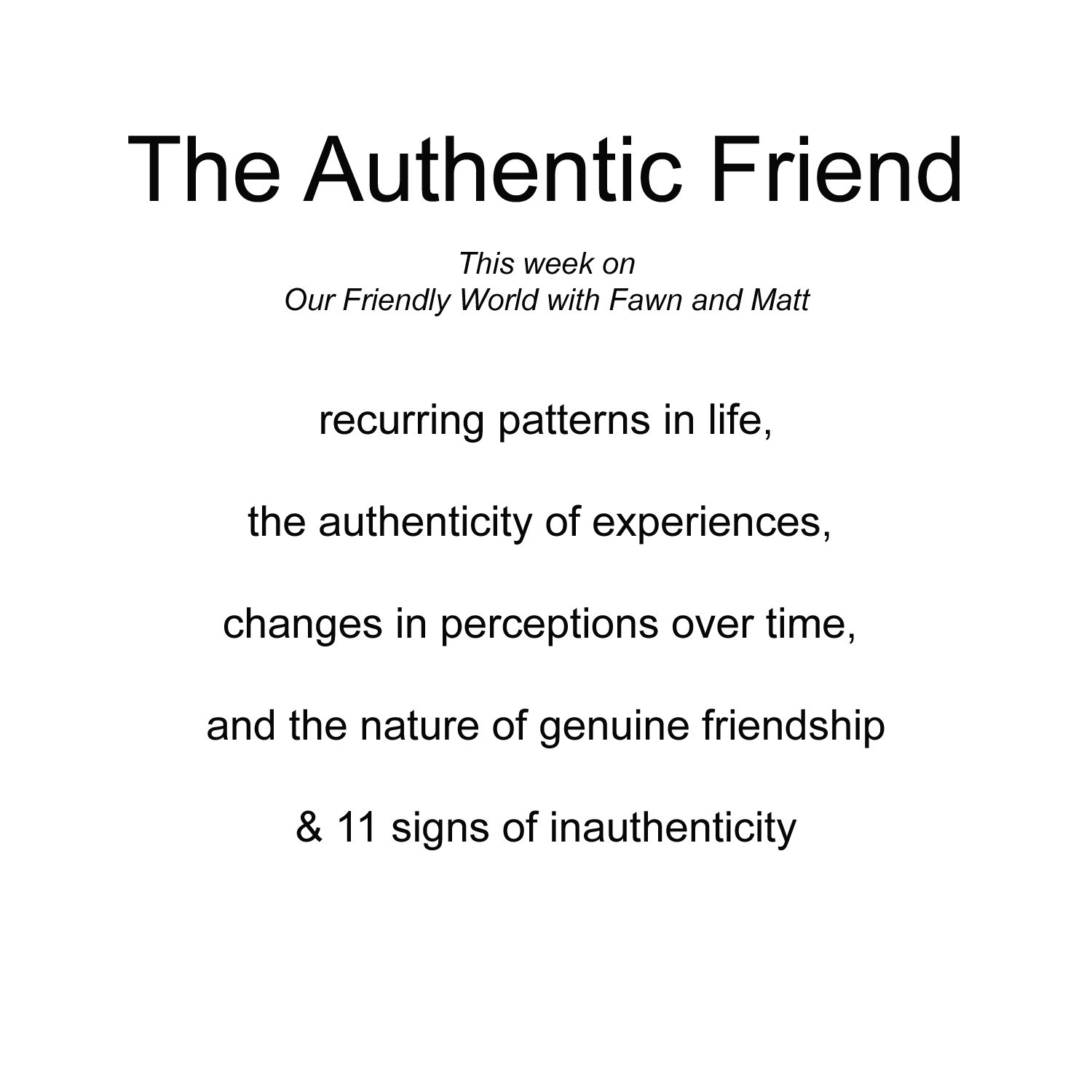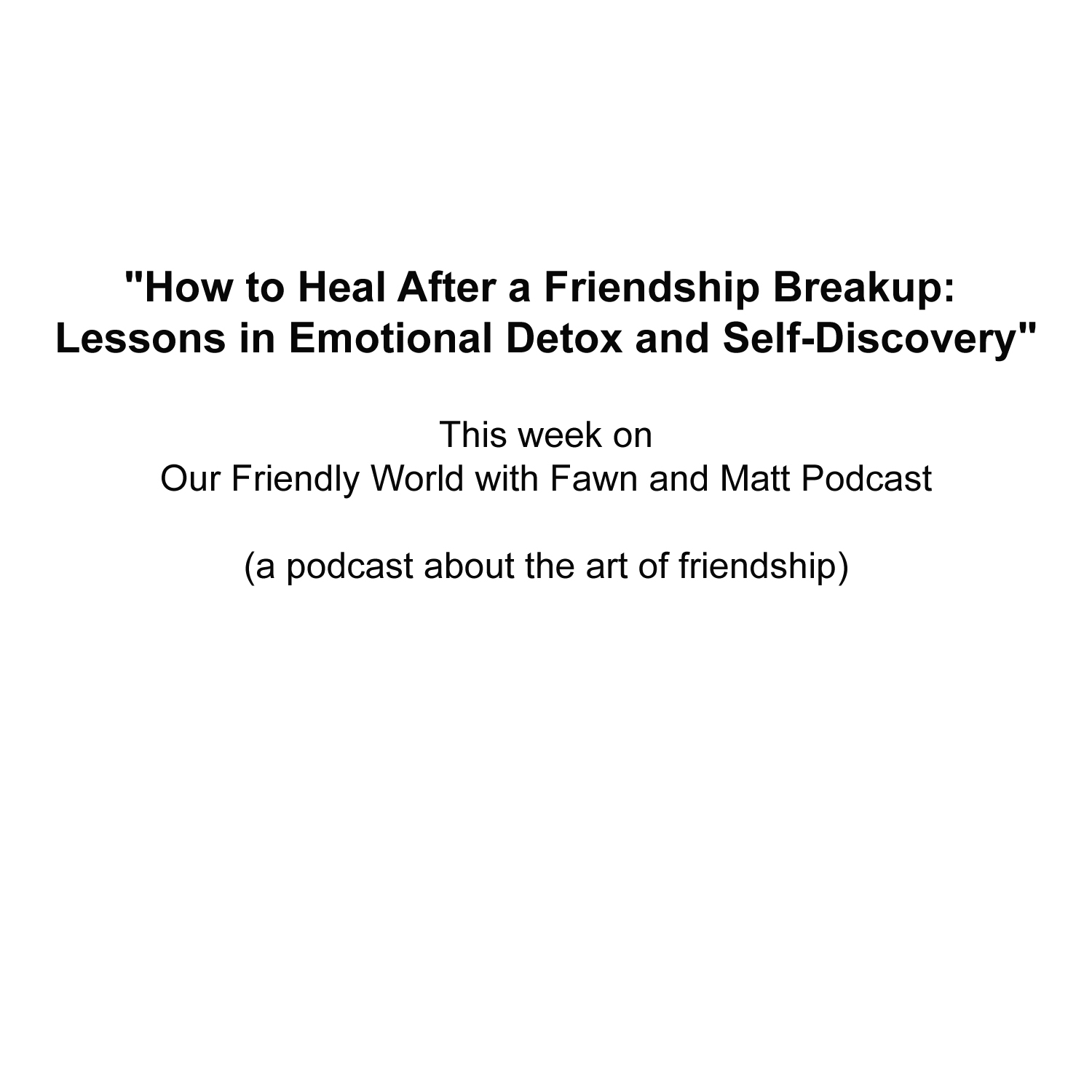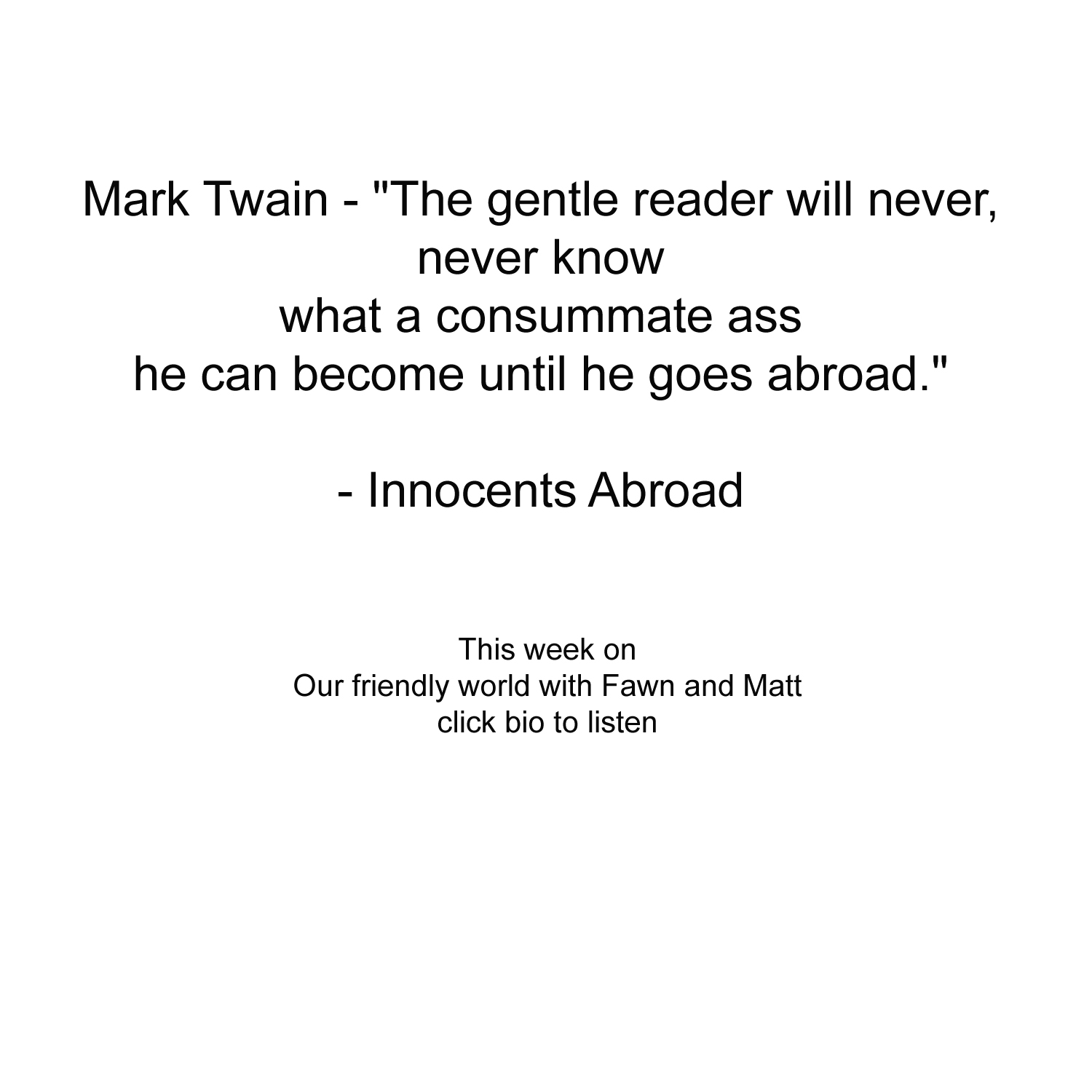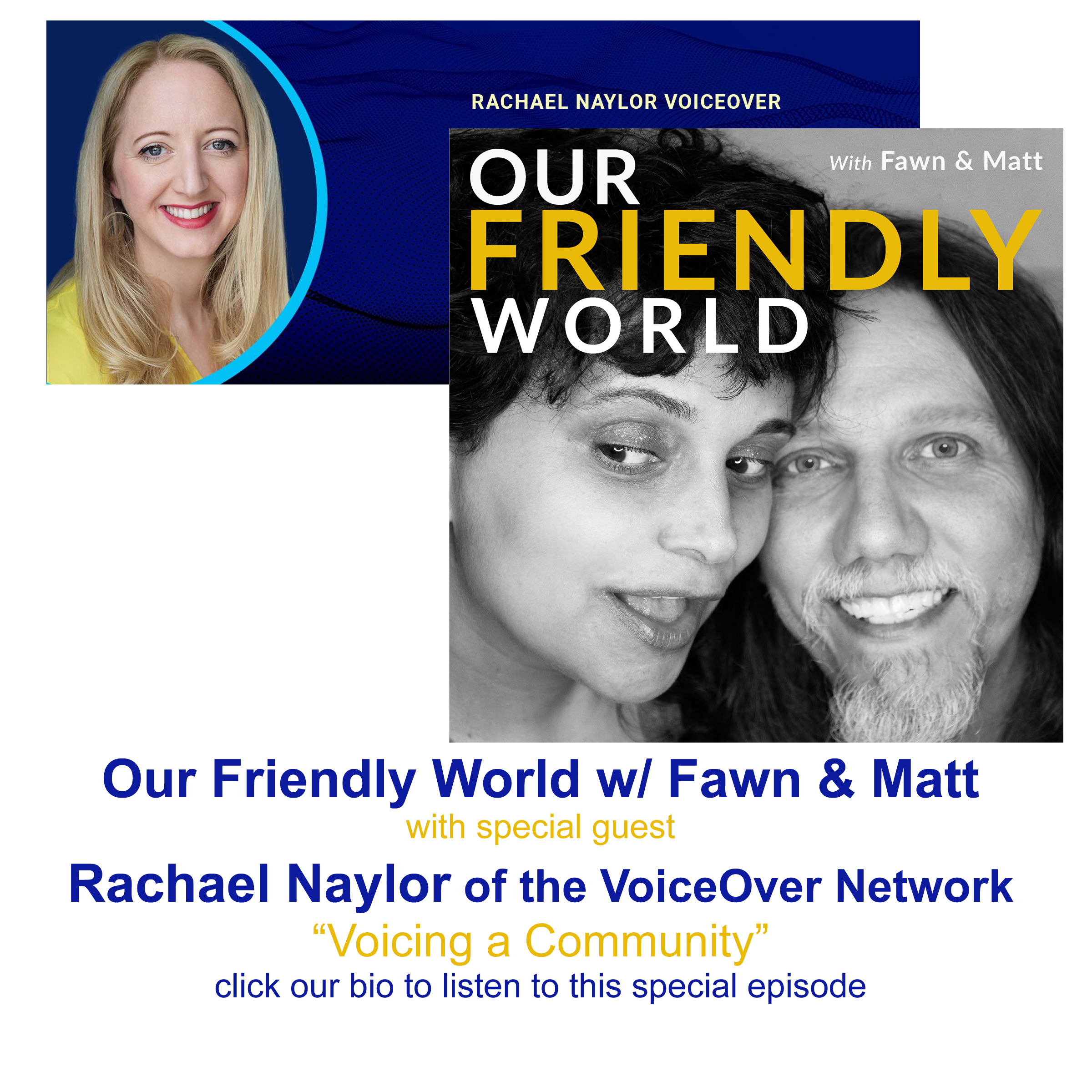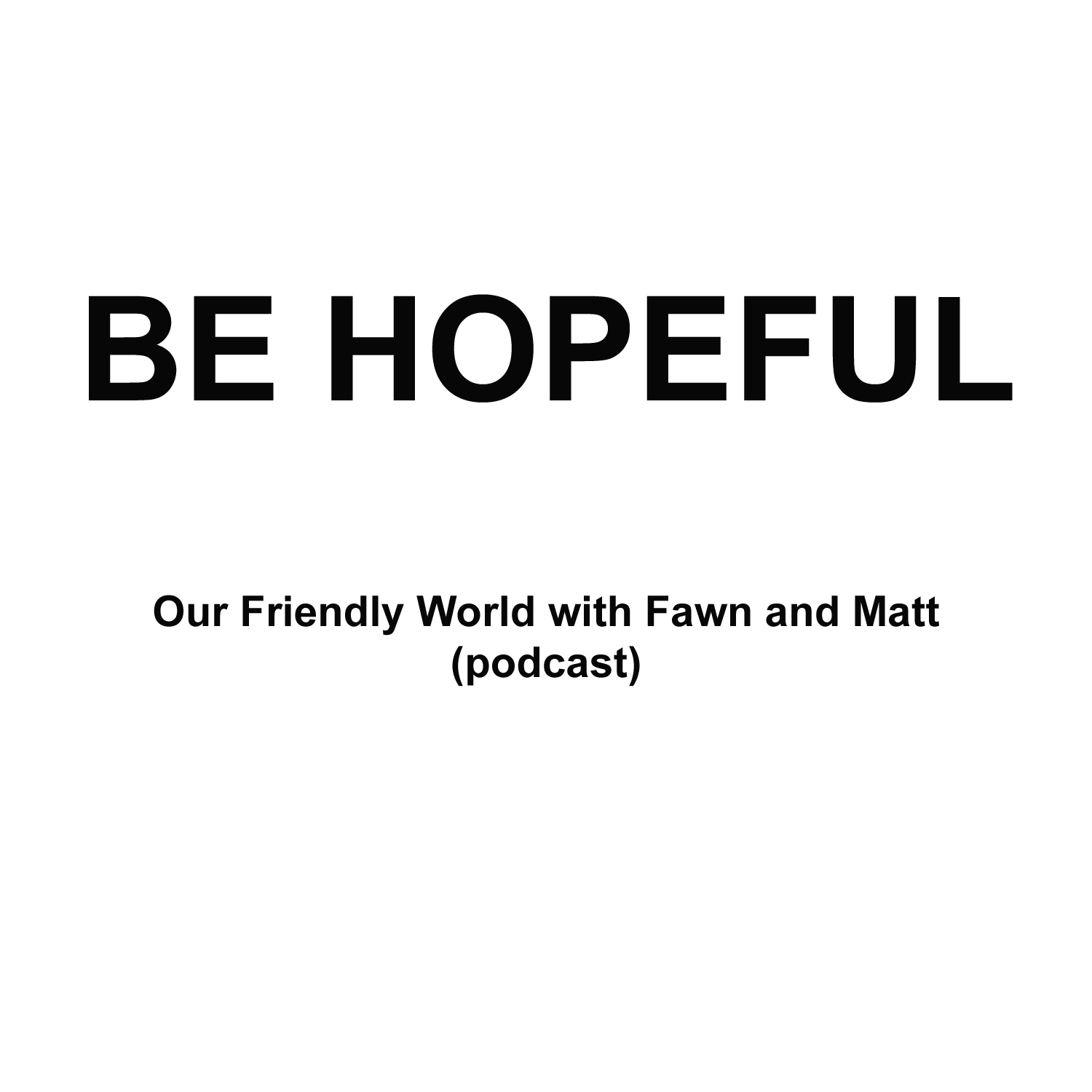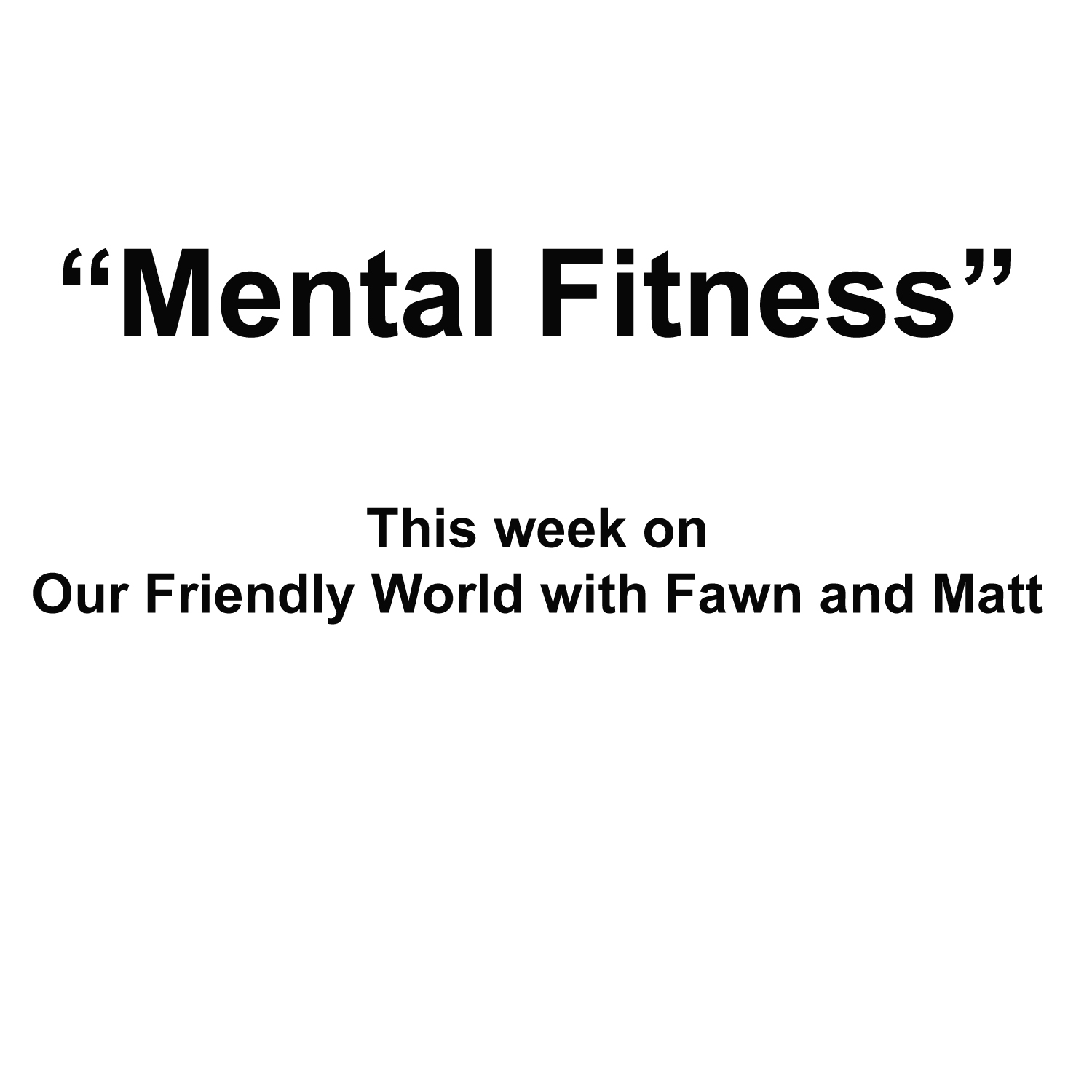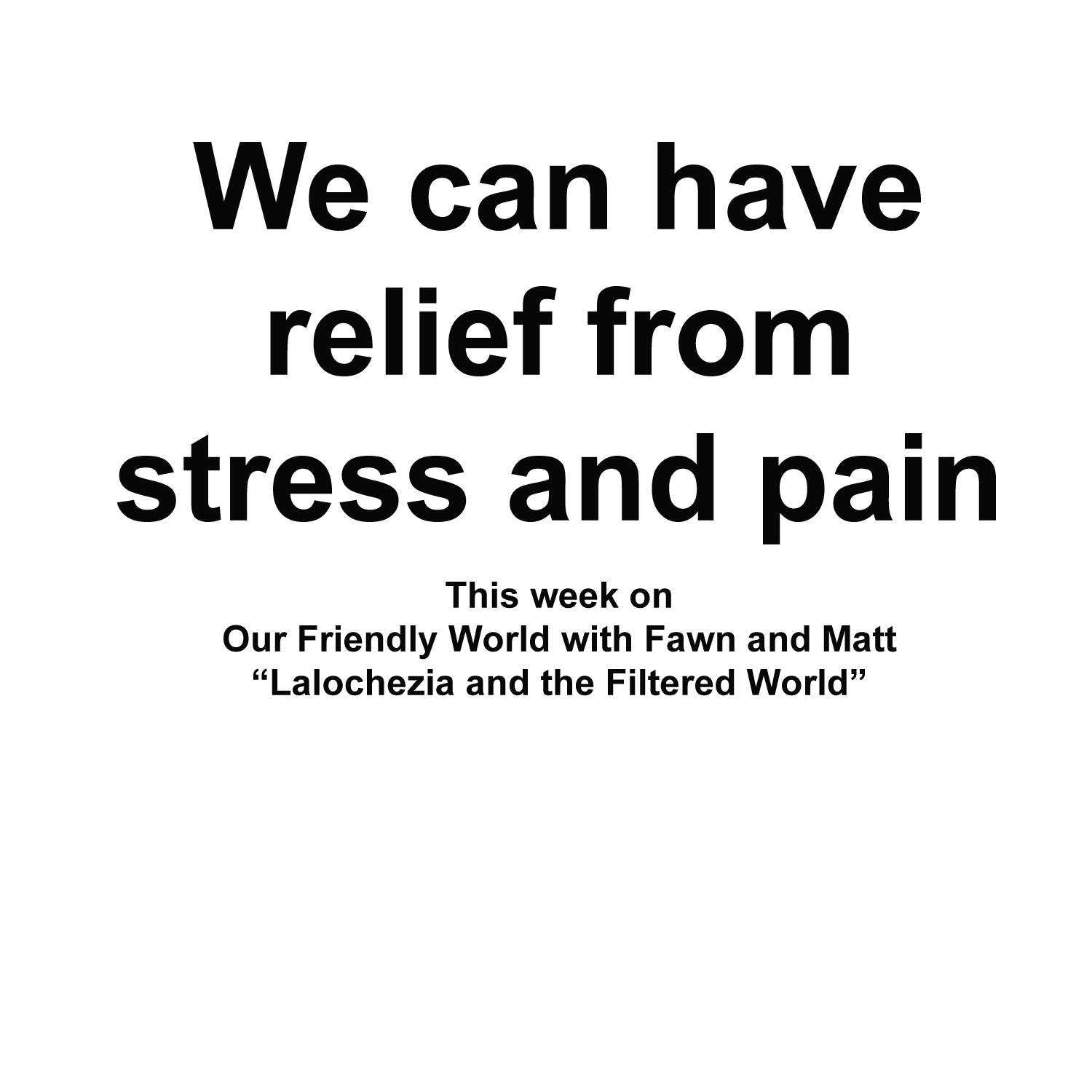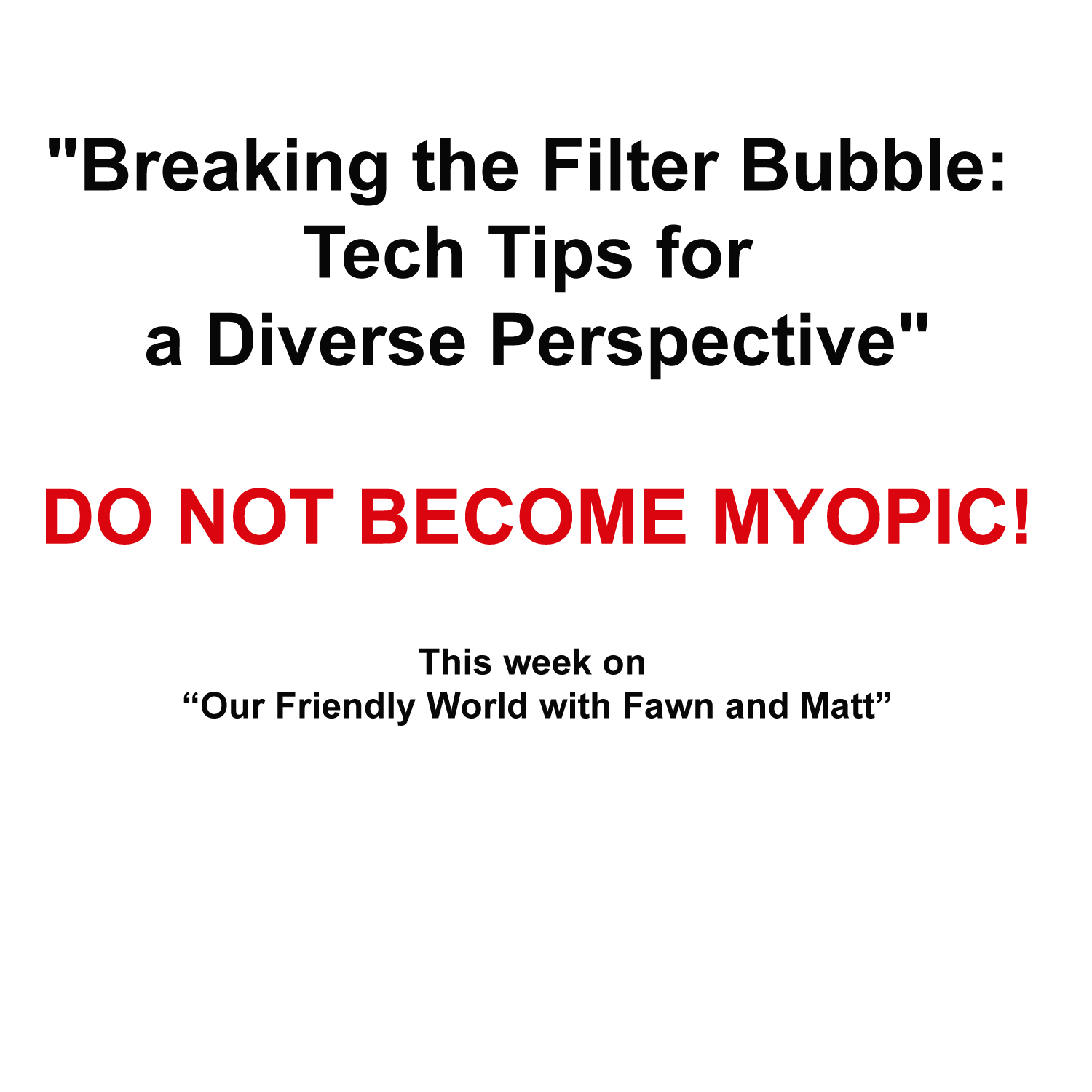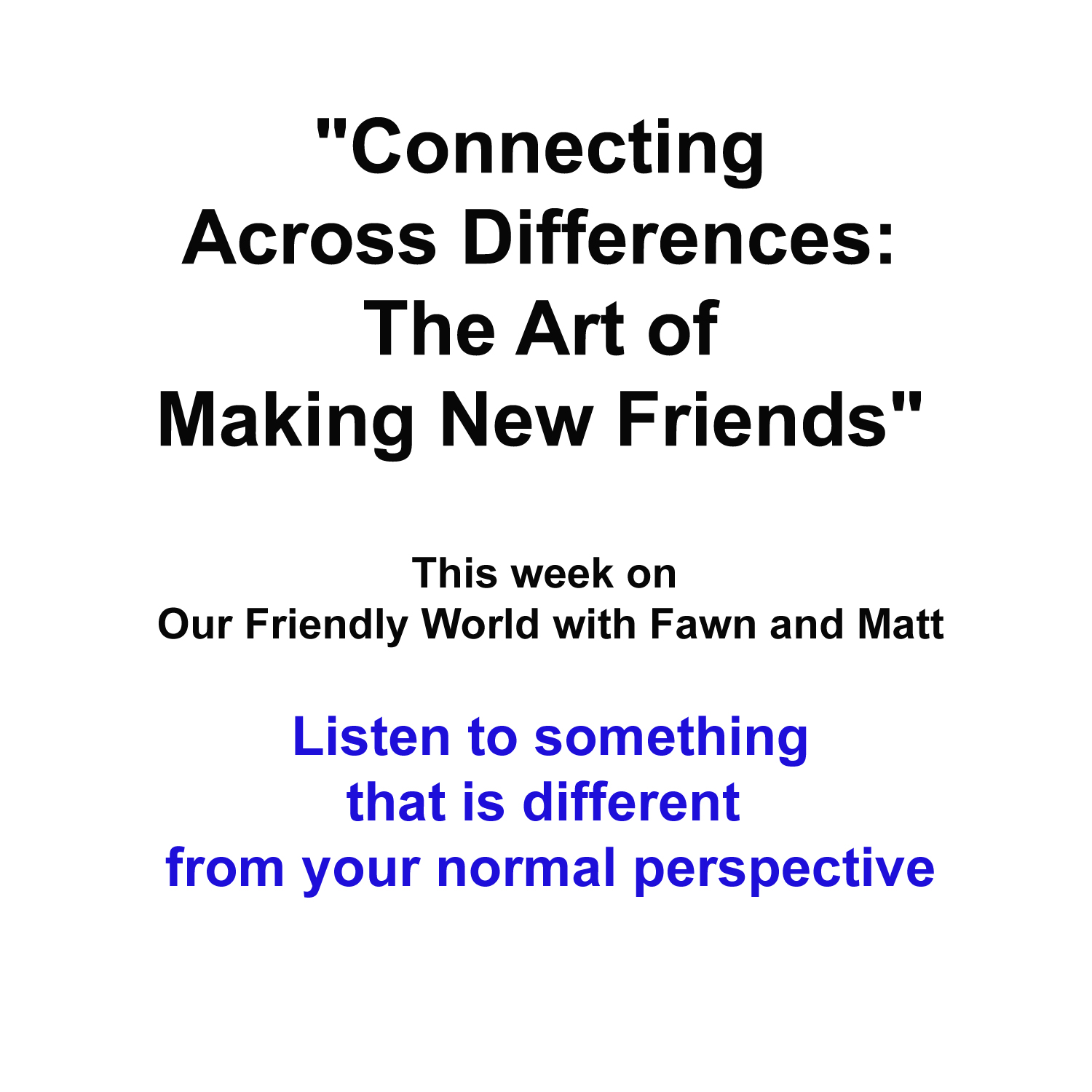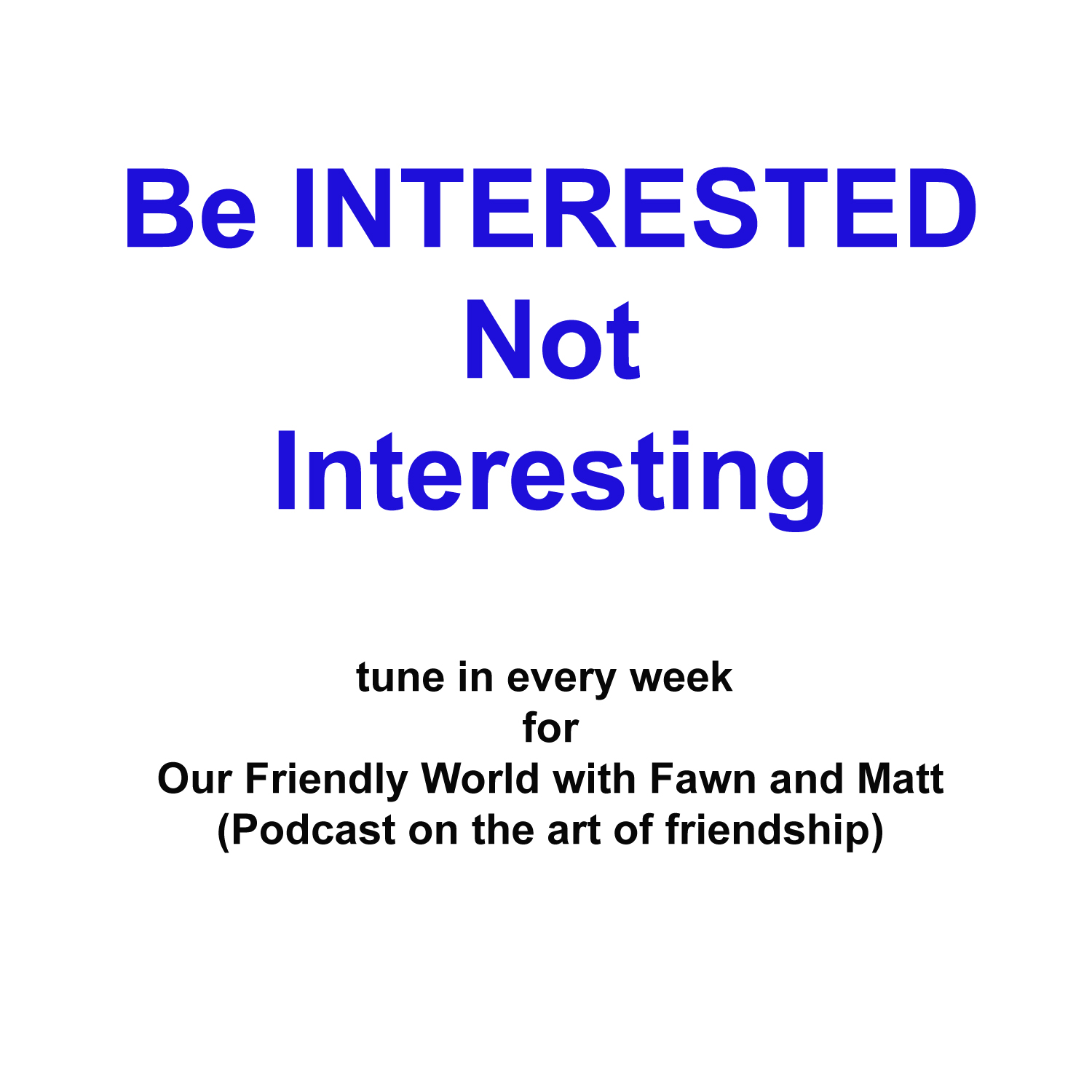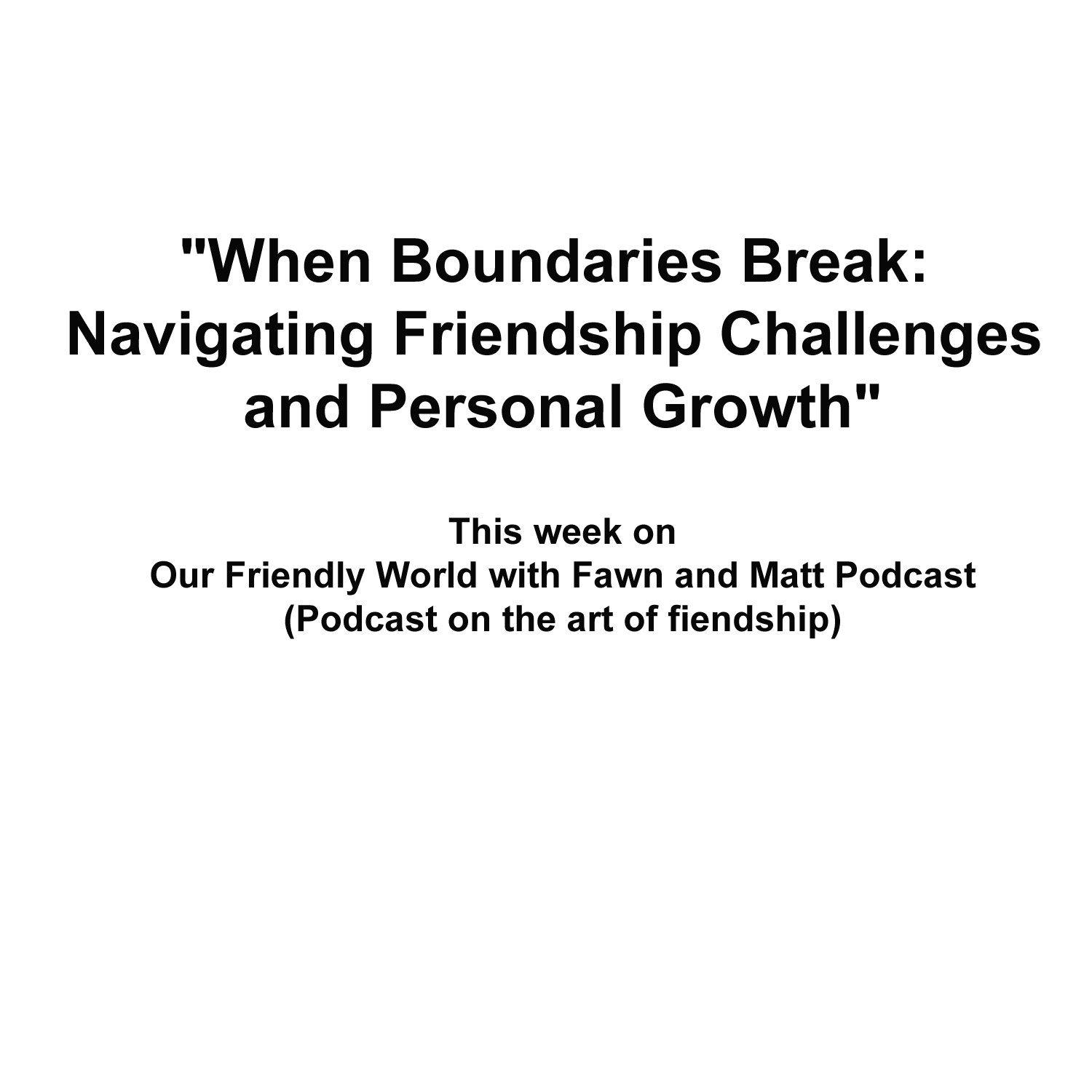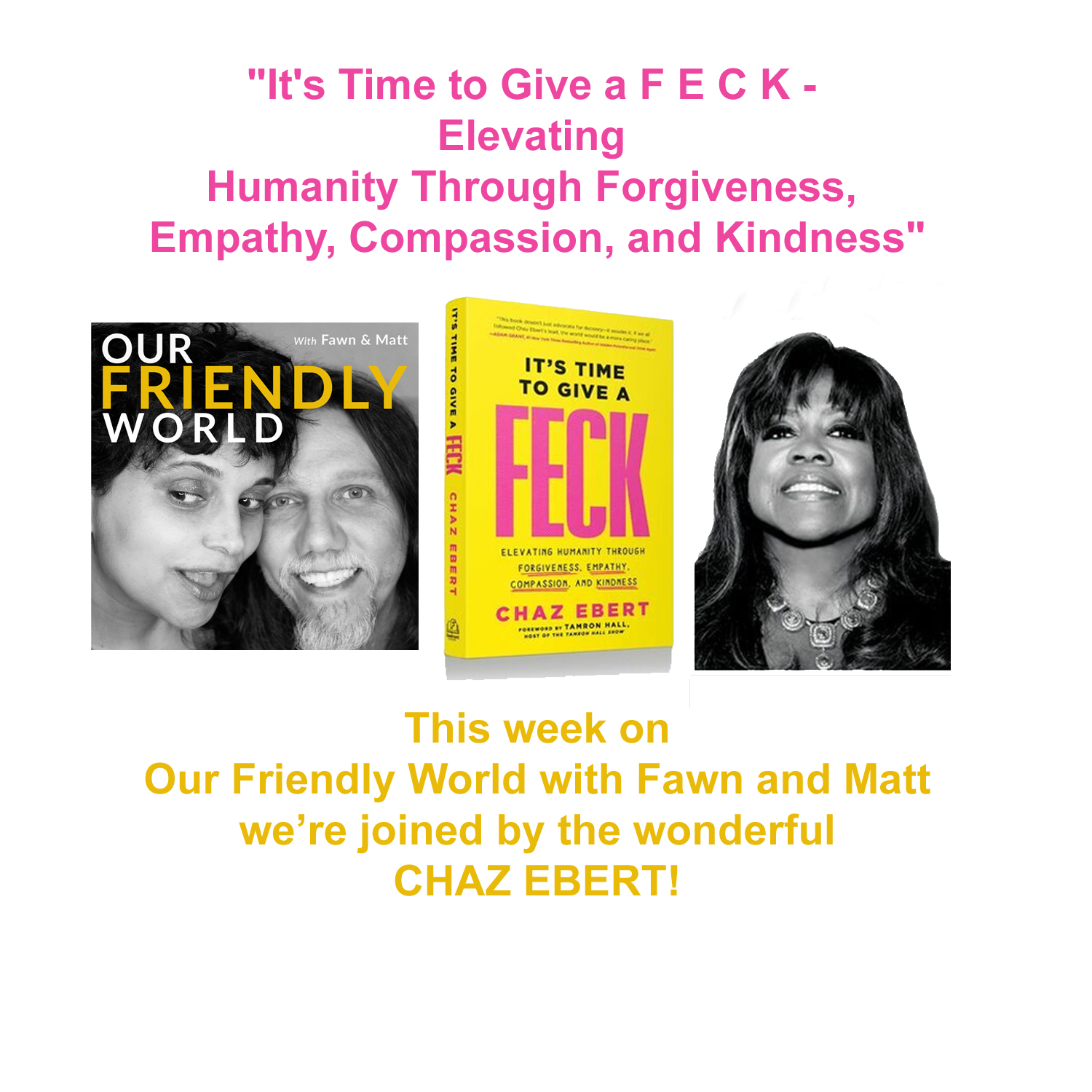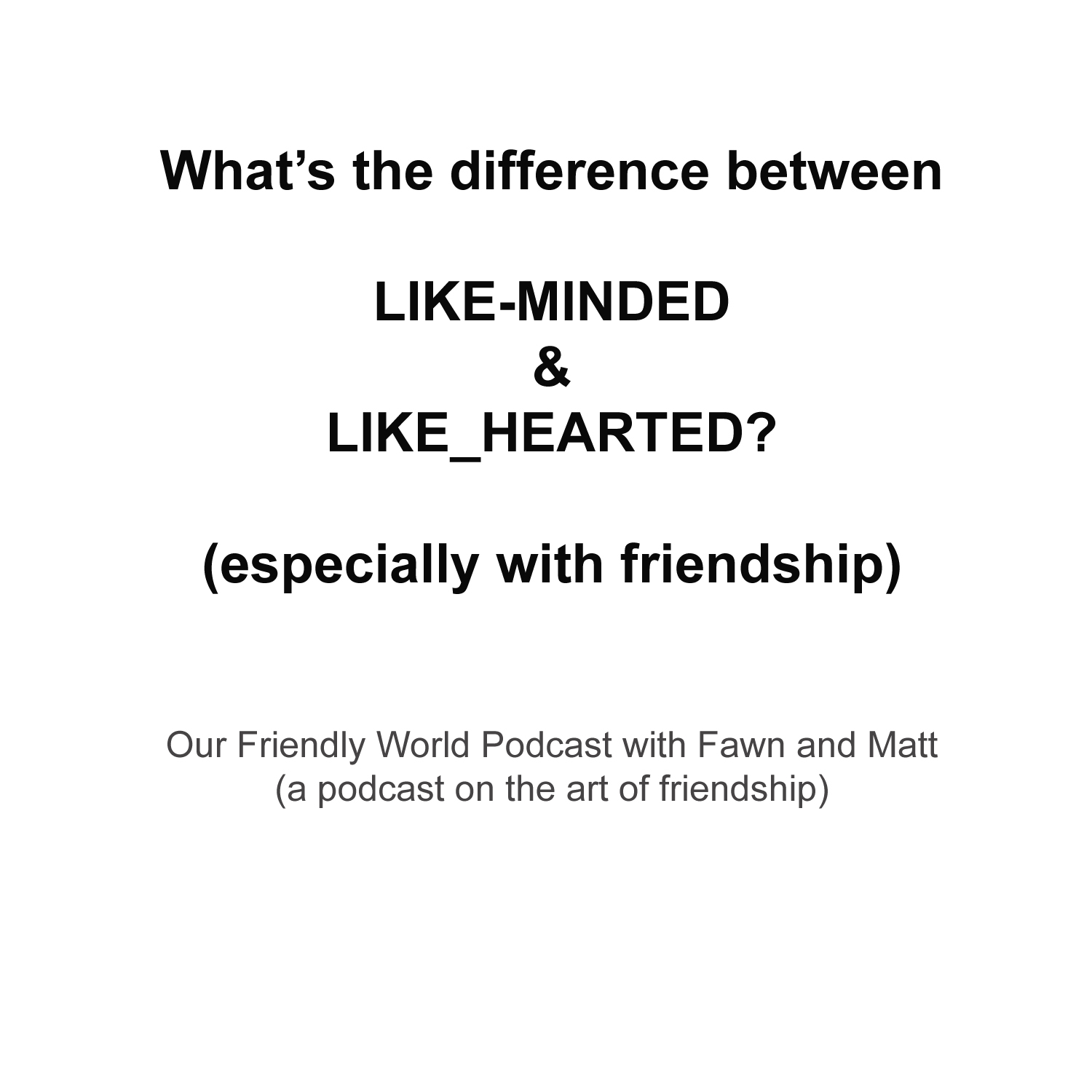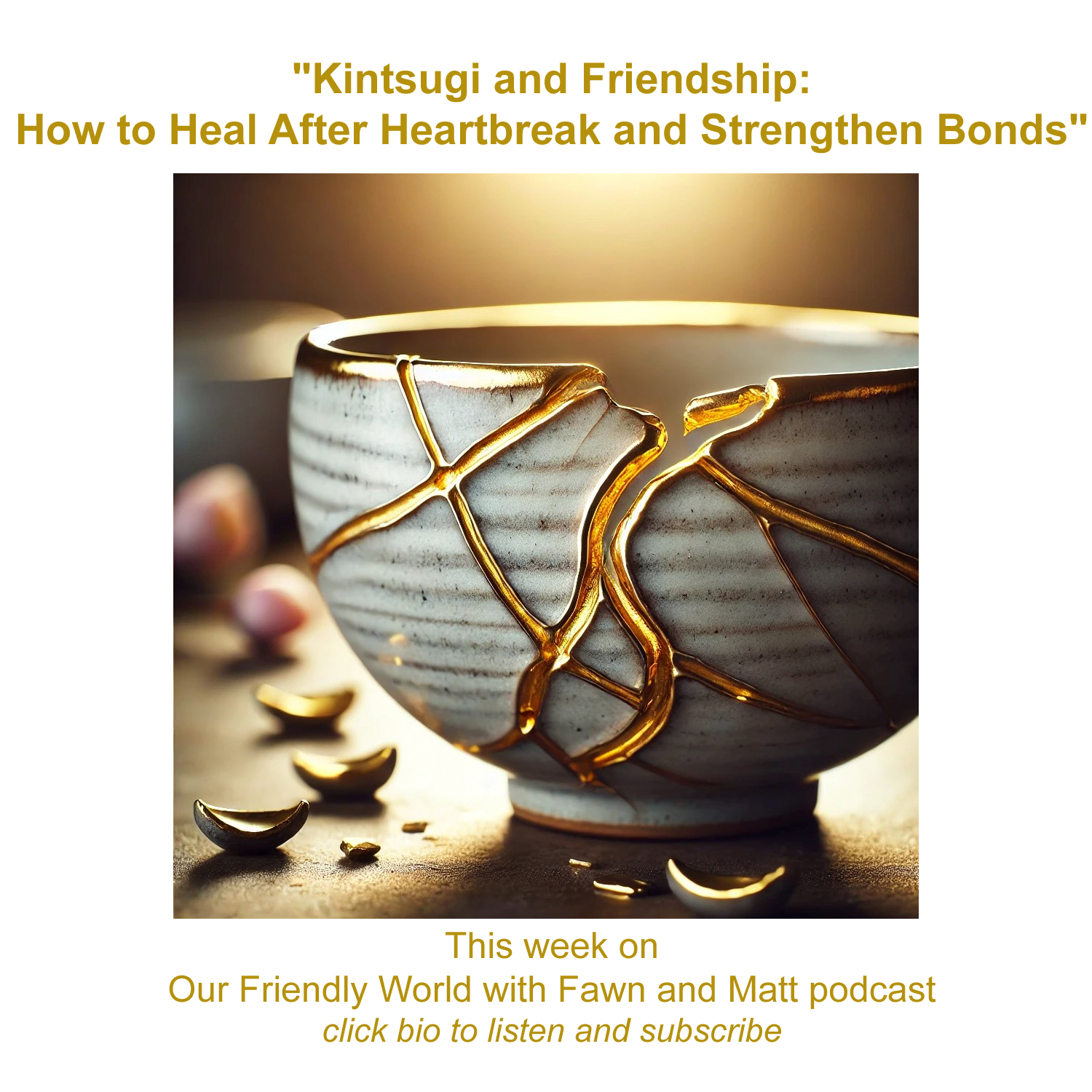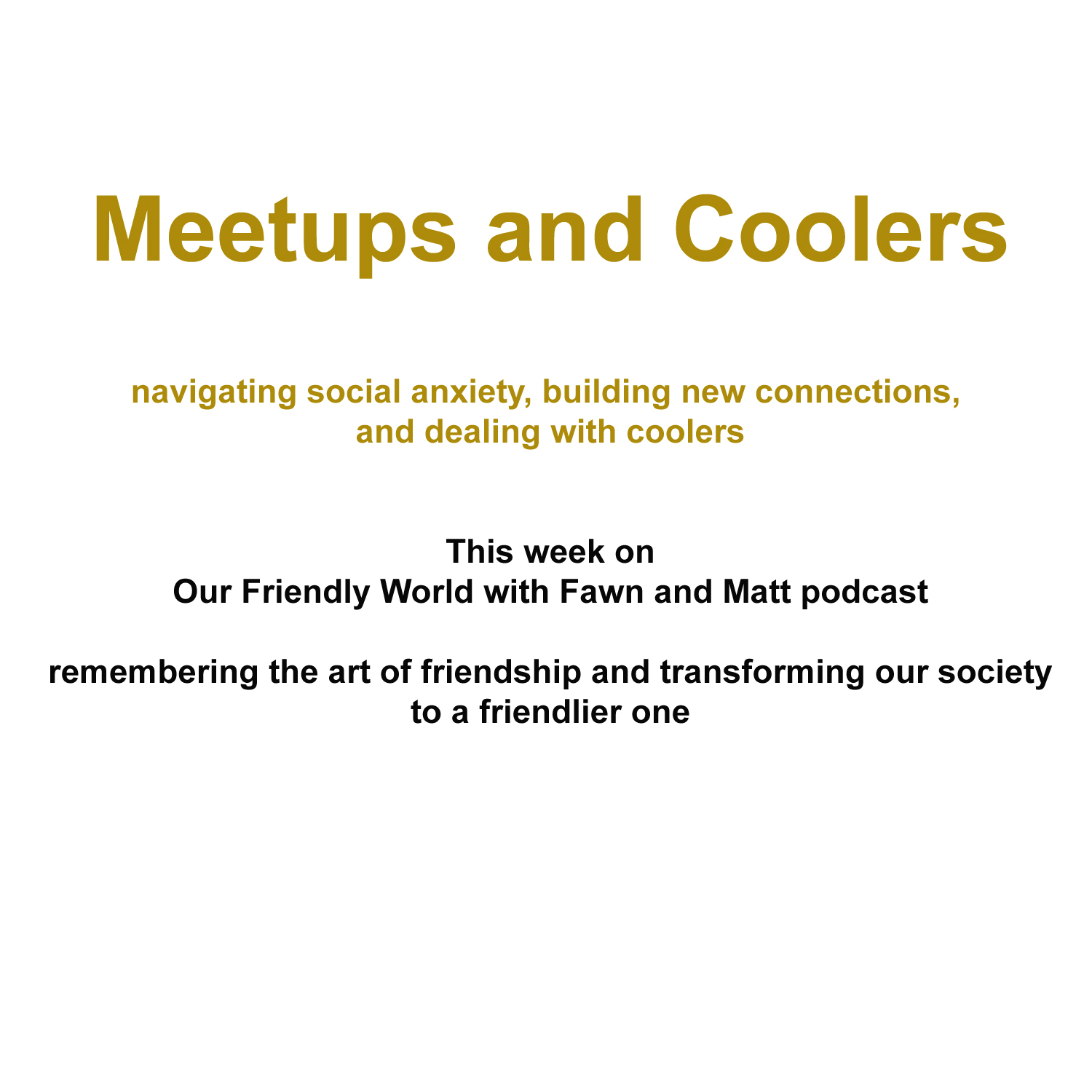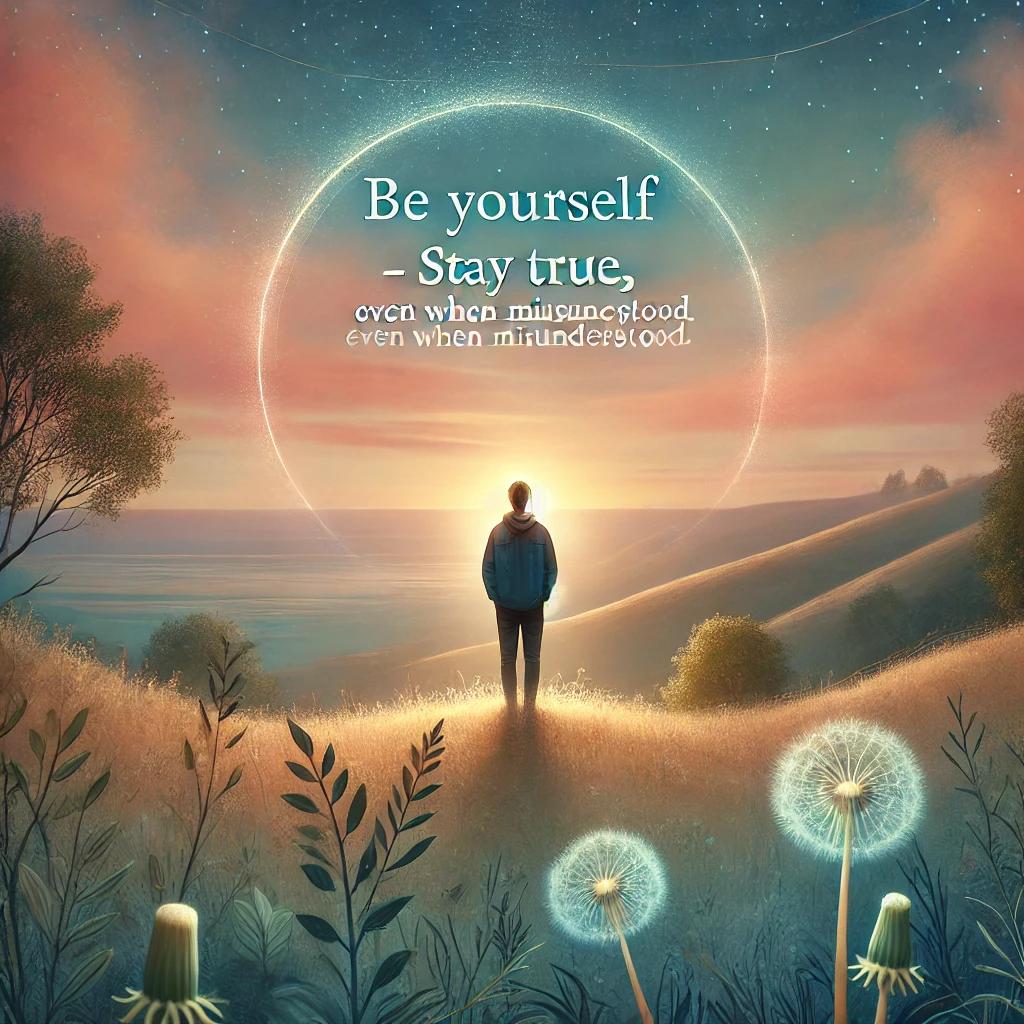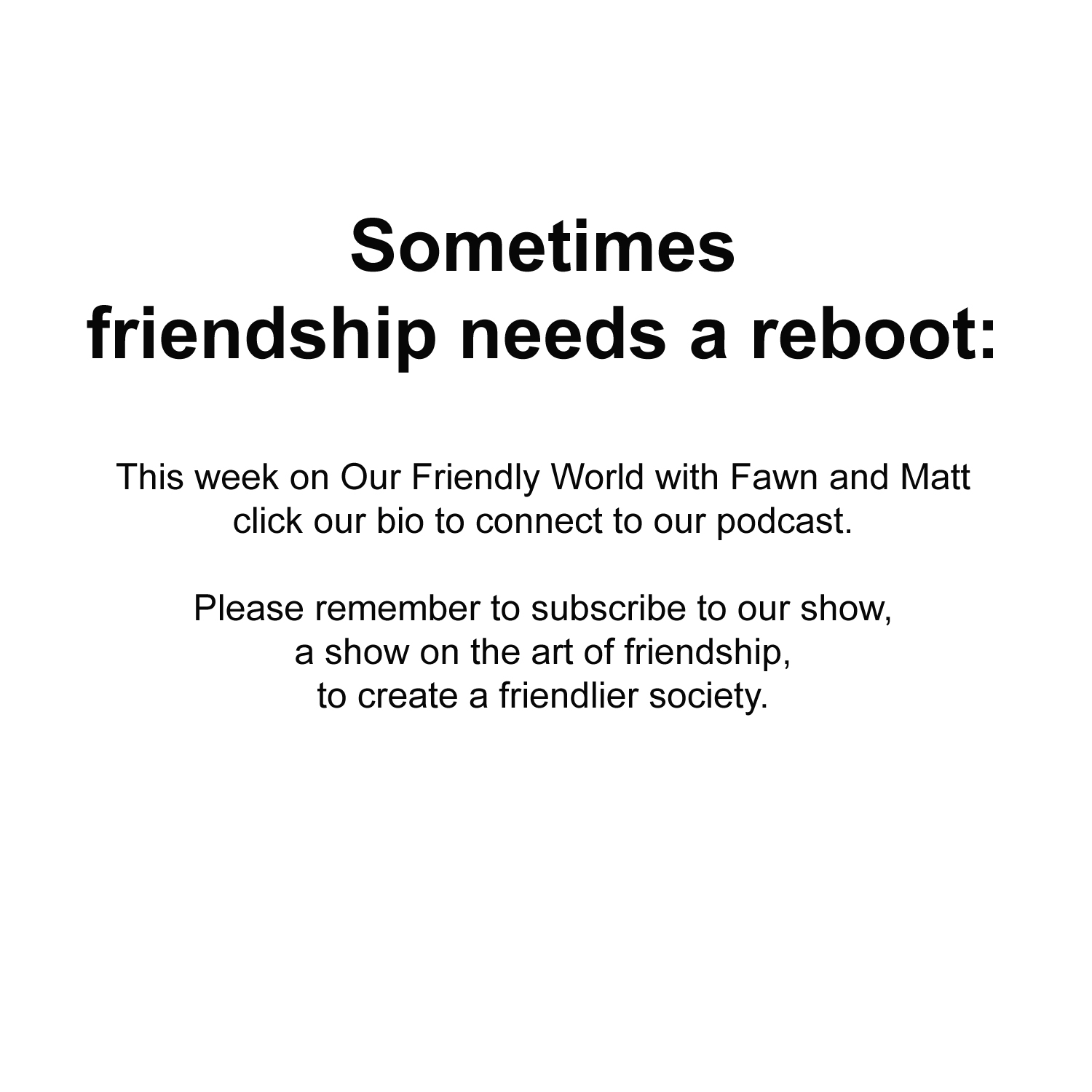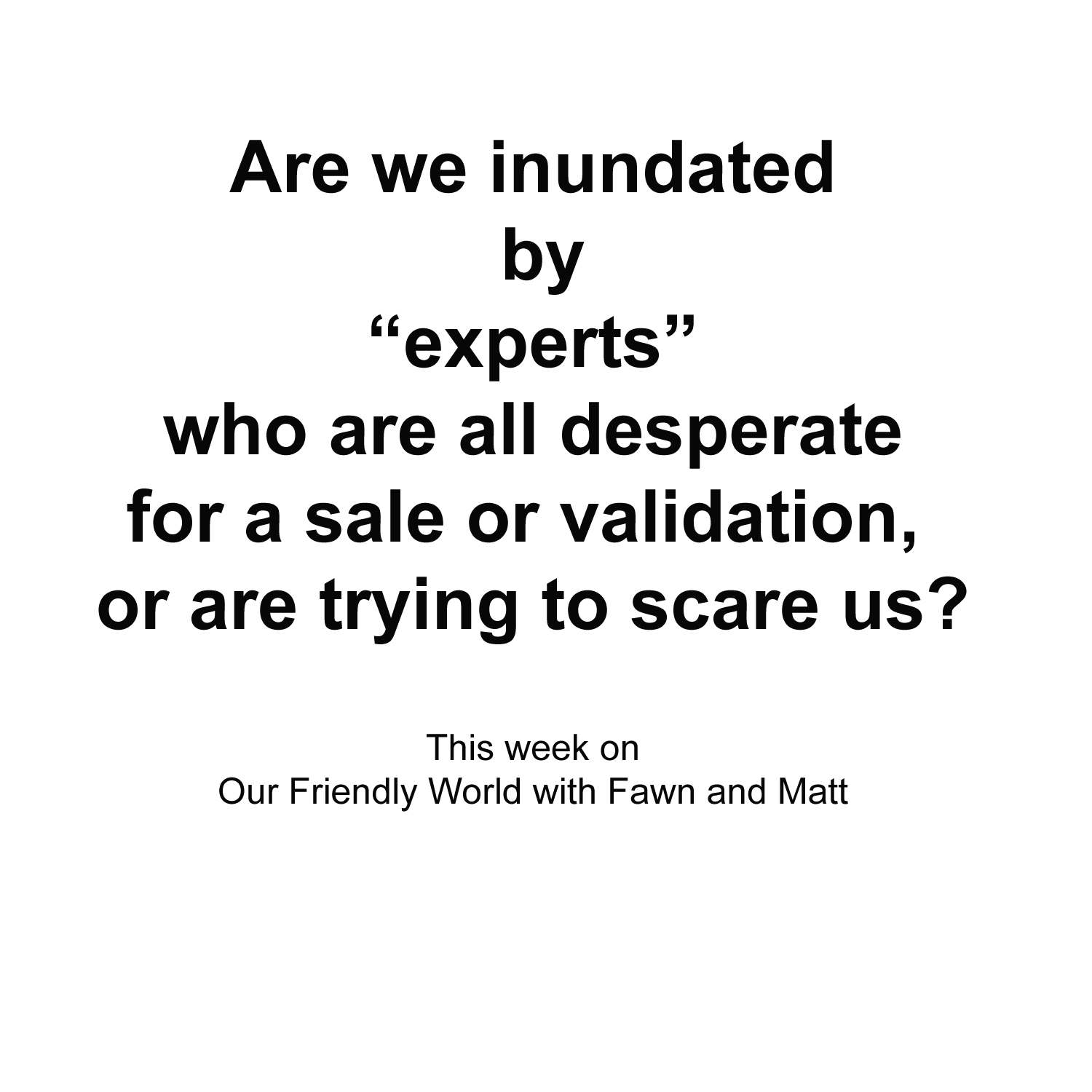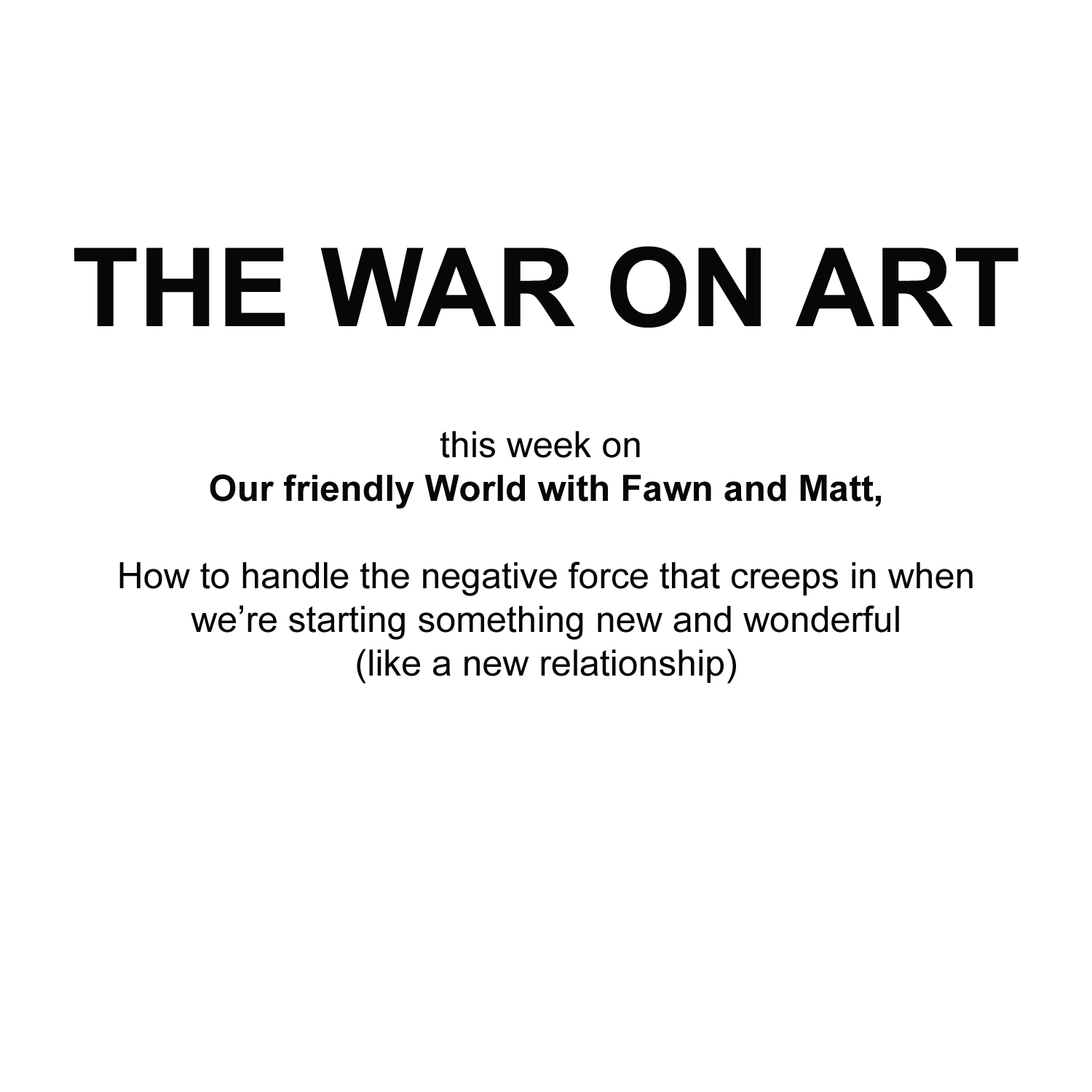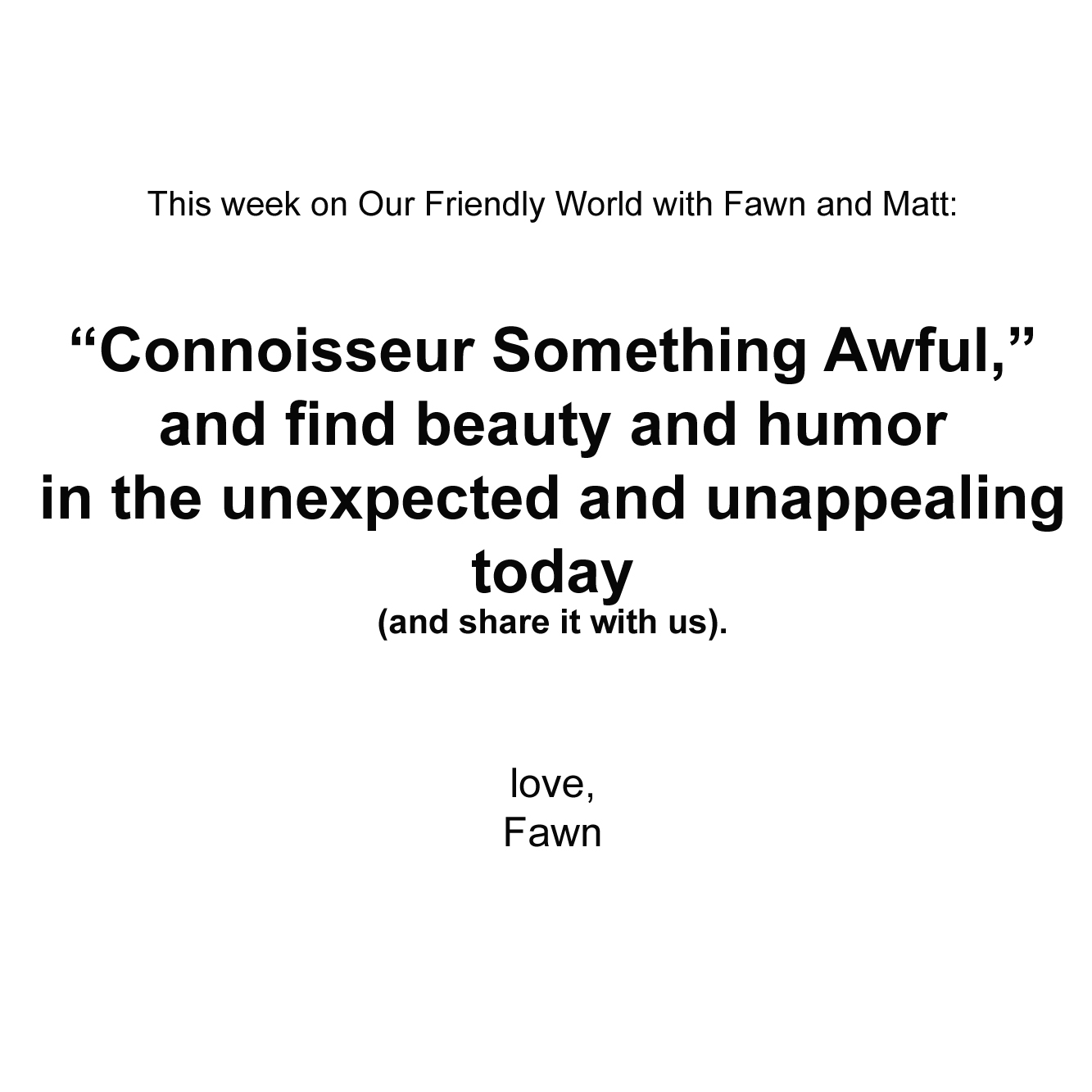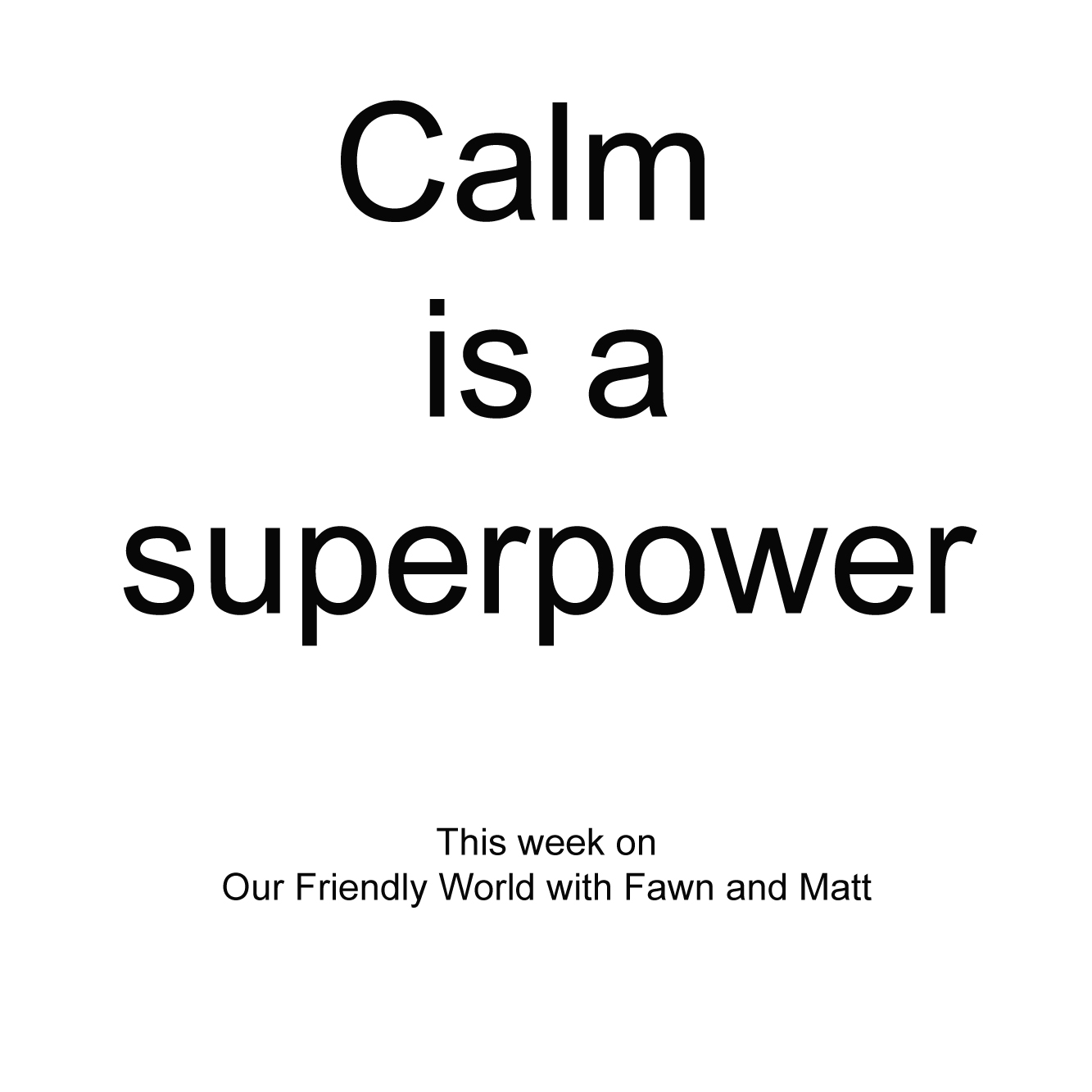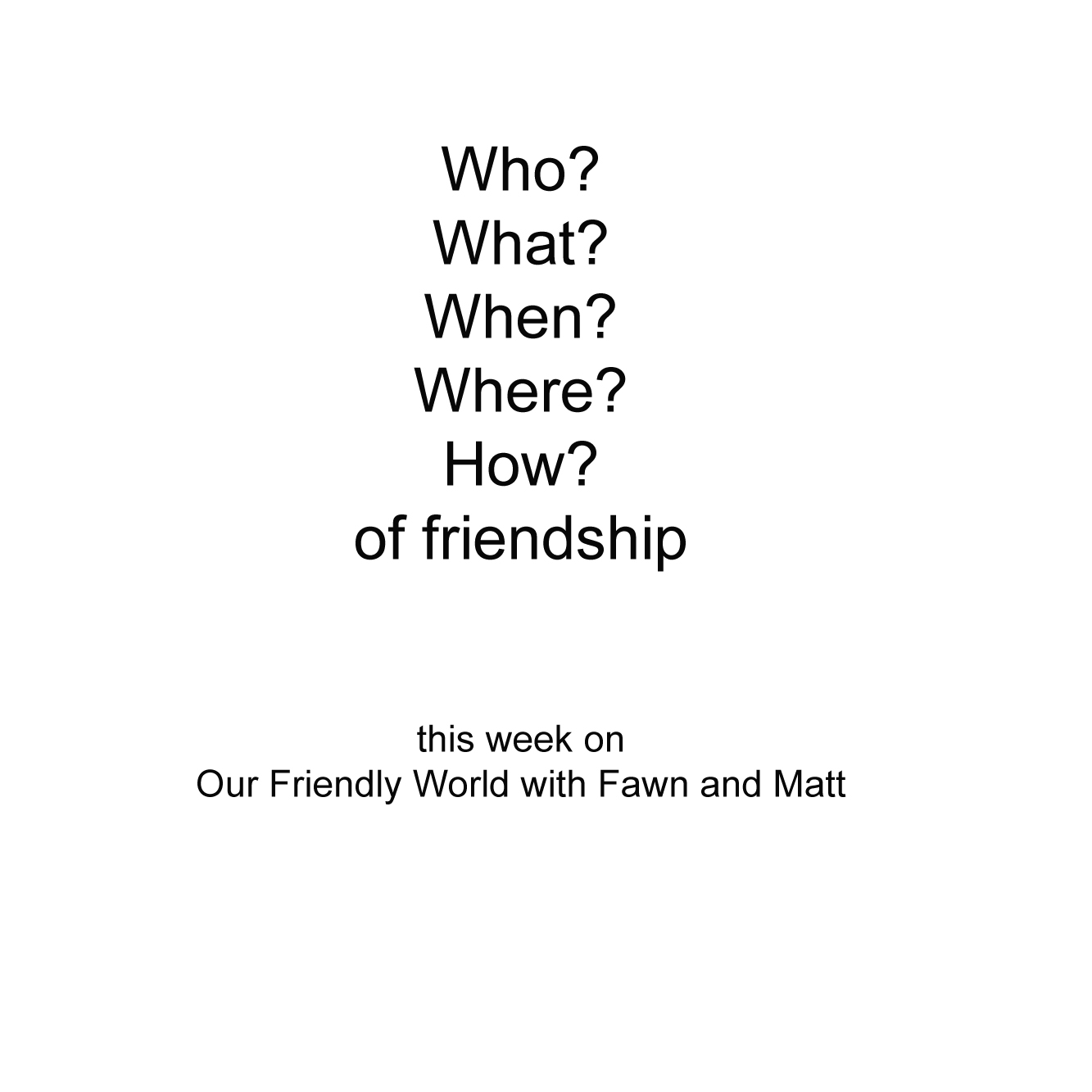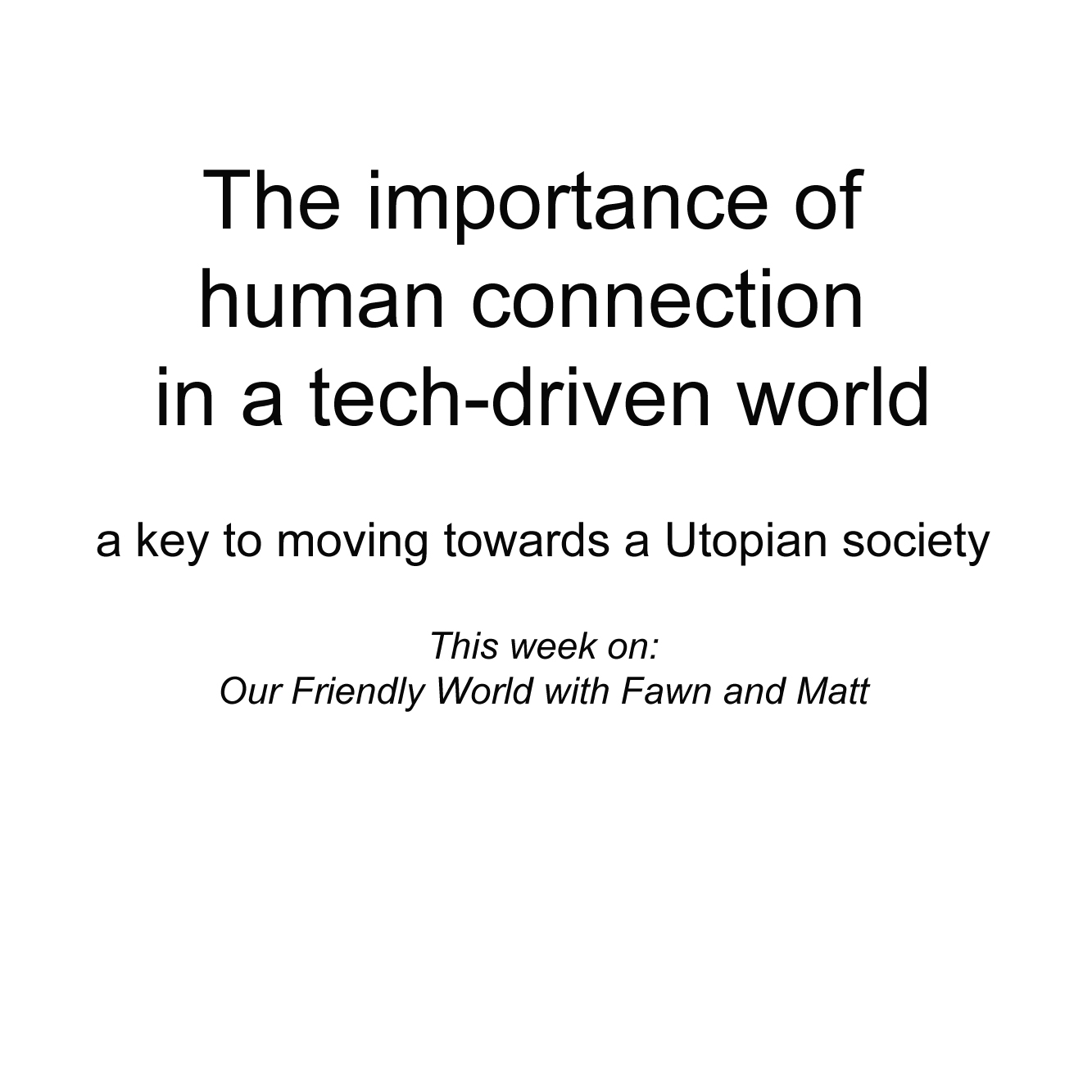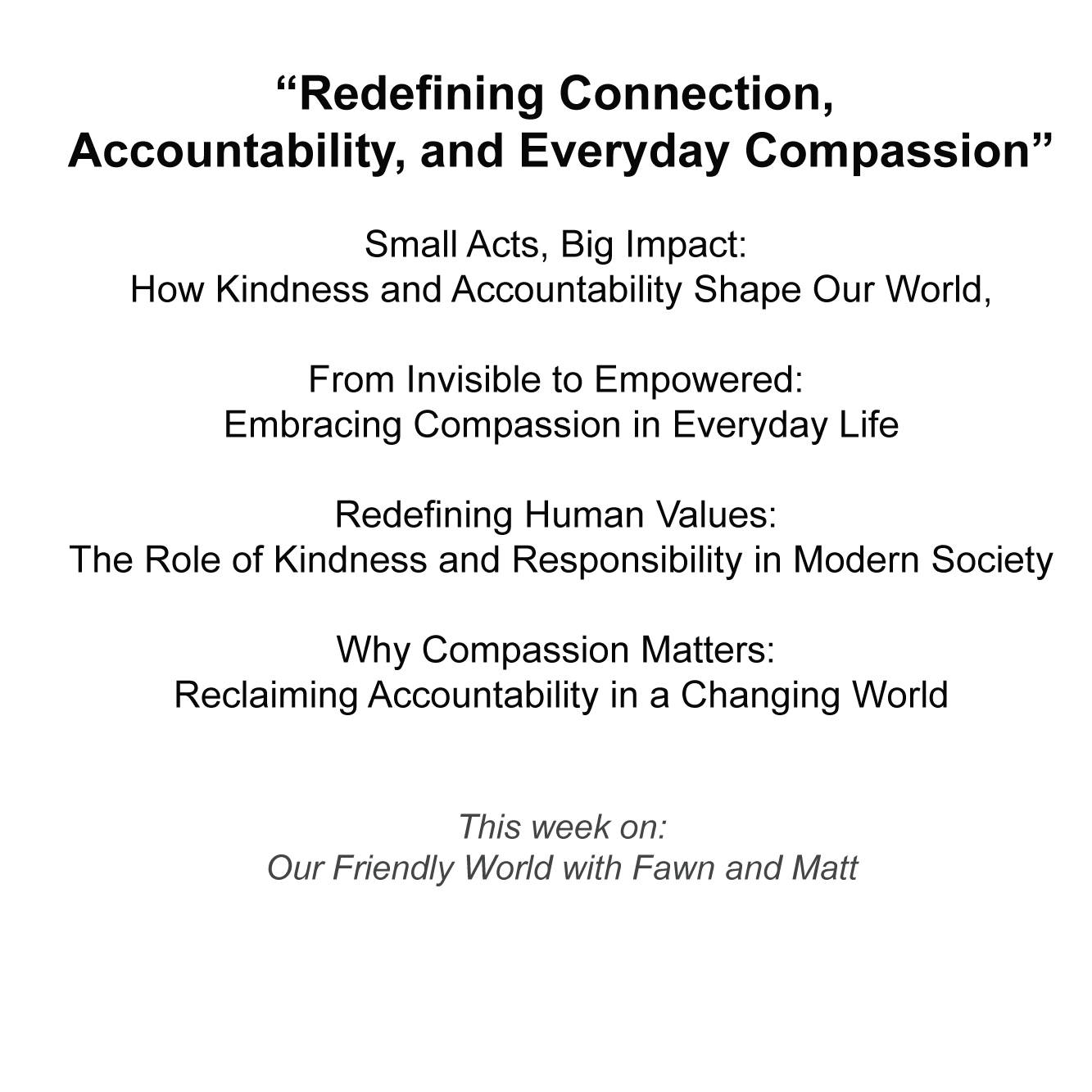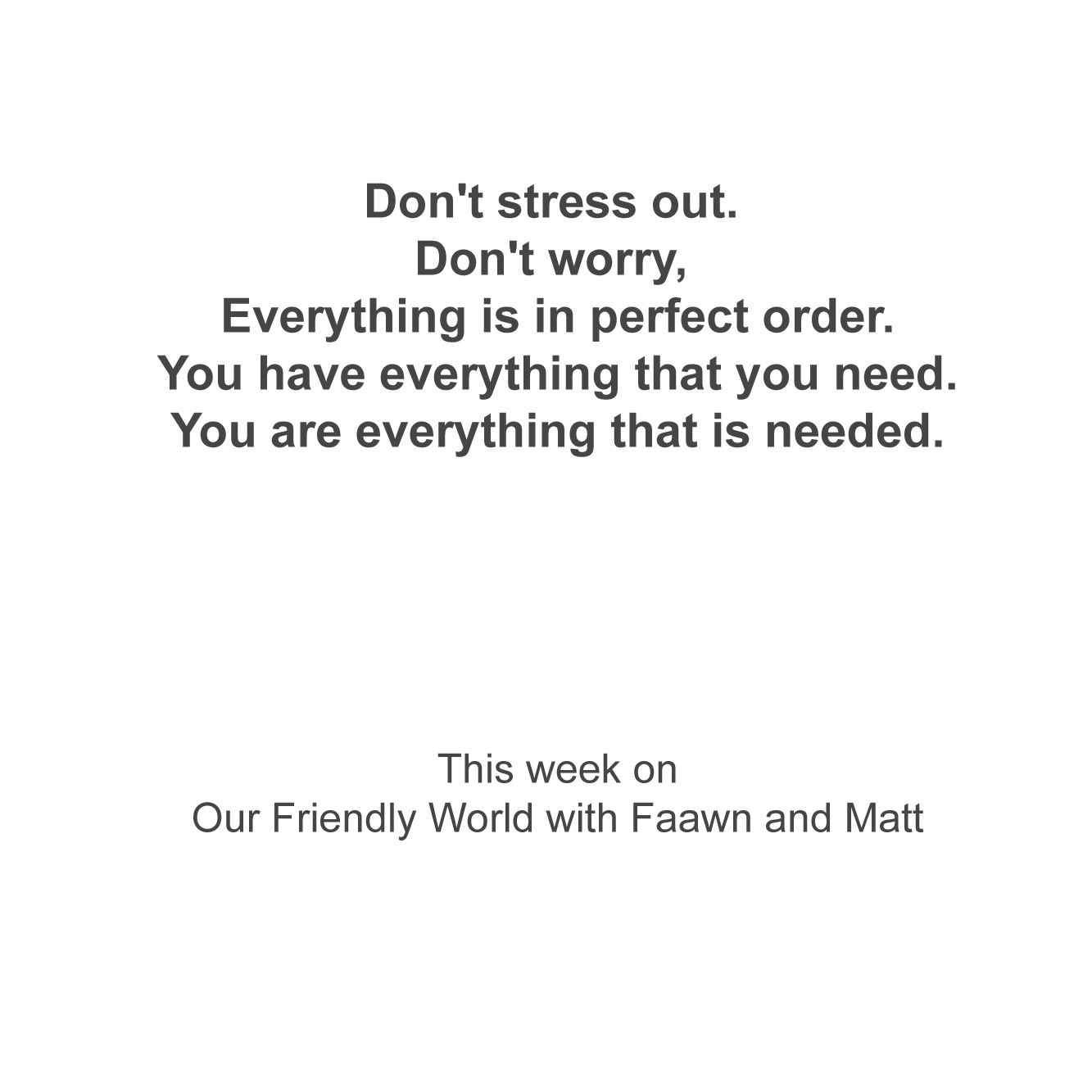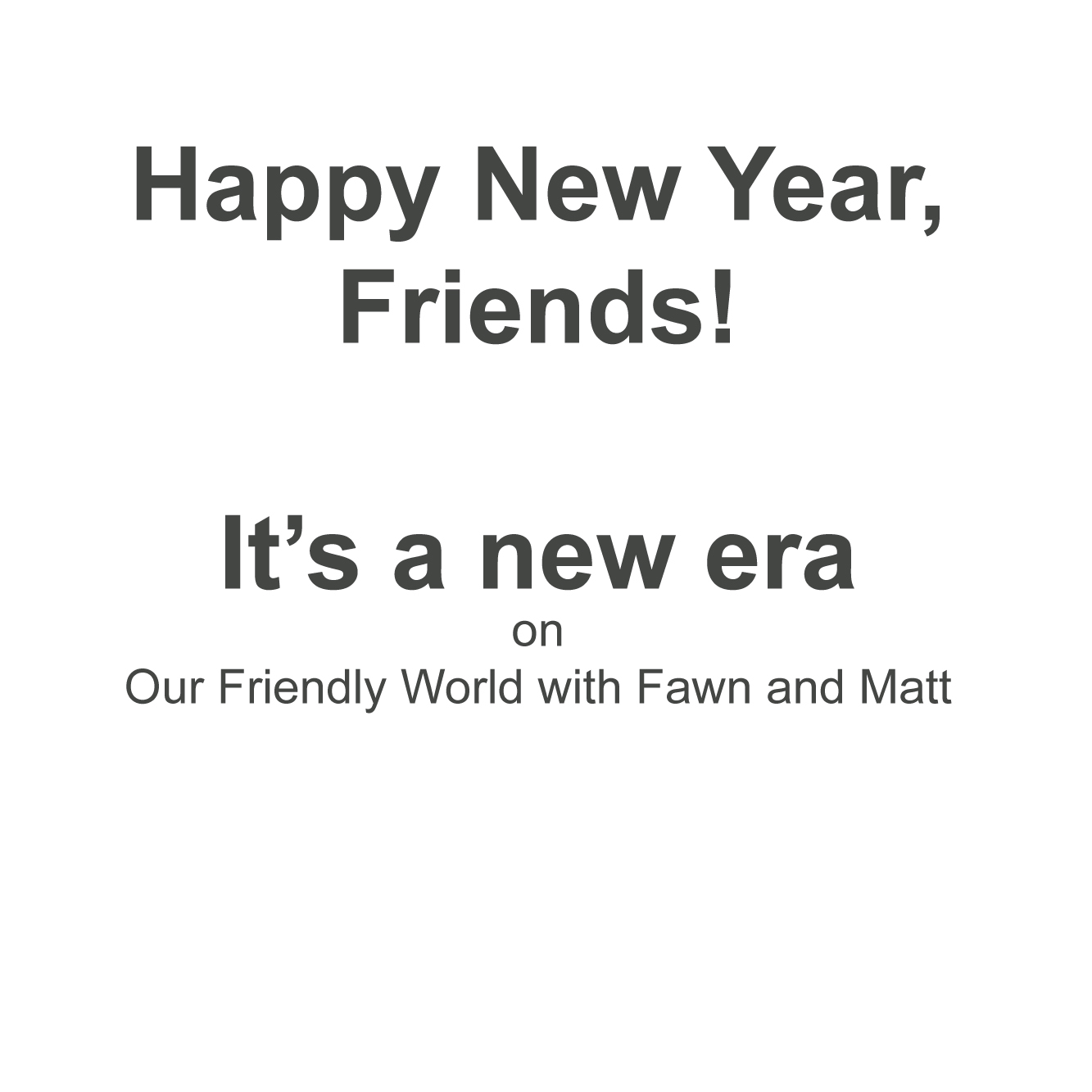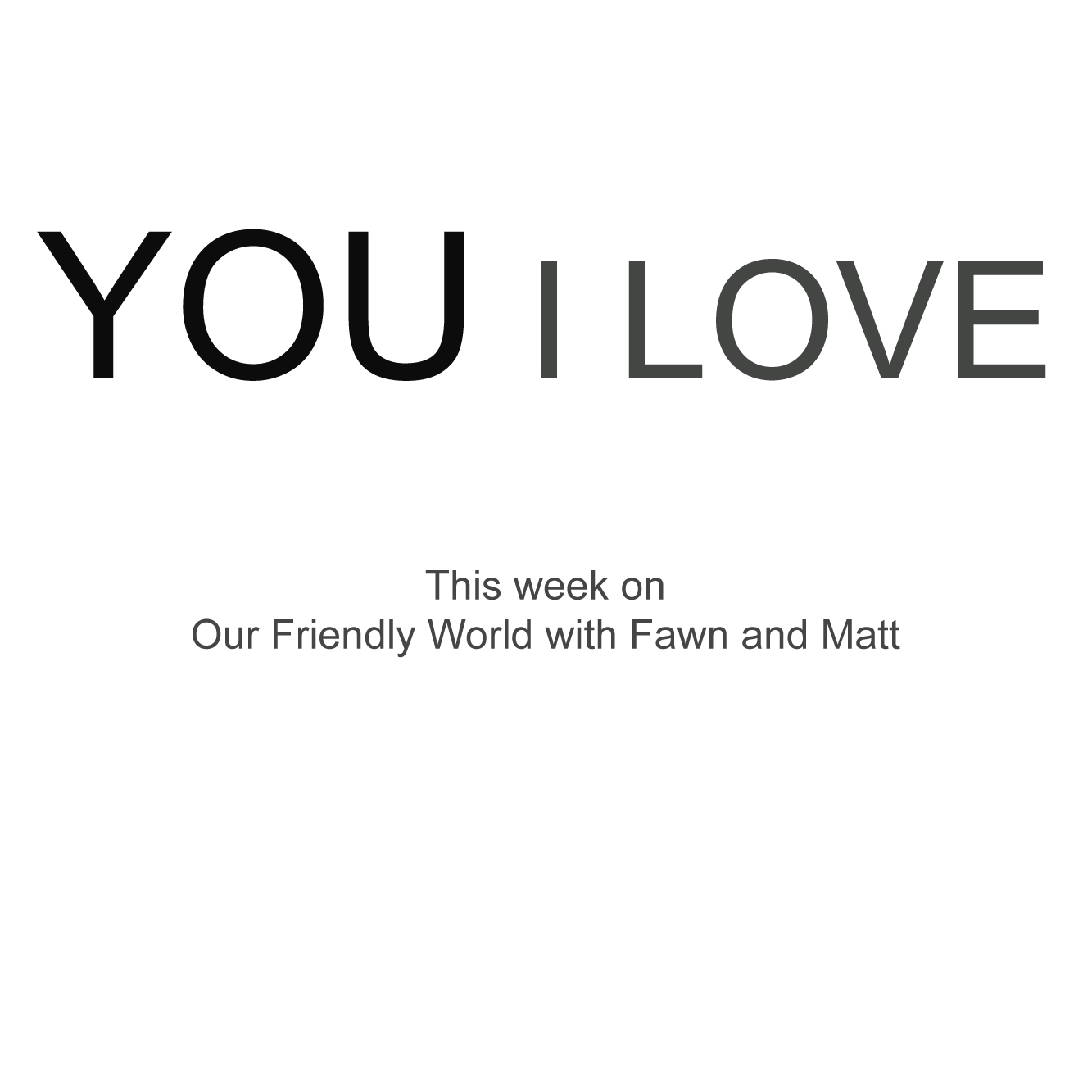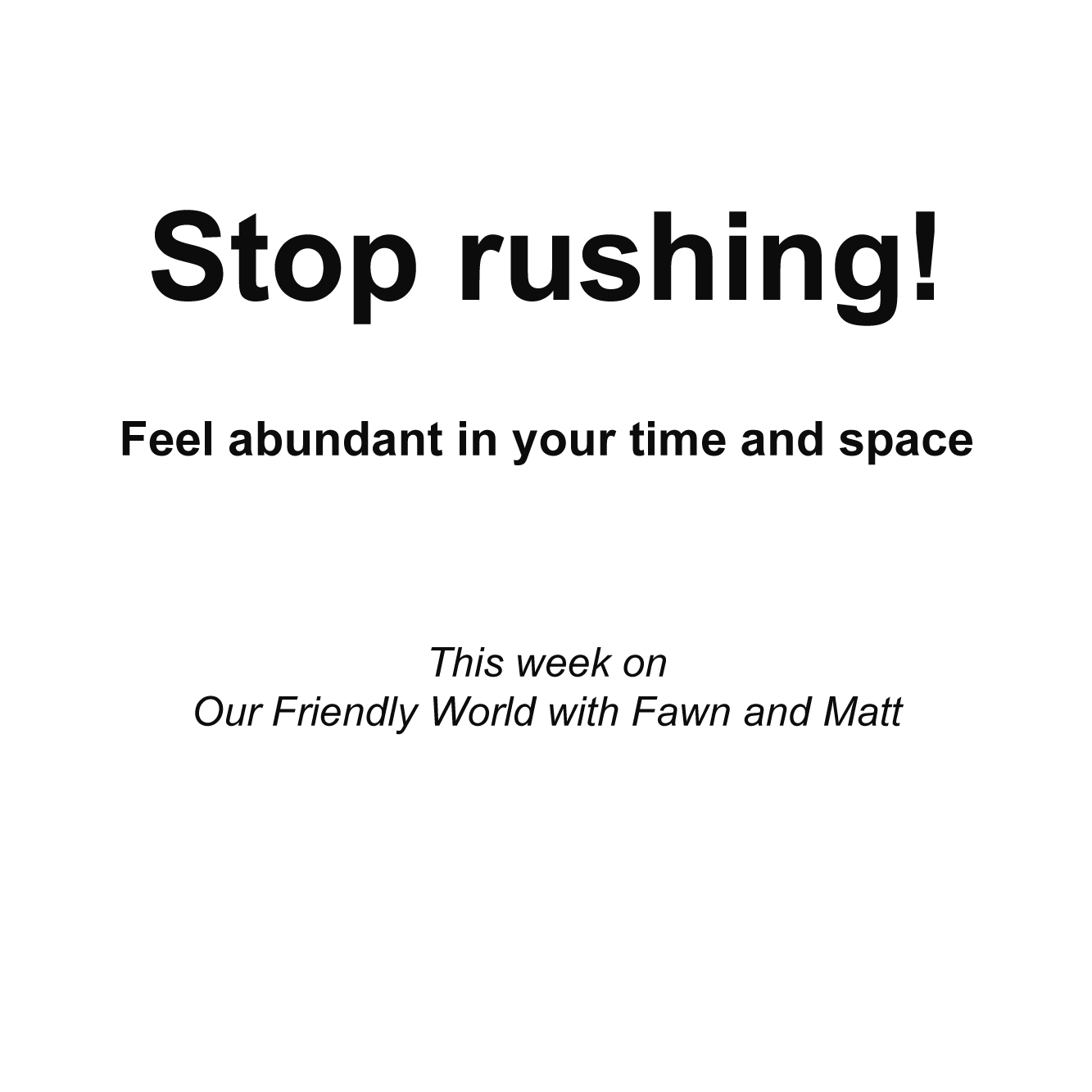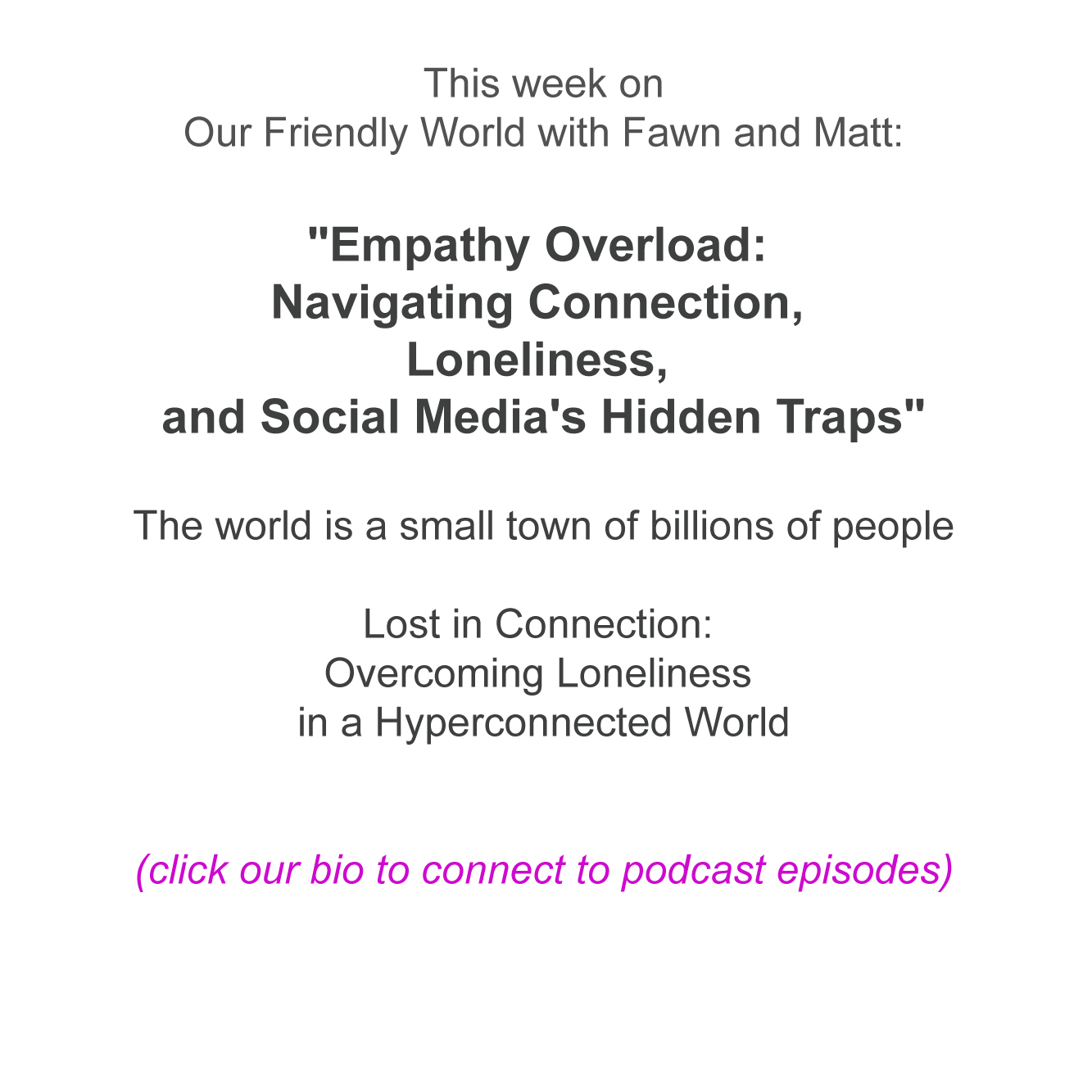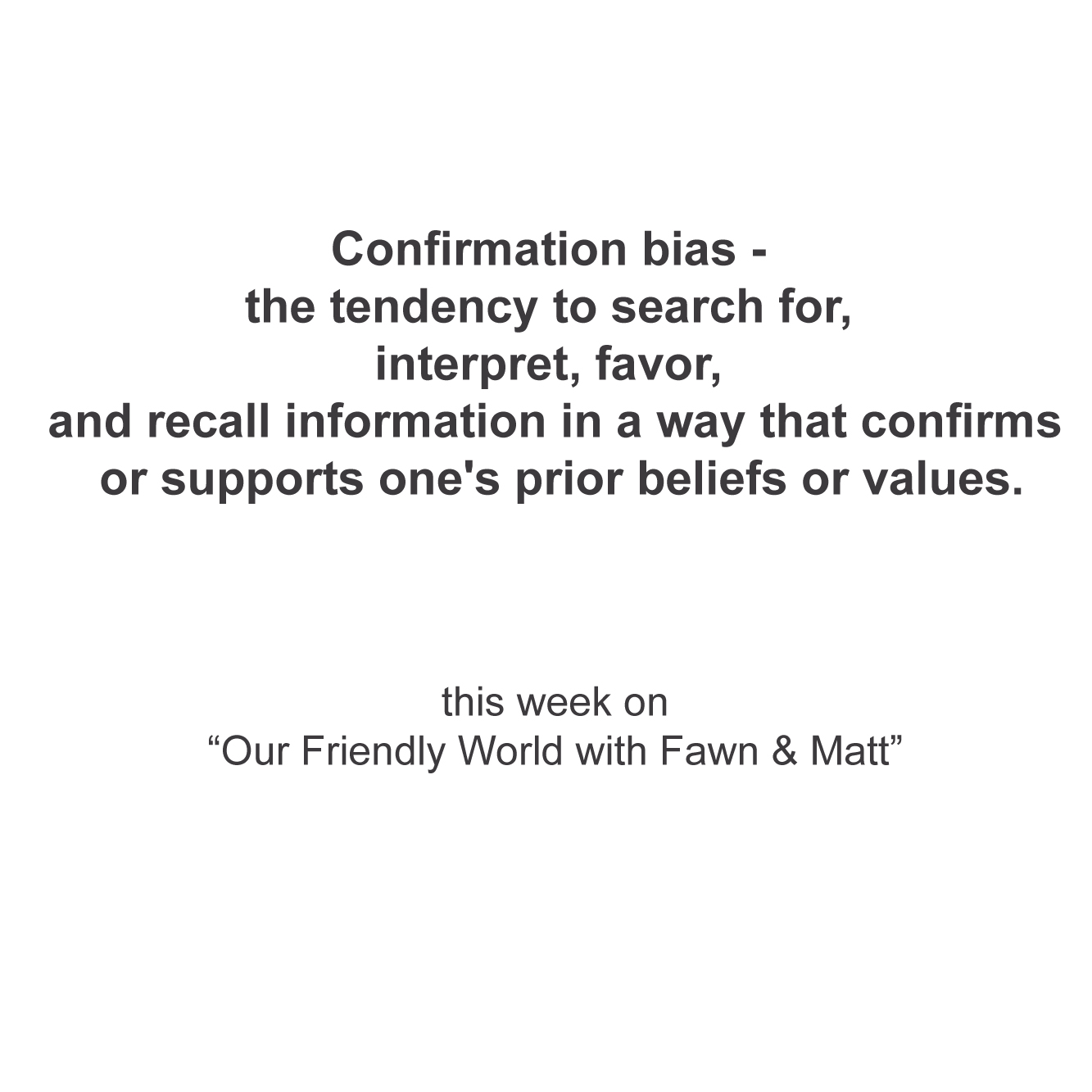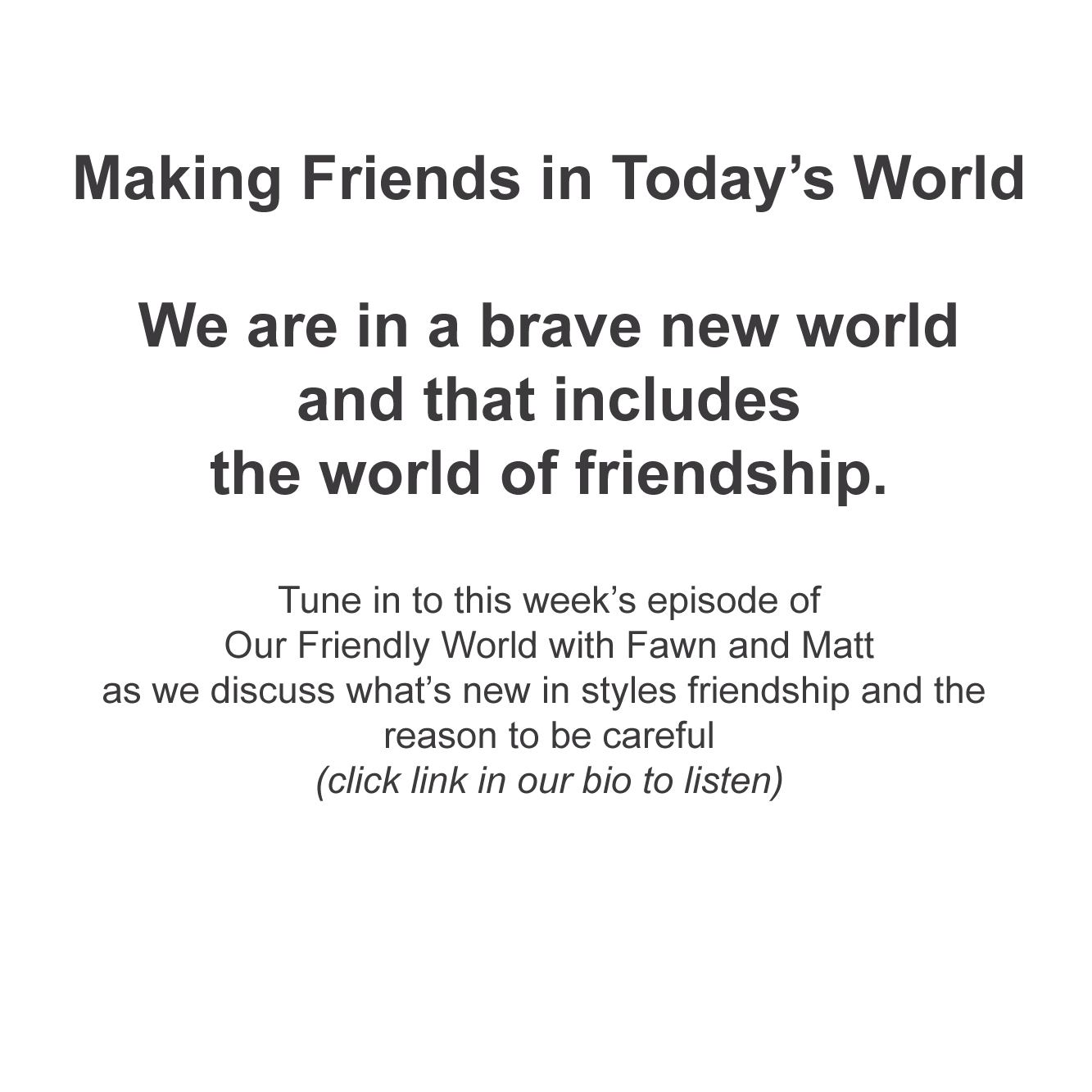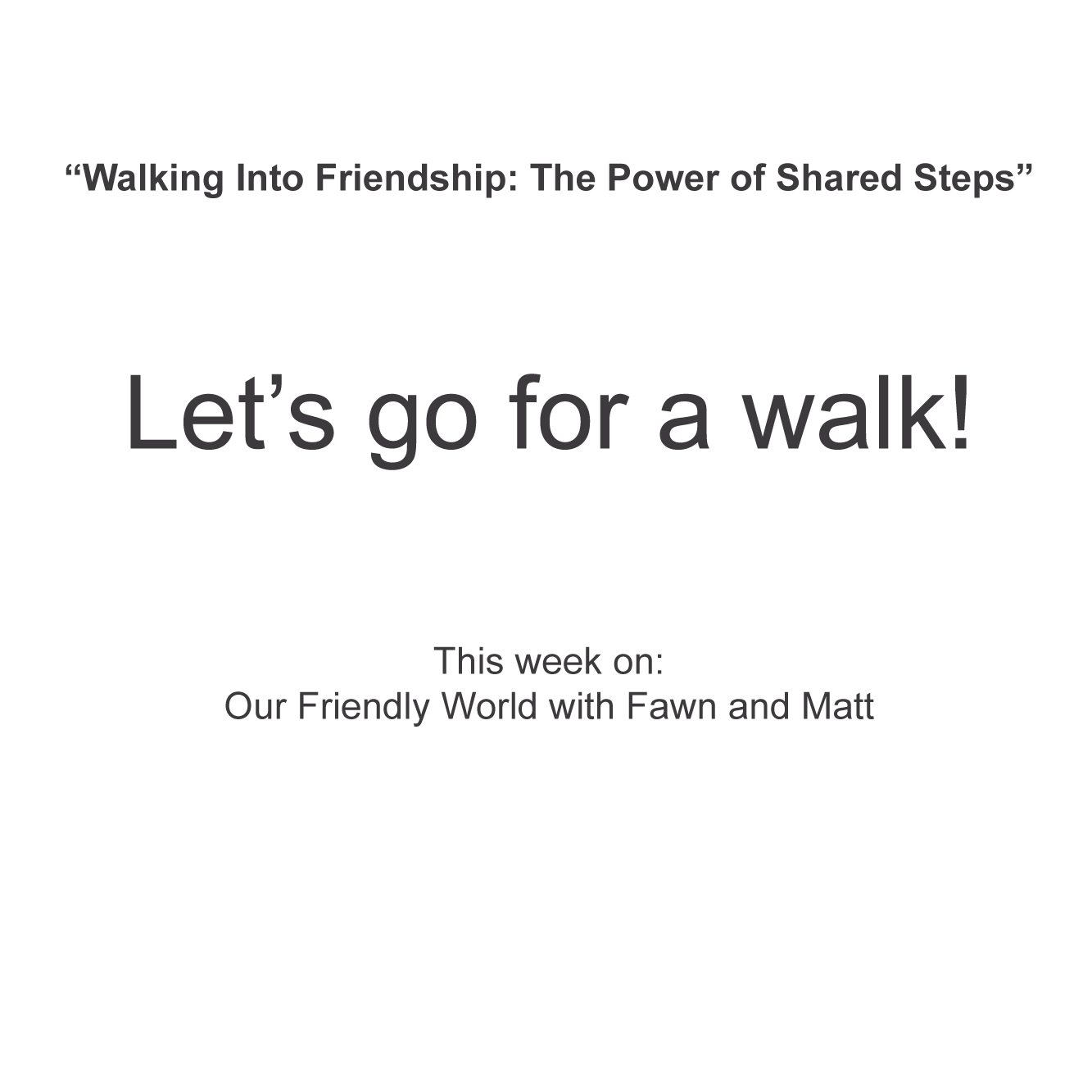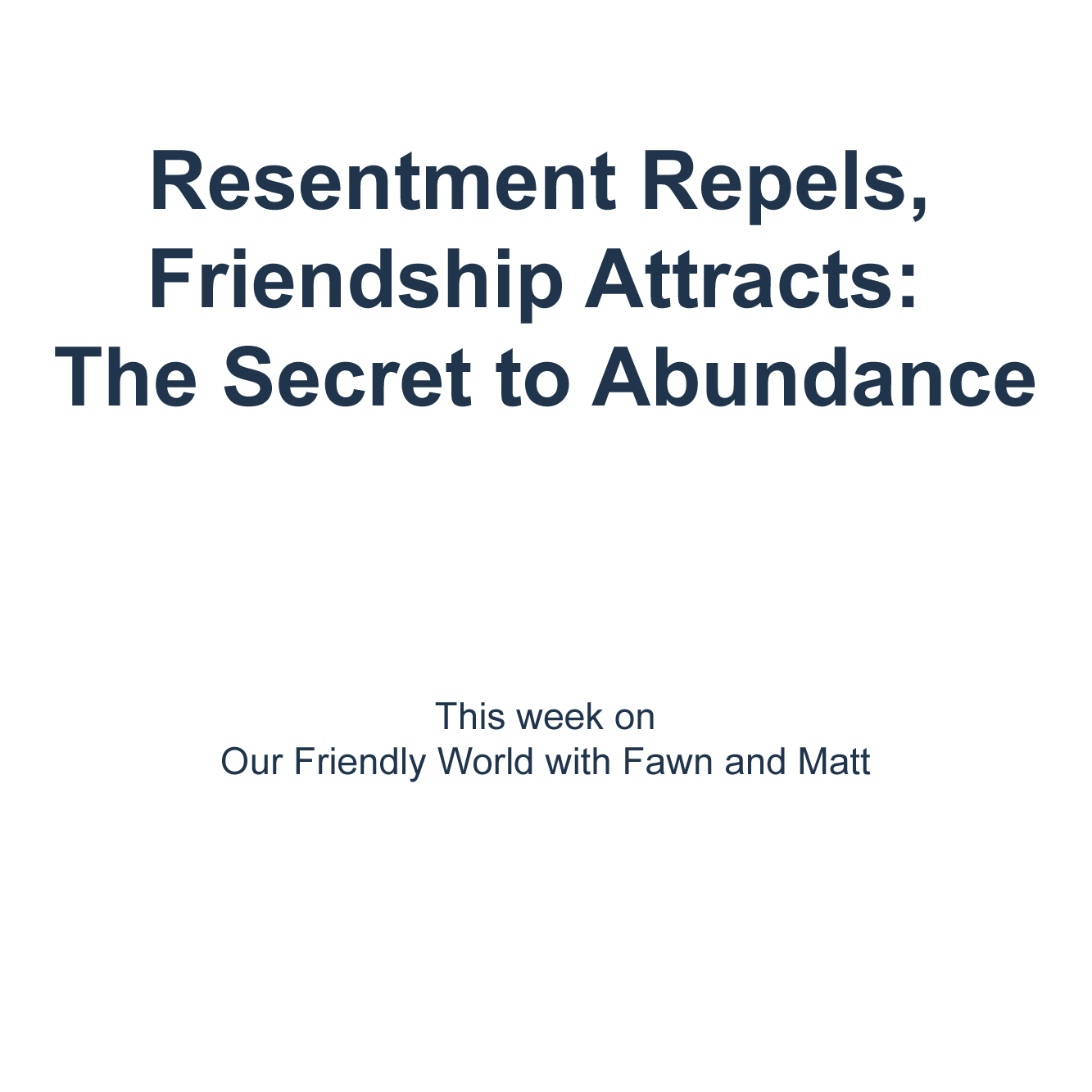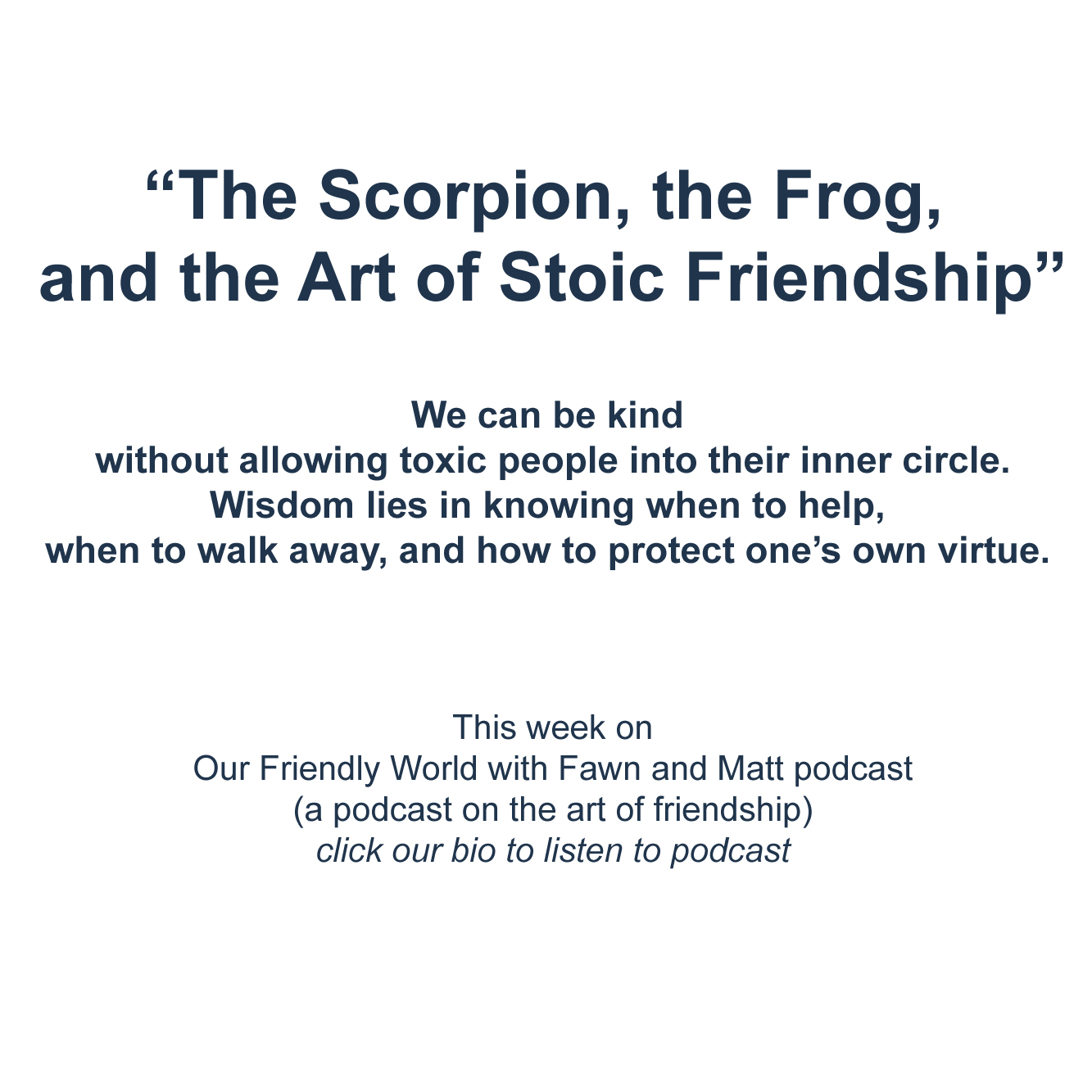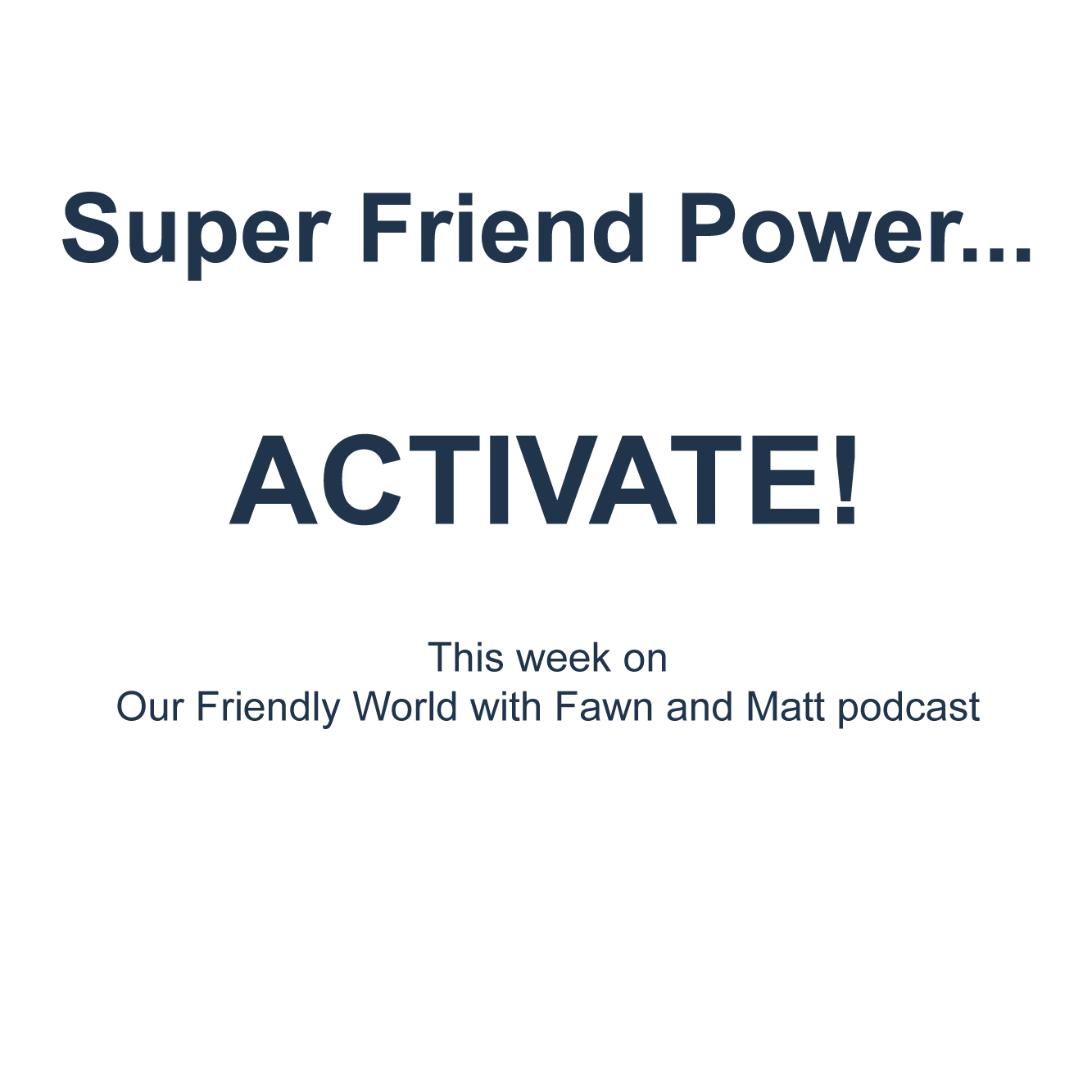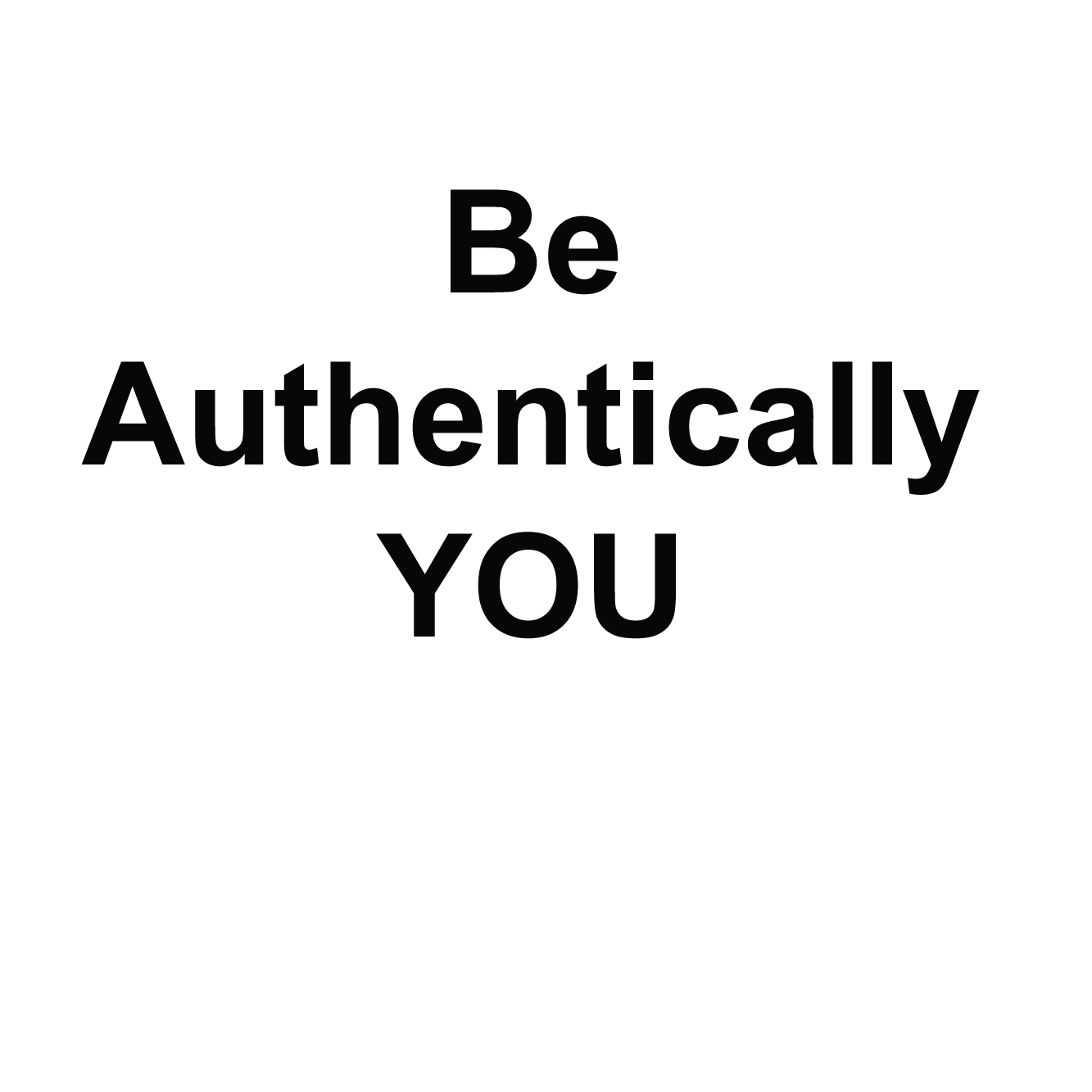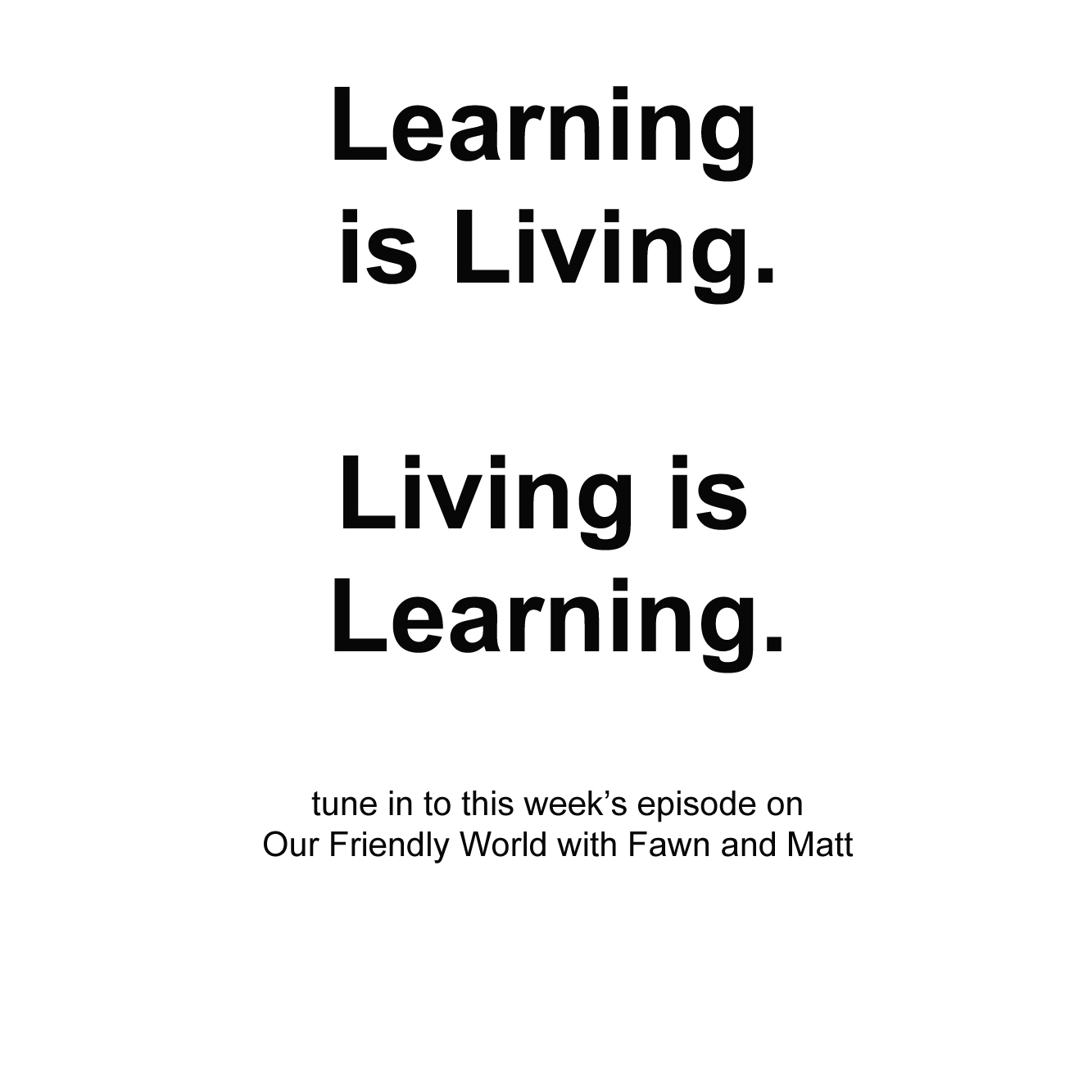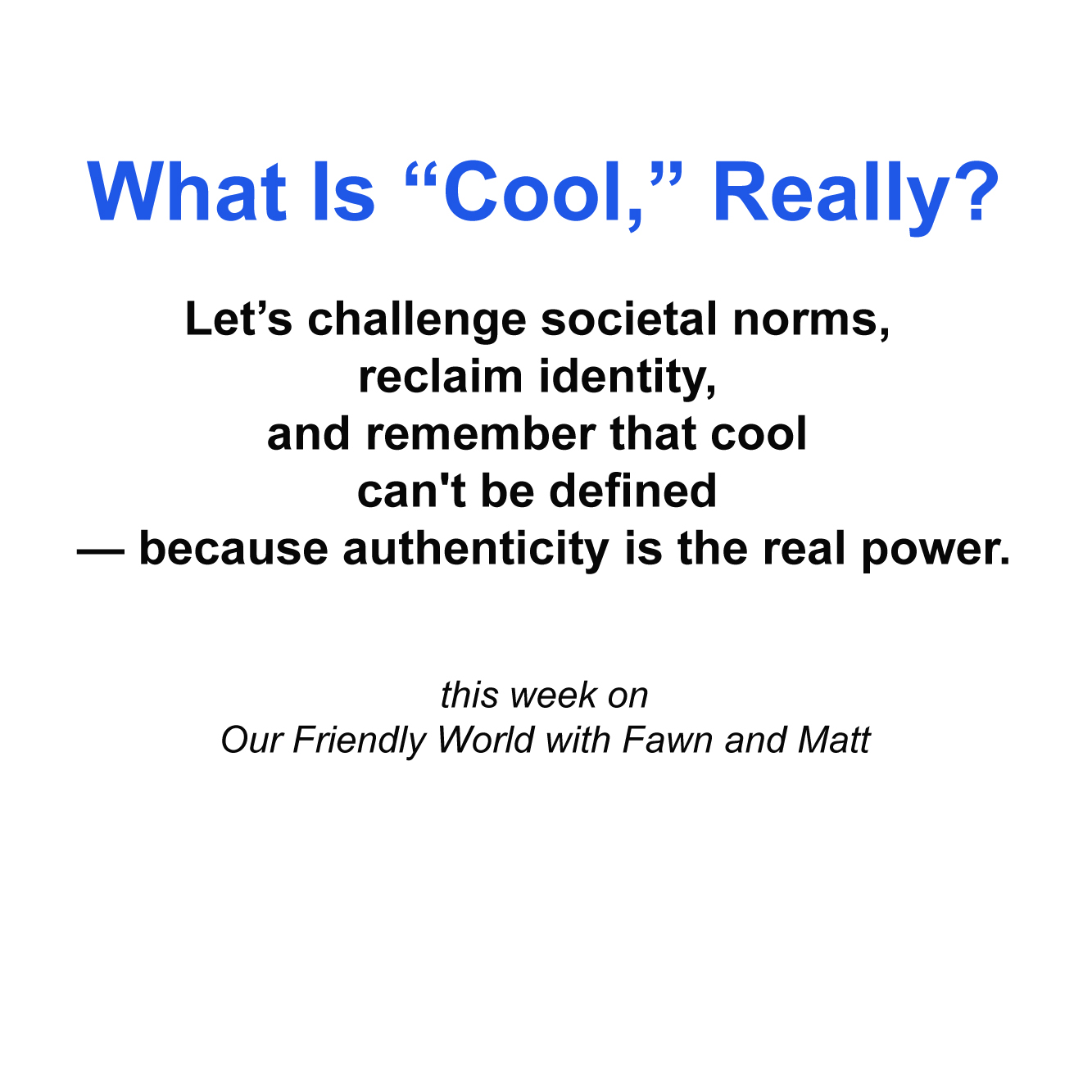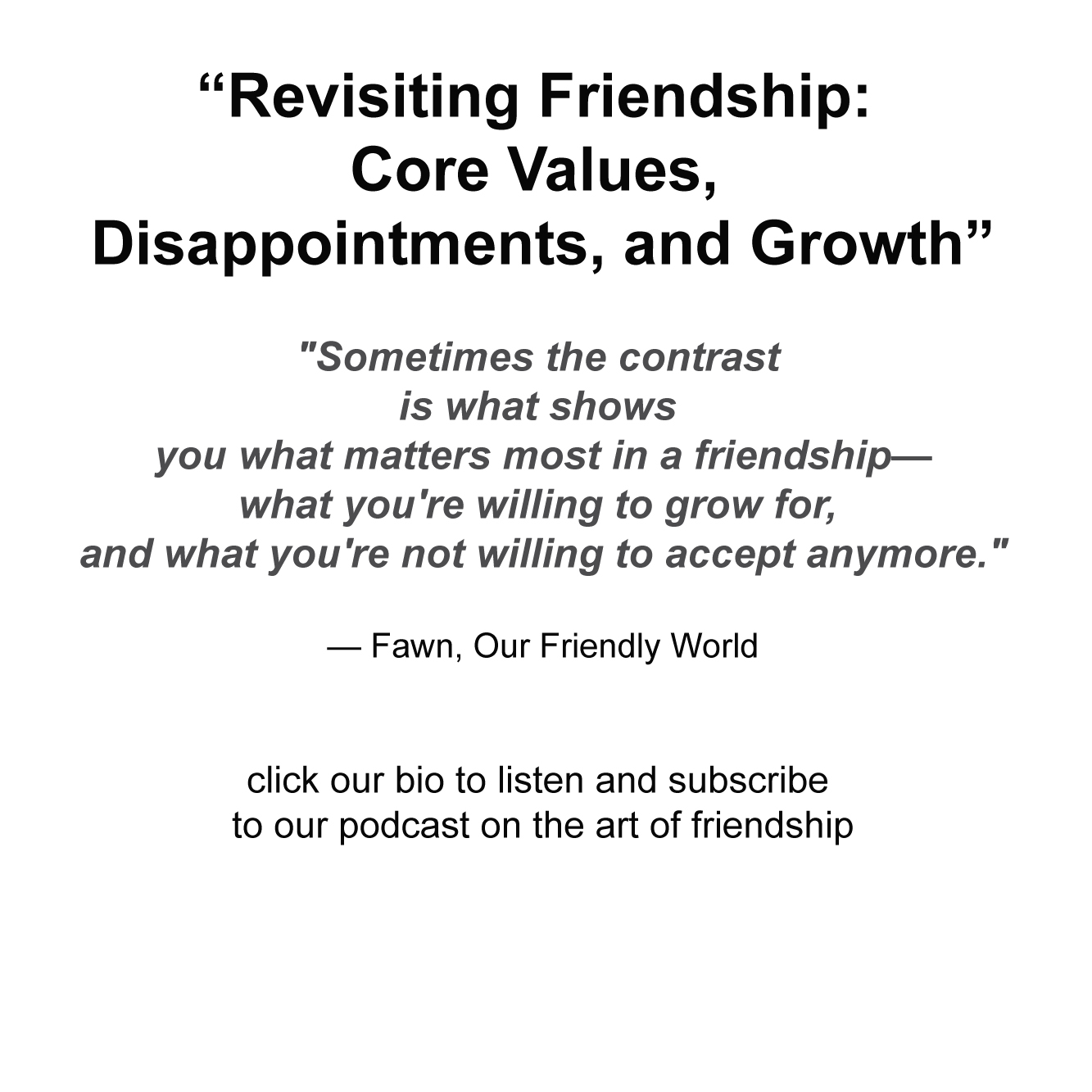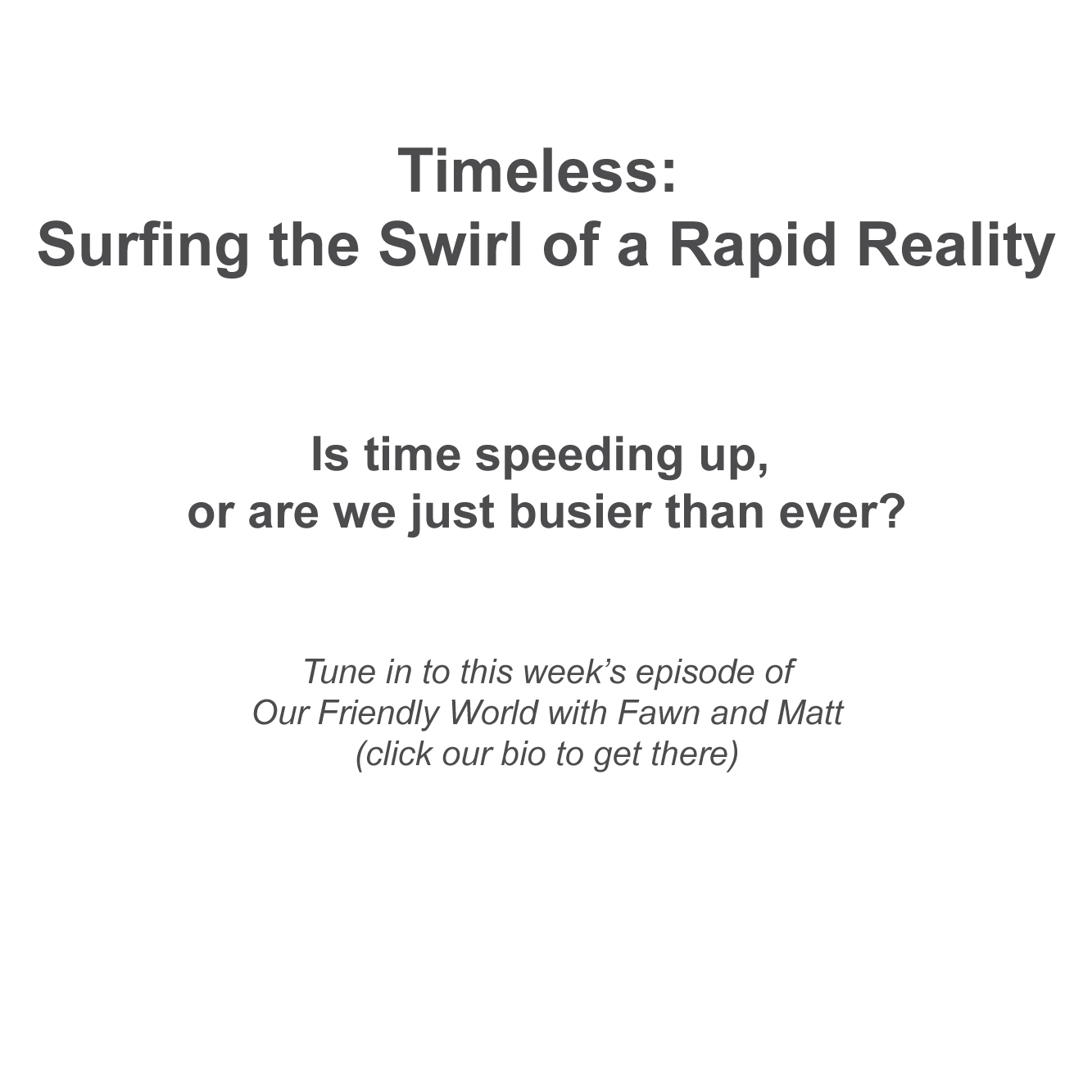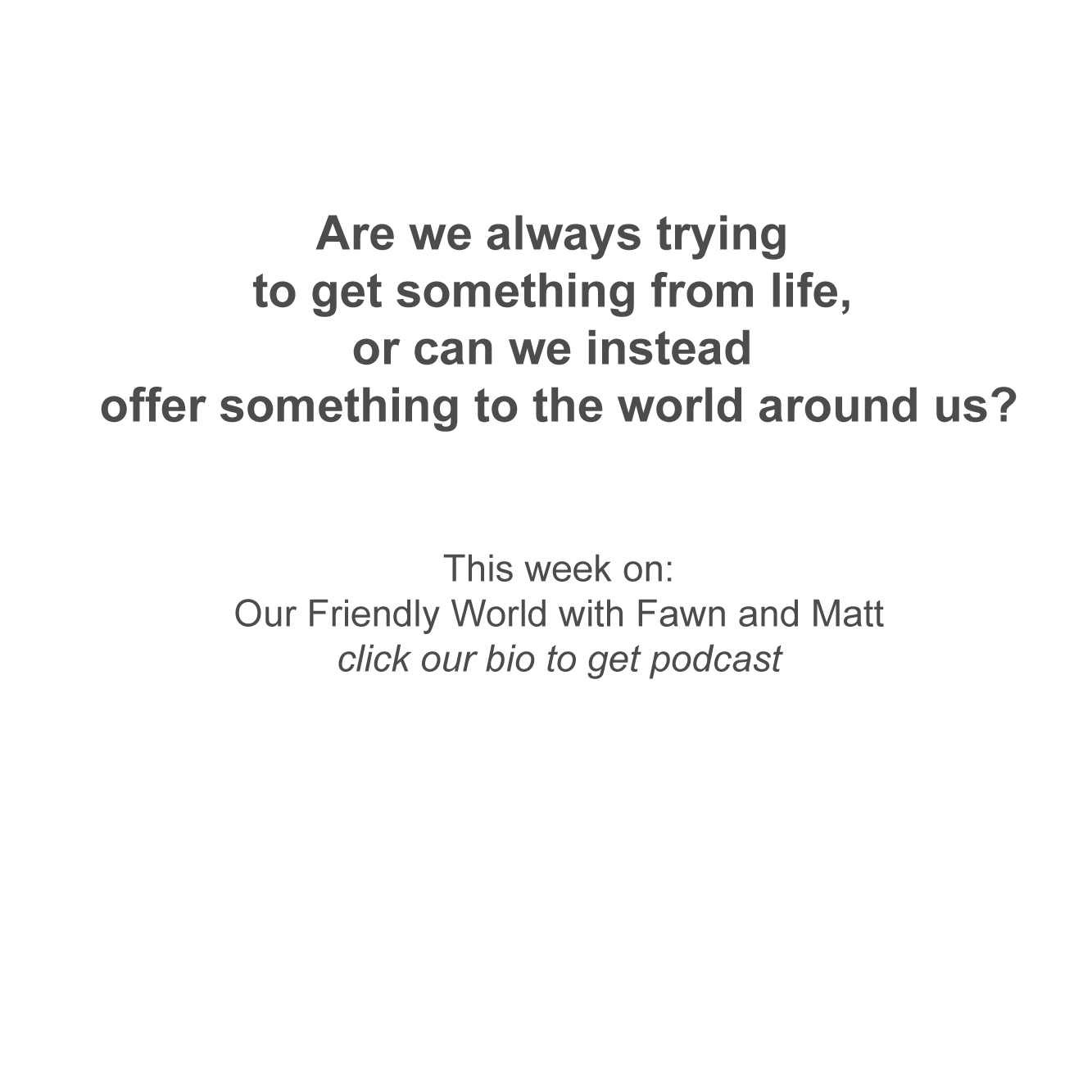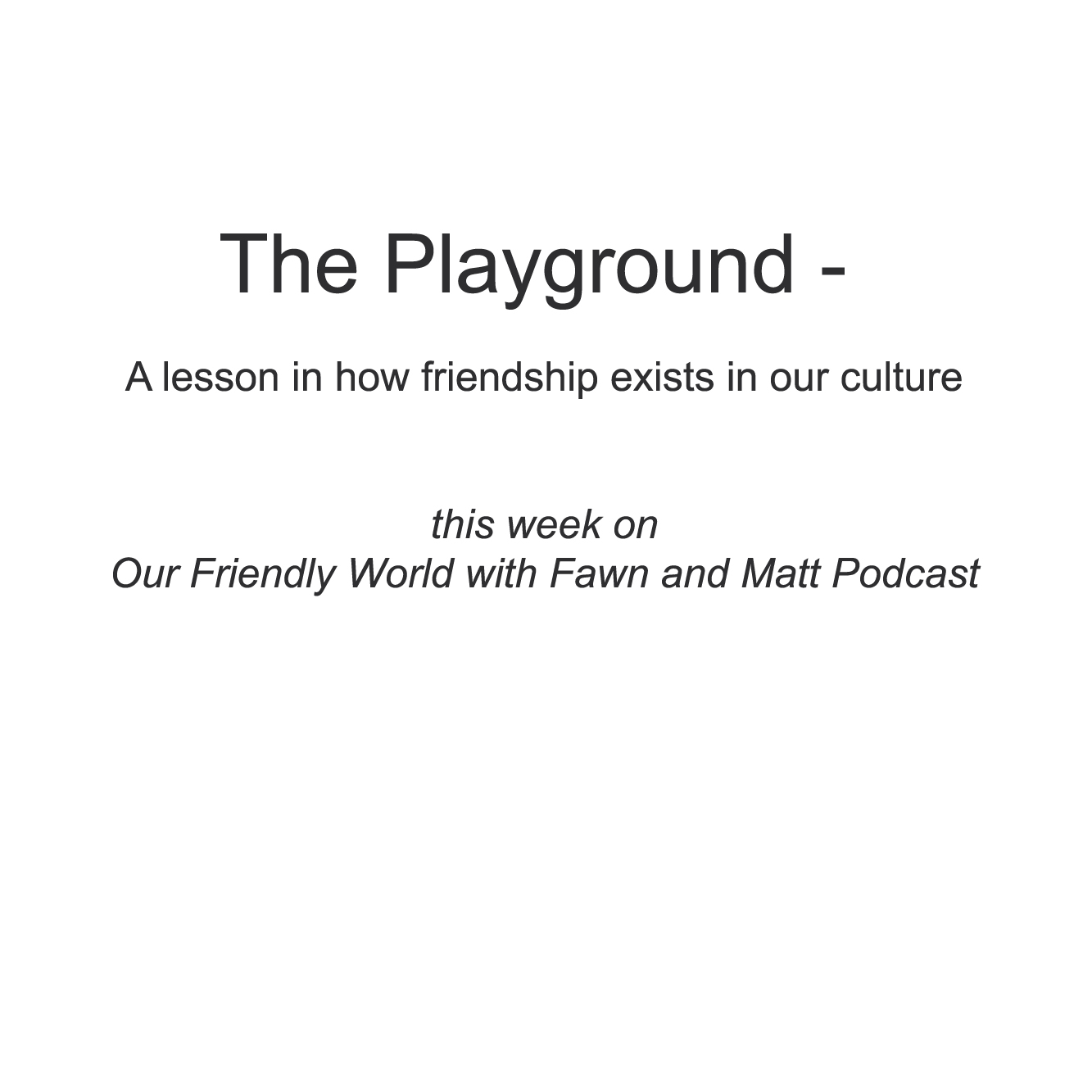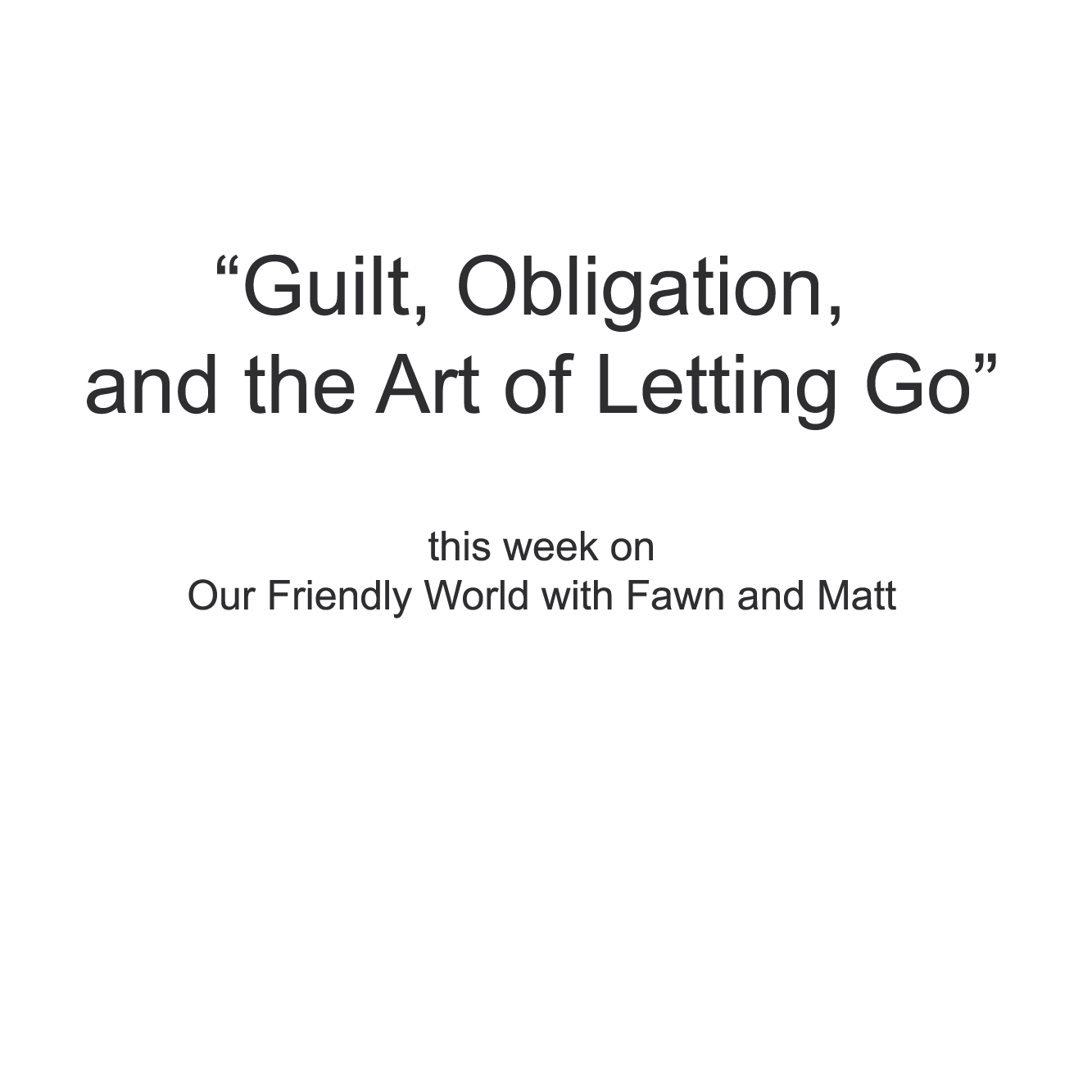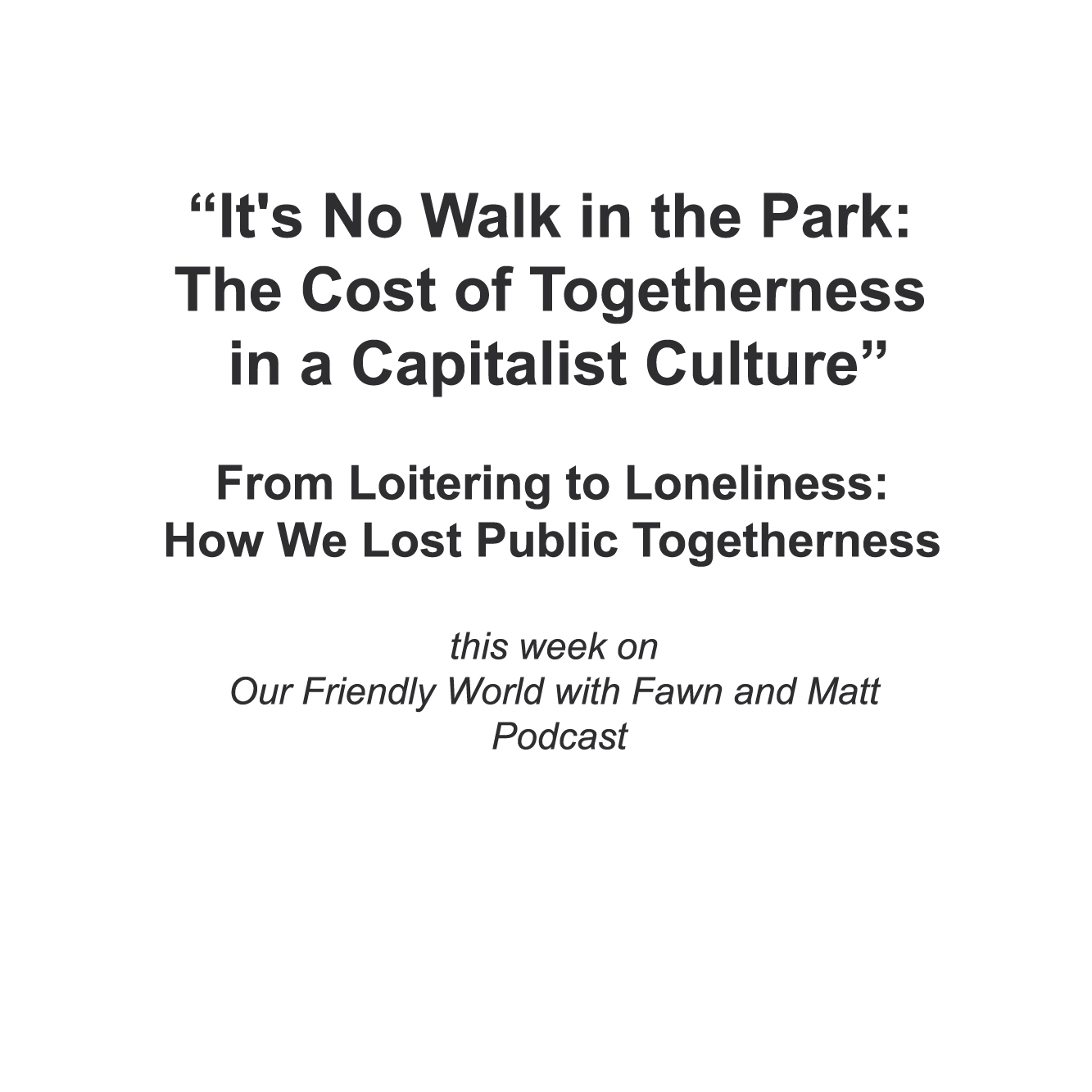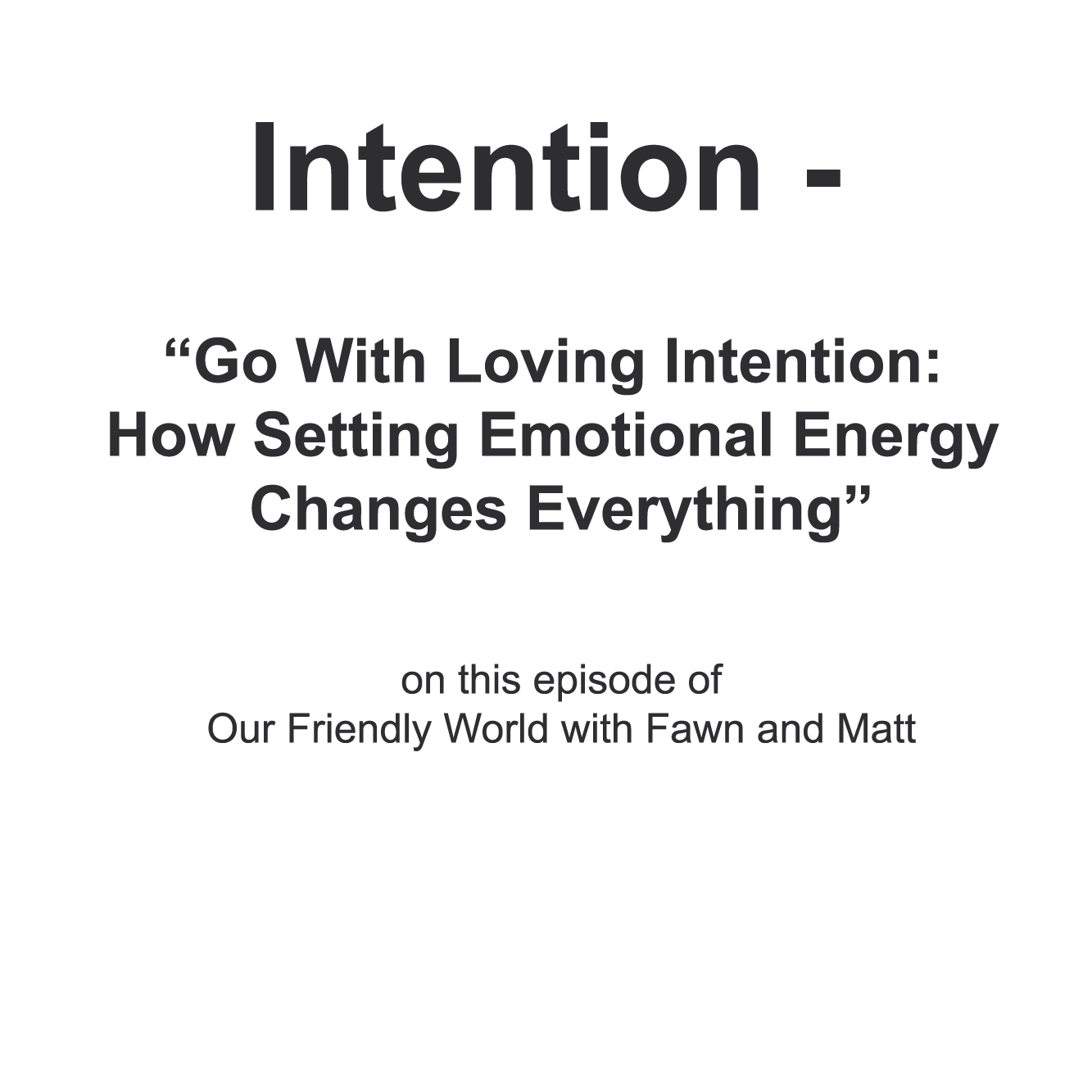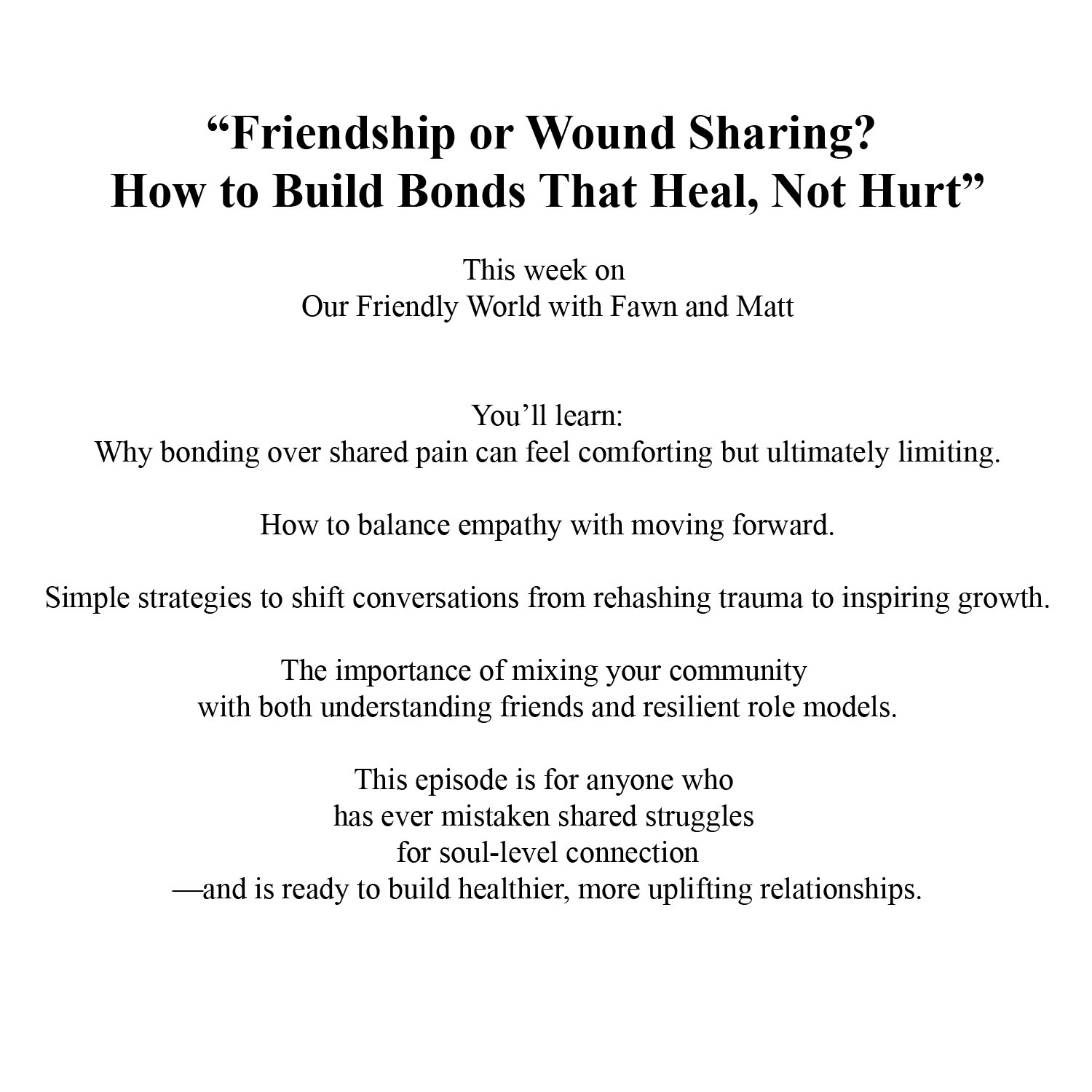The Art of Conversation and SEL (Social Emotional Learning)
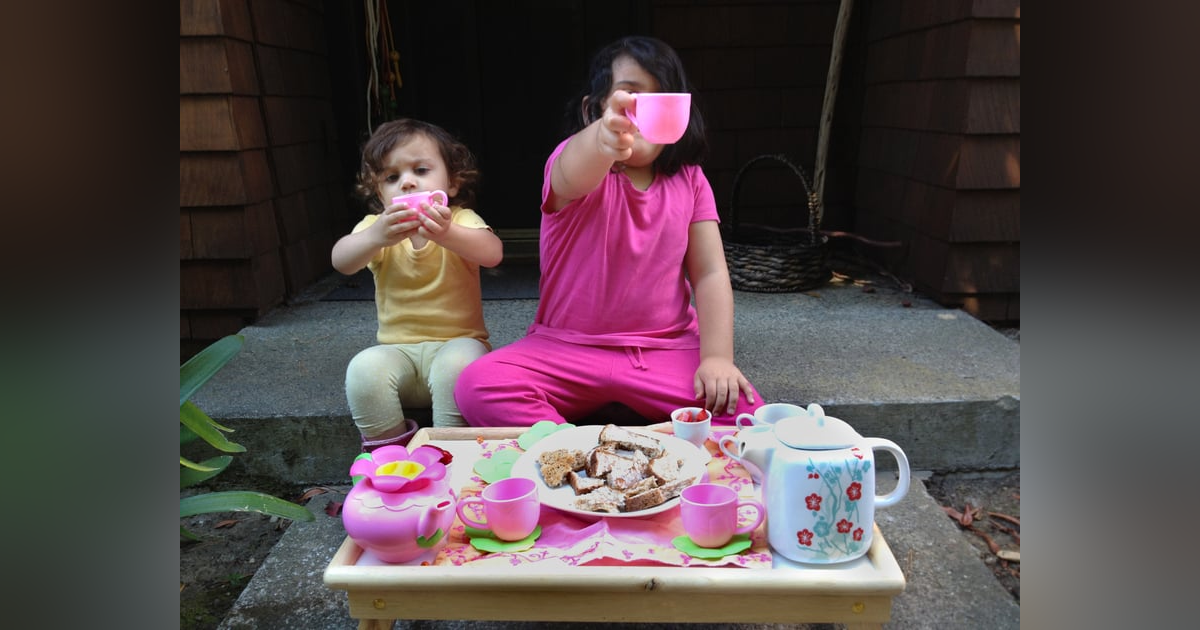
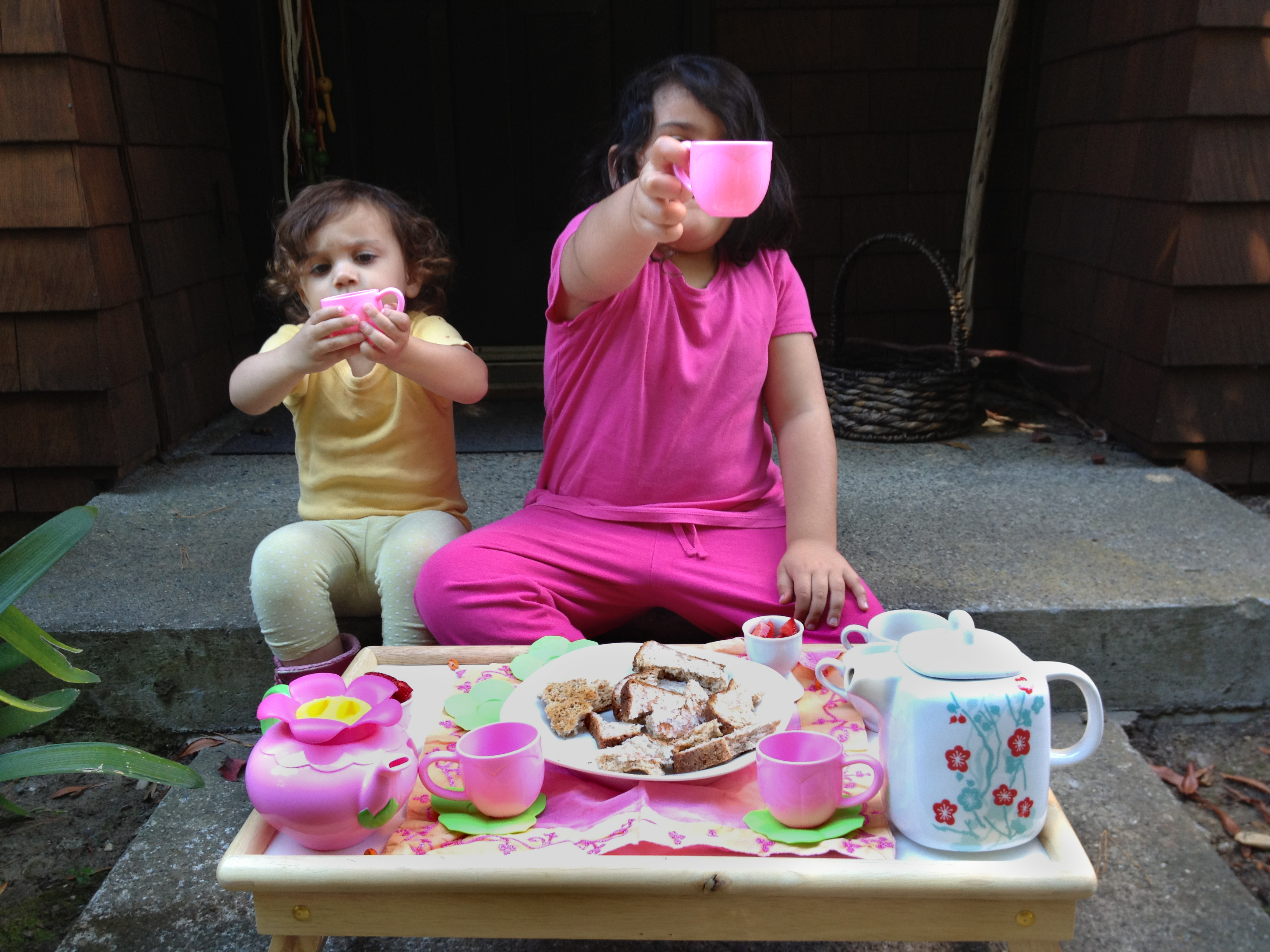
We discuss the art of conversation as the basis for the art of friendship, as we share three main components for conversing (Invite Insight Incite). We explore social-emotional learning and how we can feel and dance together no matter how difficult the topic of conversation or the particular life situation we may be in.
#conversation, #Invite, #Invitation, #Insight, #Incite, #TheArtofConversation, #Social-emotionalLearning, #Theartoffriendship, #ESL
https://www.ourfriendlyworldpodcast.com/
We discuss the art of conversation as the basis for the art of friendship, as we share three main components for conversing (Invite Insight Incite). We explore social-emotional learning and how we can feel and dance together no matter how difficult the topic of conversation or the particular life situation we may be in.
#conversation, #Invite, #Invitation, #Insight, #Incite, #TheArtofConversation, #Social-emotionalLearning, #Theartoffriendship, #ESL
https://www.ourfriendlyworldpodcast.com/
Transcript
[00:00:00] Fawn: Welcome
back to our friendly world, everyone.
[00:00:03] Matt: Hello
[00:00:04] Fawn: Reflecting on the art of friendship, we are starting a conversation on the art of conversation. I'm gonna start with some definitions. First, obviously conversation. Let's look at that.
It's a noun the use of speech for informal exchange of views, ideas or information simple. Right?
[00:00:25] Matt: Sounds like
it.
[00:00:26] Fawn: Well, you know, I always try to have conversation, but you really have to get a feel for what's going on and you have to get a feel for what the person is going through and where they stand in life.
Do they have a very strong core, a strong sense of self. I wanna say that previous generations didn't have that, or they didn't have that once they started experiencing a lot of other stresses, a lot of other things that would cause them to stretch, for example, having children or just, you know, Obviously with having children, it causes you to be thinking of other people and having your lives have this inter dance back and forth.
I'm just talking about this because everything you're going through with your family right now, right? Your mom is passing. People under duress or under stress.
Start misbehaving and there's no. Oh, here we go. Matt's going to start. Um, no, well, I'm keep it easy. The apologia starts coming in. So, you know, when you're speaking with someone, they don't hear what you're saying. When you speak to a crowd, when you're speaking to one person, they only can understand through a filtered process
of their own experiences in life for them to understand what you're saying. So they're not hearing what you are saying. They're hearing only from their perspective. So for example, if they're used to looking at certain shades of blue all the time,
[00:02:08] Matt: welcome, and to that show,
[00:02:10] Fawn: and then you come into. What do you mean?
Welcome to that show. I'm trying to say
something.
[00:02:14] Matt: We talked about how colors in different societies
are different.
[00:02:18] Fawn: Yeah. But what I'm saying is if you're used to looking at a certain shade of blue as an example, right. It's just a total random example. And then I come in and I say, oh, I found a great blue jacket and you immediately go to the blue you're used to thinking about, but I found a blue that is not even in your reality. You're only capable of hearing and envisioning the blue that you know of and not the blue that I know of. So you have to get, you have to put all these things into perspective. I actually started thinking about this years ago, because when I worked with Horst, Horst Rechelbacher owner, the CEO of Aveda.
That's one of the things he would say to the crowds all the time, he would give the most amazing talks. Amazing before there were Ted talks, amazing talks. And one of the things he would always tell people is, as I'm talking to you, the audience, you're not hearing a word I'm saying because you're only hearing through your perspective.
And it's very, I don't remember the words he was saying. Haha. Um, but he was basically saying that. You don't hear what I'm saying. You only hear what you are able to hear from your perspective, from your baggage, from your life experience. So keep that in mind when people are experiencing hardship. So I'm not a believer of being quiet, but in this instance , I would say this is a good time to be quiet and just listen to people and try not to speak too much.
For example, I got into a fight with Matt because I was trying to soothe him during the time, obviously right now with family and, and it's very, it's a very sad time. It's a challenging time. It's a stressful time. I was trying to say something to soothe him. He completely misunderstood what I said and was no longer even wanting to hear what I was trying to say.
He just wanted to fight. And it's because he needed, this is my assessment of people, not just with Matt, he needed comfort. And when people are beyond stretched past their elasticity beyond their ability to stretch or bend, they will snap, and you just. You have to kind of get a feel for it.
And there are times to be quiet. And I think I'm going to go back on what I said a little bit on a previous show. There are times to be quiet because you really need to hear someone. And I was having a conversation with some friends. We were talking about previous generations seem to be acting up right now.
They're not unable to hear their children. And I think it's because they're under so much stress that. Because you don't have a strong sense of self, maybe from that generation, you become parents earlier. Like our parents and their parents had children early, so they didn't really get a chance to explore their core; to explore who they really were, how they can handle different situations. and once you have children, I think there comes a time where they turn into children under times of stress. And I think everybody does that. Everybody turns into a toddler and it's hard to always be the parent and have someone lash out at you.
And you just not fight back and not react, but still hold them in a loving way, even though you hate them in that moment. Which has happened to me with you, Matt. I hated you a few days ago, like I was done, but at the same time, I understood where you were coming from and I understood that you needed comfort and you were not able to understand what I was saying.
You weren't able to hear the conversation because your baggage at that point, your capacity at that point was filled to the max. And there was nothing but stress. Do you wanna say something before I go into the other definitions?
[00:06:34] Matt: Well, of course
I do. Oh my goodness. Yeah. I wanna circle all the way back to, you know, realize shared vocabulary.
Some of us, you know, it it's a different thing. And when we talked about, uh, the episode, we started talking about colors. There are societies out there who don't even identify colors further than light colors and dark colors and on and on down this interesting spectrum, which makes it an interesting thing to attempt to communicate.
In addition, if somebody is a native Spanish speaker, there is no way they're gonna buy a car called Nova, because that means won't go. So understanding communication issues. And these are, these are, these are drastic and humongous, but it can even be more subtle from region to region in the us. Yeah.
[00:07:22] Fawn: Right.
Absolutely. And you have to, we have to remember that we're all so much more interconnected than ever before. That we have to keep, keep all these things in mind. Like, for example, in a lighthearted way. I remember years ago I was listening to an interview with Salma Hayek, and it was one of the first big movies she did in the United States.
And they called her, um, what's the term sex bomb? Like a sex, a sex pot? No, it had to do with bomb, like sex. Uh, she's a sex, but anyway, it was, it was, I forget the word now she
[00:08:00] Matt: a bombshell?
[00:08:01] Fawn: Yeah. Yeah, I think that was it. Okay. And she thought, oh no, that's terrible because she thought bomb like destroyer.
[00:08:11] Matt: We bombshell.
I mean, that's, that's kind of, I, I always envision, like if you take it and go abstract it away to its raw form, to me, it's a big crater in the ground, which I know that's not a bombshell either, but that's what, that's what I
equate it to
[00:08:23] Fawn: well, like, okay. So I don't wanna really get in, get into this aspect too much today because I wanna talk about the art of conversation and I know this is a part of it.
I just, I don't wanna get stuck here. I'm just saying, oh no, my phone is ringing there are. Hmm.
[00:00:00] Fawn: But moving on, I just wanna say it's not only with culture. It's about a sense of capacity, which we always talk about. Right. How much capacity does a person have? You kind of have to get a feel for it. And it's something that you, I don't know. Is it innate Matt? I mean, I think babies are kind of born with a sense of what's going on.
Like they know when to coo. Their whole appearance takes on the appearance of the parent that may, that they may need to have the parent be more attached to, you know what I'm saying? Absolutely. Like babies end up looking like the dad, if the dad is aloof a little bit. So the dad looks at the baby like, oh, it's one
of me,
[00:00:47] Matt: right?
Welcome to evolution, right? It's the whole. Like baby's eyes are a little bit bigger and, you know, babies start to, I guess they coo and smile and all that kind of stuff, as a way of almost forcing their parents to attach to them and the scream that's again, evolutionarily designed because when the baby needs something, so
[00:01:09] Fawn: that's a form of now that's a form of conversation right there.
[00:01:12] Matt: Absolutely. It's a very raw form.
[00:01:14] Fawn: So I wanna say that we're born with it. So everyone is born with the ability to sense a situation and sense how to communicate and sense how the conversation's going to go. With tone, with sound, with words, with whatever, with expressions
there's, um, there's a lot involved in a conversation. It doesn't even have to be with words. You can have a full on. Conversation without a word being spoken.
[00:01:43] Matt: Right.
Right. And that's why video chat and things can convey so much more information than can be conveyed in just like a, an audio phone chat.
[00:01:52] Fawn: So let's continue on. Part of a conversation I think there are three eyes. There's so many eyes actually like there's me, me, me, me, me and there. So I, I brought it down to three i's. The letter I.
Three of the things I'm gonna choose for today with the art of conversation for having an art of friendship is incite, insight, and invite. So it's probably gonna start with invite and then insight and then incite, all right. Let's, let's start with invite.
Look up the word invite, you get the definition. explaining insight using insight to describe what invite means, but it's a, it's a request. It's a participation of. It's to increase the likelihood of. Now my definition is to bring in, to call in, to embrace, to bring in that's the definition of invite, right?
The other thing, I think that works , in forming a conversation is insight; the ability to see; seeing into something or a situation or someone; to understand. It's about intuiting. It's about discernment. It's about feeling the inner nature of things. And by things that could be people, it could be the situation, but that's insight.
And to incite I N C I T E it's to put into motion, to move to action, to spur on it's I guess in our culture, it means to stir things up, Usually when you incite, you are inciting a riot or something. Right. Does it always have to be so negative? Like does it always have to be a riotous?
[00:03:51] Matt: No, it doesn't.
But people have a hard time really with stillness, with quietness, with incite, because, you know, I can incite new ways of thinking
[00:04:01] Fawn: These three things invite insight and incite are ways to explore a conversation. Can you have a conversation? And still incite someone? Incite as in like stir things up and have it be friendly. Can you still have a cordial situation?
Someone once said invite not incite, but I think once going back to what I was saying before, once you're comfortable with your core, once you know who you really are, once you know your yourself, once you have what was, what, how did I explain it? Like previous generations don't really, didn't really get to explore their core.
Right. Um, of who they really are, so they can get thrown off by words or a situation. I think that's when you can say invite, not in incite because you're afraid the person may snap. Right. But I think once we become comfortable with conversation and have enough conversation happening that our muscles become very, flexible.
We're more elastic. We're more elastic in our emotions, our heart, our flexibility is, is open to be comfortable with hearing something you may not be comfortable with or being open to hearing something that is so out of your realm of understanding at the moment that you won't get upset, but you'll be open and curious and not get so bent out of shape, not take things so personally where it's like a dagger hitting you and destroying you.
So incite, that word uh, I'm like, it can go either way because I would love to have conversations with friends and, you know, I've always imagined having a big, long table, which we do, but we are not using it for friends right now, but like having a big, long table where everyone is eating together and playing music and having conversation, I would like to have not only insightful conversations, like I can see something, but like to be,
to have that incite, like to have that action, to have things be stirred up. I want that, not in a negative way, but in a good way.
[00:06:26] Matt: I,
I got you. Um, you know, it can be something as simple as when I was in junior high school, they wanted us to sell the dorky candles inside of glass containers and go door to door.
And, and the guy came in and he gave his pitch, oh my goodness, was I ready to go sell, sell, sell? Unfortunately, I still had a full day of classes before I went out to go sell, sell sell. And by that time I had lost it, but that is, he was trying to incite us to sell. Which is at least not so feel so negative, like inciting a riot, but just, you know, inciting new ways of thinking, incite new ways of dwelling on things.
Absolutely.
[00:07:05] Fawn: And the art of conversation, really conversation. Another definition for it is living among . It's about familiarity. It's about intimacy. And just going back to that when you are comfortable in that, when you're comfortable within yourself and you are comfortable with getting to know someone, it's not going to turn into a tumultuous kind of situation.
And I think that's where the art of conversation comes in. And really we're getting into social, emotional learning SEL. Right. And unfortunately, I don't think we talk about that enough in our culture, in our society, social, emotional learning. We're all about high IQs. We're all about scores for tests in school.
You know, how smart are you? What are your points? What are your numbers? What's your grade point average, but we never talk about the emotional IQs and just learning. Learning the art of the social emotional interactions, because there are so many cues like the baby, there are so many cues you can say, well, baby, can't have a conversation.
Well, indeed they do have conversation with you. It's through eyes. And if they can't see it is through sound through noise through, through creating body movements. There's so many ways to communicate. A deaf person can totally communicate. You know, I always talk about the art of the voice. The voice is an amazing tool to get information across, but
it's not just the voice. There are other amazing tools that we use. In the there's so much in this beautiful package of a conversation. And we have so much, so much we can use, we have so many tools and I really want to explore the entire art of conversation. I think that's key. It's the key to friendship it's and you know, and I always say friendship is the key to everything and really it's conversation.
You can't have a good friendship without good conversation.
It helps you deal with change. It's dealing with separateness interconnectedness. It's dealing with a sense of entitlement. Do not underestimate your capacity, your energy to create a ripple of good that will vibrate and resonate across the world; putting your consciousness towards wellbeing for all of humanity.
The power of you is immense. Your power is immense. You have so many, we all have all these tools. and we need to shine them, get 'em all shiny, again, to put them to use again and empower each other to transform the world where it's about love, beauty, nourishment, joy. All this can happen through conversation is what I'm saying.
[00:10:09] Matt: And sometimes the conversation is literally like firing something off across the void and not ever knowing what kind of ripples that it, it ends up generating. We've all had that moment where somebody's connected with us when we're in a challenging state, let's say, and it really touches us.
And maybe we don't have the capacity at that point to even communicate it back to them. Mm-hmm but it's still important.
[00:10:34] Fawn: And I think one of the reasons why people don't instigate a conversation is when they're afraid of rejection. Like we were talking about this. We were talking about why is it that, um, we're always, it seems like, it seems like guys, I don't wanna sound like a jerk, but like, it seems like that we're saying to, to each other in the privacy of our home, it seems like we're just saying, Hey, we're the only ones that seem to start a conversation.
You know what I mean? No one else calls us first. No one else texts us first. So I was telling you, you were saying, oh, look at you, you're so popular. We get so many texts every day. And really it's because I text people first, right. I, I go through this whole ritual where I scroll the phone and I'm thinking about each person.
And I say something to that one person. and then, then the conversation starts and then all the texts come rolling through and they're all great because they're all feel good texts. Or even if someone's having a hard time. It's still a bonding moment and that's a feel good thing. Even if I'm having a terrible time, it's still a feel good moment because we're connecting.
Right. Do you know what I mean? I was raw enough, open enough to say, oh my God guys help. Do you know what I mean? Right. Yeah. But I'm not so needy where I'm just like a vampire about it. I'm just like, get a load of this, help. Like what would you do? oh my God. What's happening? Do you know what I mean?
[00:12:10] Matt: Absolutely.
Uh, to. What was it? It was probably a number of weeks ago now, but, uh, I, I just decided to text people, you know, happy daylight savings time or happy daylight savings day or whatever. It was just being stupid. Cause I look for excuses to just pop off and the people look for excuses to just pop back and everybody, I texted texted me something back and they were all a little, a little snarky or a little funny.
Right. It was good. , it's just a way of saying, Hey, I see you over there. And that's what we're really looking for. Right. As a society we're looking for, Hey, I see you. And I'm getting this message more and more
often
[00:12:47] Fawn: it's like jumping into a lake or a swimming pool, and it's hard because it's gonna be cold and it's uncomfortable.
But once you jump in the water's fine
[00:12:56] Matt: or, or being the first person to ask a girl to dance in elementary school,
[00:13:03] Fawn: Yeah, I prefer my water thing.
[00:13:06] Matt: I know. I,
[00:13:07] Fawn: because once you
jump in, you're like, yay. It's so much fun. The water's fine. I didn't really go to dances. So I think you were more social than I was in junior high and high school.
Oh yeah. I was
[00:13:19] Matt: super social. No, I was that guy in the corner going, gee, I wish I could, or
[00:13:24] Fawn: I think I only went to one dance if you don't include the prom, which I, by the way, I wish I had never gone to prom. People always say like, oh my God, you're gonna regret it, if you don't go. And I was thinking the whole time,
I don't wanna go. I don't think I'm gonna regret it, but I think the pressure of society saying you're gonna regret it for the rest of your life. I'm like, okay. So I spent all this money. Okay. And I went the whole time, I was like, no, I wish I hadn't gone .
[00:13:53] Matt: Dang.
[00:13:53] Fawn: Honestly, seriously. I had things to do. I did not have a normal childhood I had things to do.
I'm serious.
[00:14:01] Matt: I get it.
[00:14:01] Fawn: I was working, I had jobs. I was trying to get money together. I was trying to get my situation together so I could go to college. Right. I had no help from family. Mm-hmm I had things to do. I did. I spent all this money on, you know, sharing a limo and getting a dress and hairdo for what, you know, I was not into it.
[00:14:23] Matt: I completely get it. I went to one formal dance, not at my high school either. I got invited by a girl to her high school. That was kind of an obnoxious, annoying, interesting, fun situation. Although the pictures were God awful. I'm really, really sorry, Patty. She was fine. I was terrible. I was just bug eyed, but anyways, um, I don't know.
I, I don't know if I regret it, but I didn't rent a limo. Borrowed mom's car. I I'm I'm yeah. I did rent a tux, but that's, as far as it went and I got a, I got a cute little, oh my God corsage thing for her, but that was it,
[00:14:58] Fawn: babe. I'm glad you went to whatever that was, but we're getting off track okay.
So this is the art of conversation. Yes. And I think, I think I just wanna leave it at that. What I challenge, you know what , you know what, forget it, scratch that word challenge. What. What I think we should do is really look at how we approach conversation. But first, think about what you think about conversation.
What is, what does conversation mean to you? And maybe we need to reprogram what we think it is, and be more, I guess, insightful about picking up cues from another person. You may have to use your super spidey senses to understand. Or to get an insight on what the other person is going through. So you may need to navigate gently or jump in there and be wildly conservative, not conservative.
What's the word? Conversational, but just jump in
[00:16:03] Matt: Yeah, absolutely feel, feel it you've, you've gotta kinda, you gotta kinda let go of your inhibitions and just, you know, for me it would be something like, Hey, happy national cheese day or something. And maybe that begins, maybe that sparks a conversation or, you know, um, I saw this on the news and maybe think of you or who
knows,
[00:16:23] Fawn: I think we
should also get into maybe the next show or the next day, another day.
Let's talk about the art of the invitation. Because how you invite yourself into a situation, how you invite a situation to come into your life, how you invite a friend over how you invite someone for coffee, how you invite someone to inhabit a space with you. That space could be walking out there in the world.
It could be studying together. It could be anything. But I think the invitation is now the next step to really understand what is an invitation starting with yourself. What do you want to invite in your life? What kind of friendship do you wanna invite into your life? What kind of people do you wanna invite?
And when you invite them, what's it gonna look like? You know, are you going to, let's say like going back to our home. Wherever we move to, we always have a forest of hearts hanging from the ceiling. So the person gets kissed walking through the hallway, coming into the home. They get kissed on the forehead by all these hearts that hit 'em on the forehead because they're moving through a forest of hearts and it could be all kind of different hearts.
It could be made out paper. It could be whatever, just something beautiful to remind the person to kind of anoint them. With love, you know, that's how that's one way I decided to bring that in. That's how I chose to invite Matt into our home one day when he was coming home from a miserable job, you know, he would get kissed not only by us, but by all these hearts and also leaving your home, inviting yourself to go out in the world.
You're kissed by those hearts again. So it's a constant reminder of the invitation. We're inviting love. What do you want to invite? And that's it, invite insight and incite,
[00:18:32] Matt: indeed. And honestly, I think the key to that is sincere. And from you uniquely, you know, what is uniquely you, how can you best express your sense of hospitality and welcoming and love, frankly?
We should be definitely sharing the love, spreading love to our friends,
[00:18:52] Fawn: I think you're right. Even before the love, spreading authenticity, you may not be feeling love at the moment, but if it's authentic and if it's not like vampire ish, you know, if you're able to give while you're getting, do you know what I mean?
If it's a dance, right? You can't dance with someone that's constantly like pulling you. Do you know what I mean? And taking that's that's that's combat, but it's give and take, like, you know, you walk backwards and then you walk forwards and you walk back and forth together. That's I think a good conversation.
Right. And then that's just the beginning of the art of conversation. Let us know what you think. I think I wanna wrap it up. Okay. That's a, I mean, that's, that's quite something to think about. So just be mindful of the art of conversation. I think that's the key to world peace guys. Come on, love you. You wanna close it up or do you wanna say something else?
I'm good. You're good. Be well, you're not mad at me for saying I was mad at you.
[00:19:59] Matt: We can get started
on
[00:20:00] Fawn: that, but what's the point? No, you're just gonna do the apologia, which means you're just gonna defend yourself when you were clearly wrong. Combat combat. All right. Nevermind clear love is winning.
Stop it. Oh my God. He just did an Aikido move in the air and I felt stop it. Oh, um, alright. We'll talk to you in a few days. Please reach out to us. Go to our friendly world podcast.com and leave us a note. If you wanna have a zoom date, please let me know I'm here. All right, love you guys. Talk to you later. Bye.















